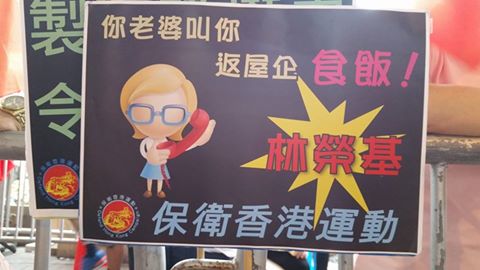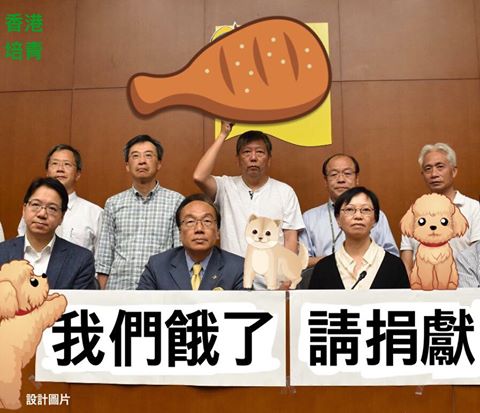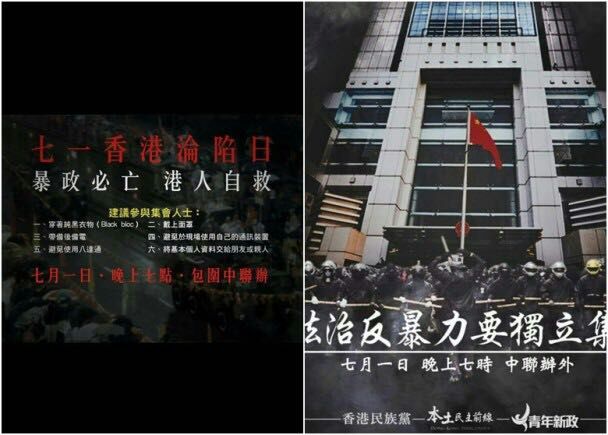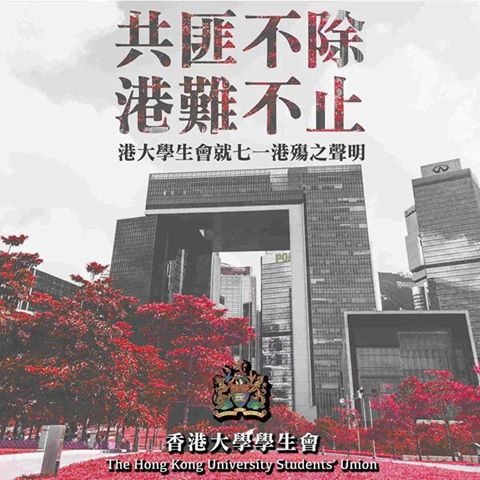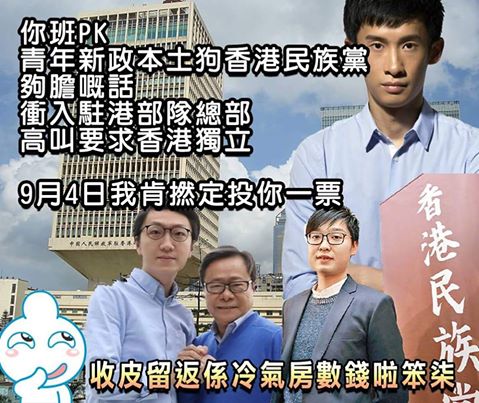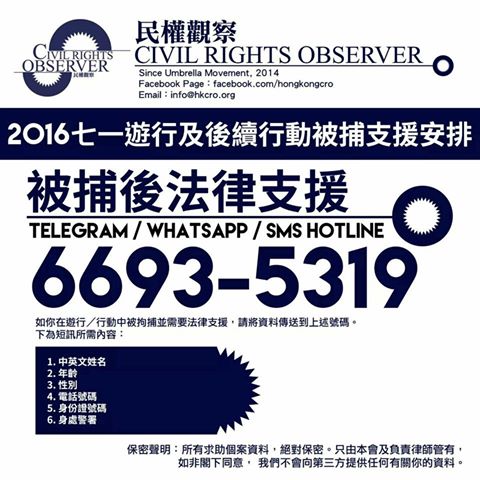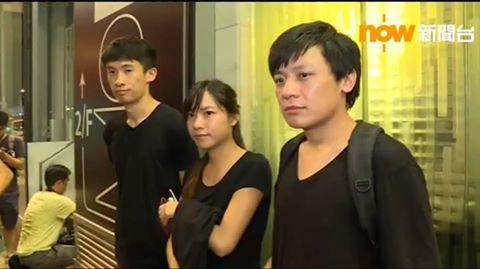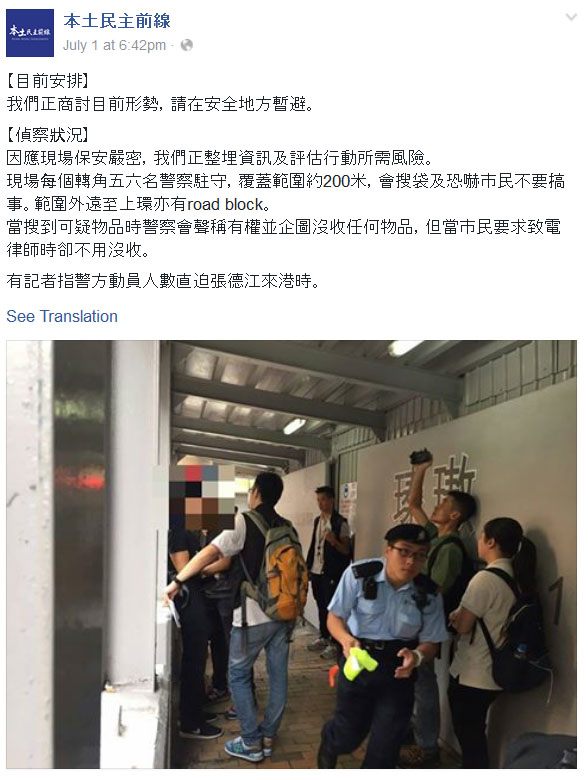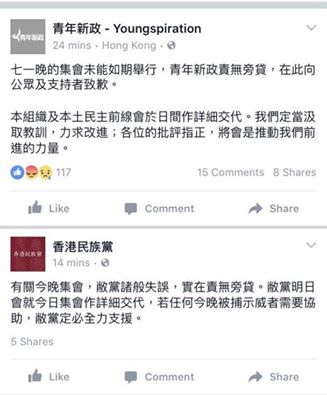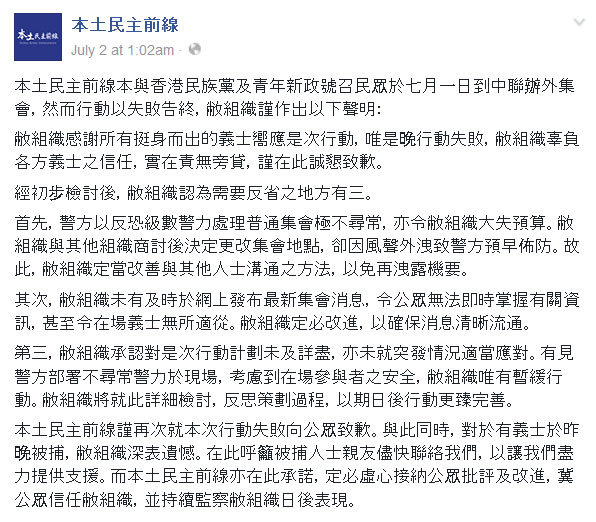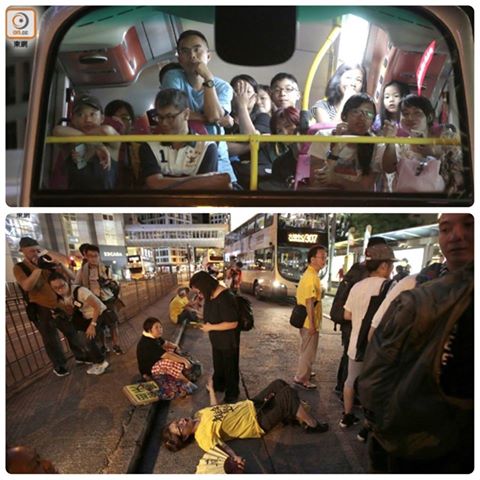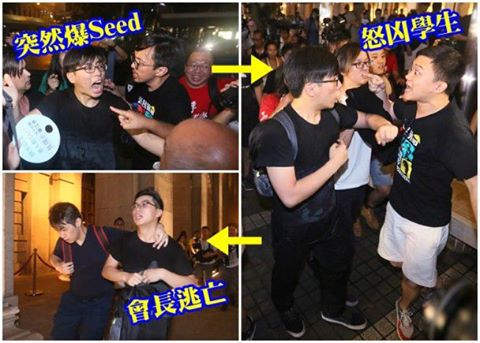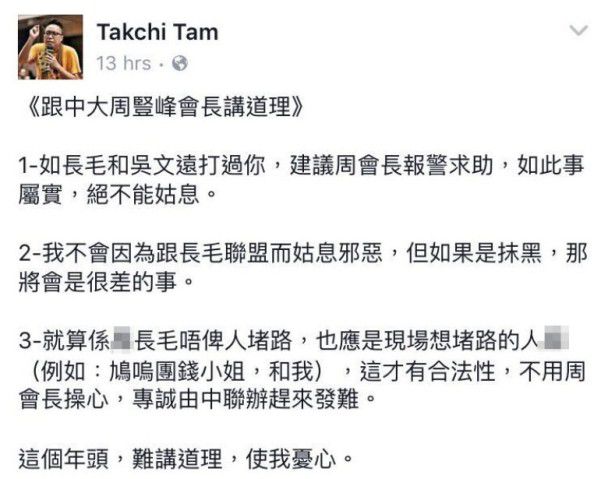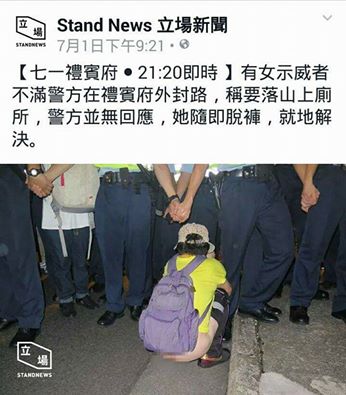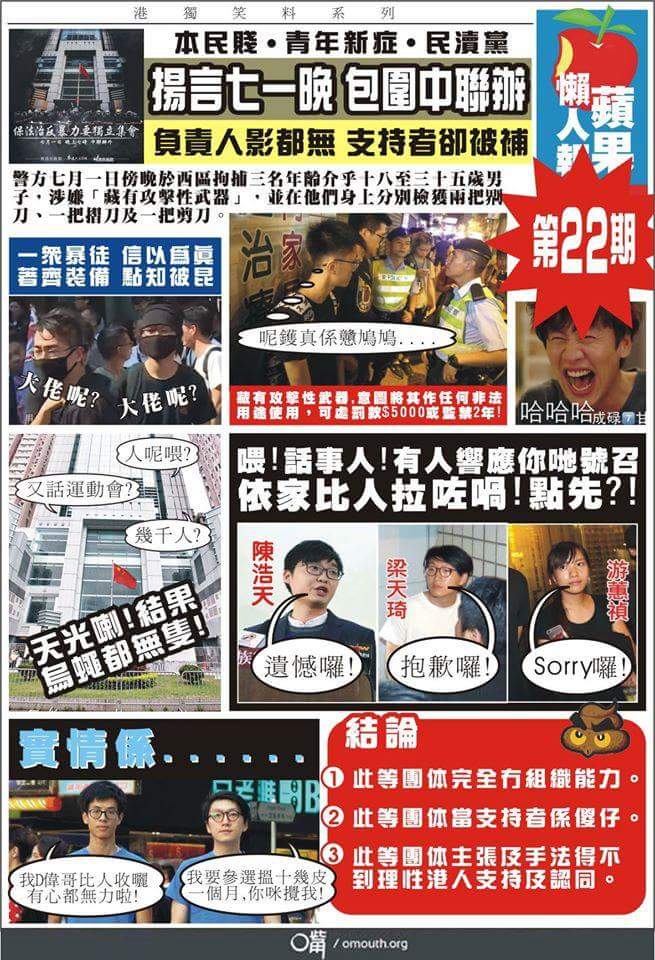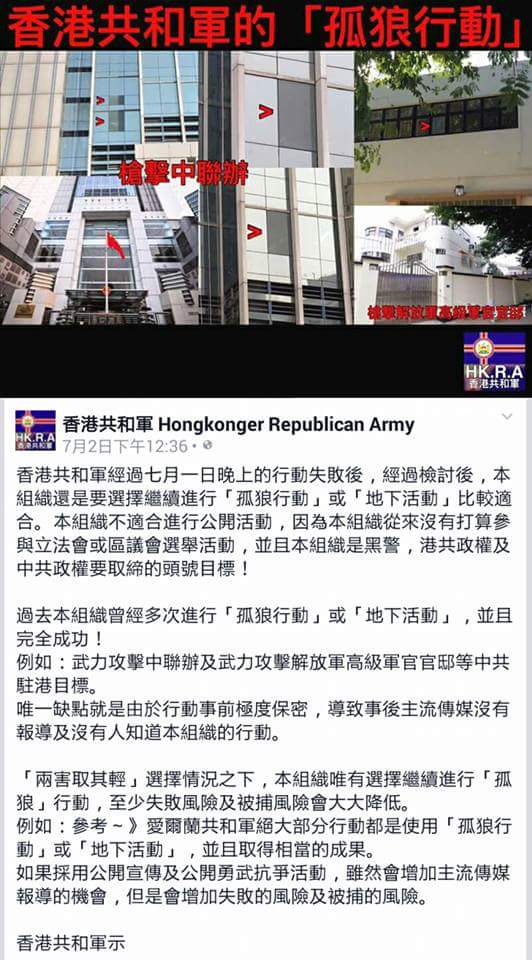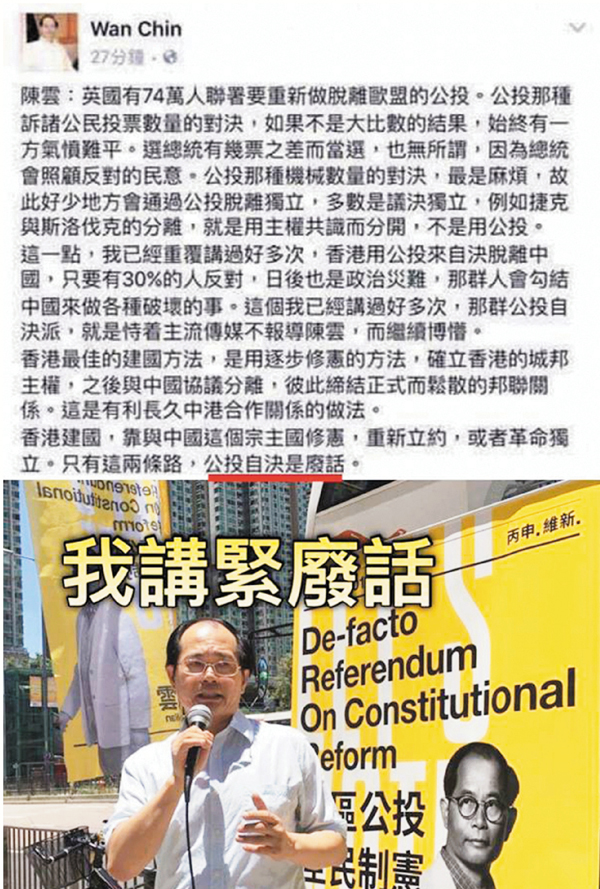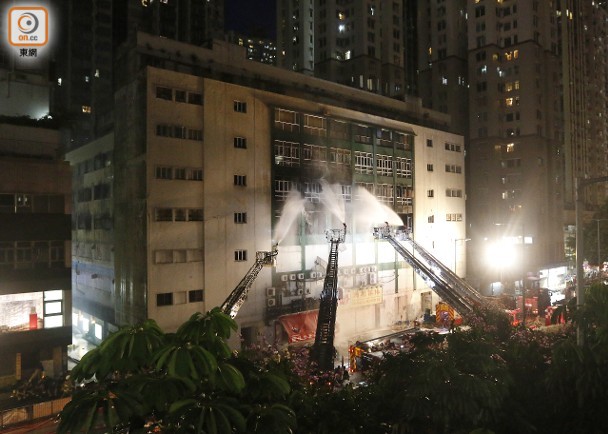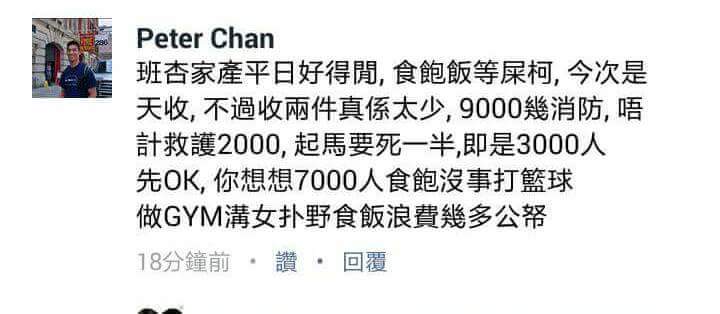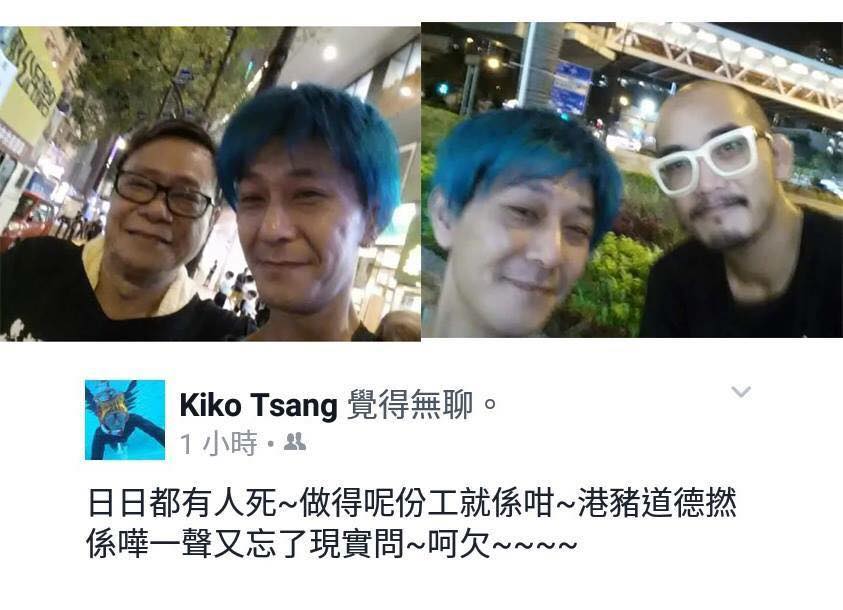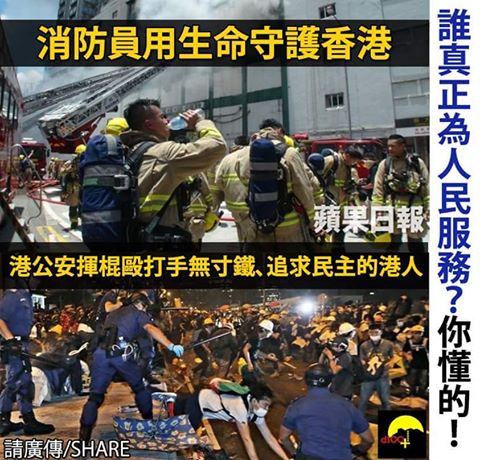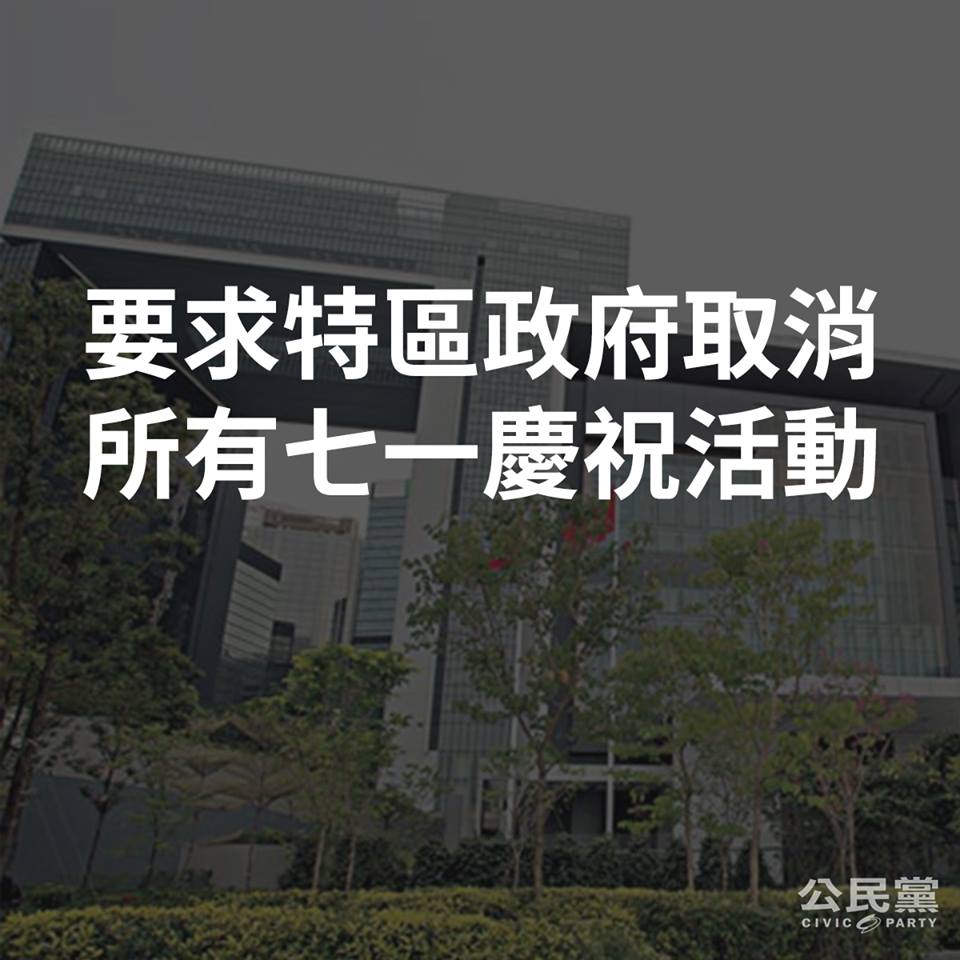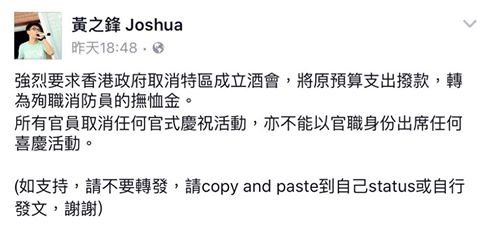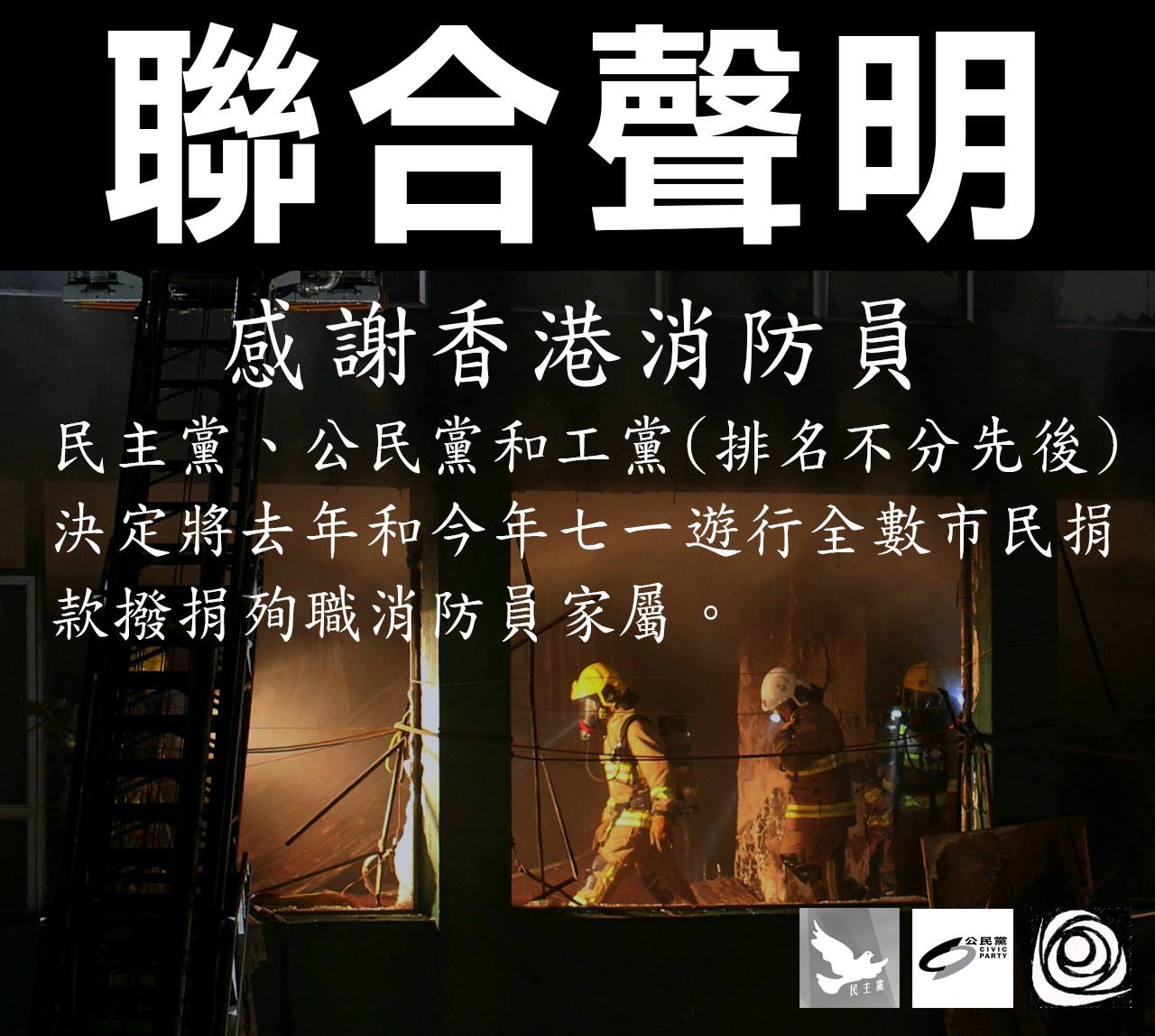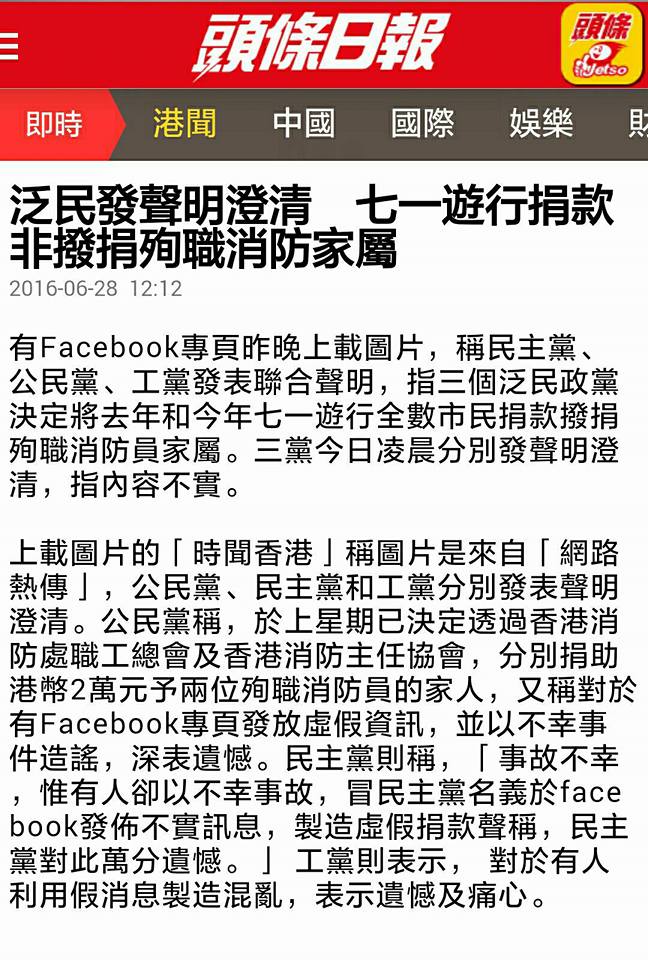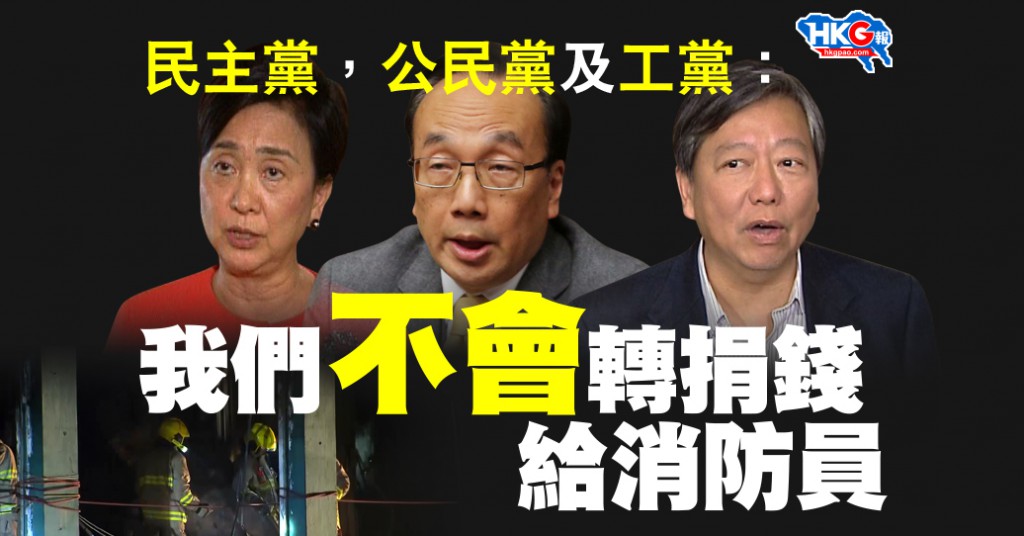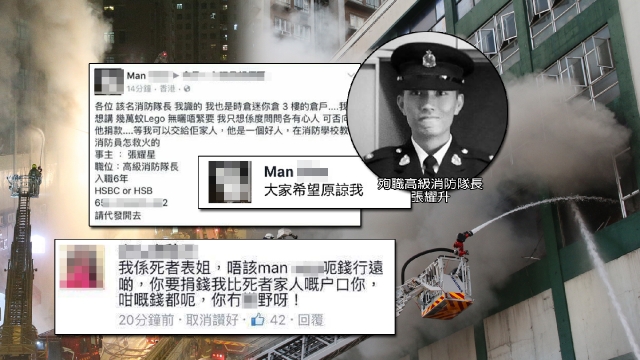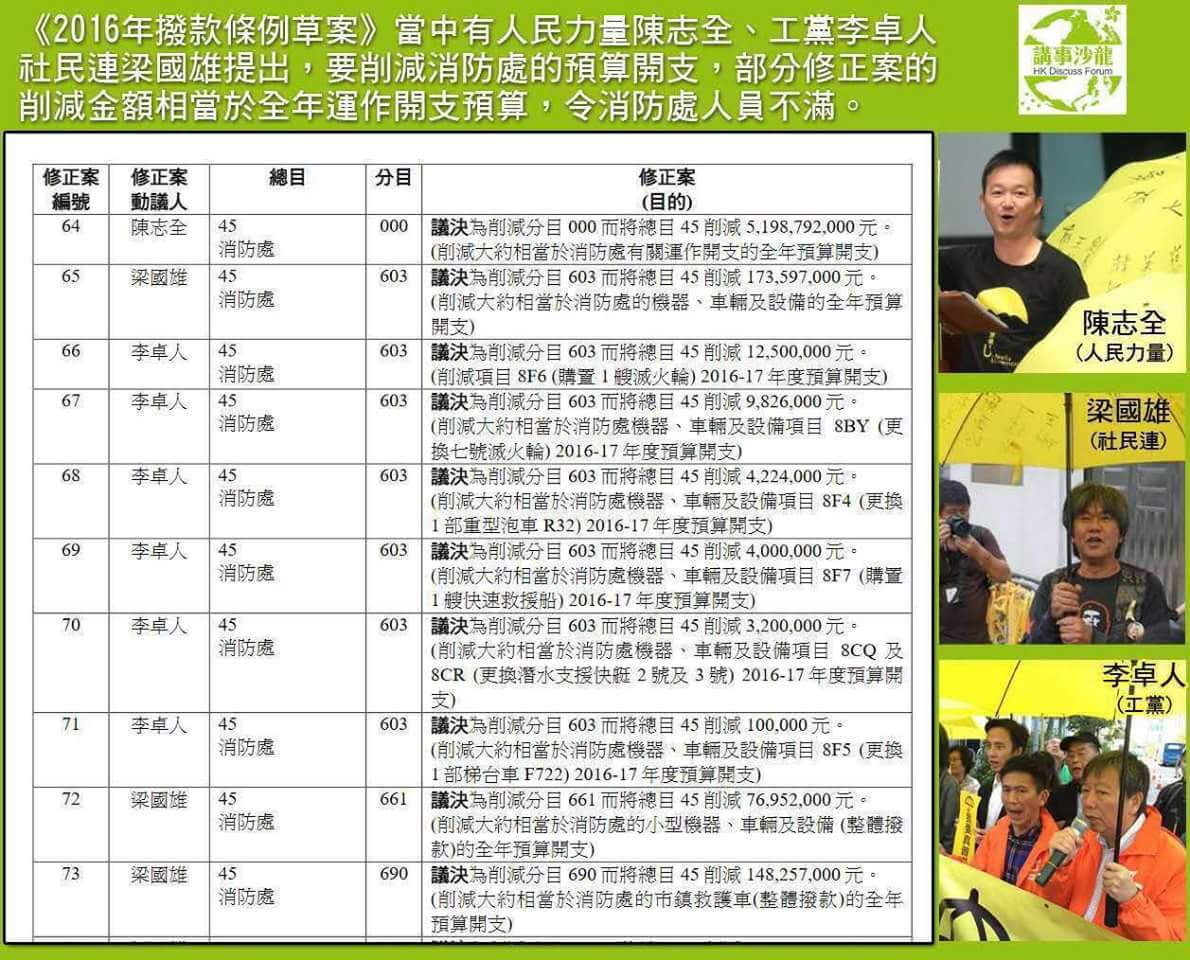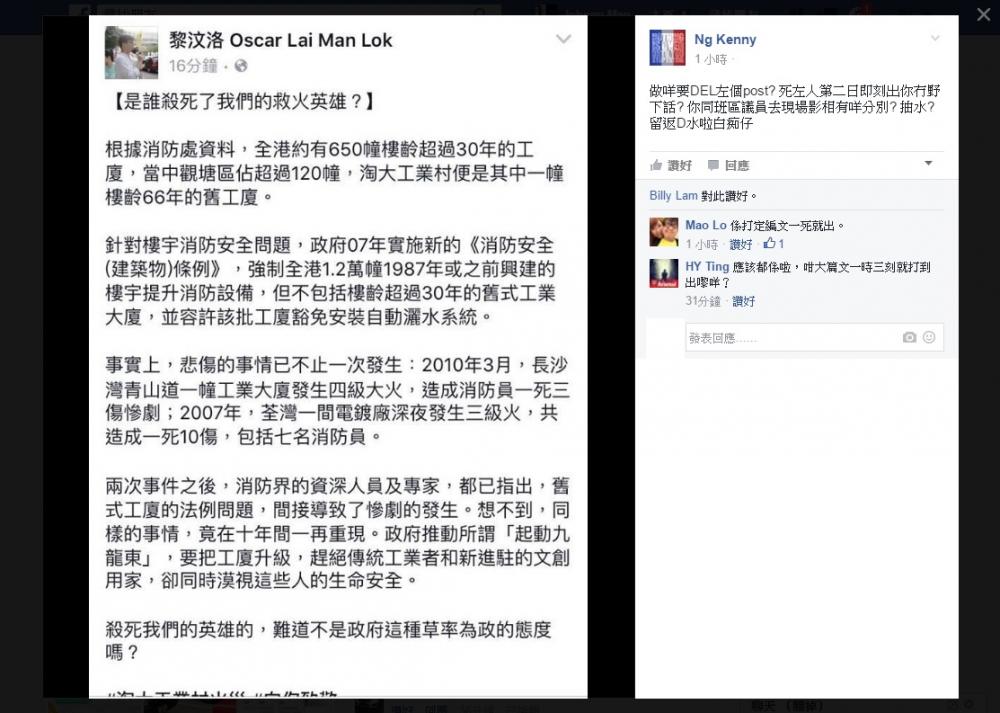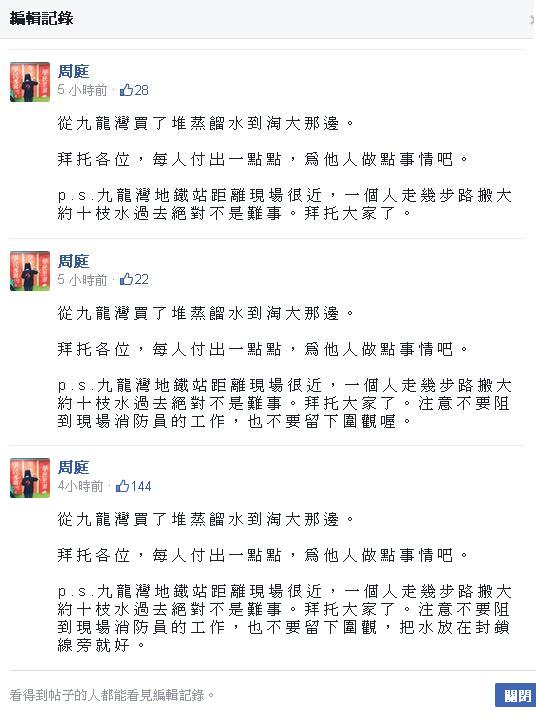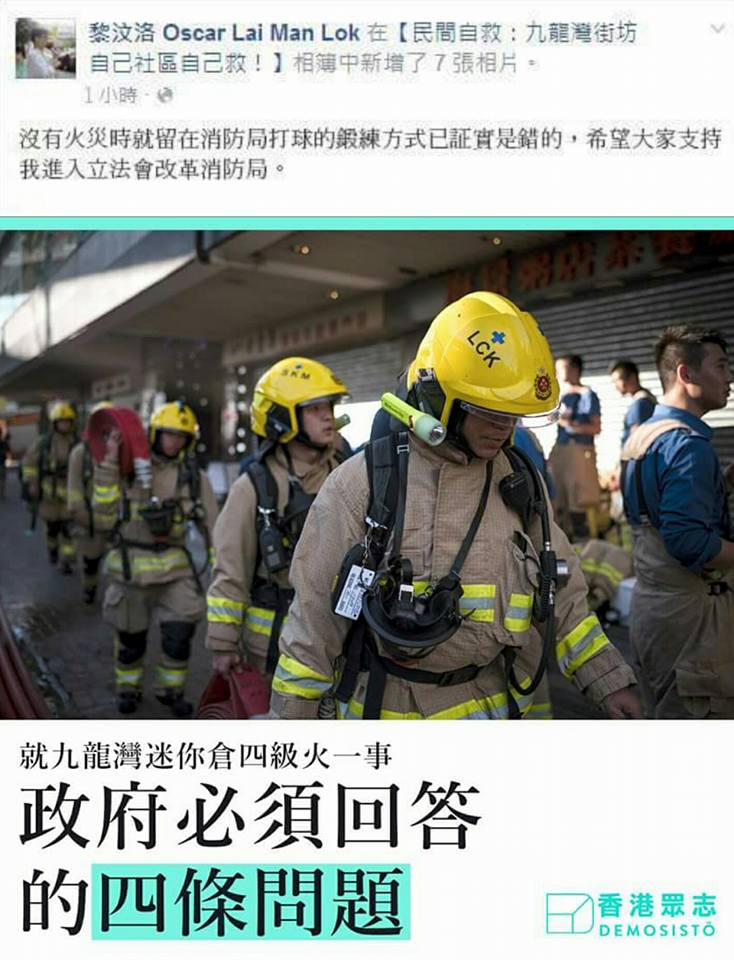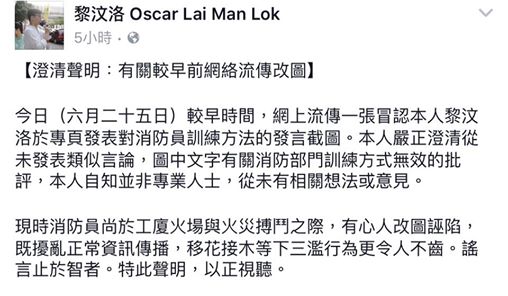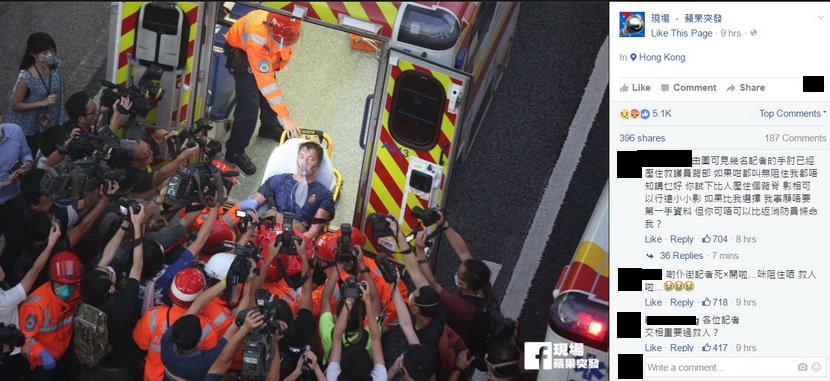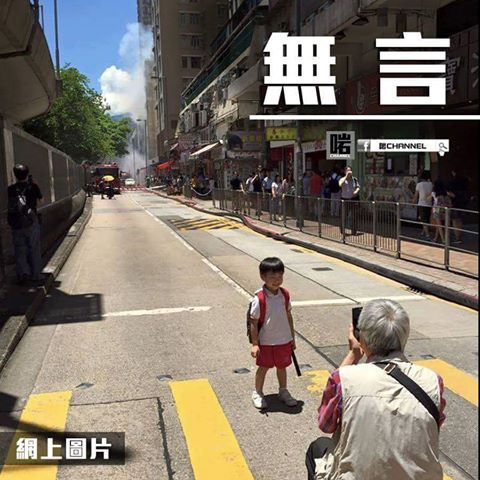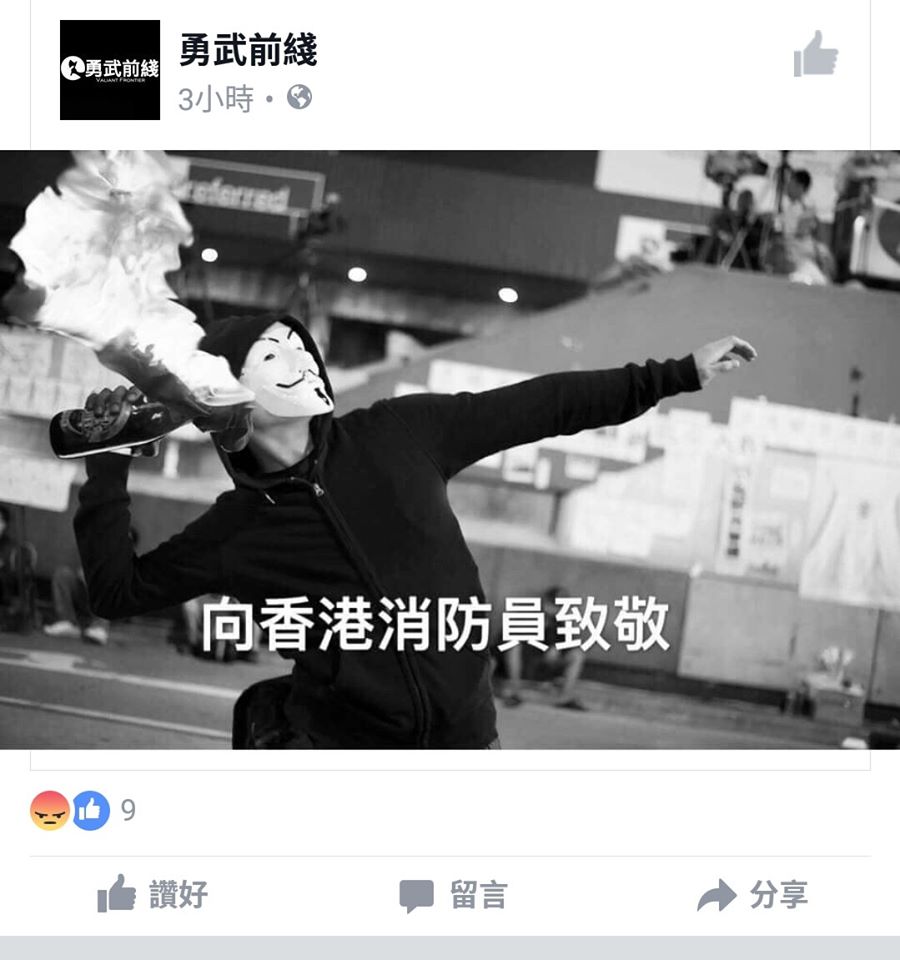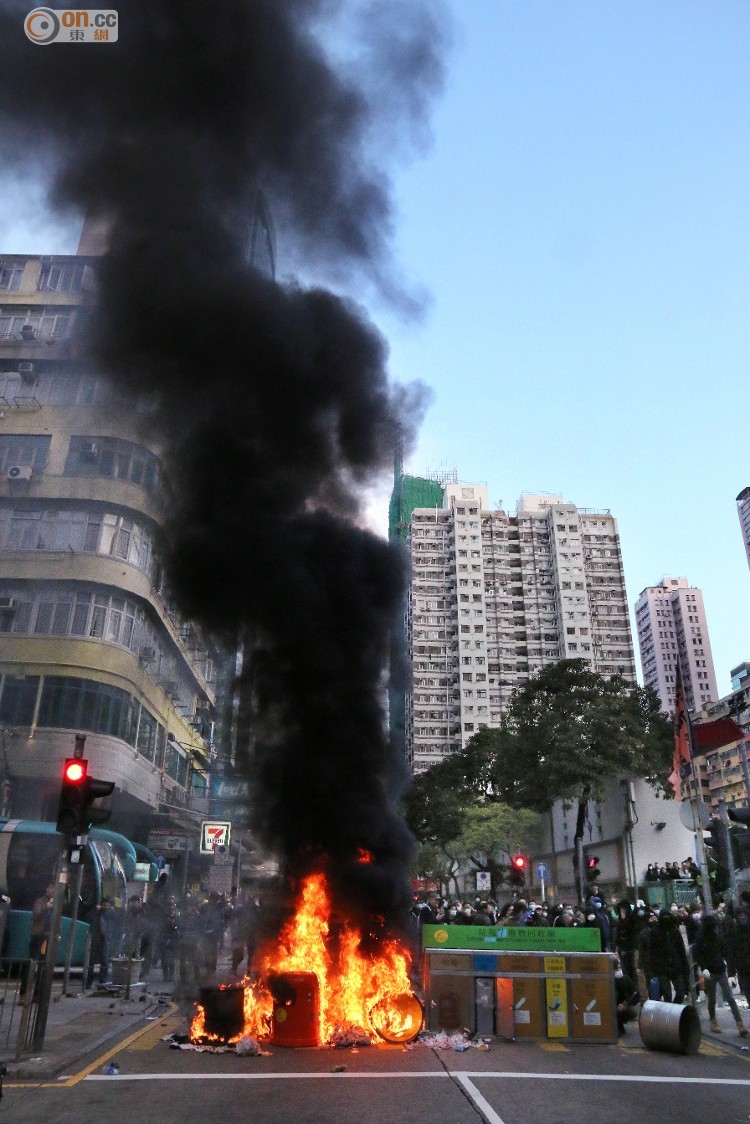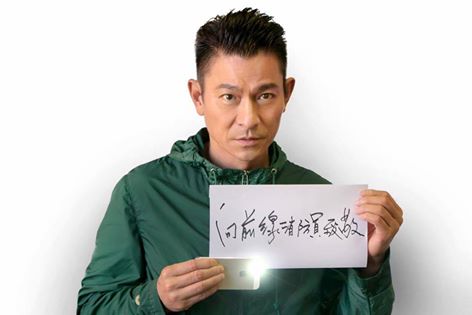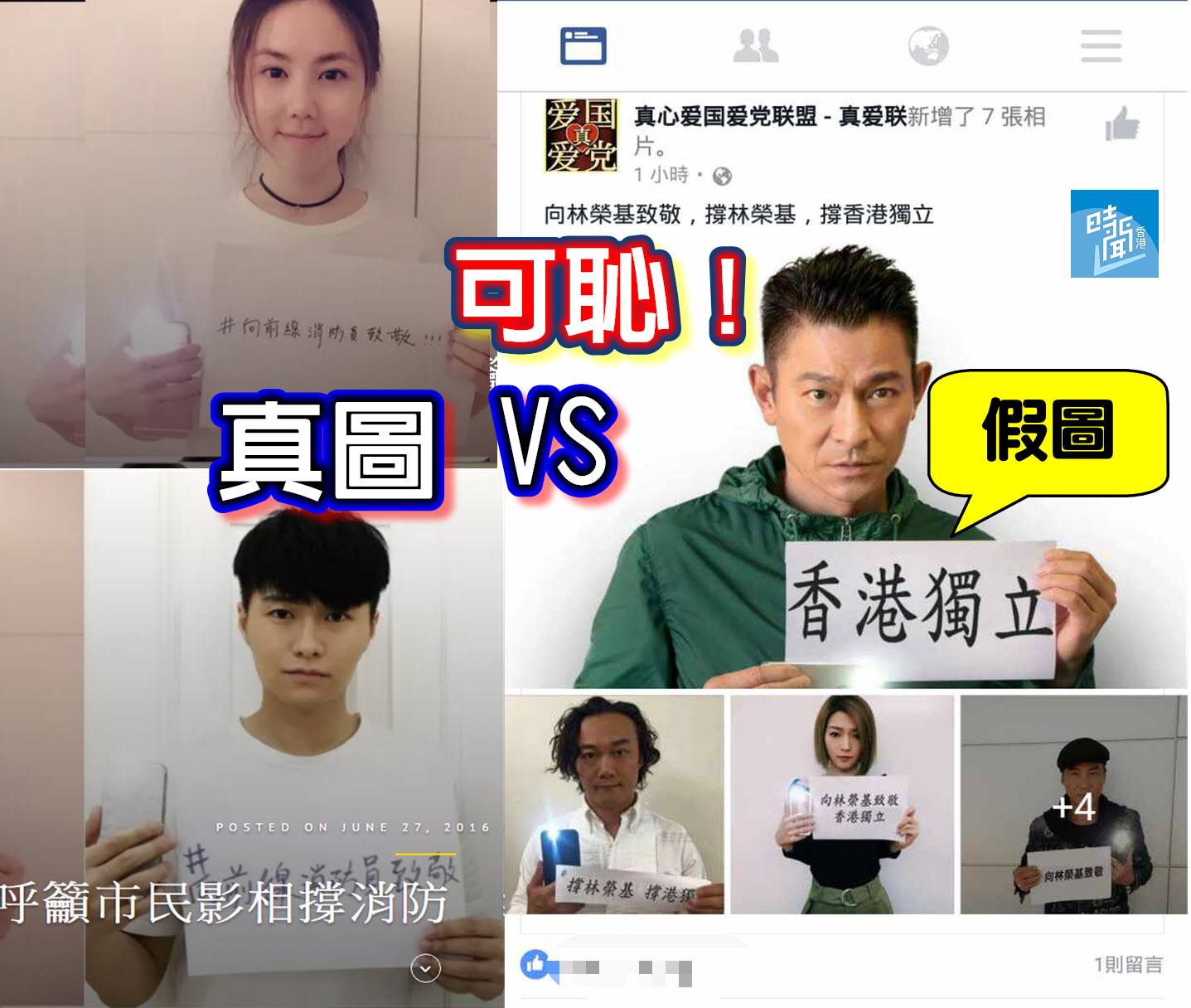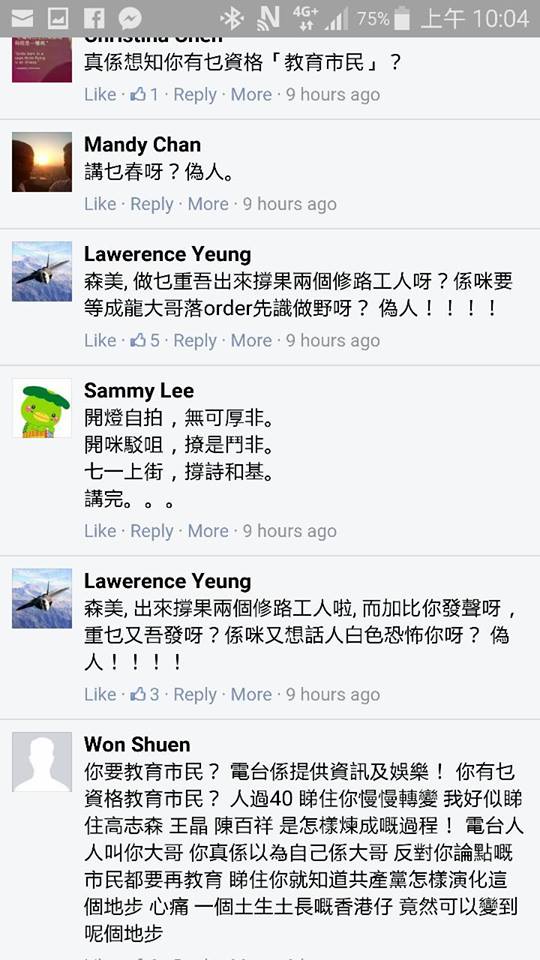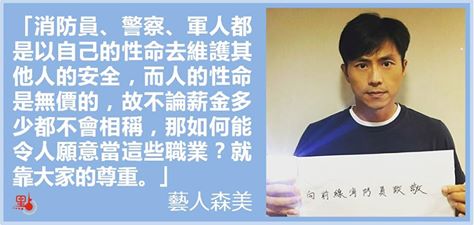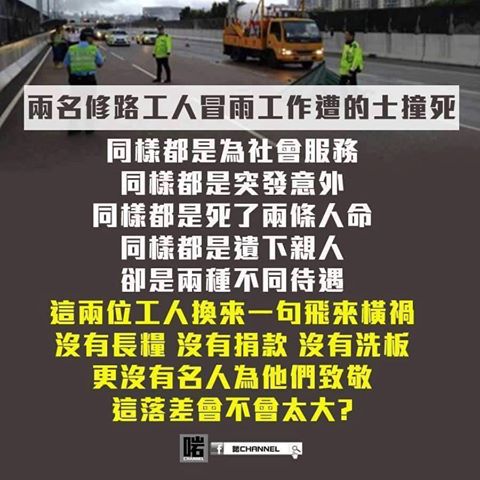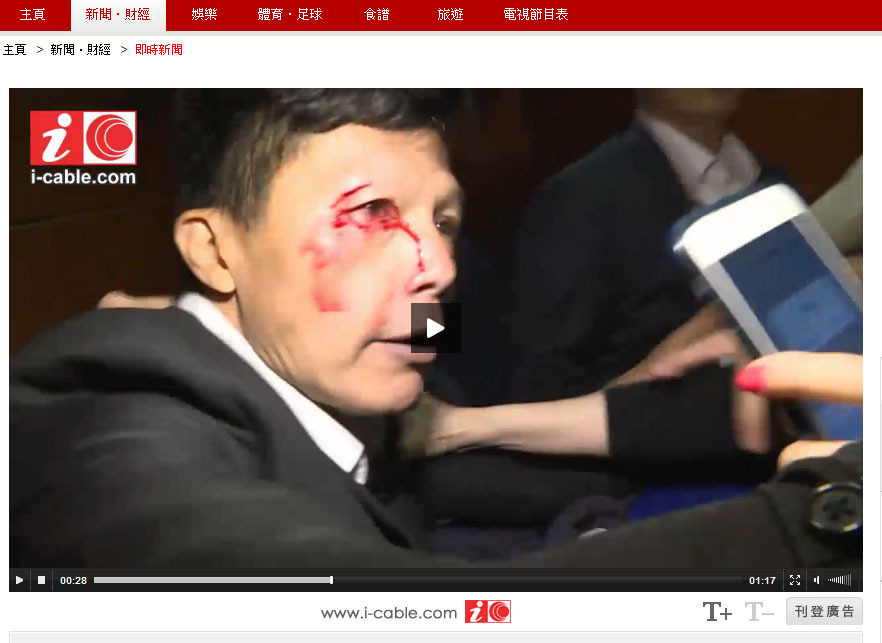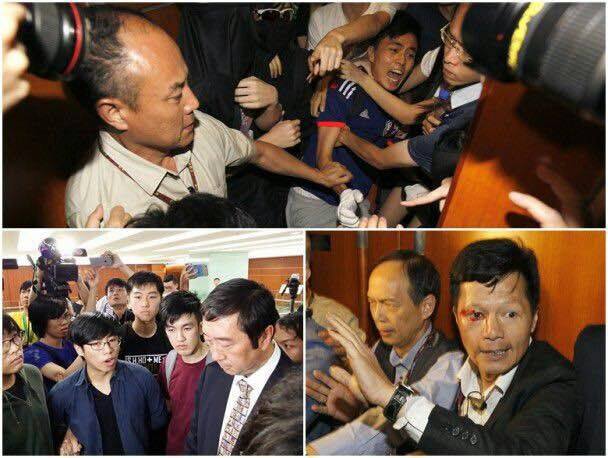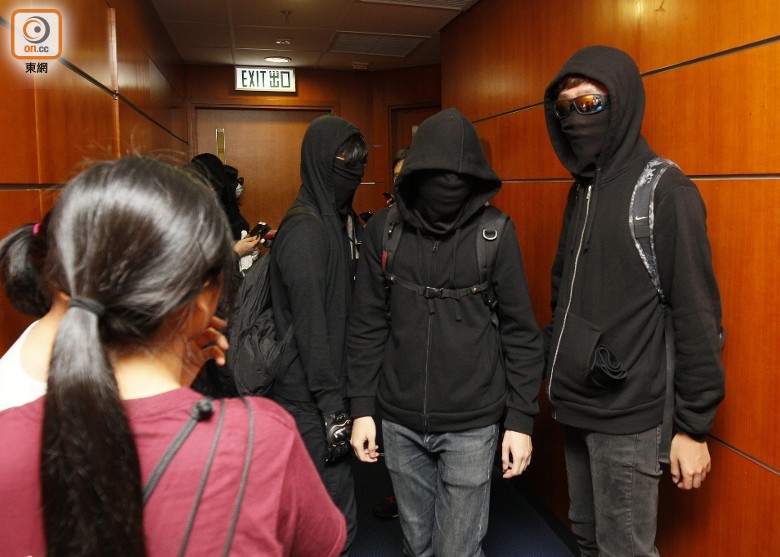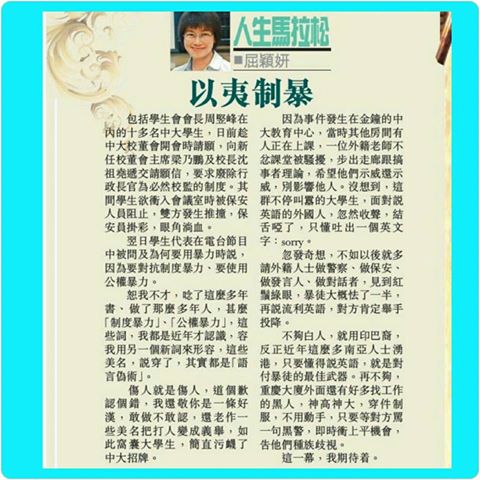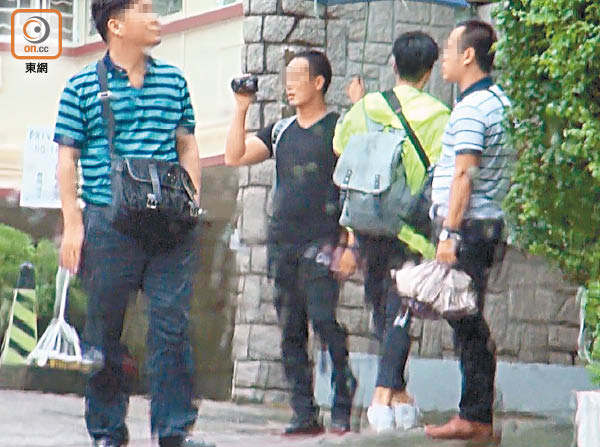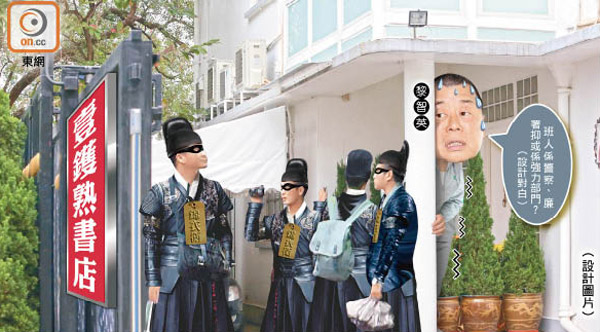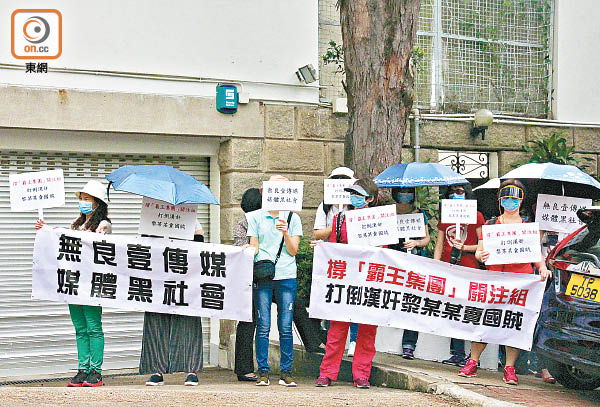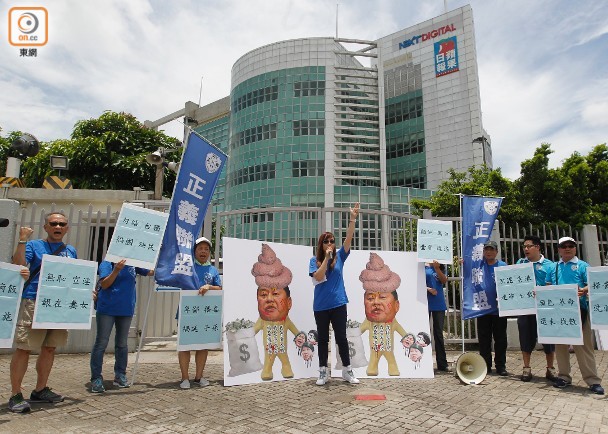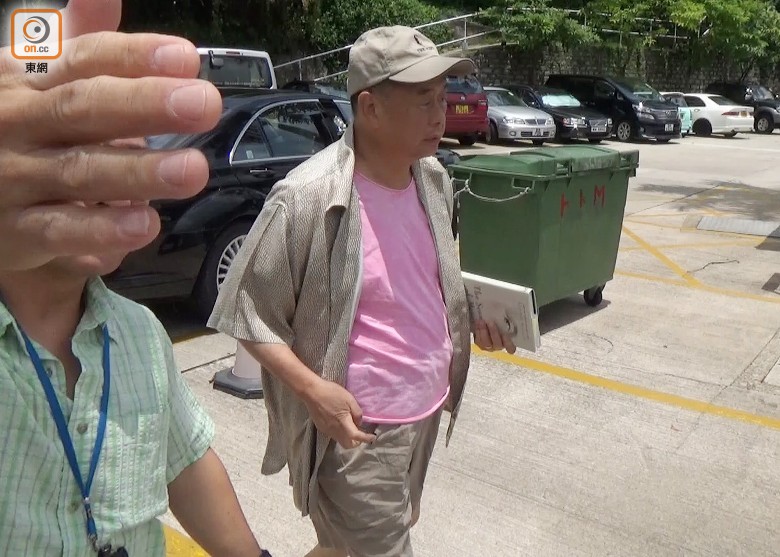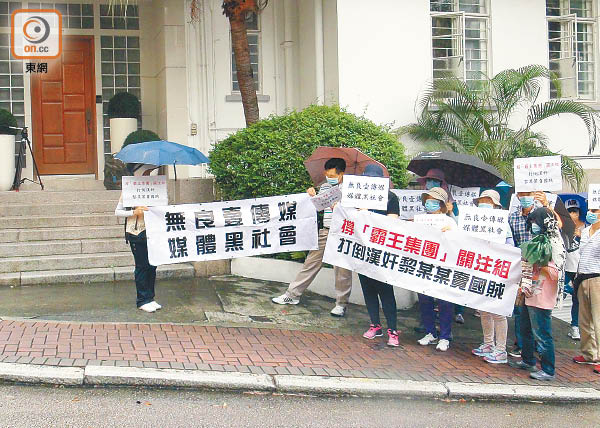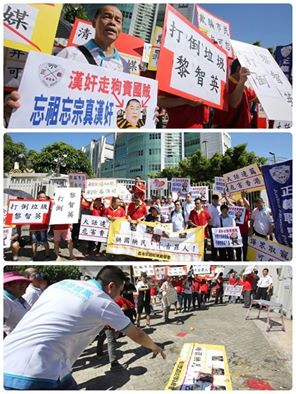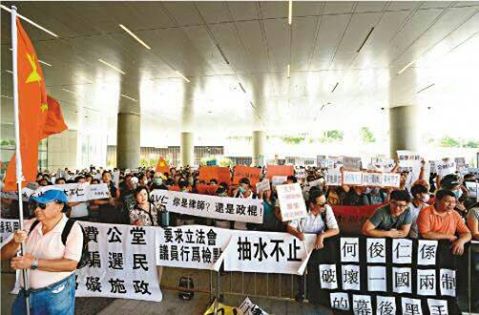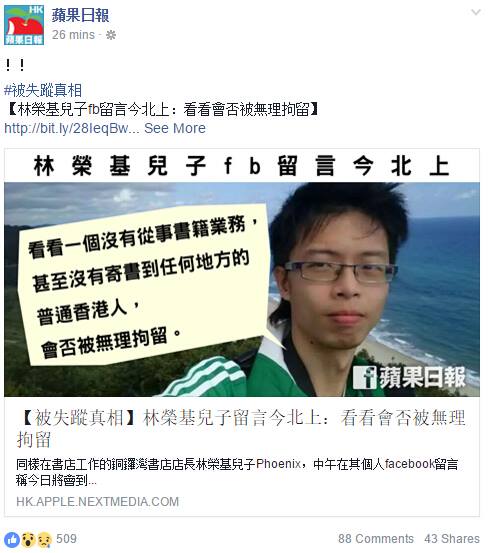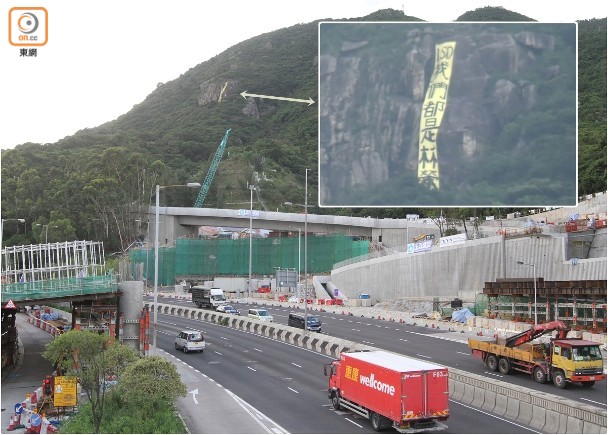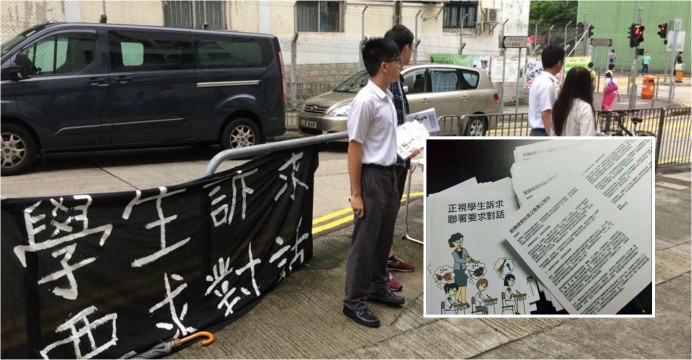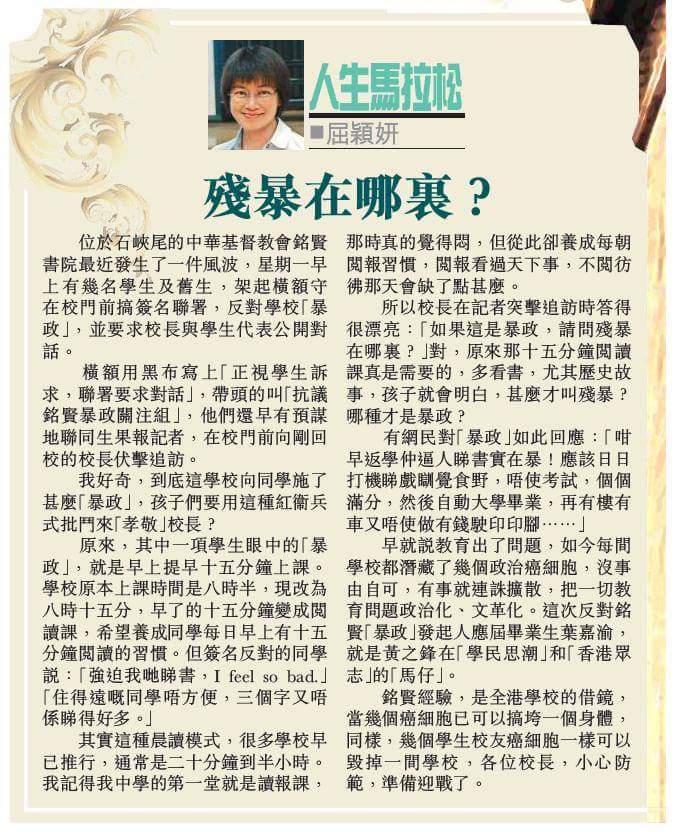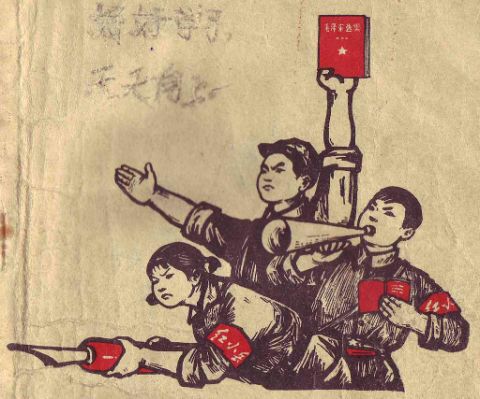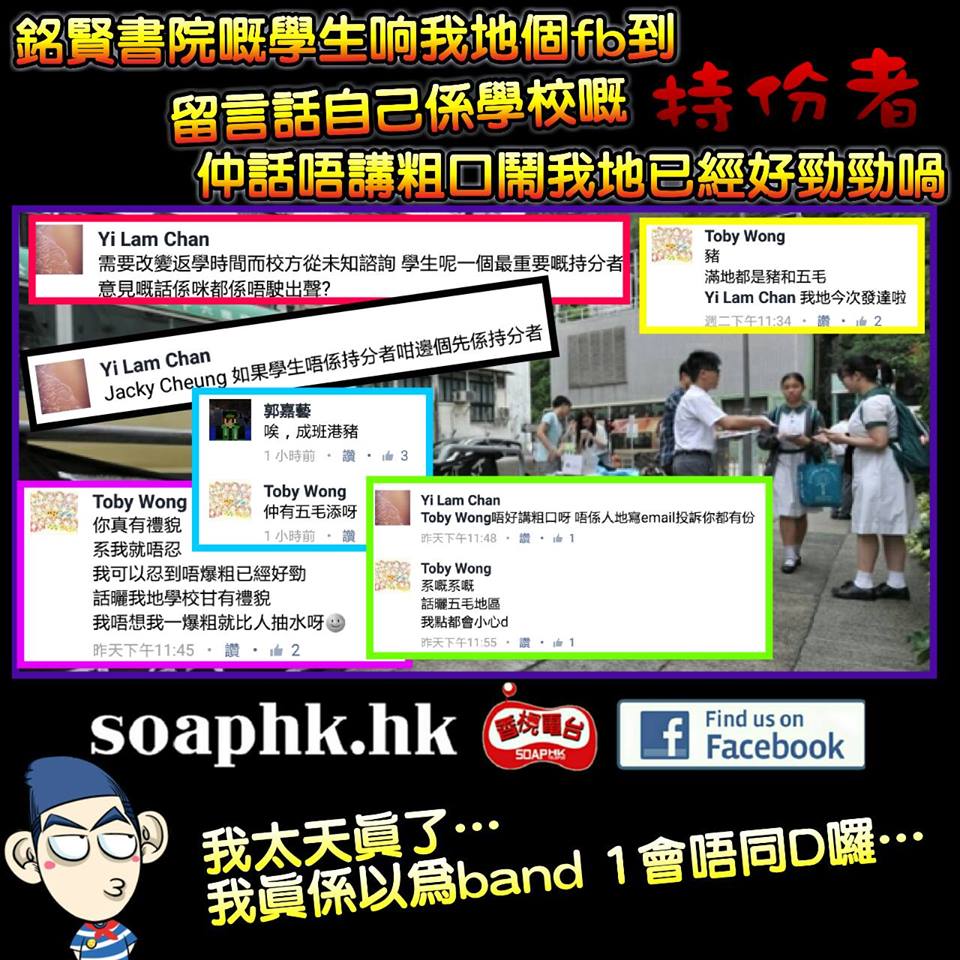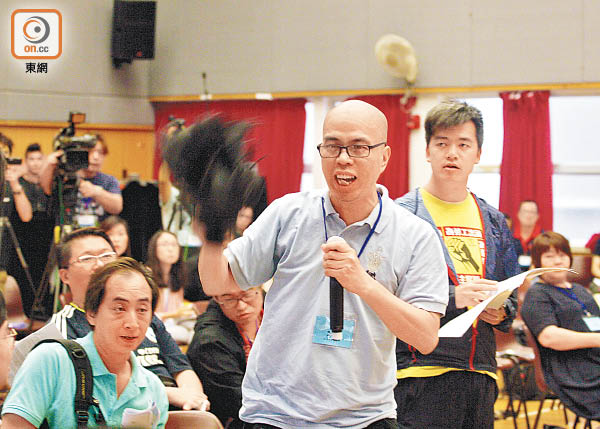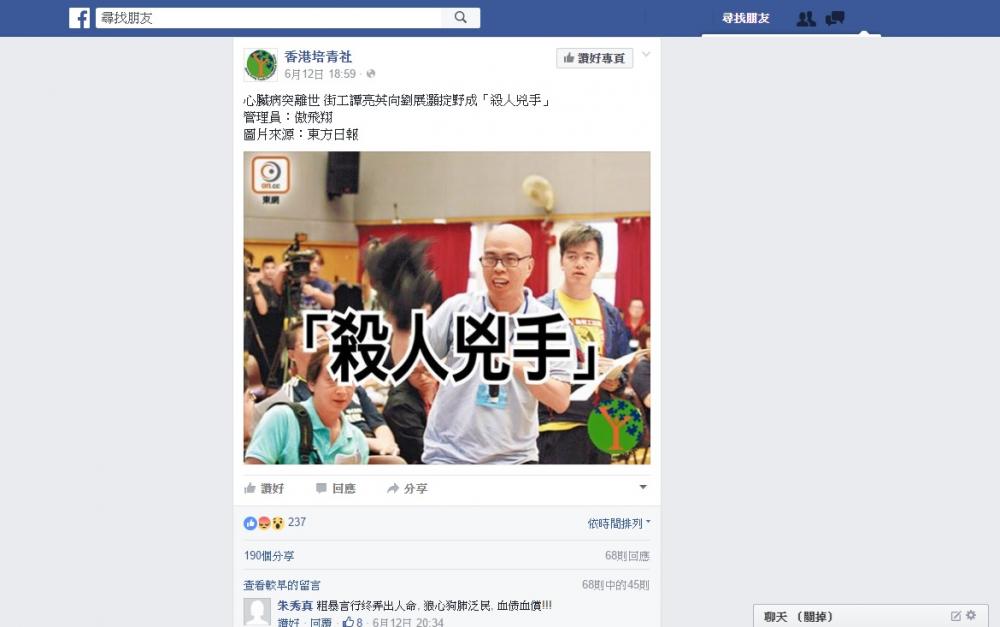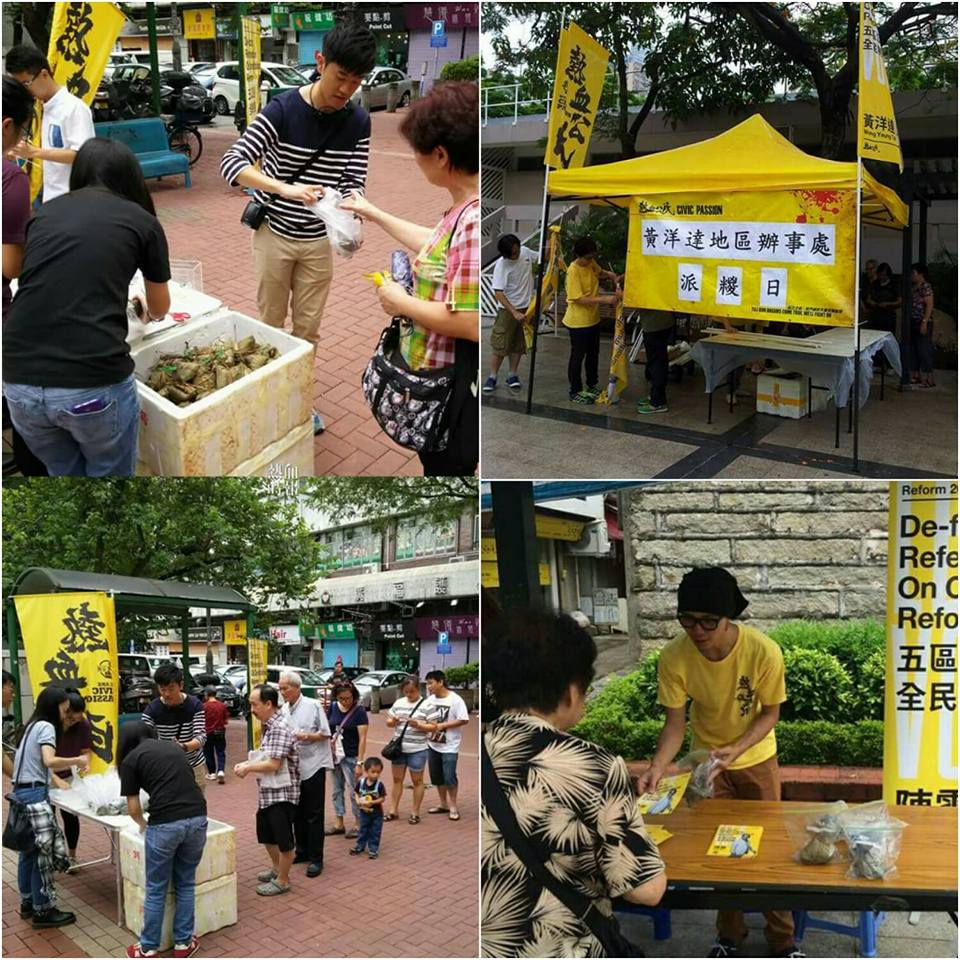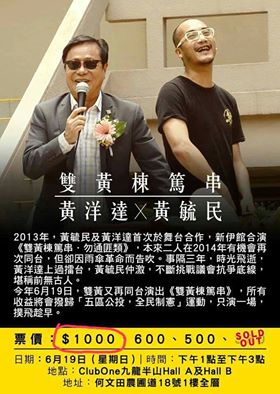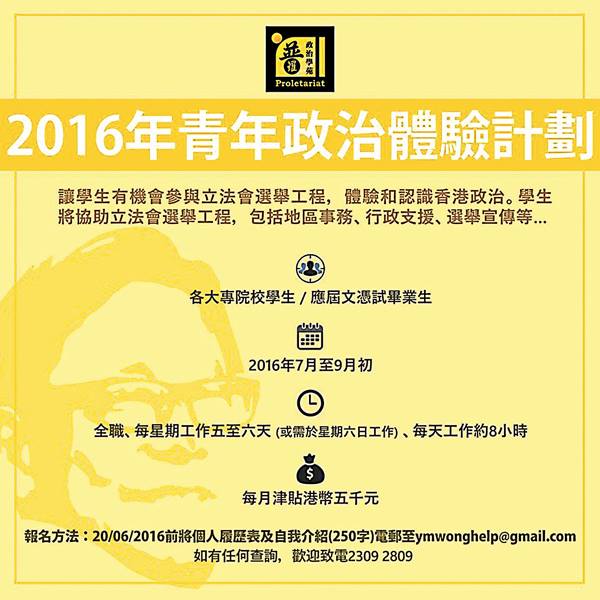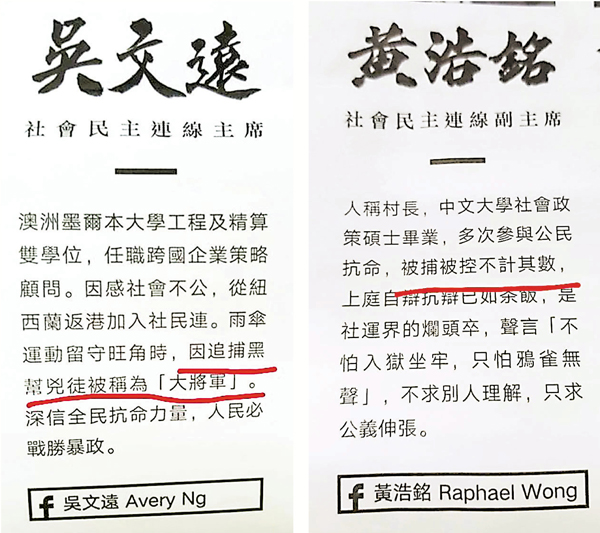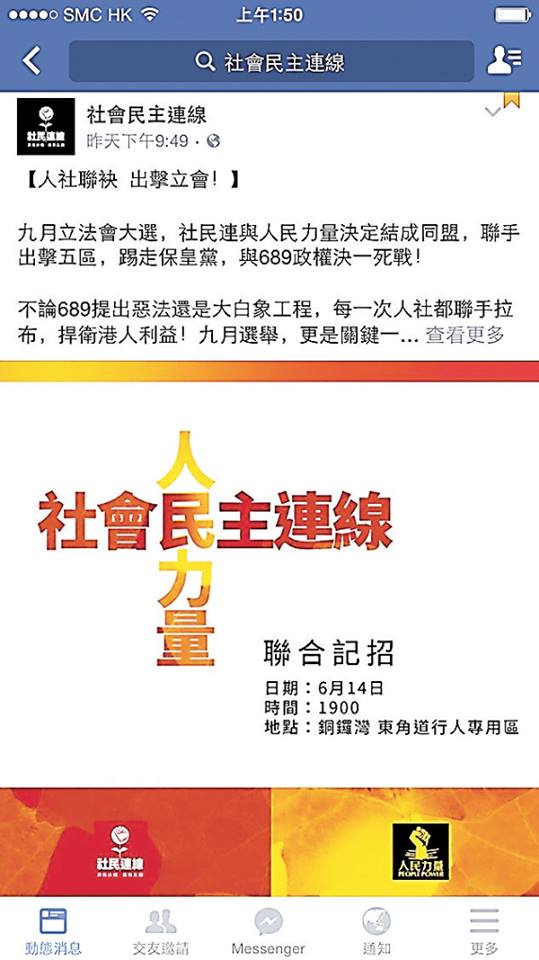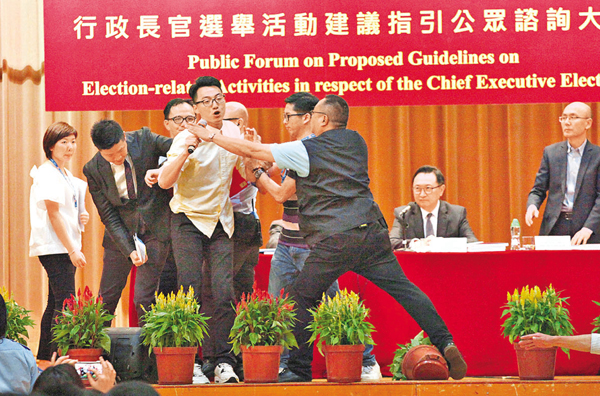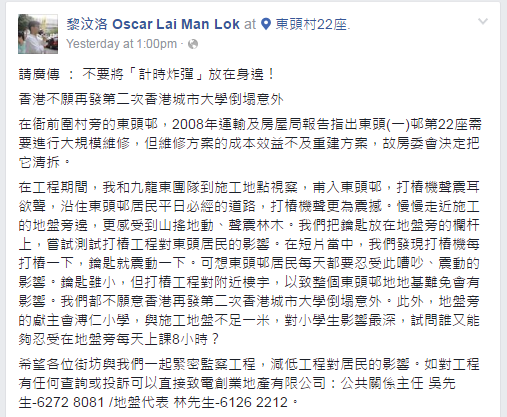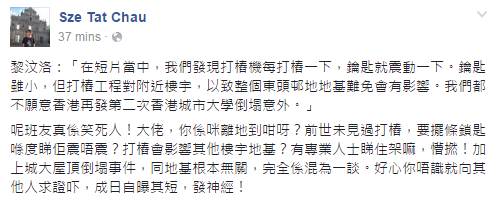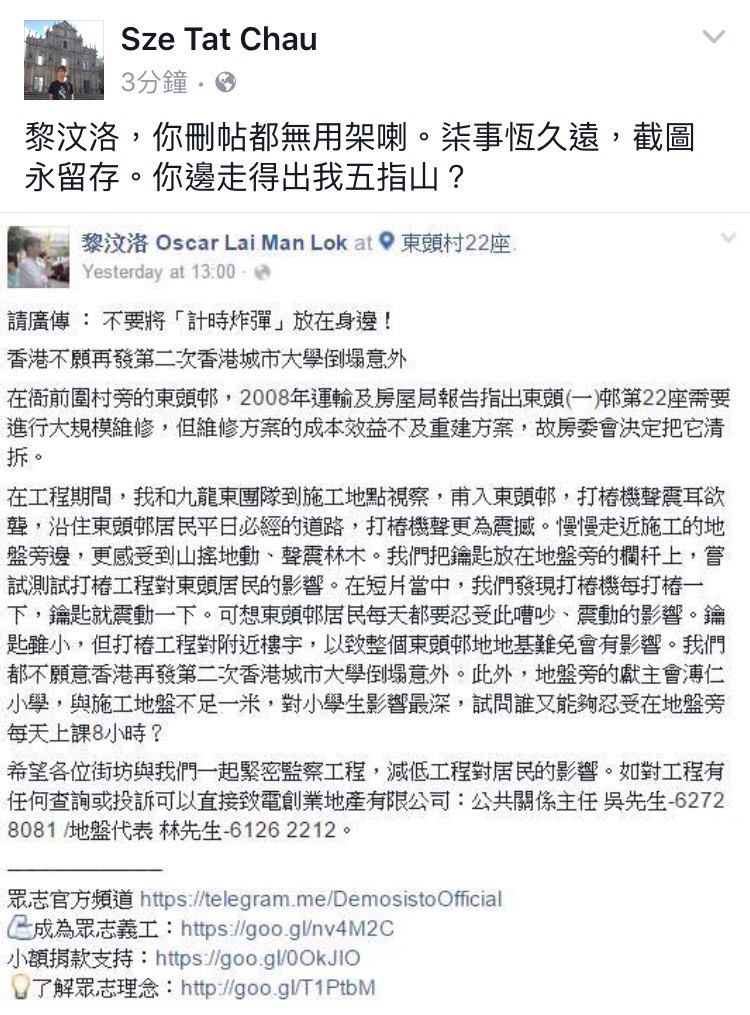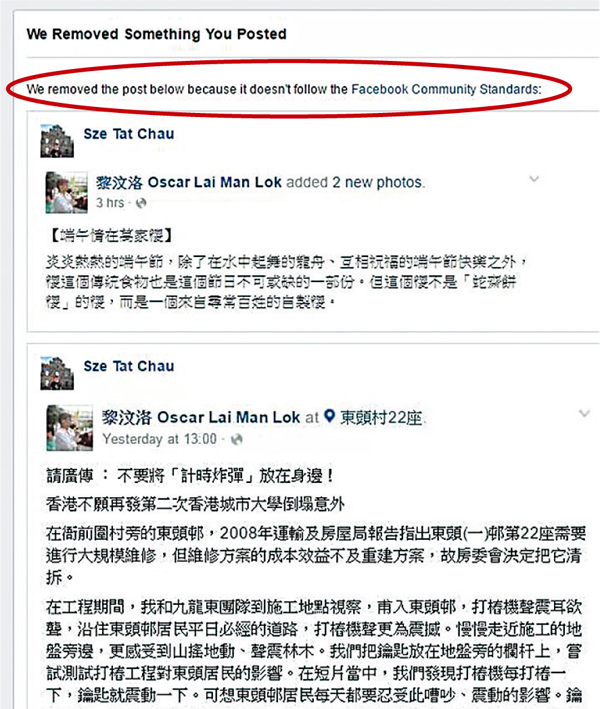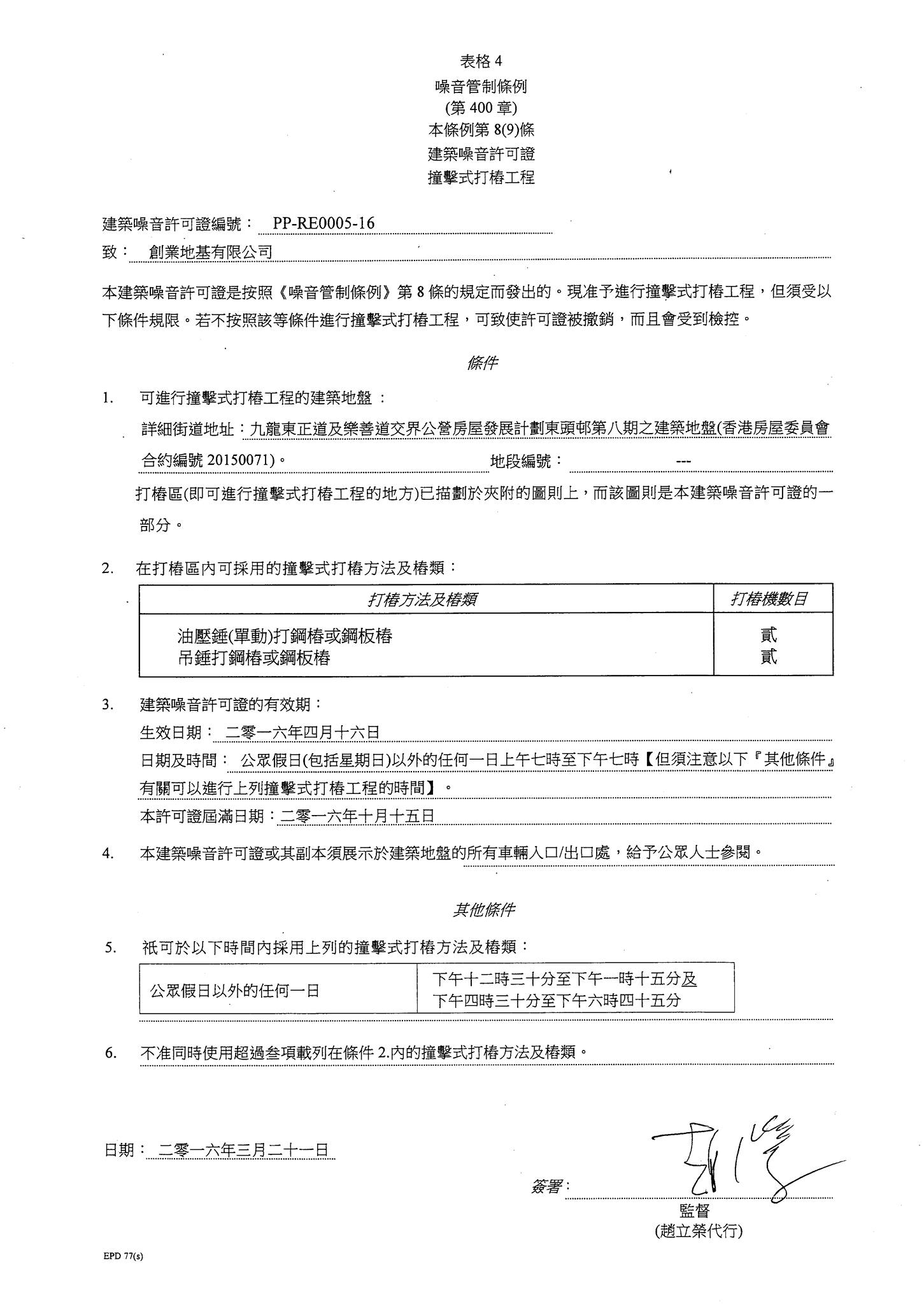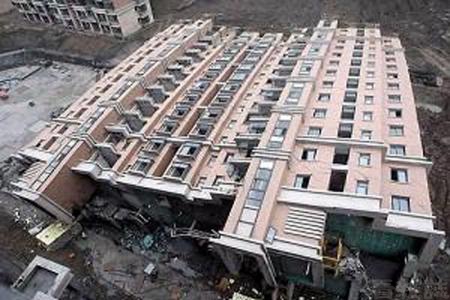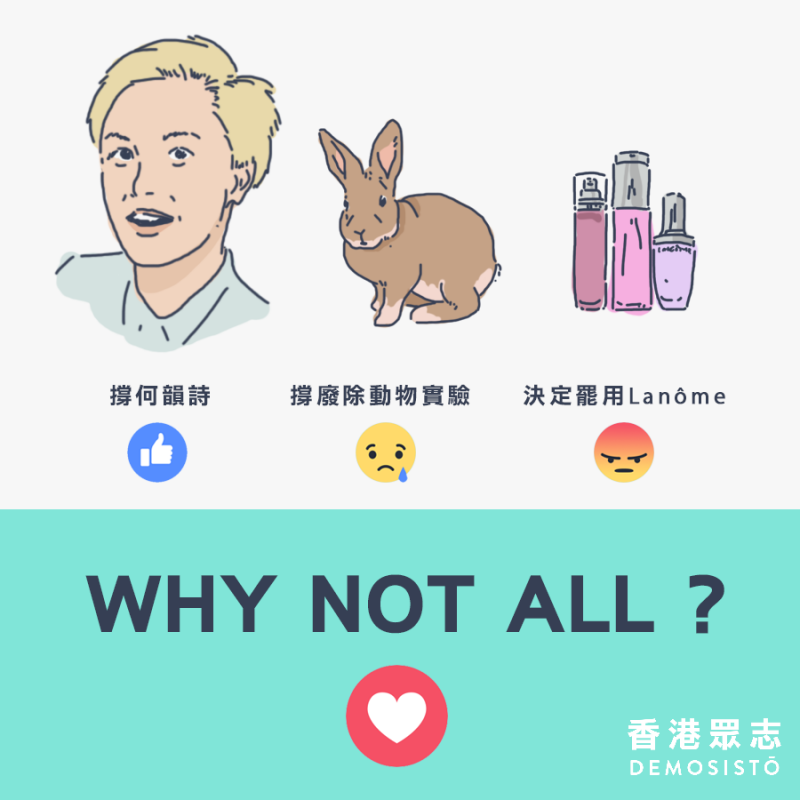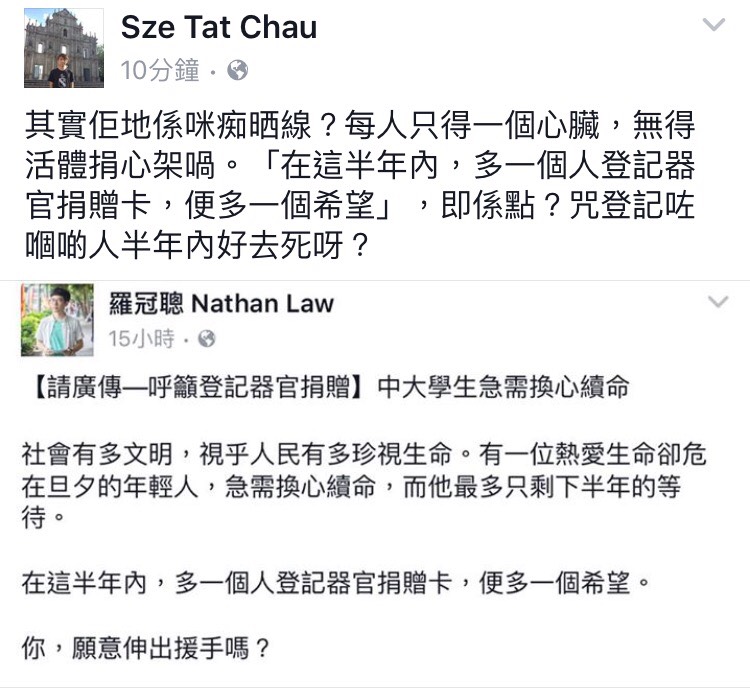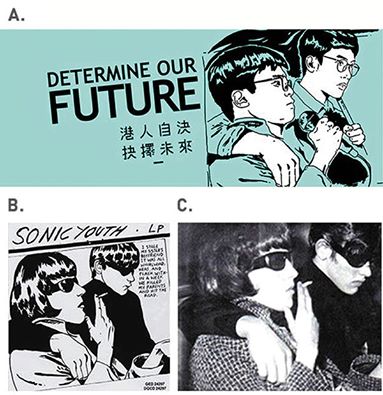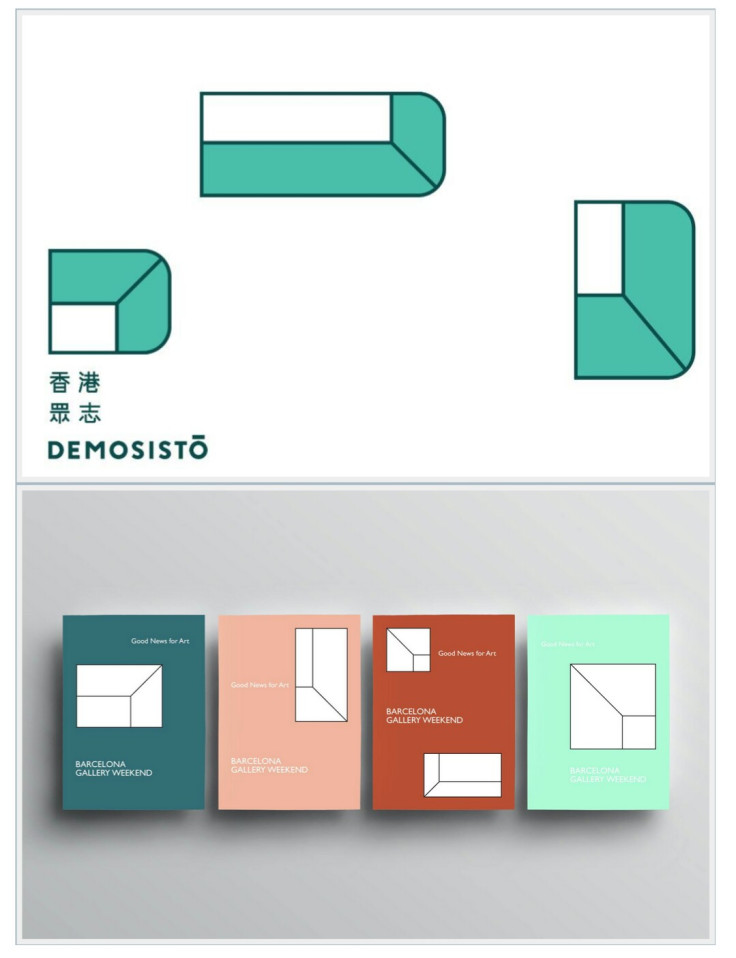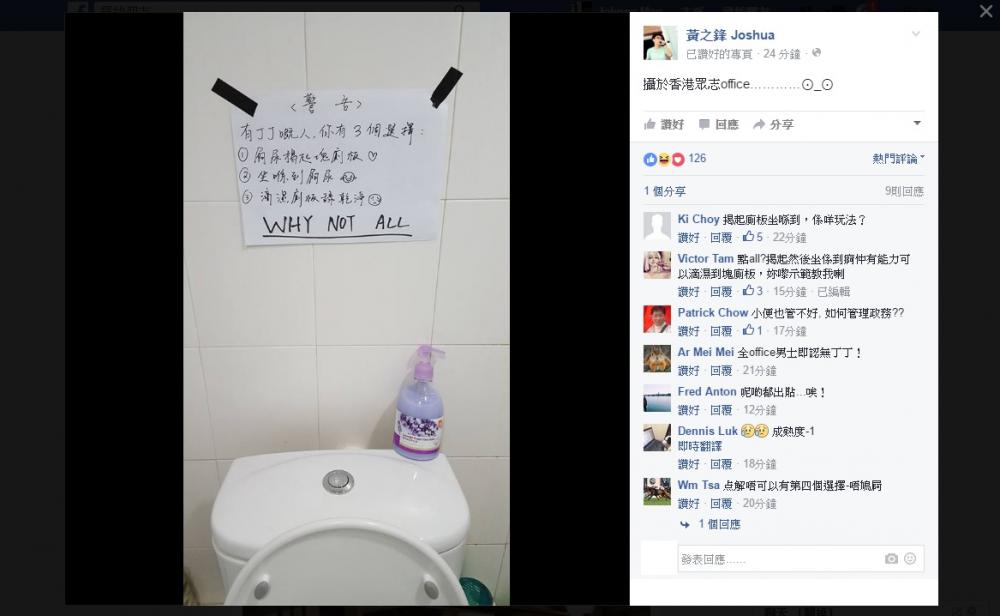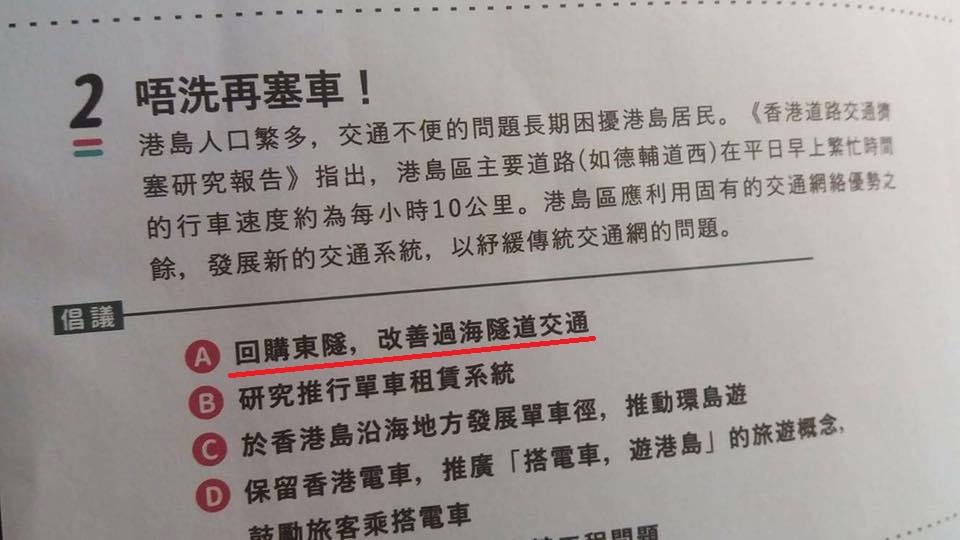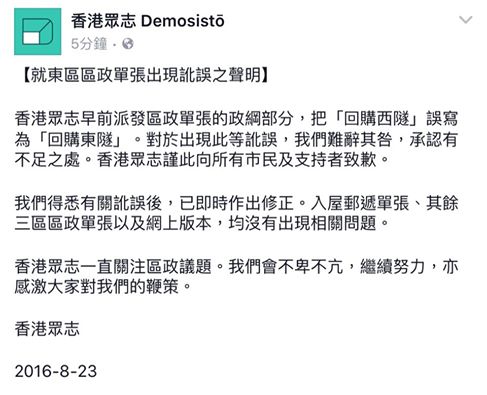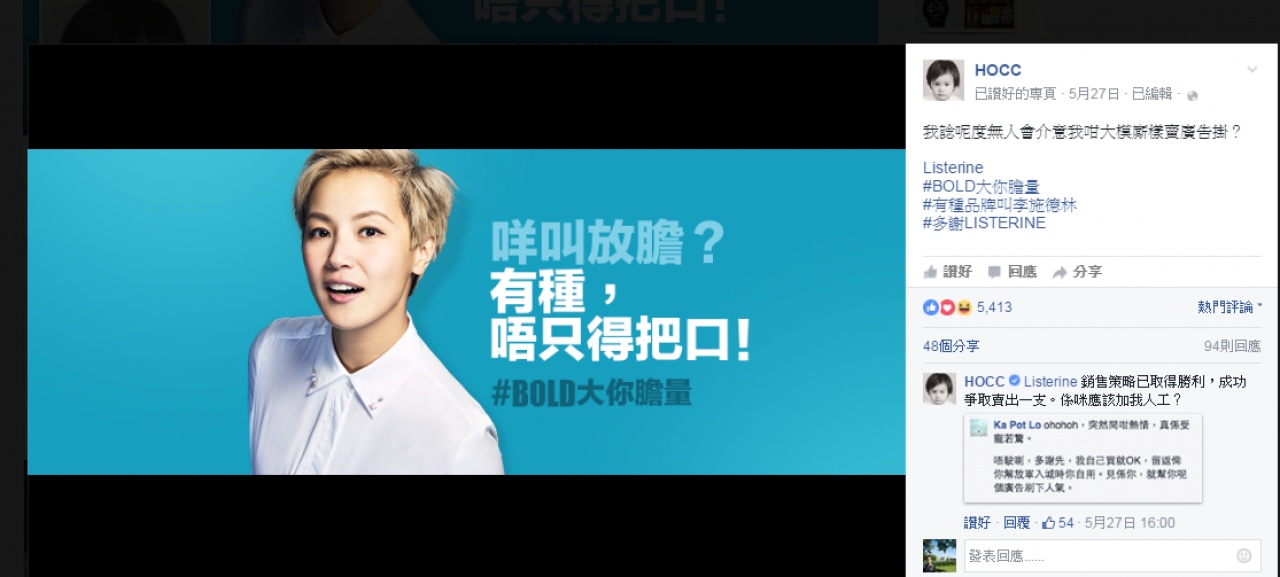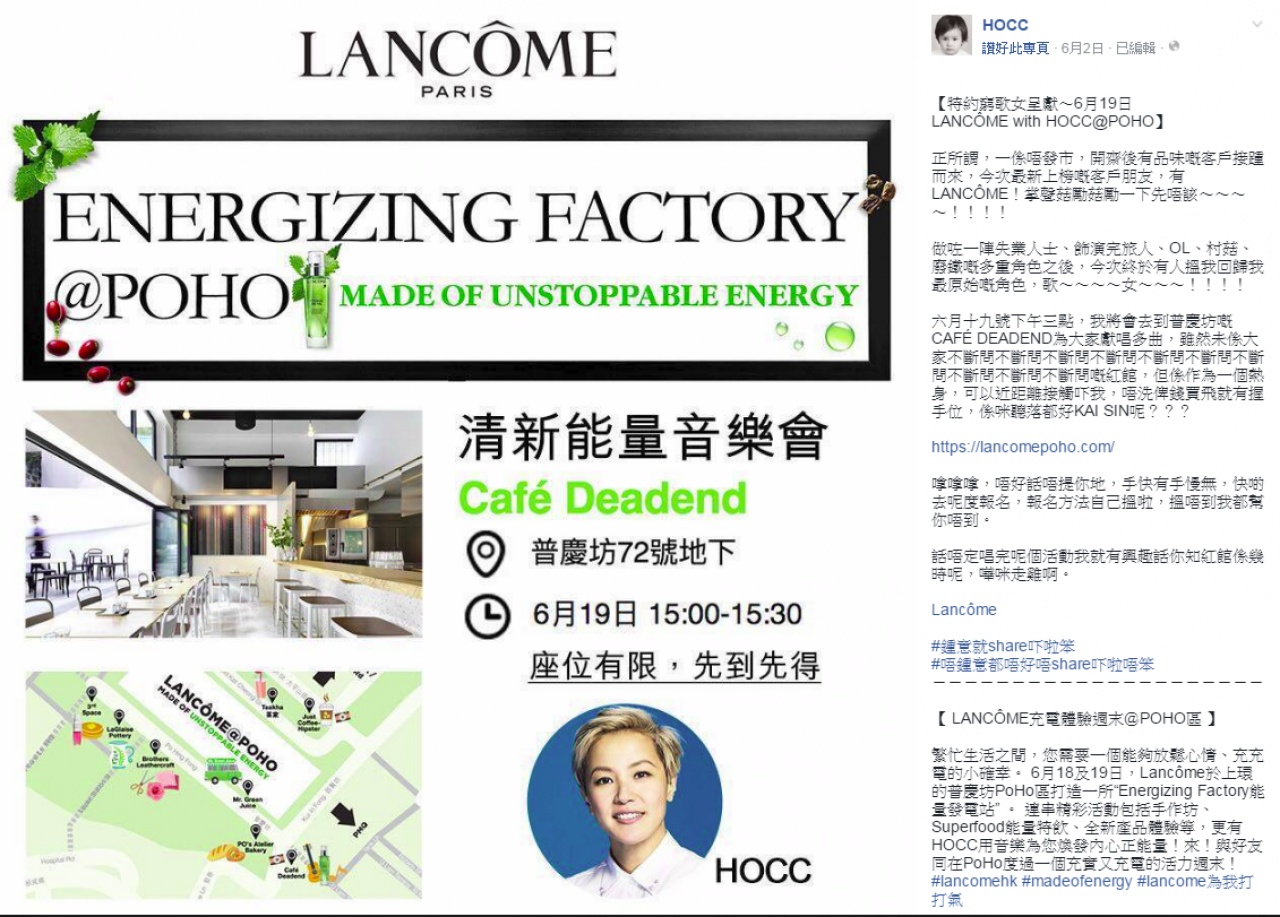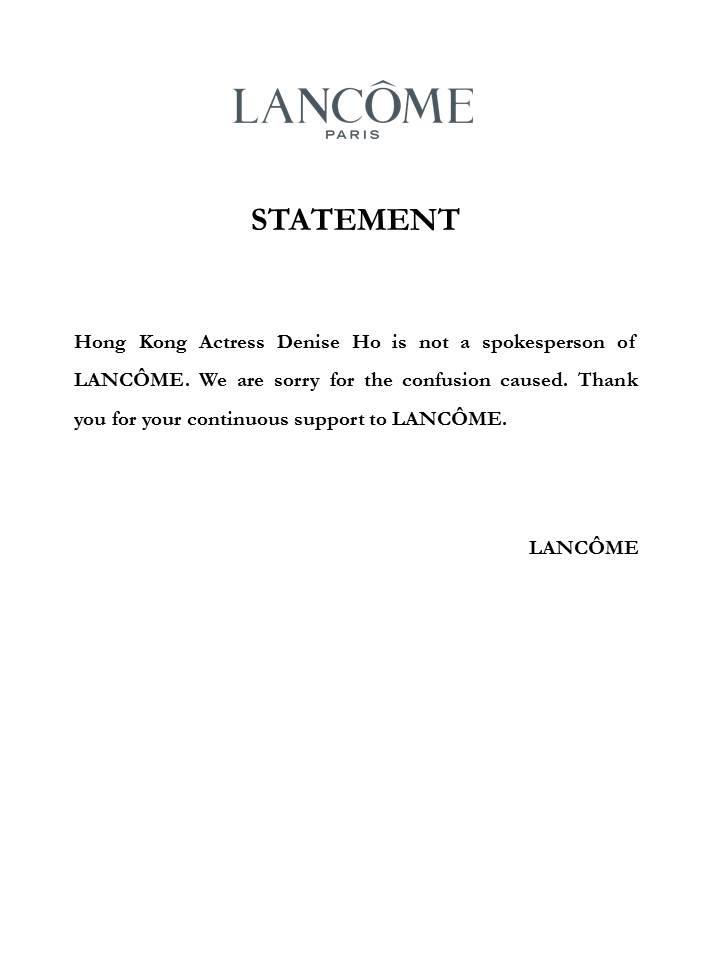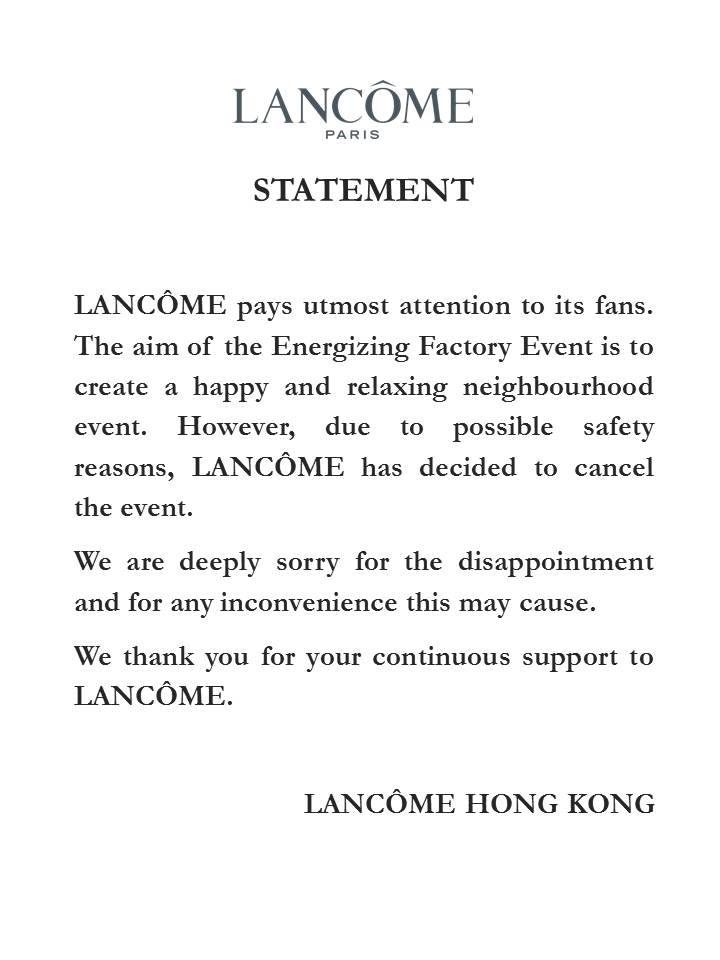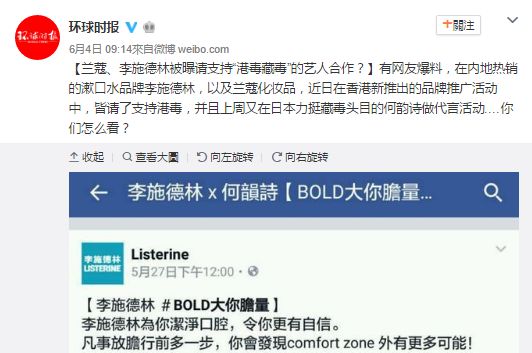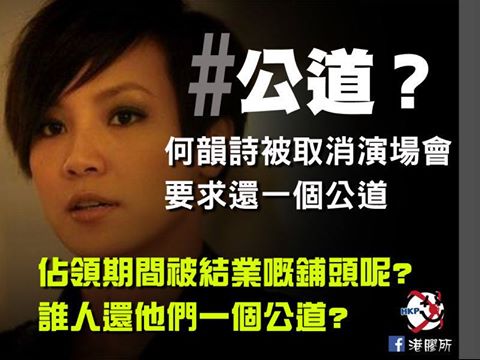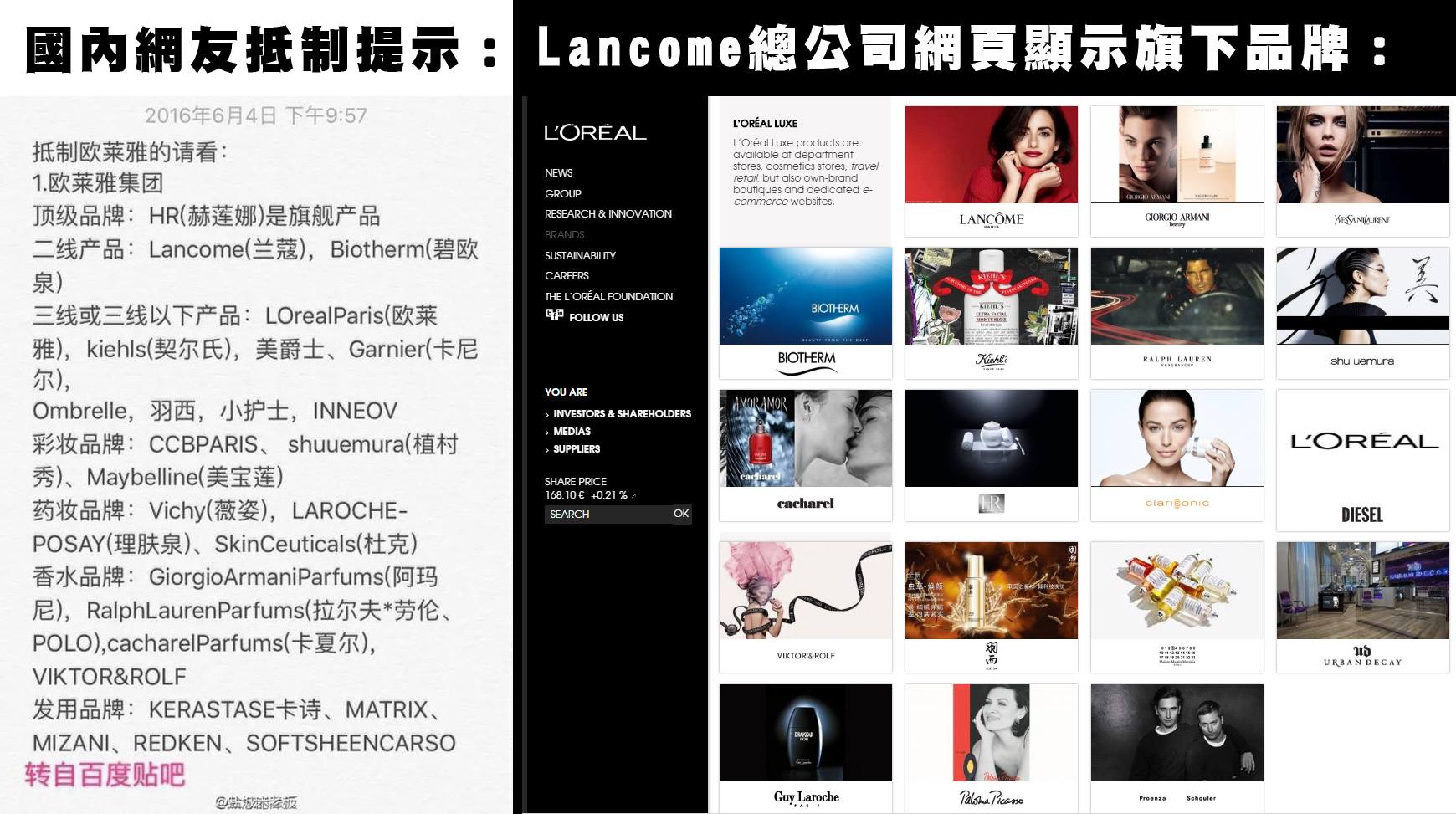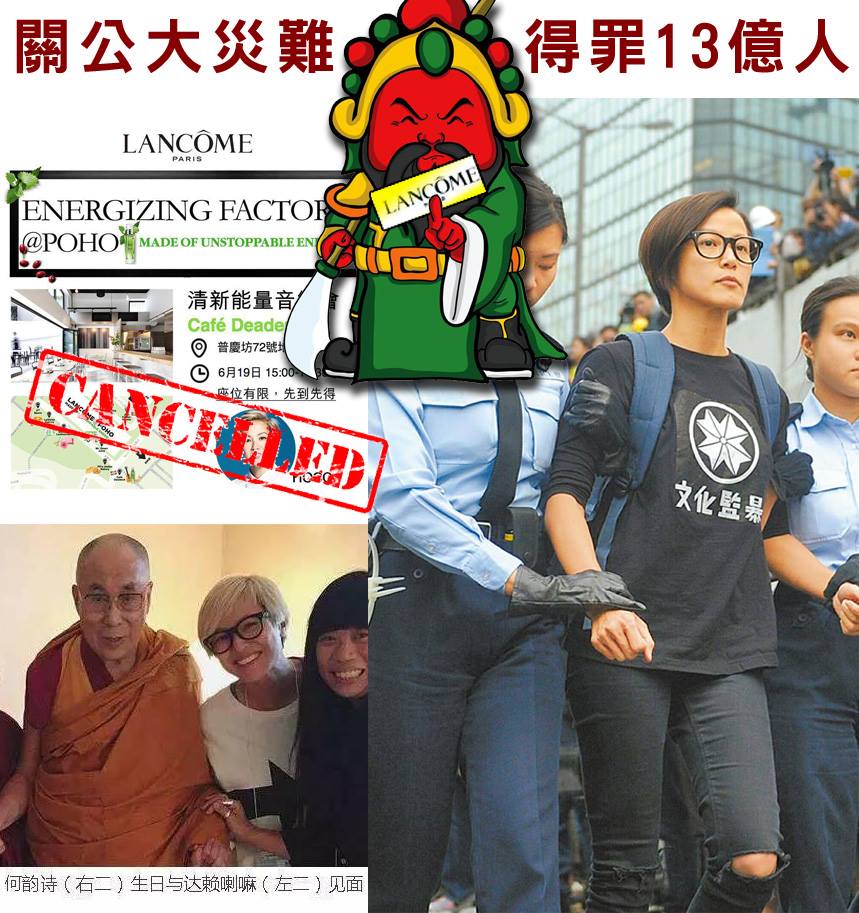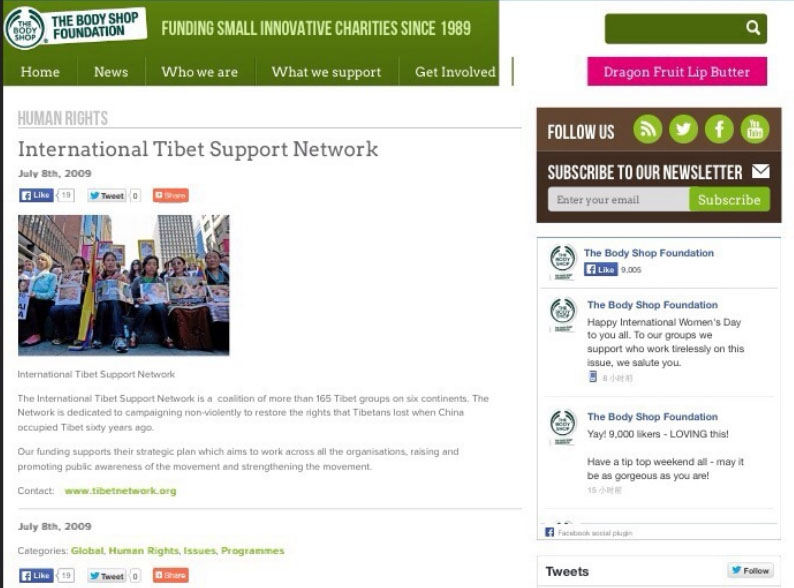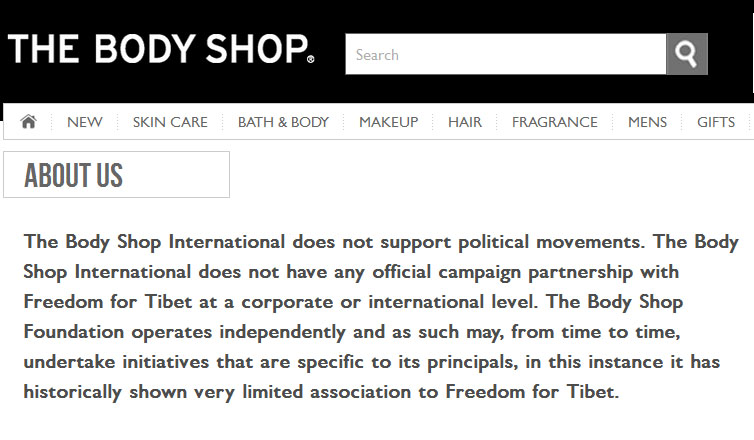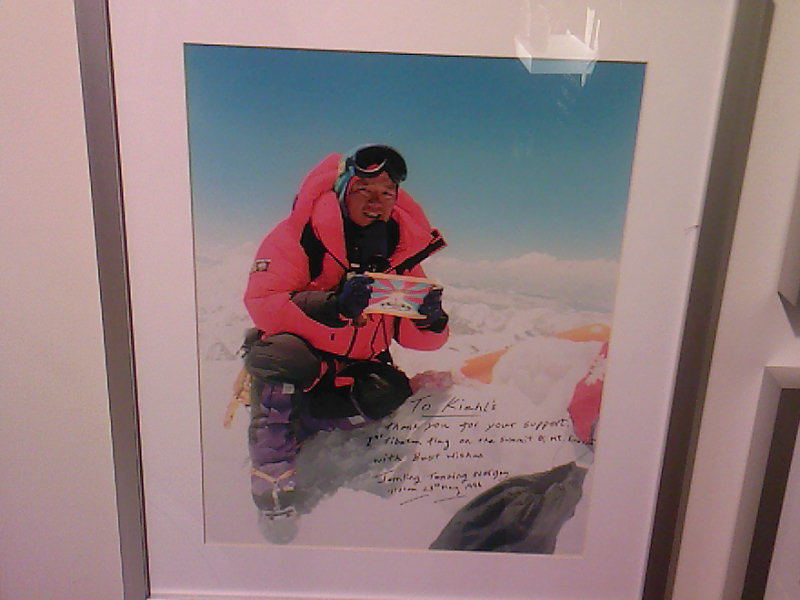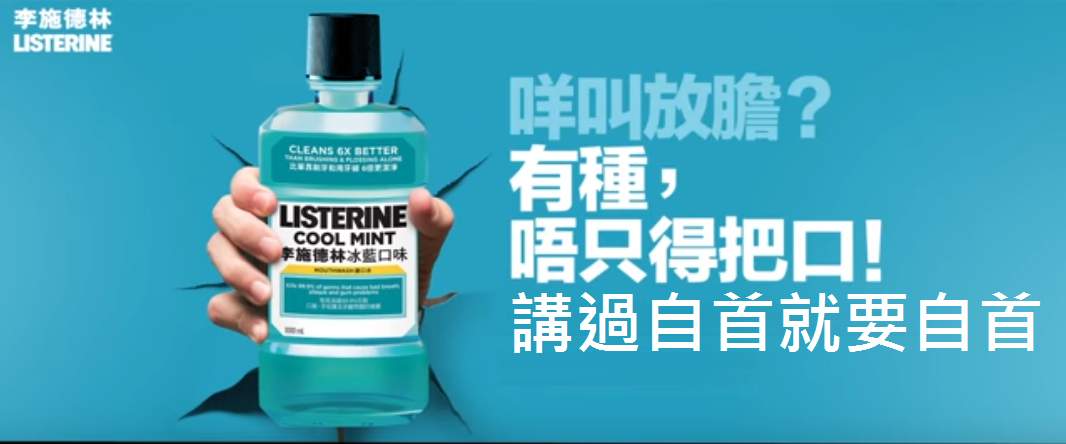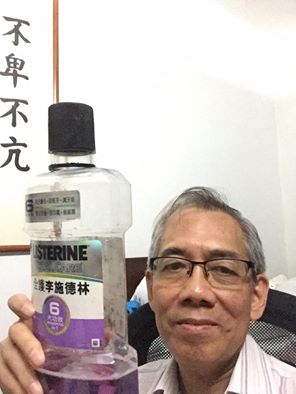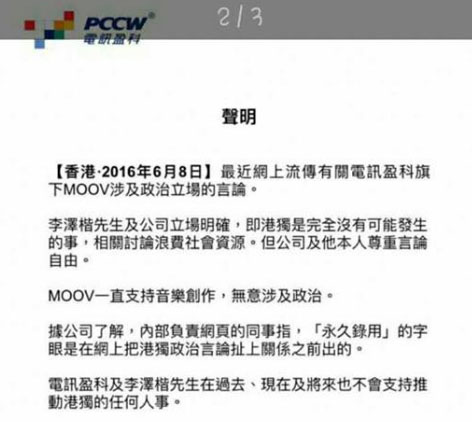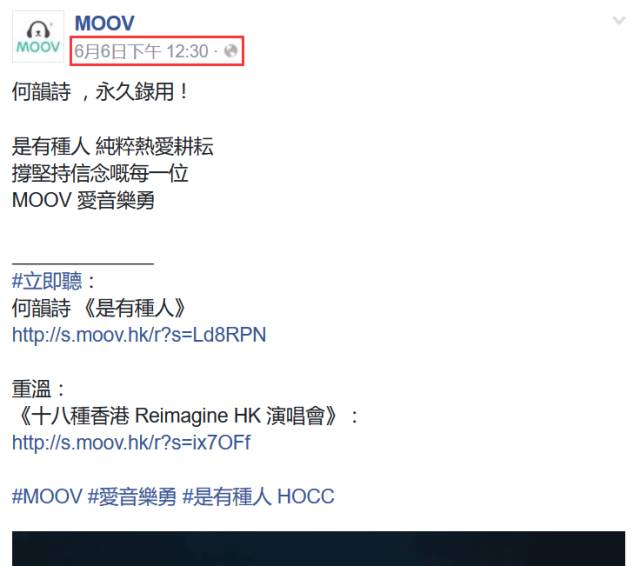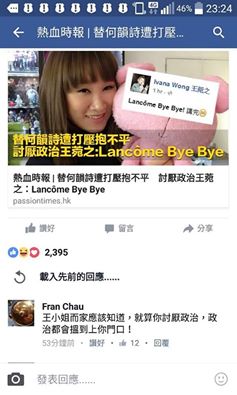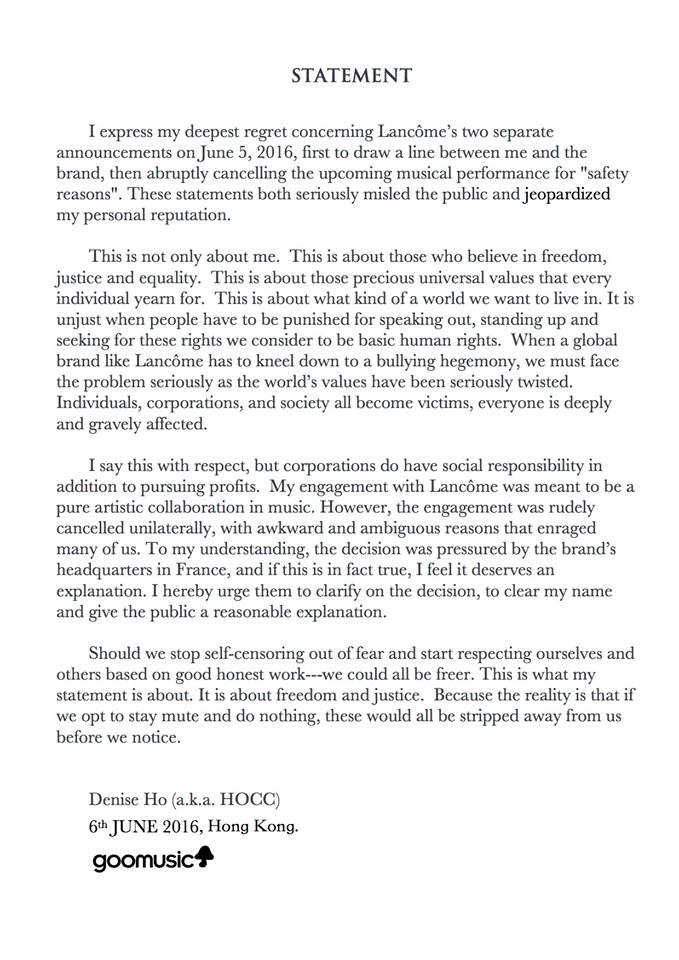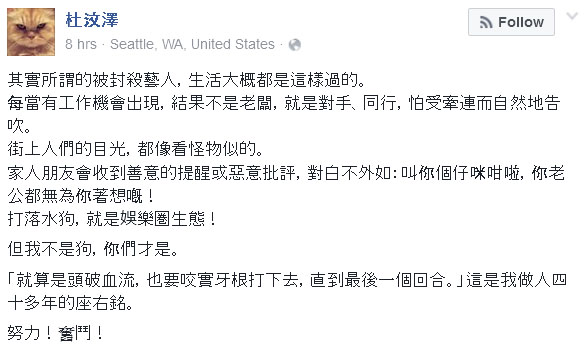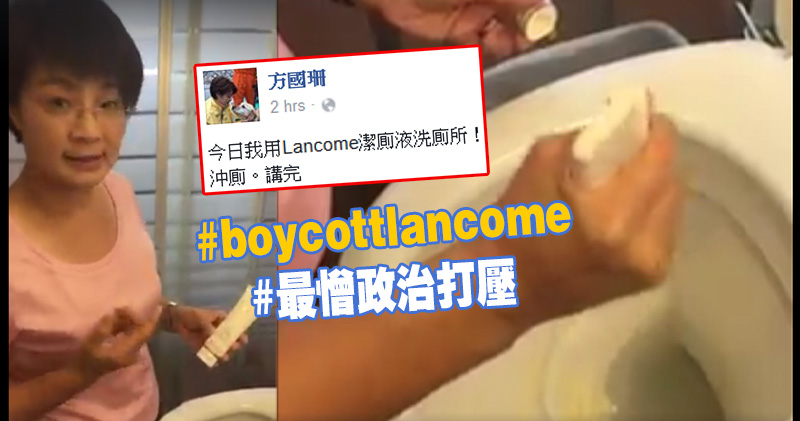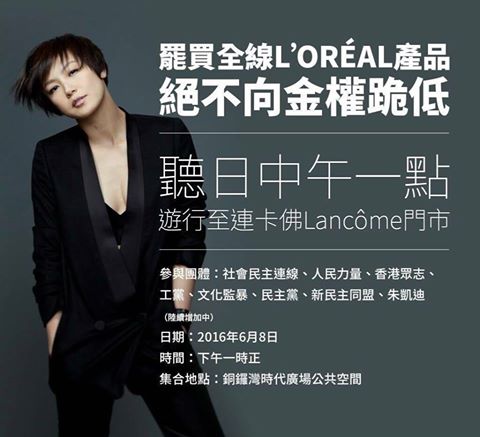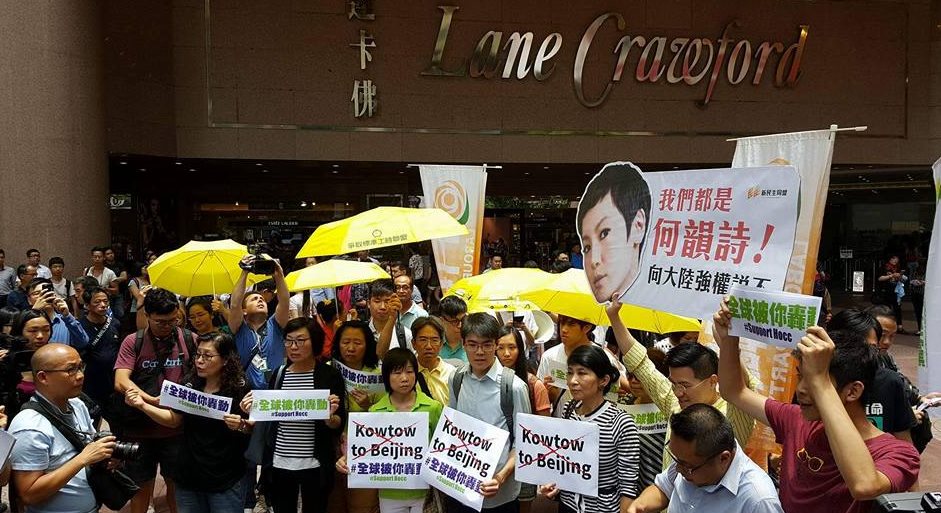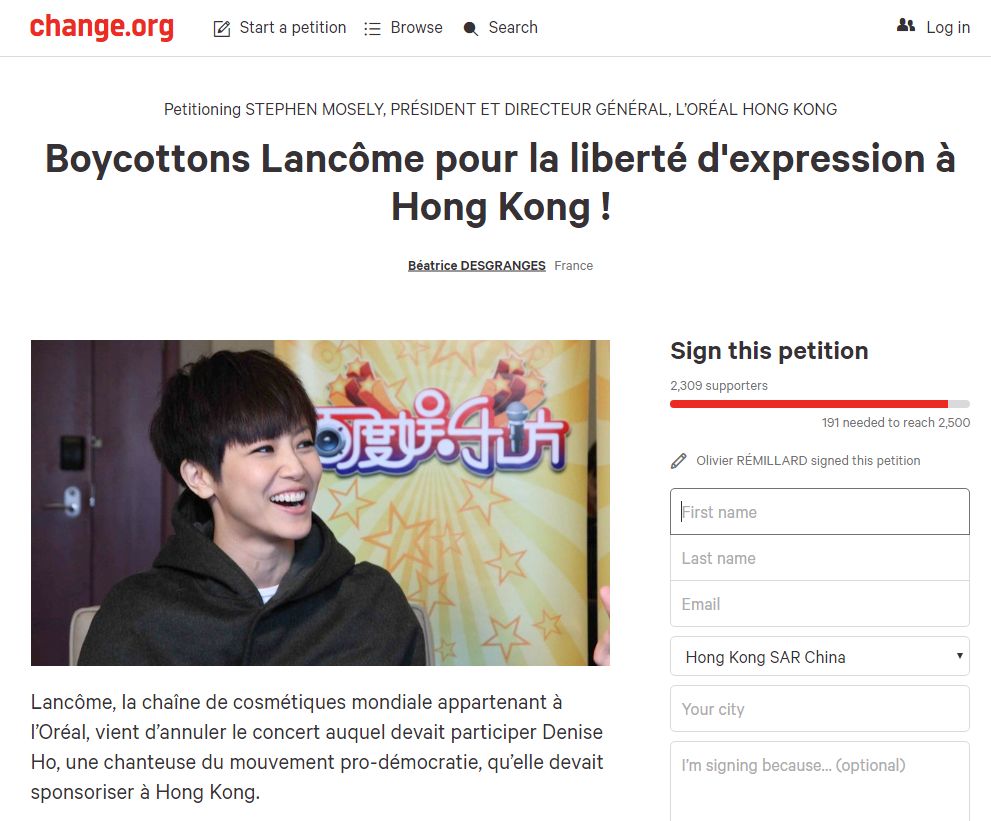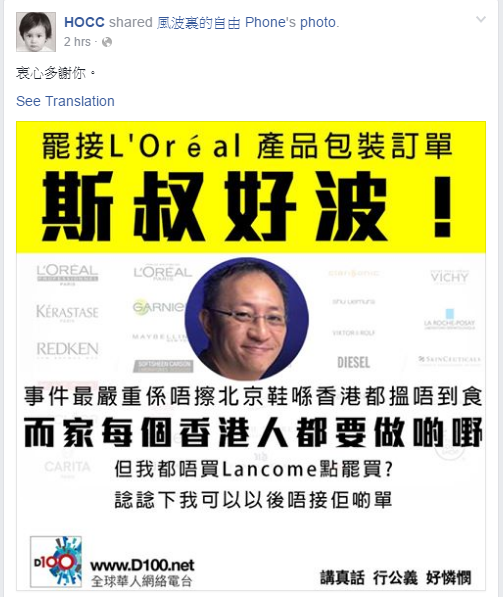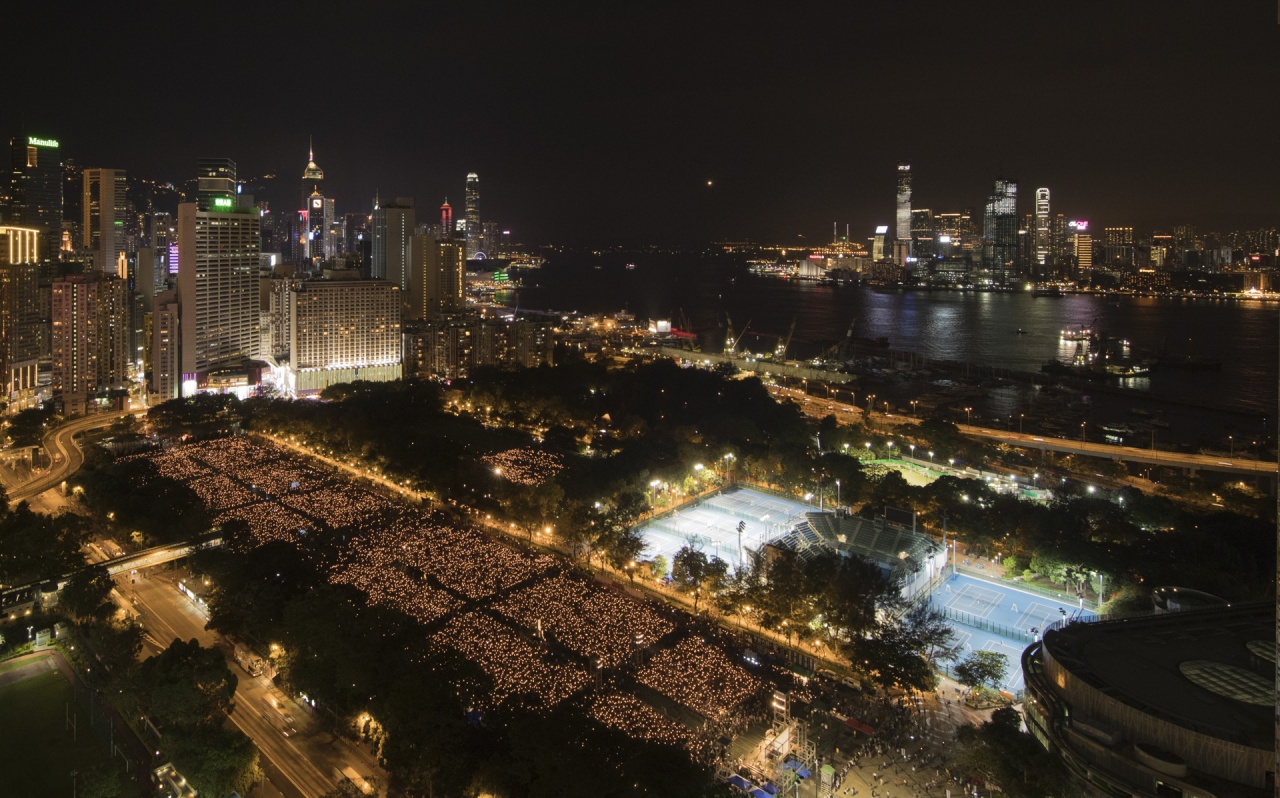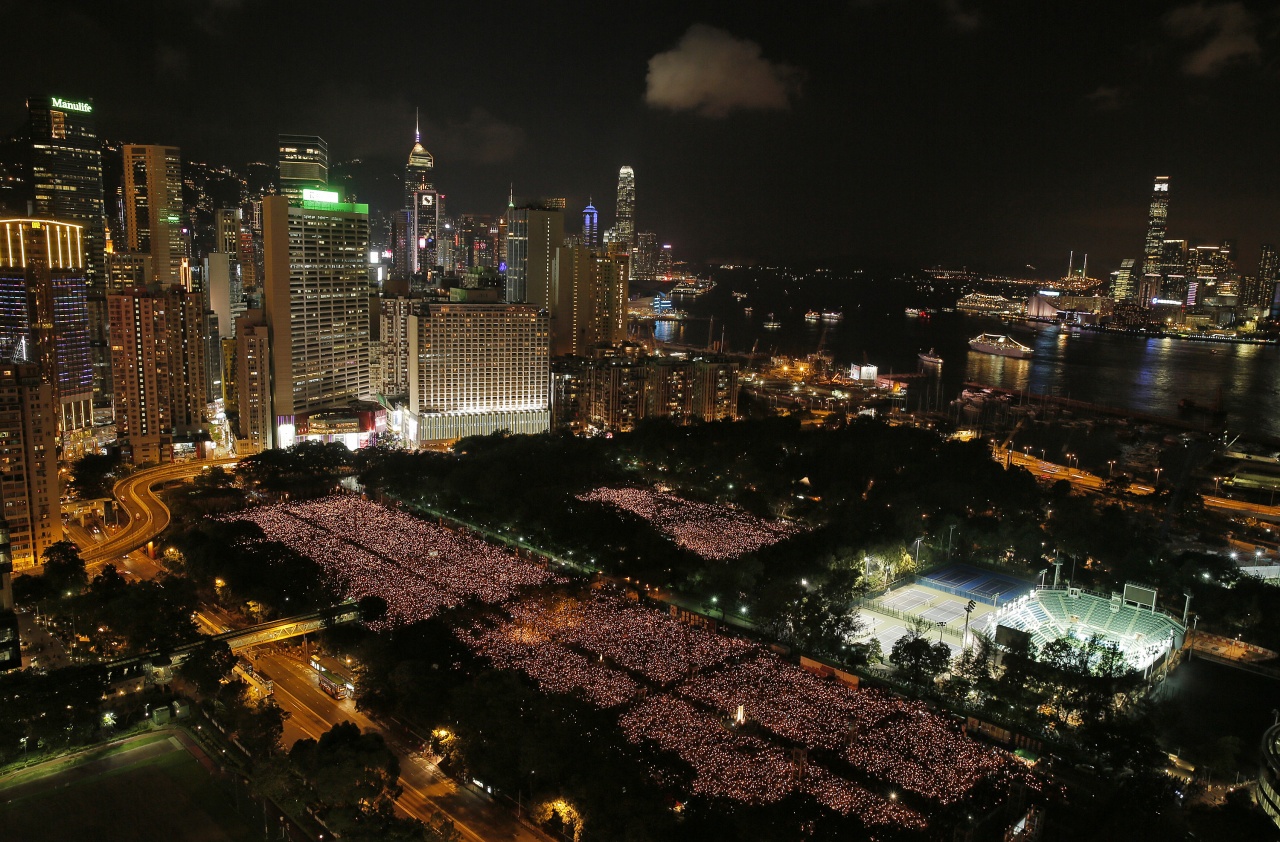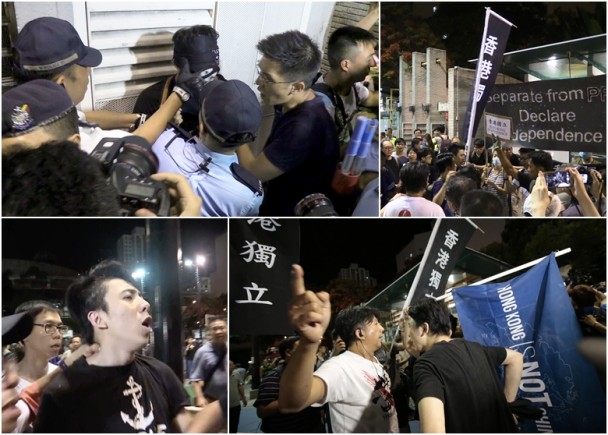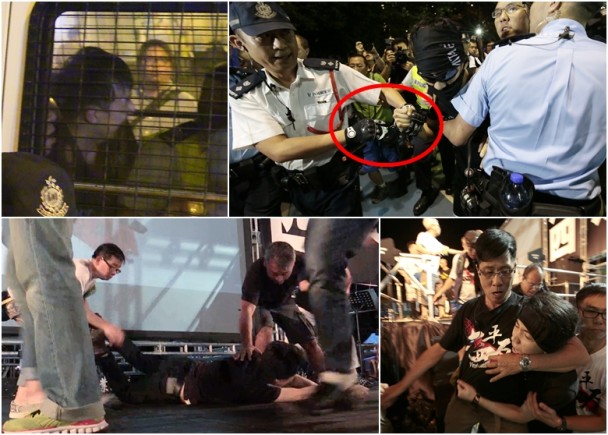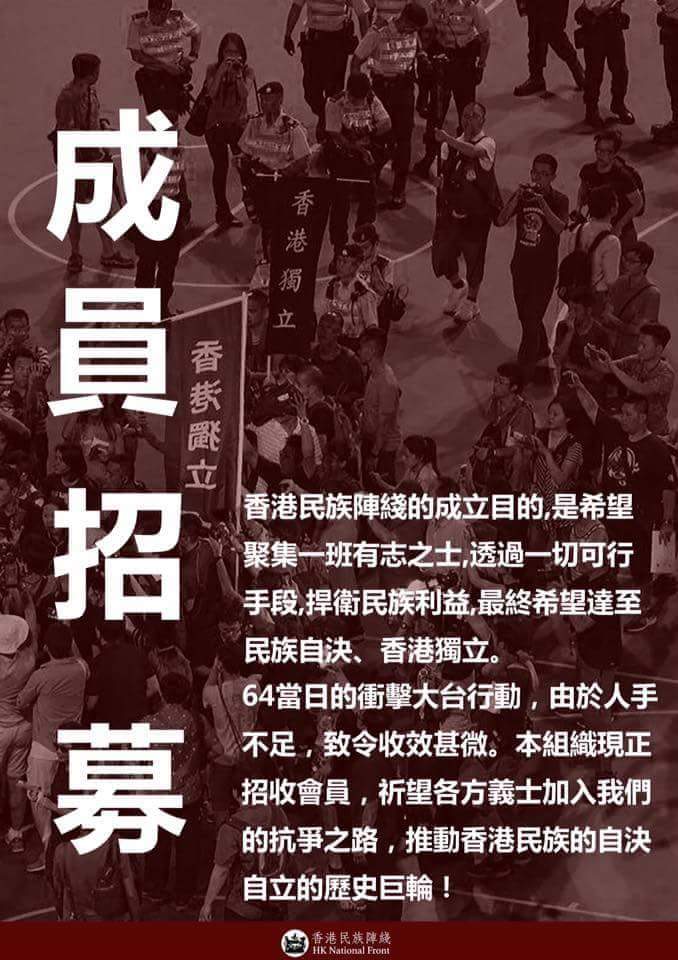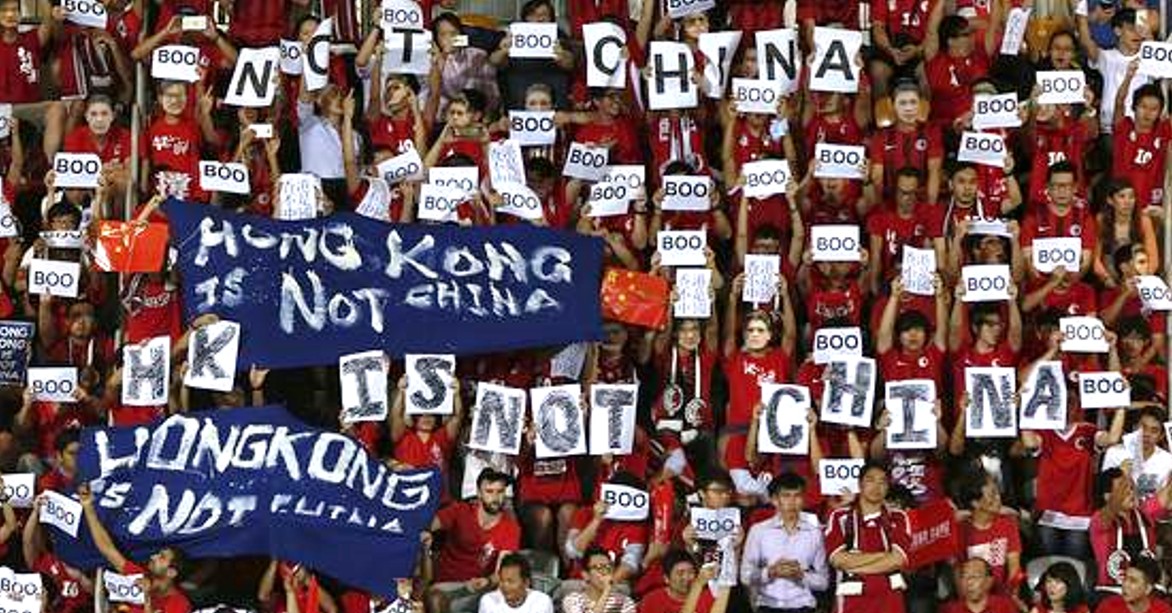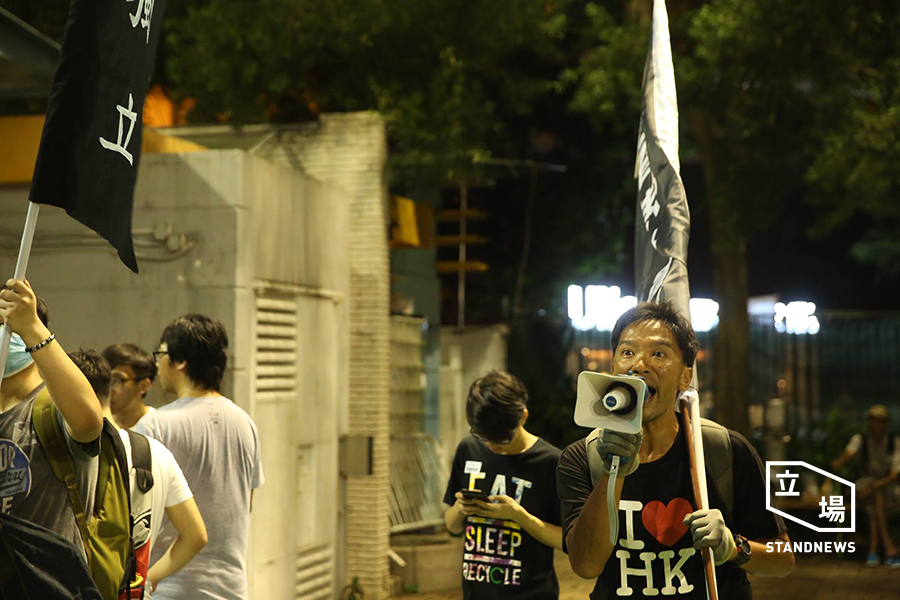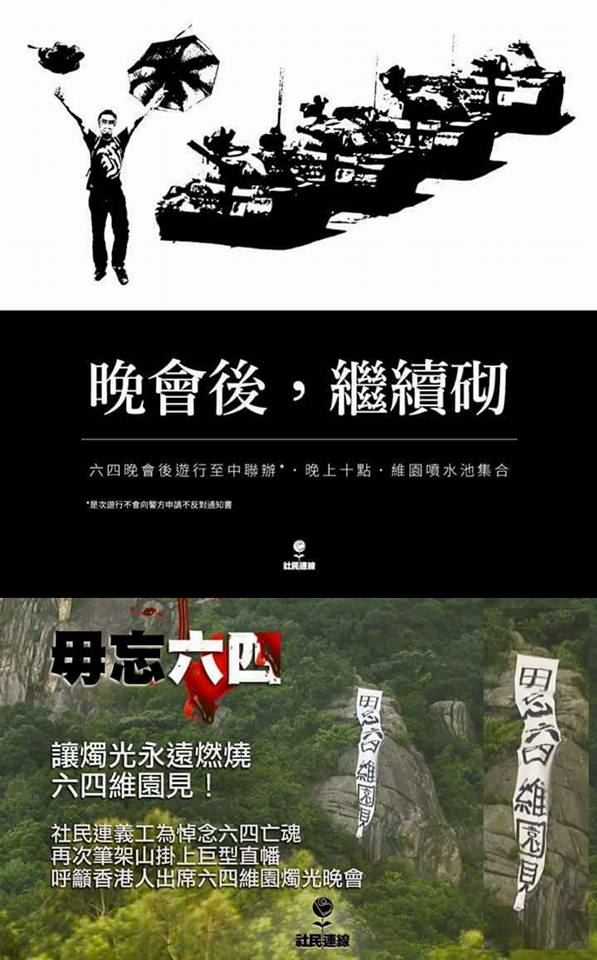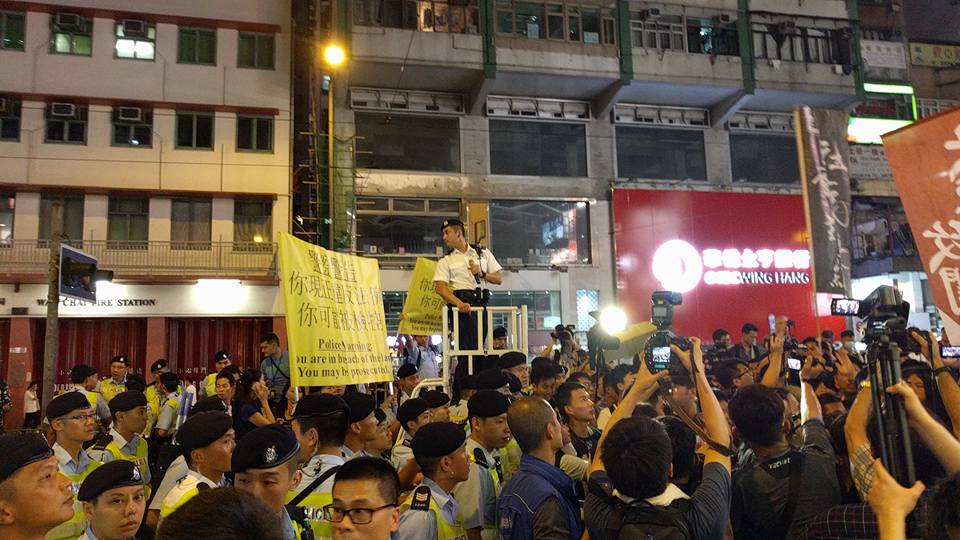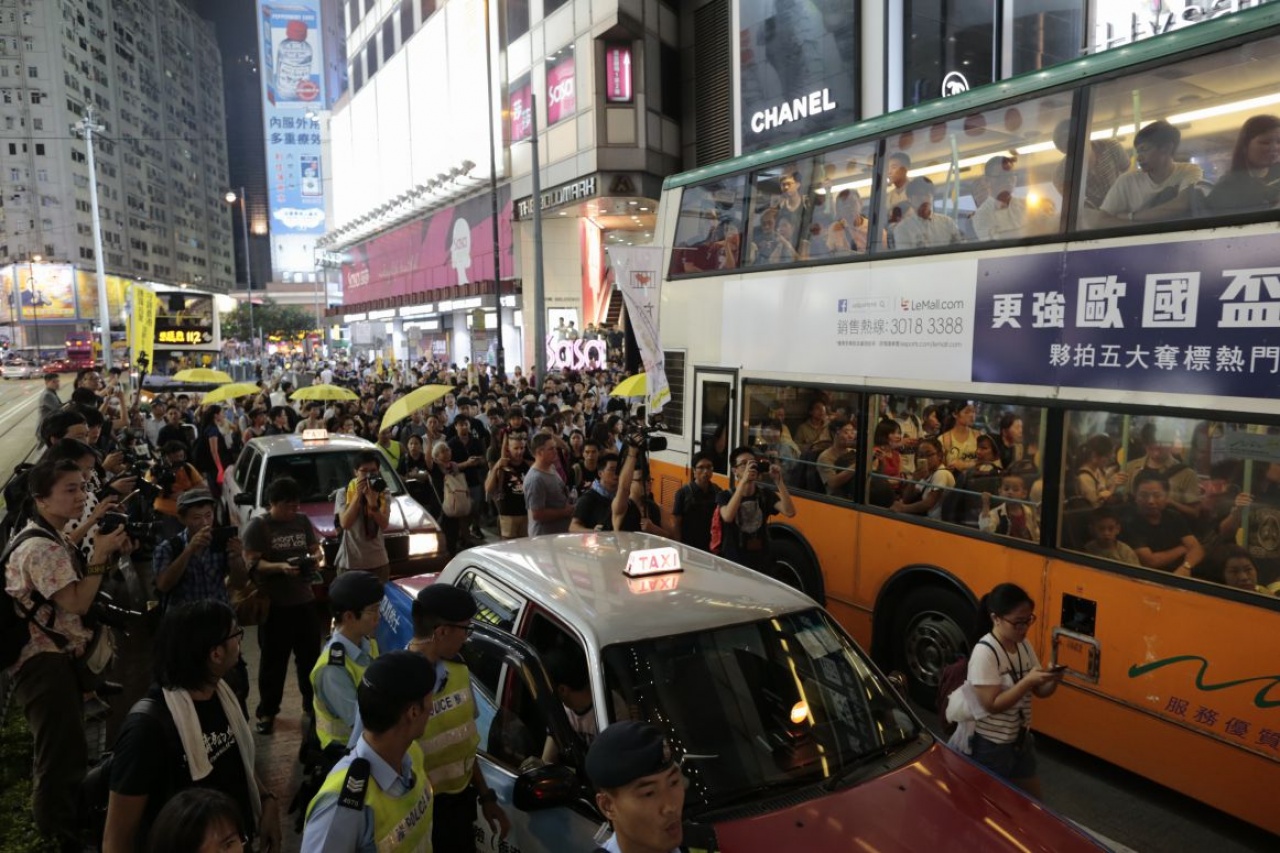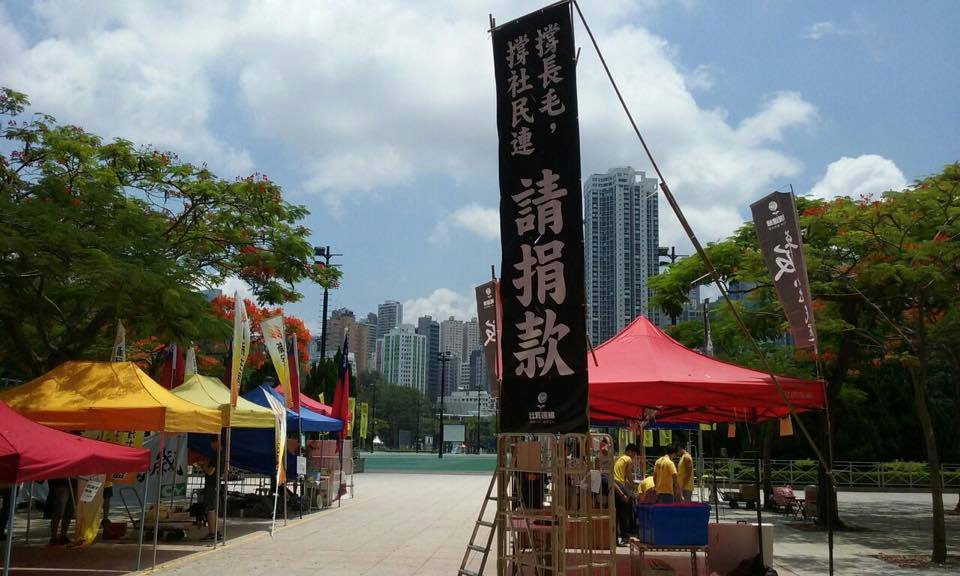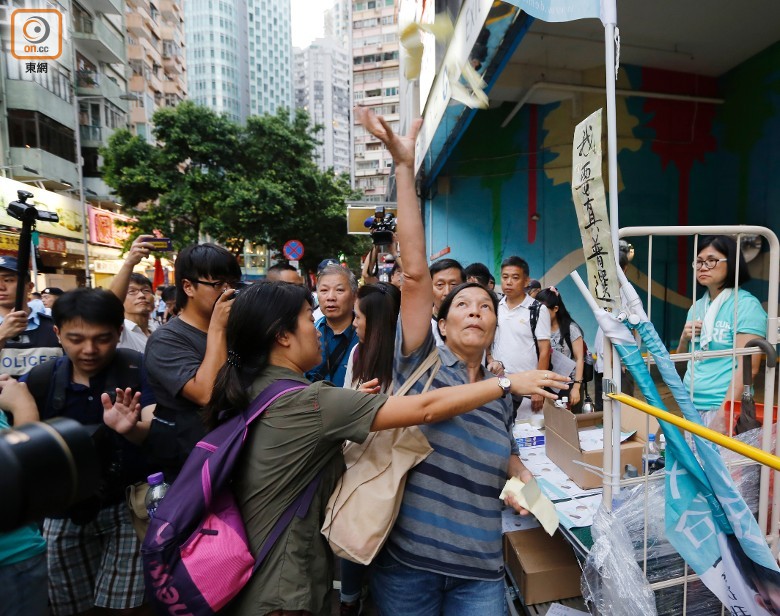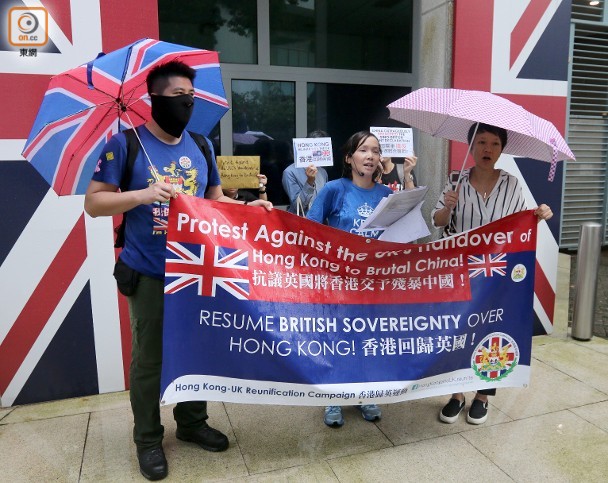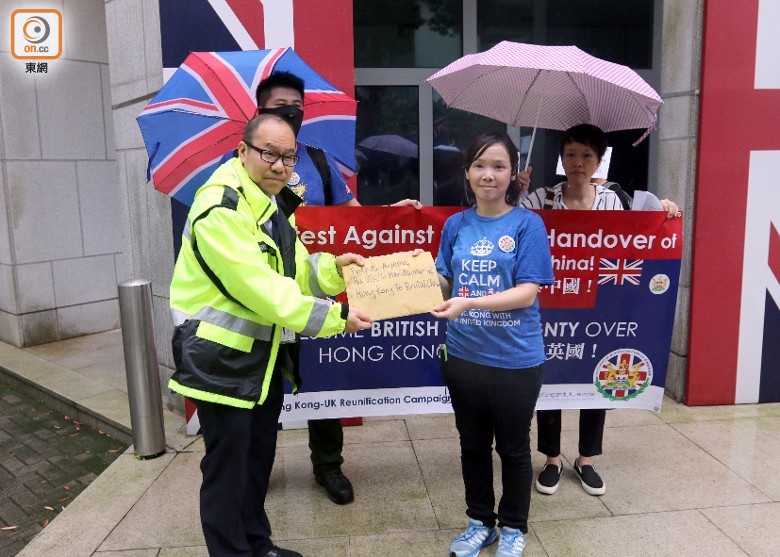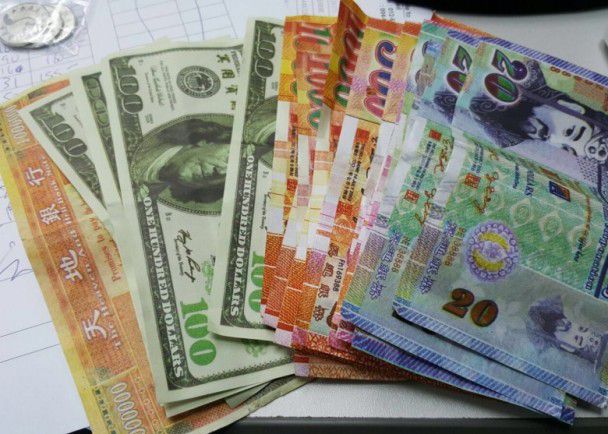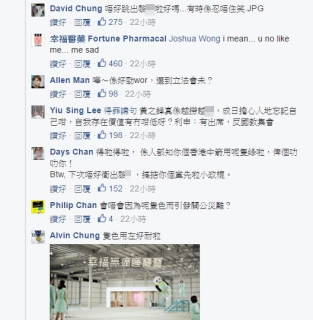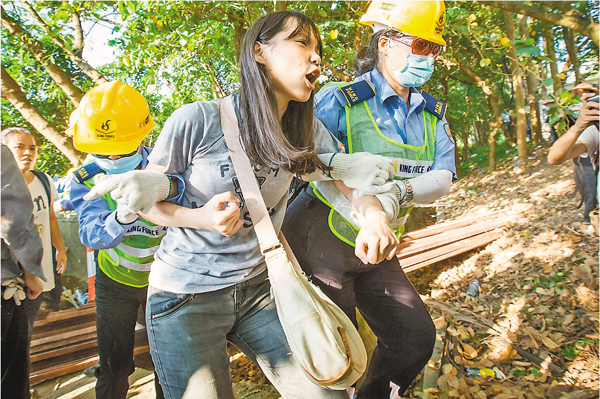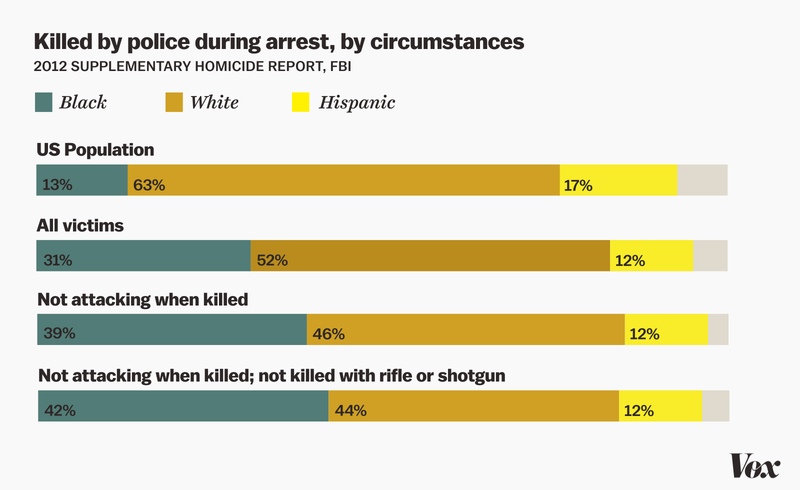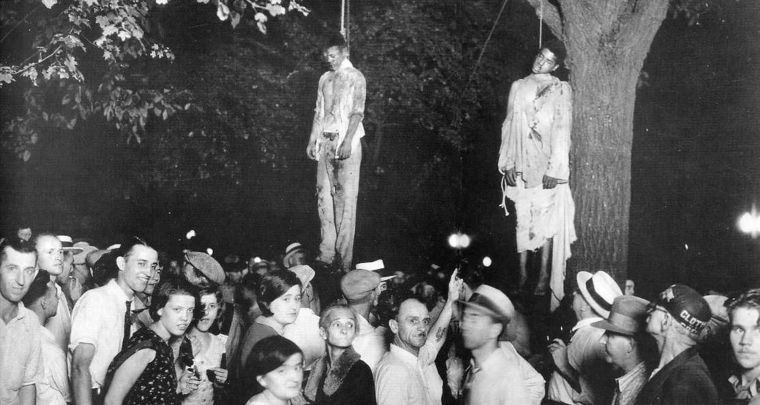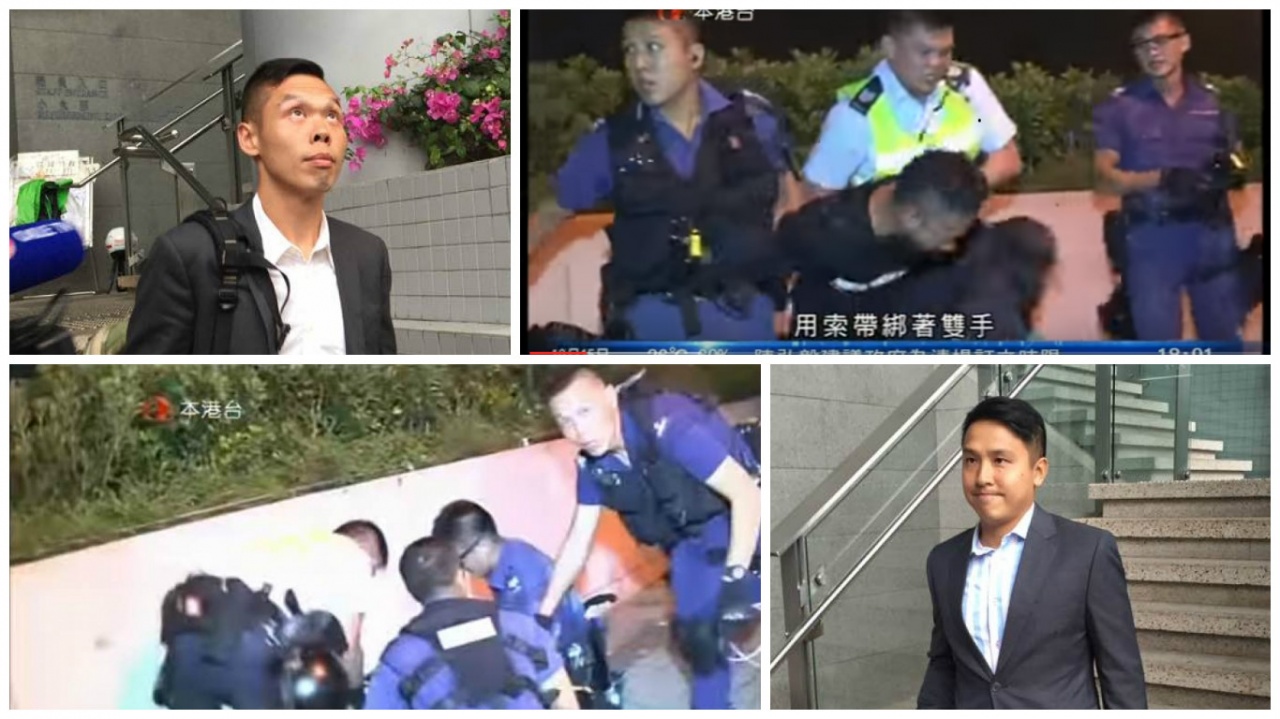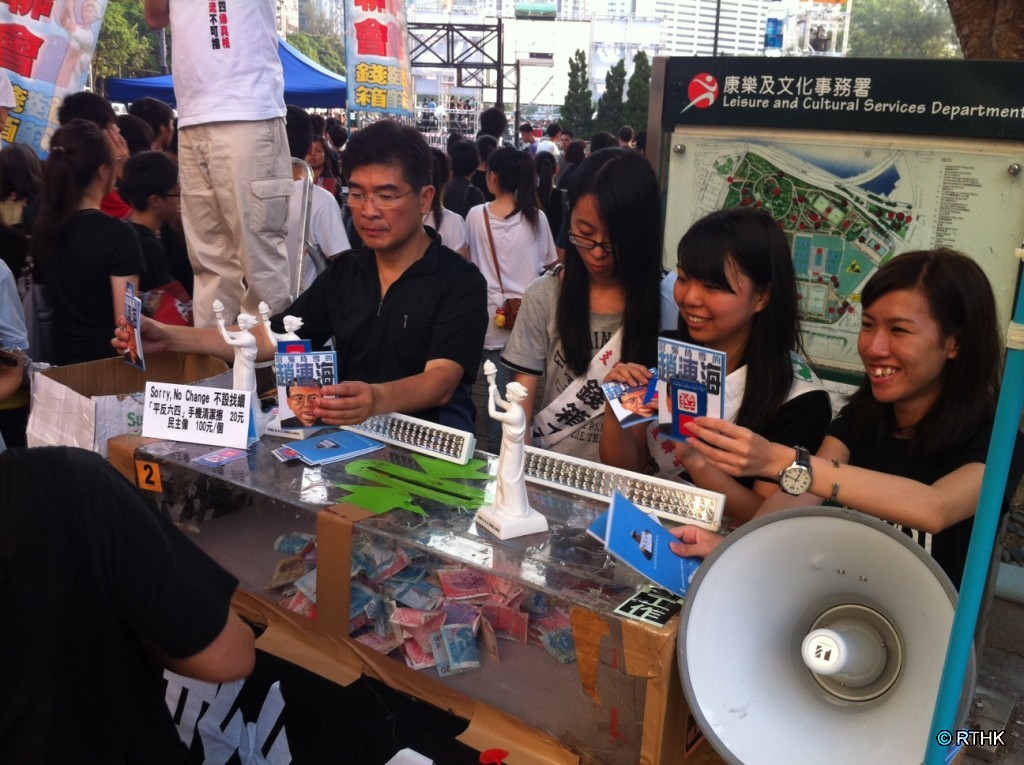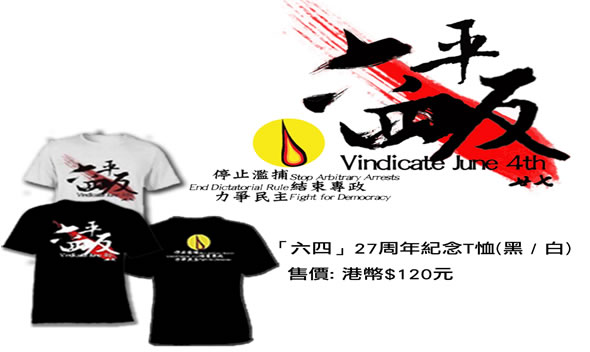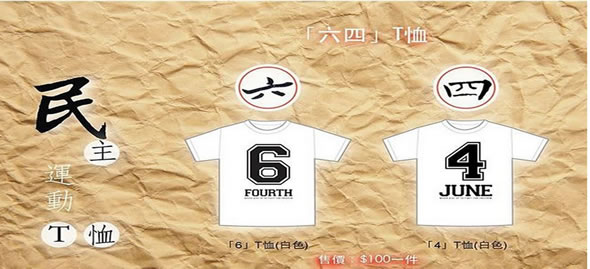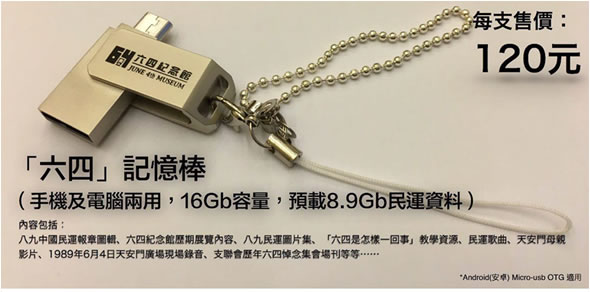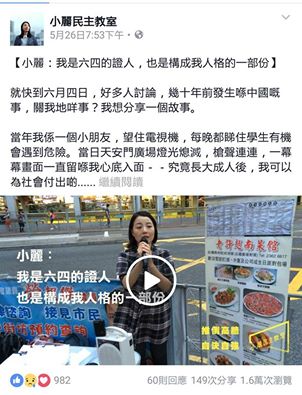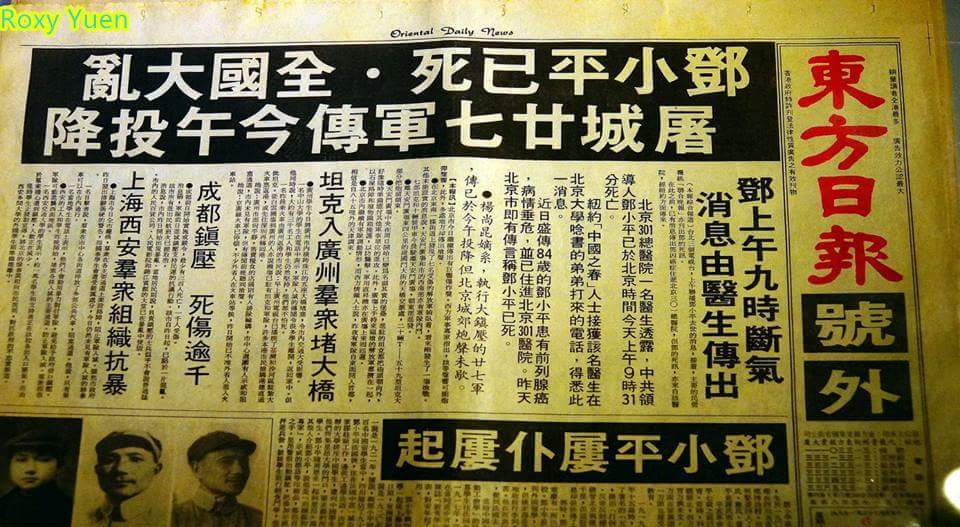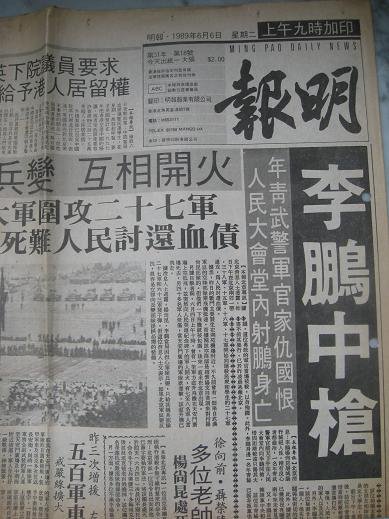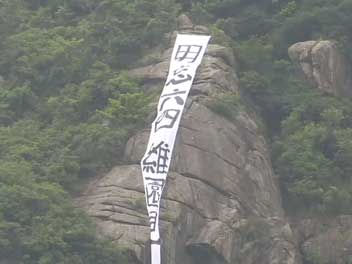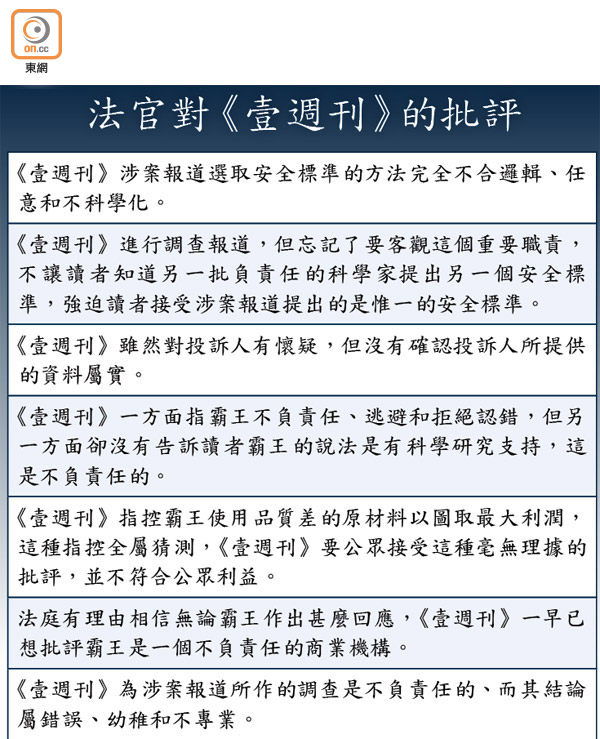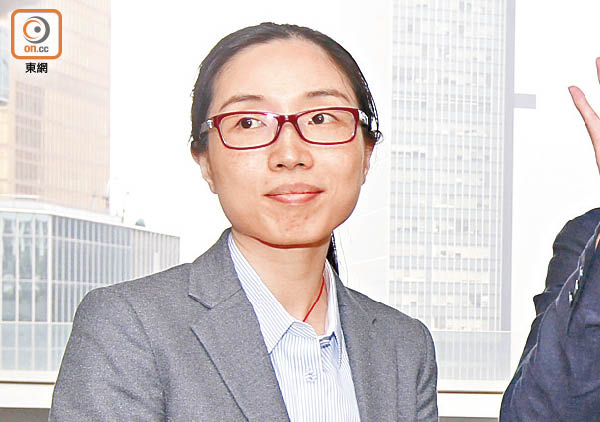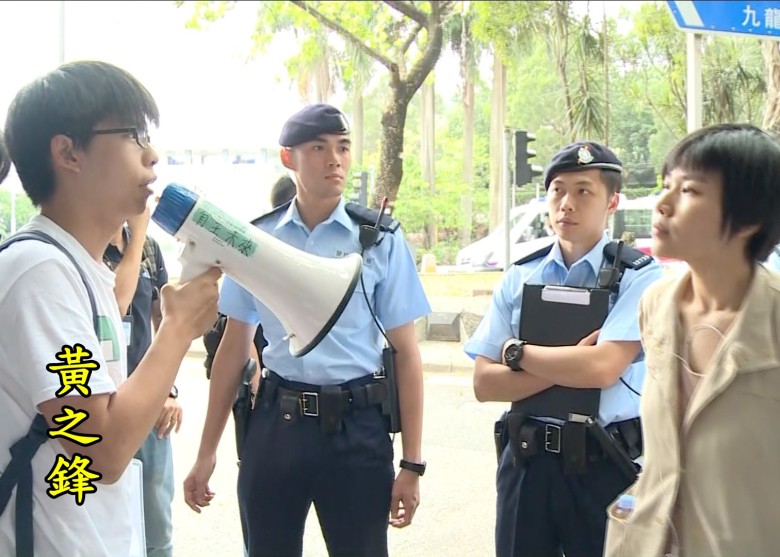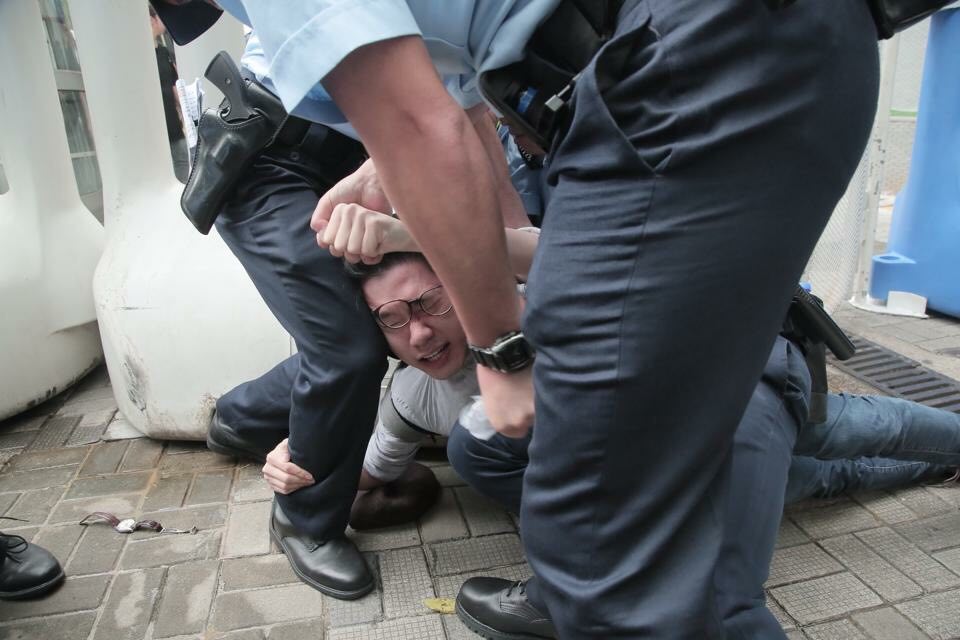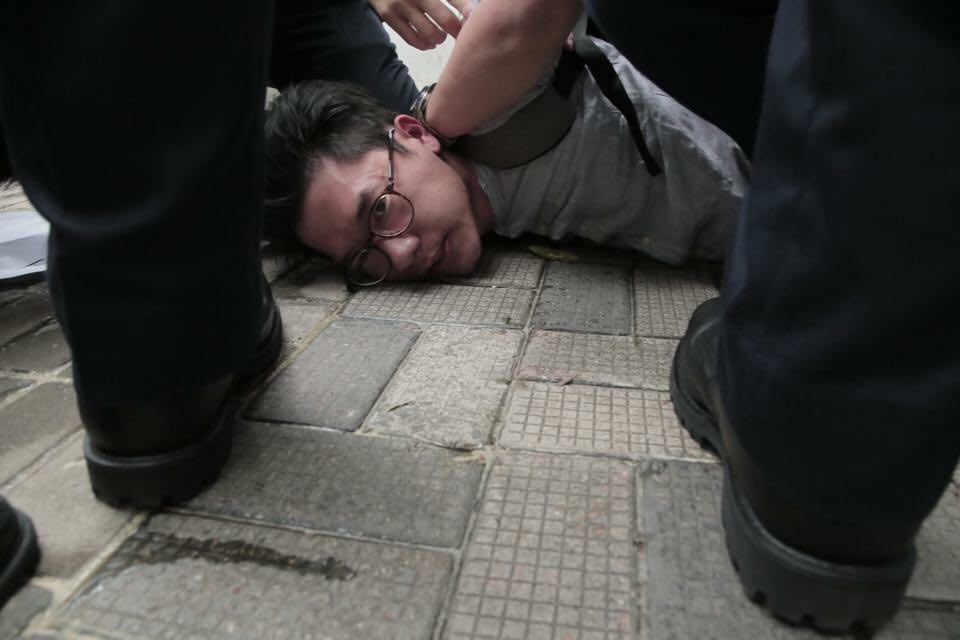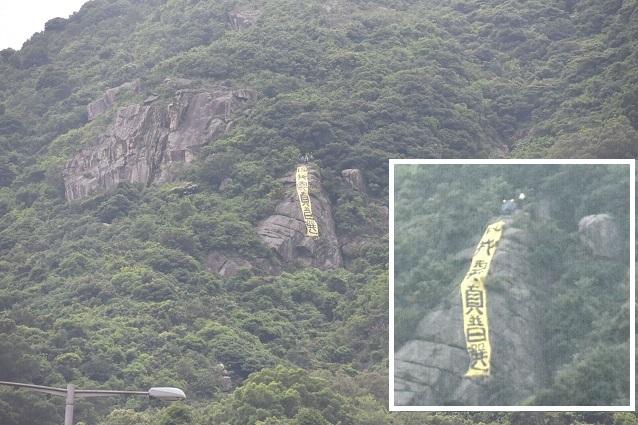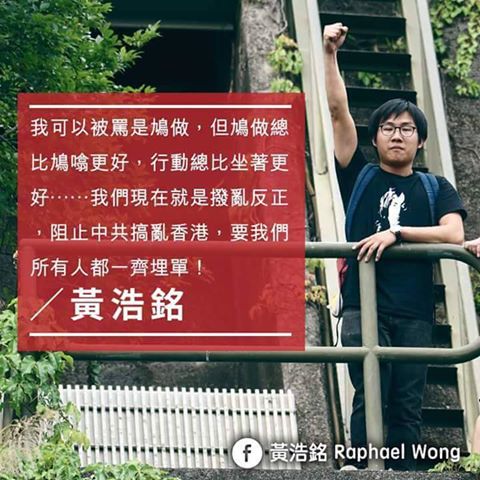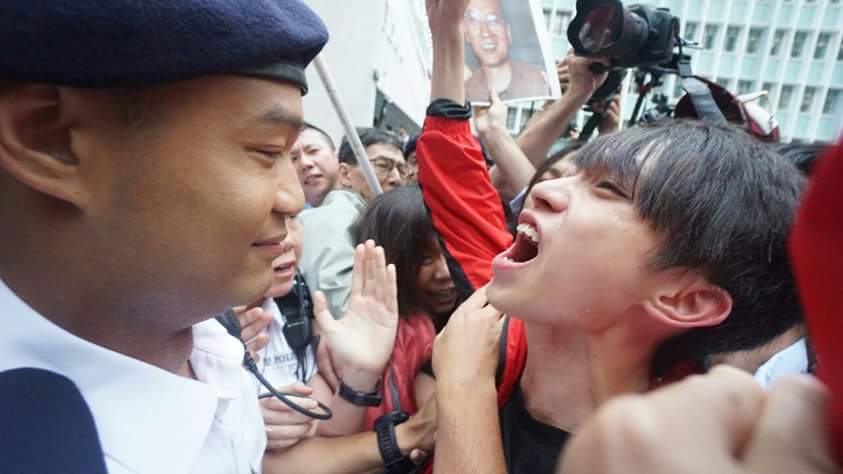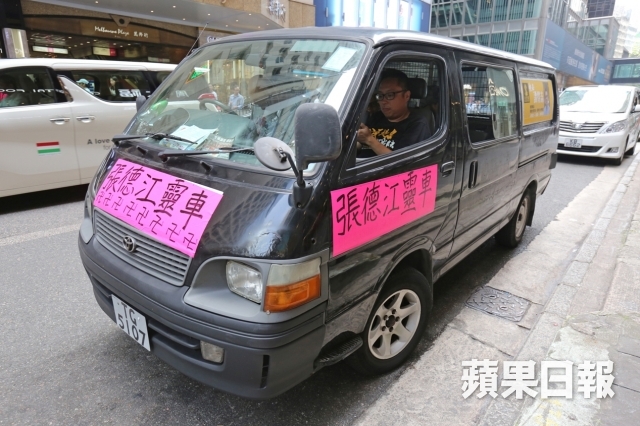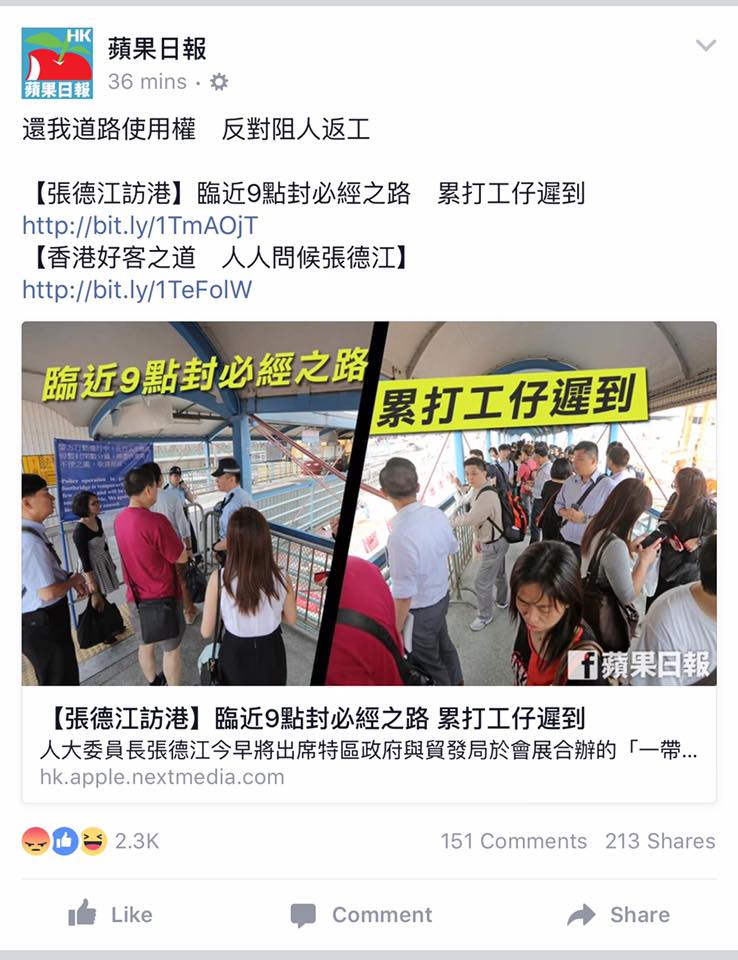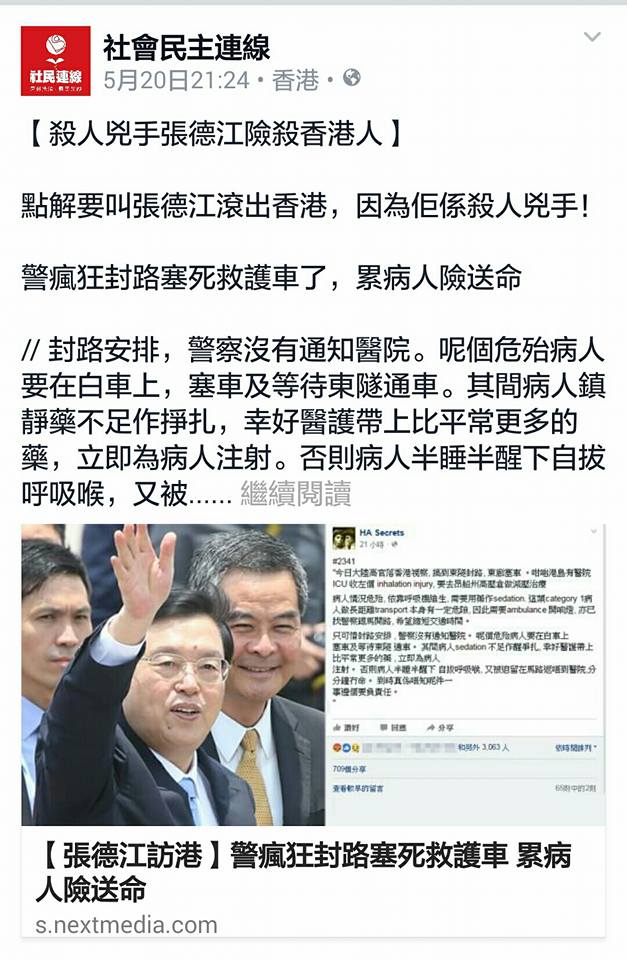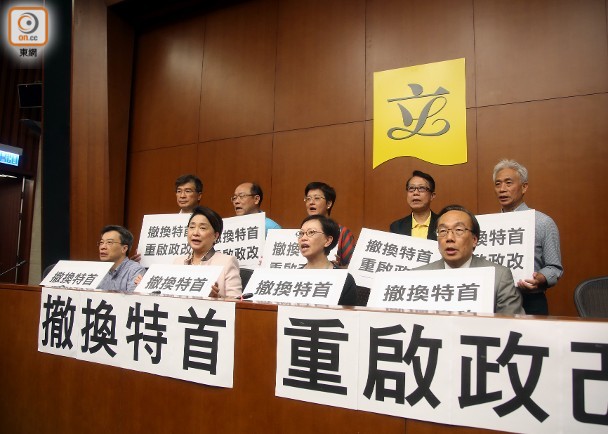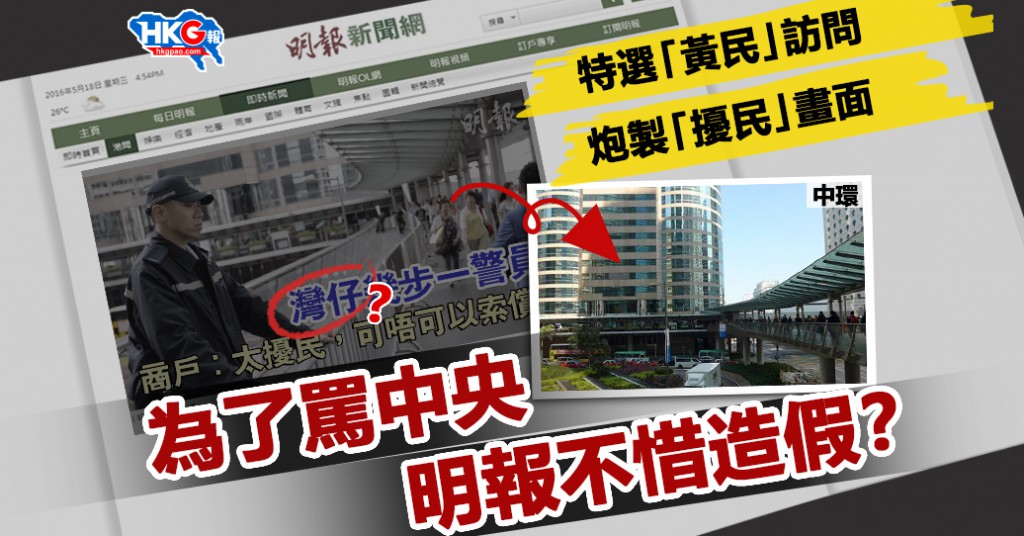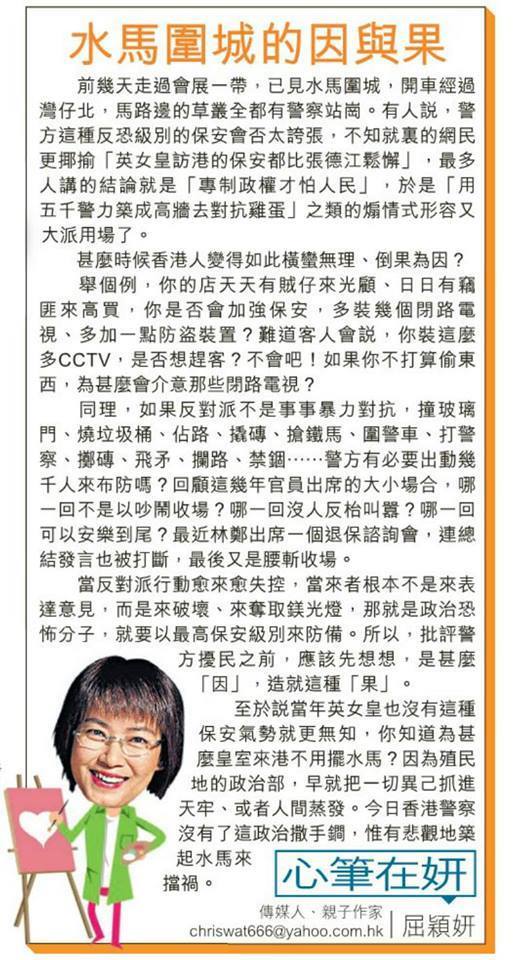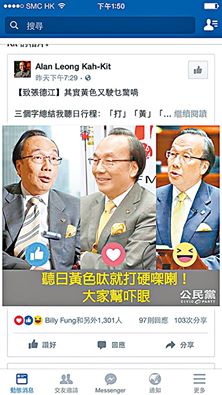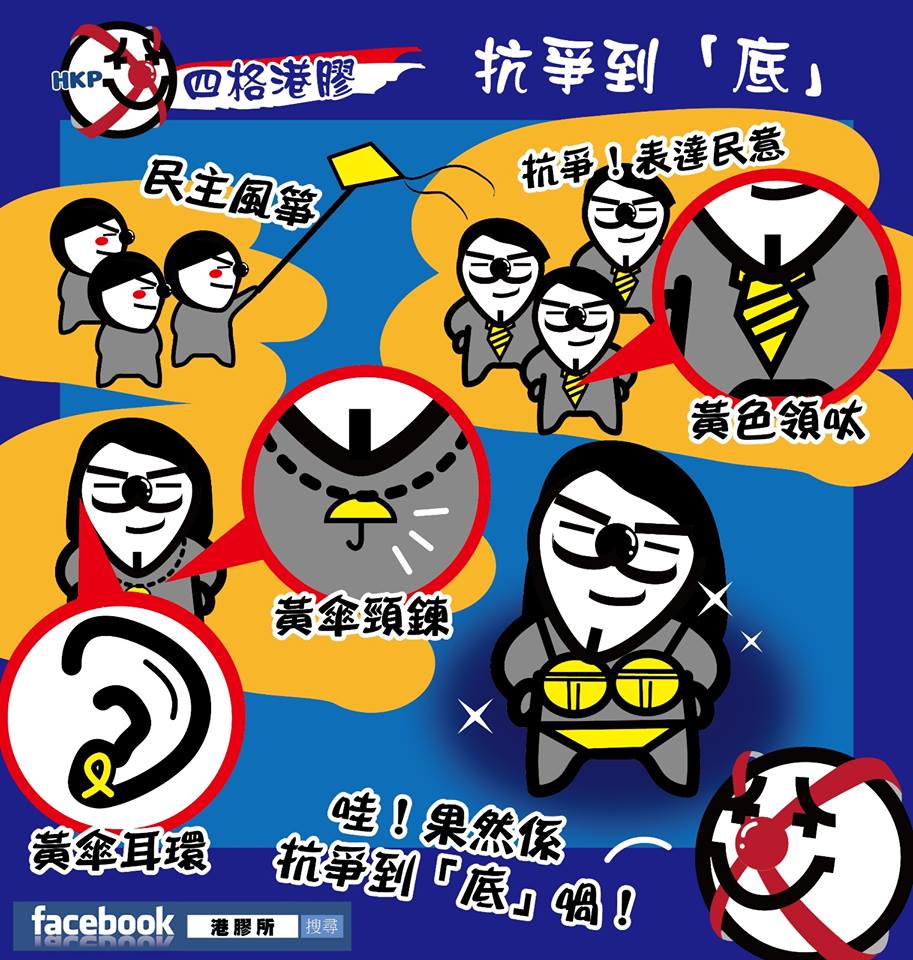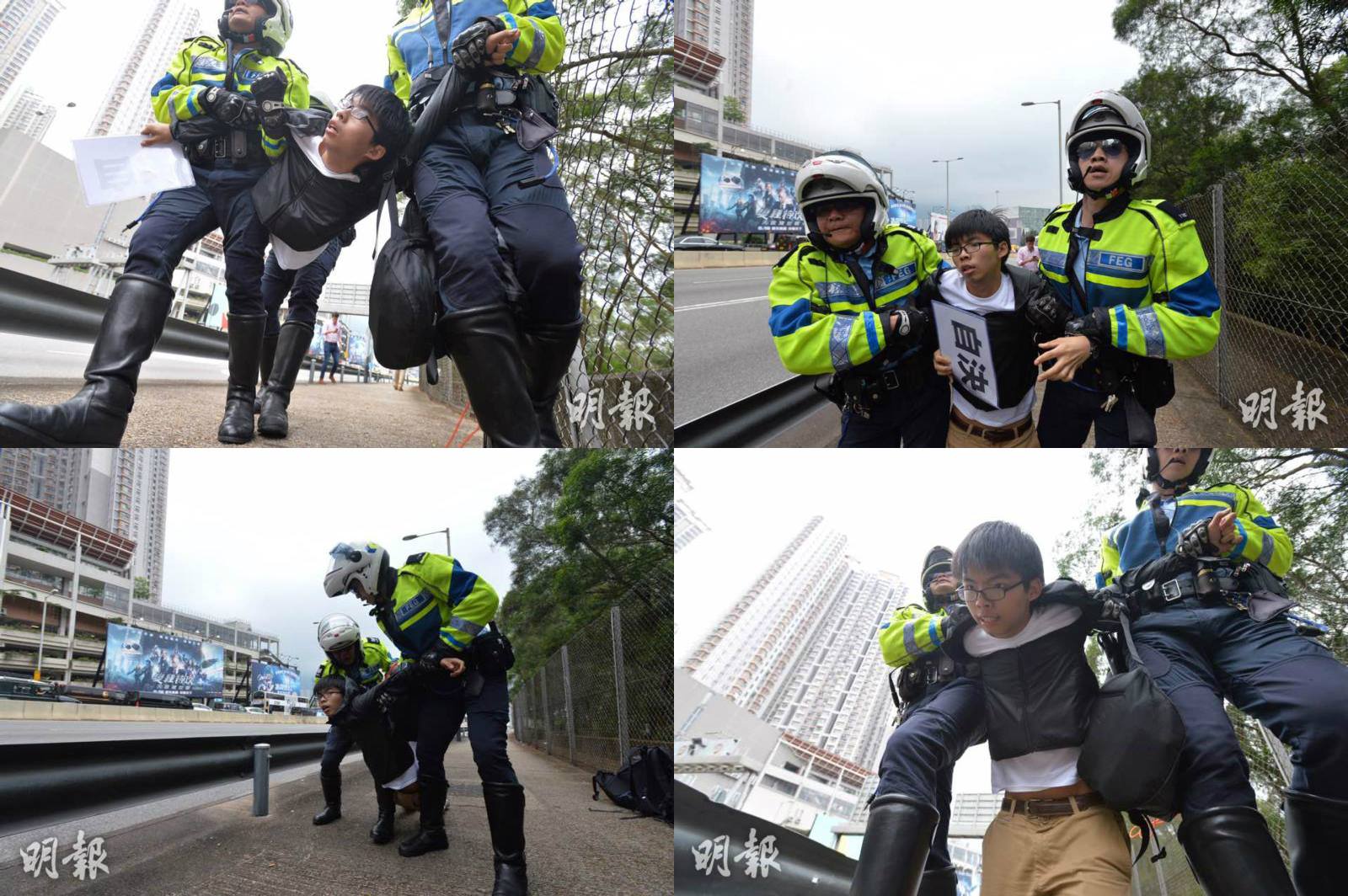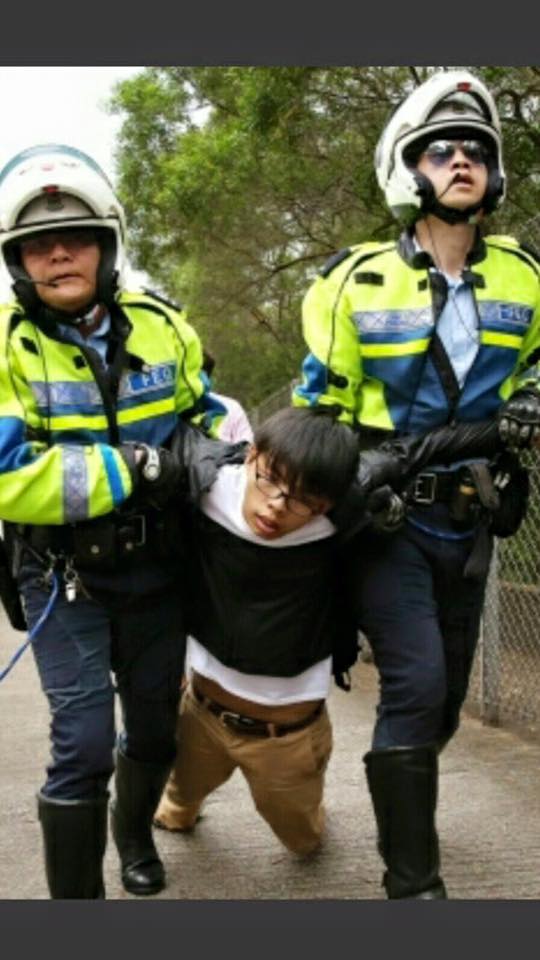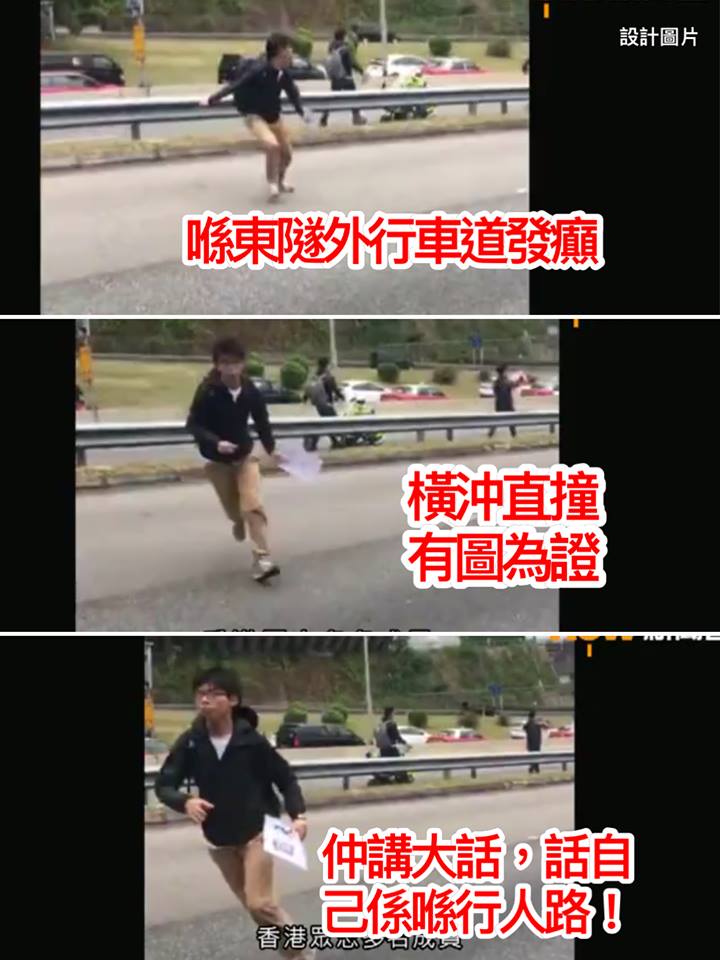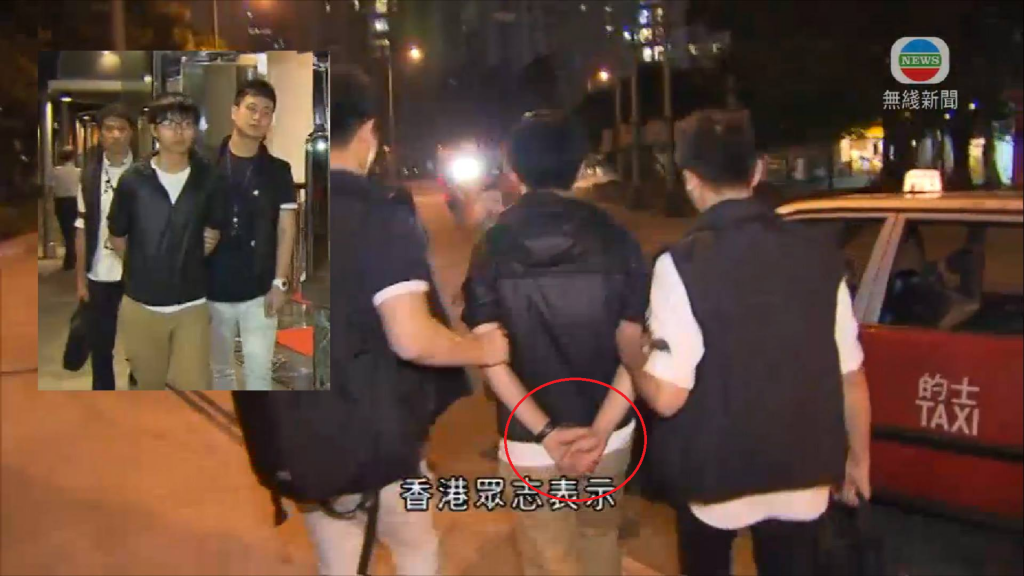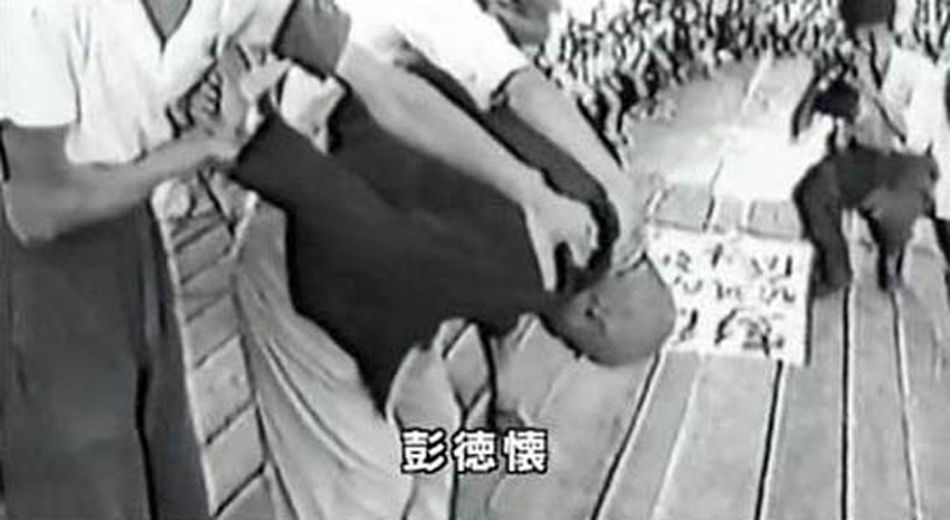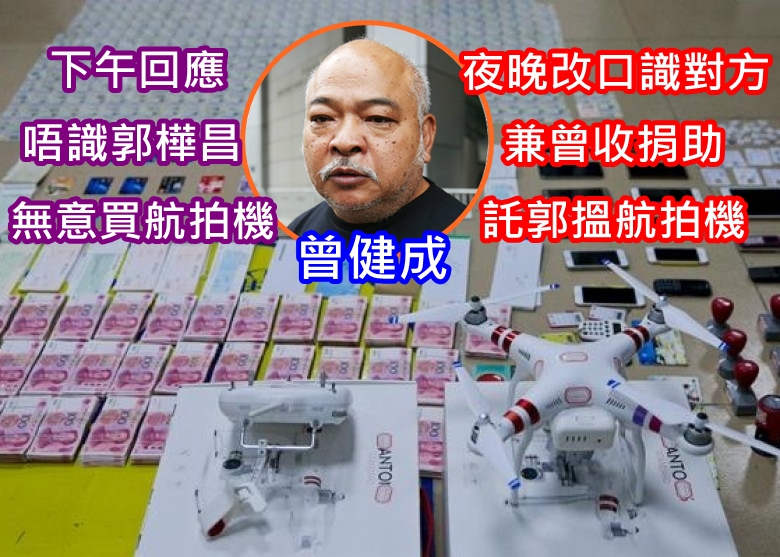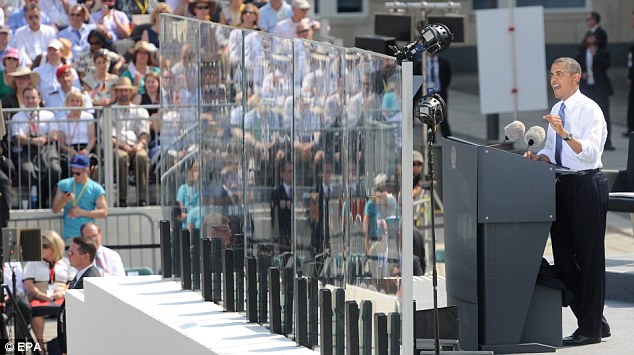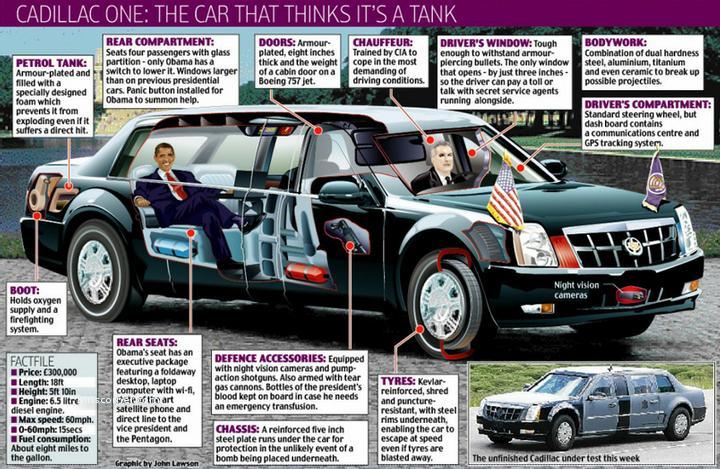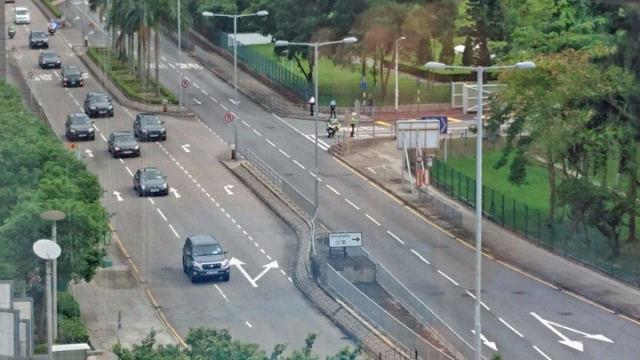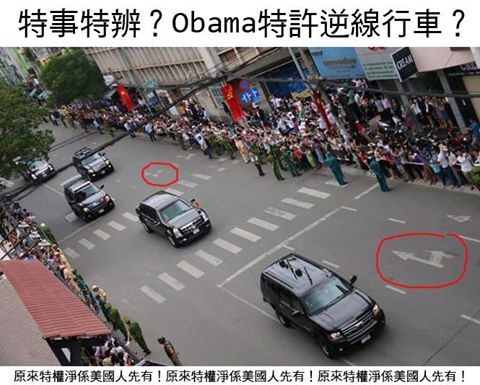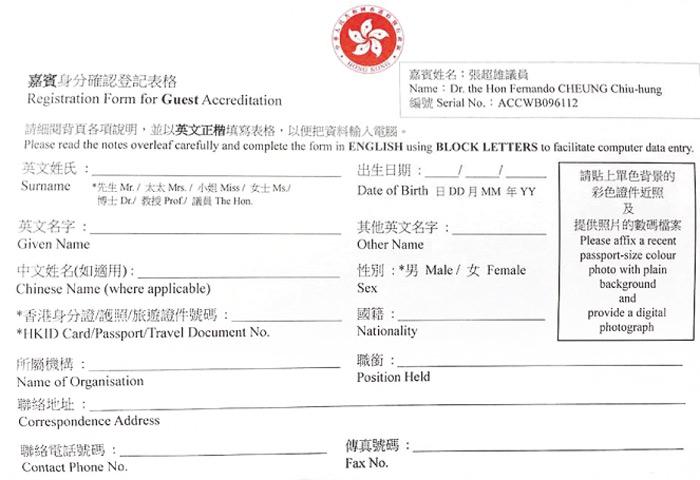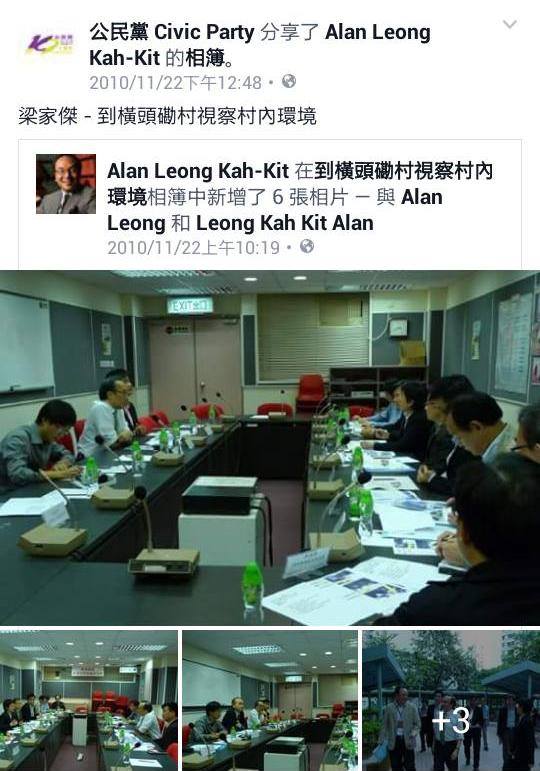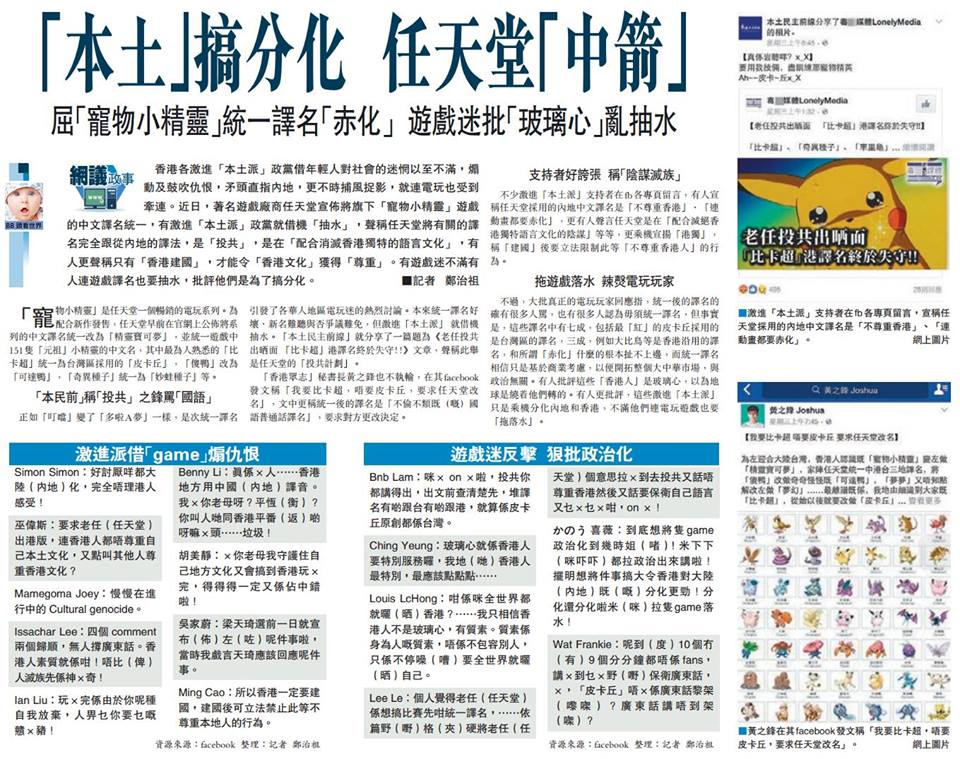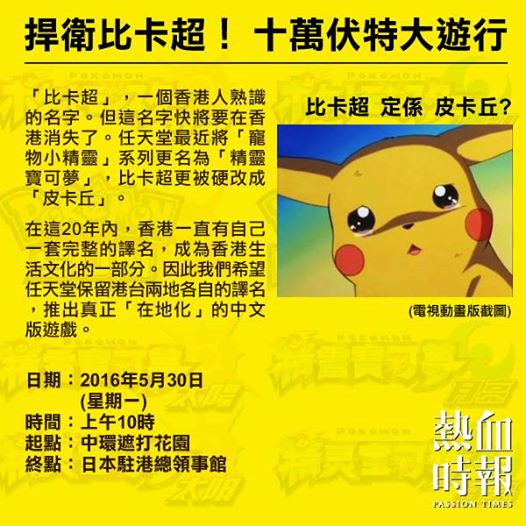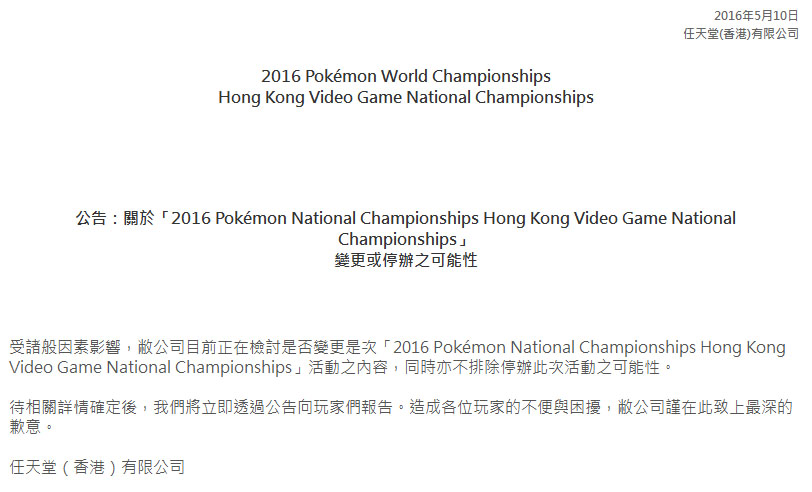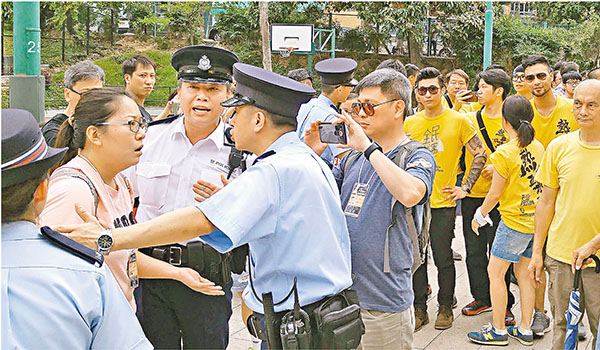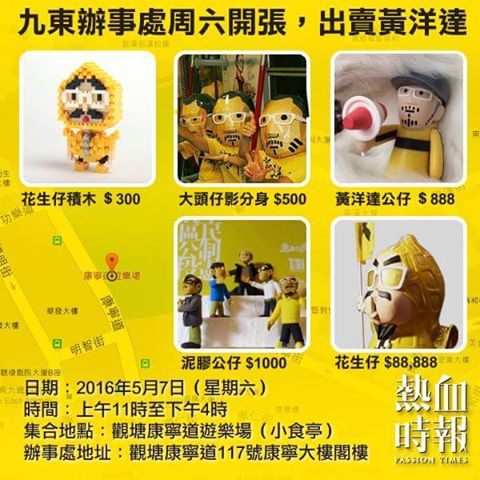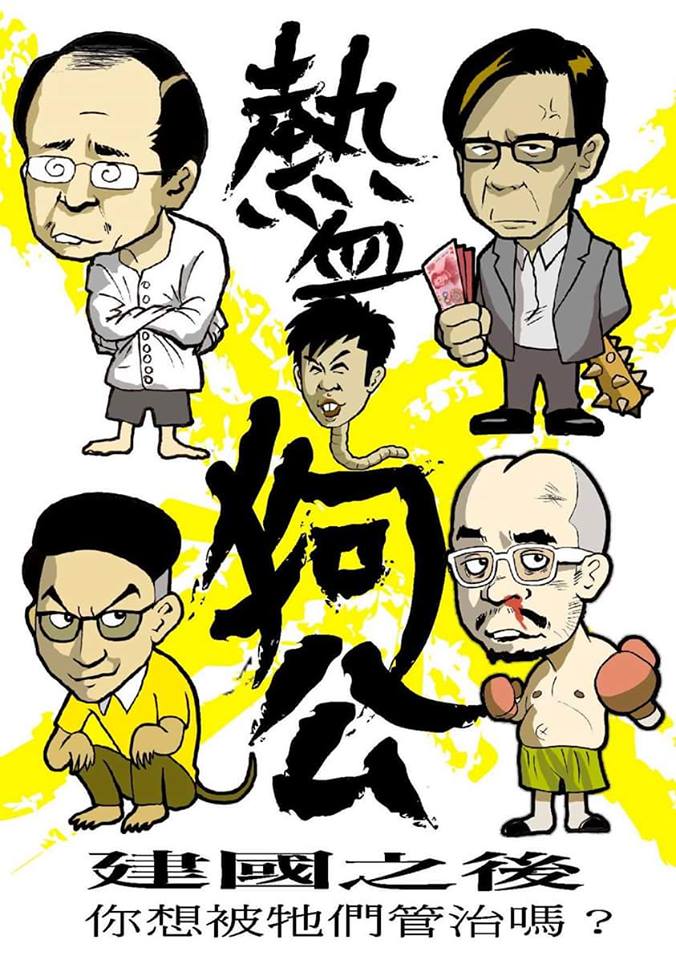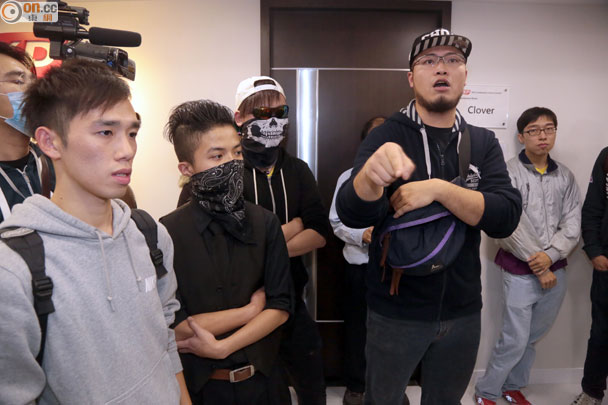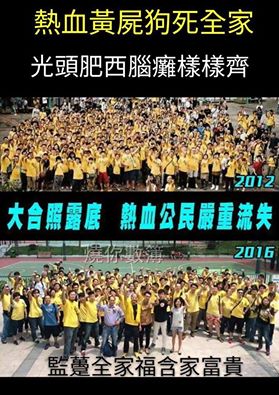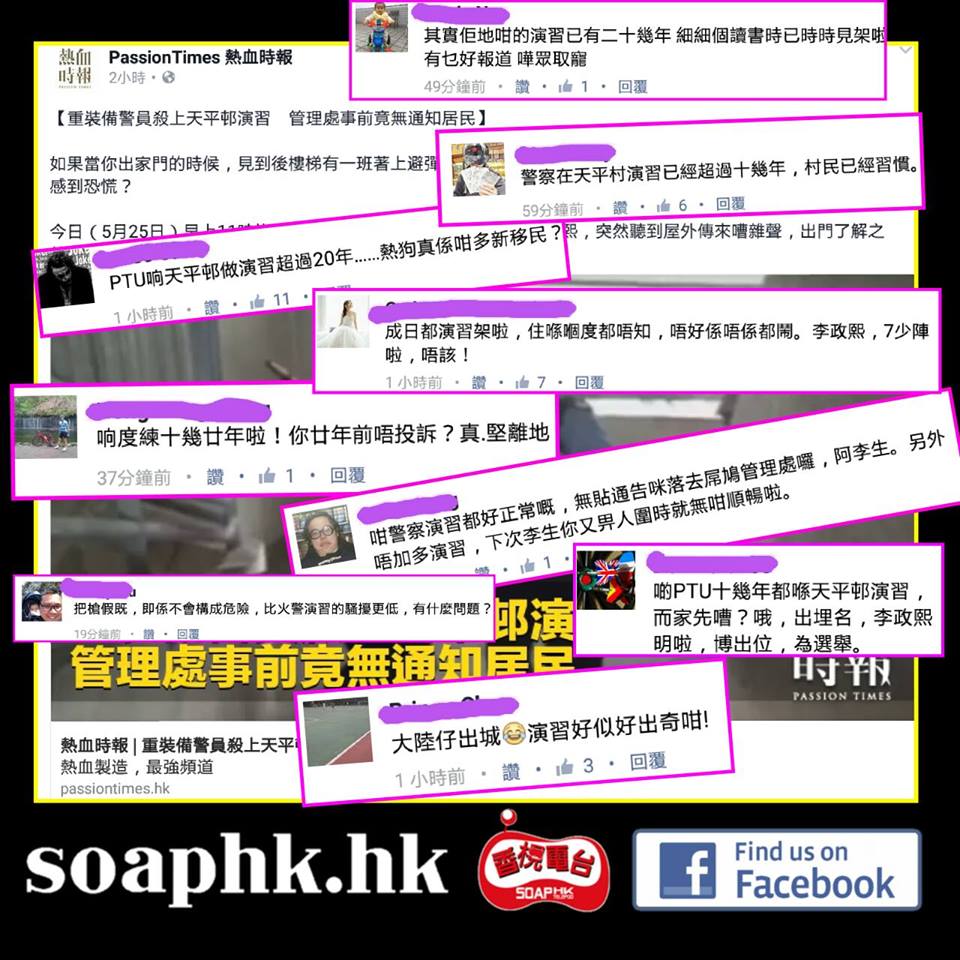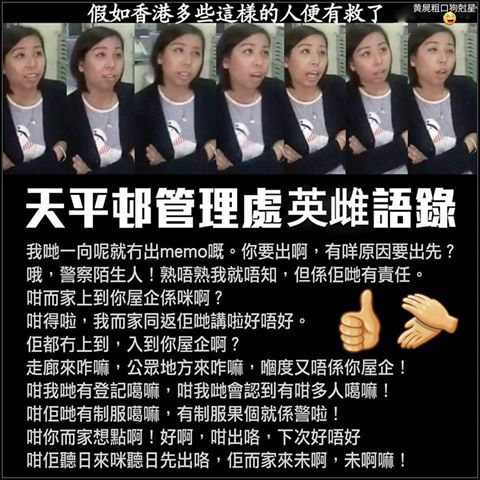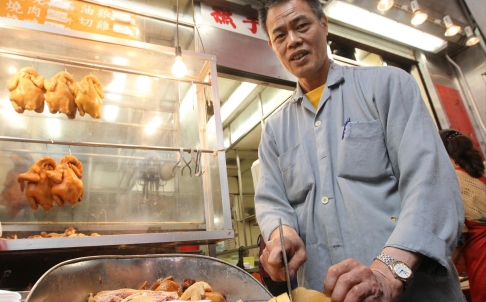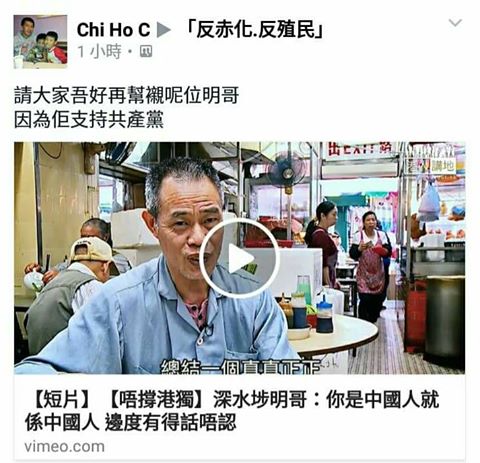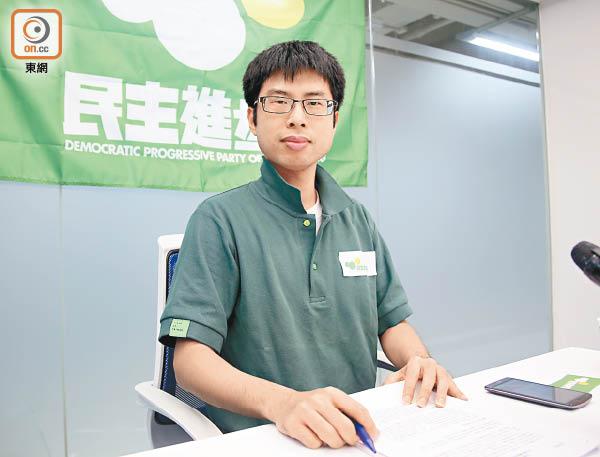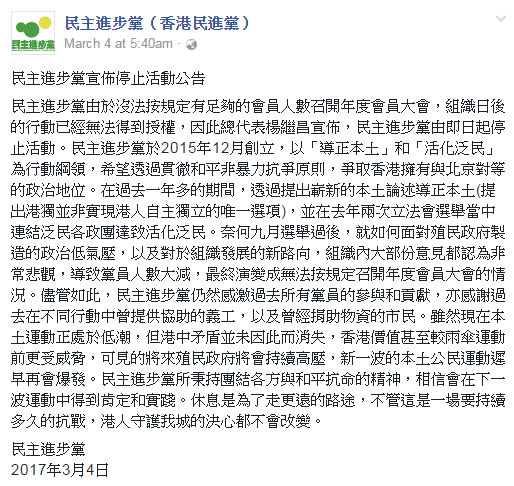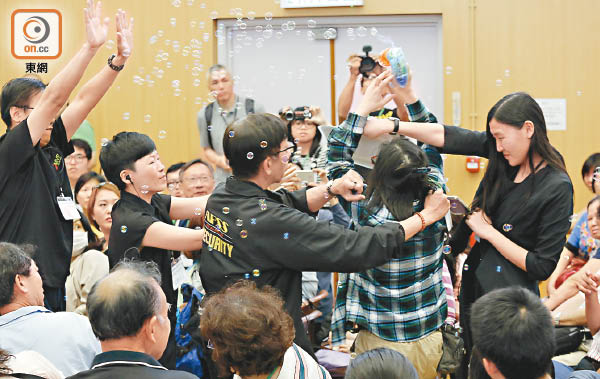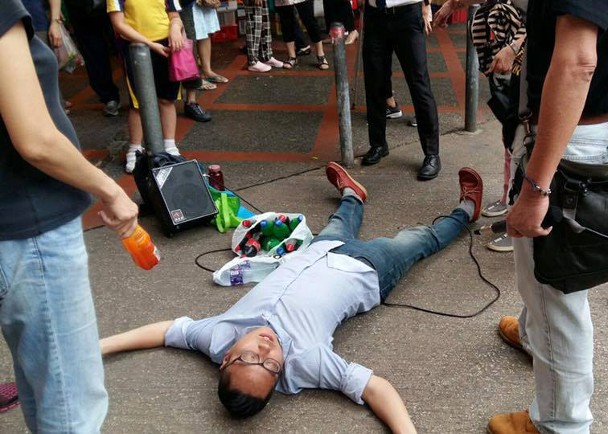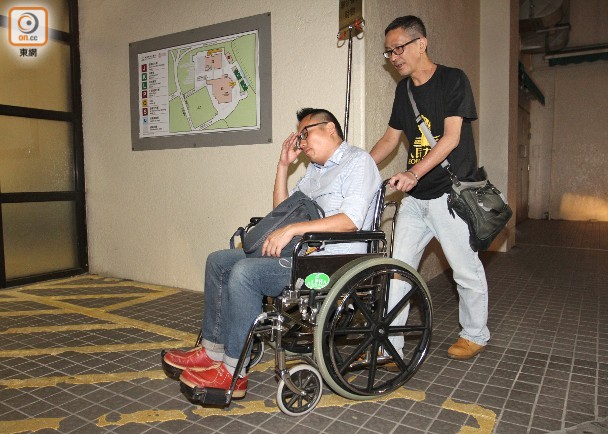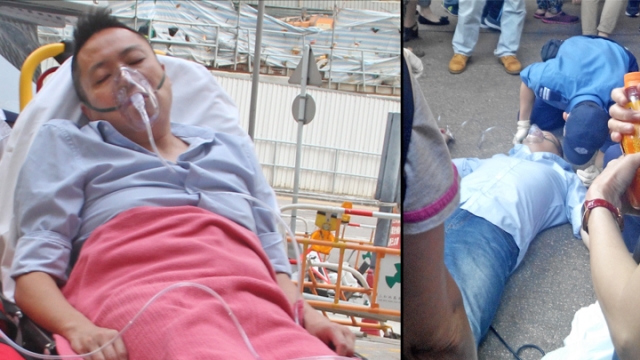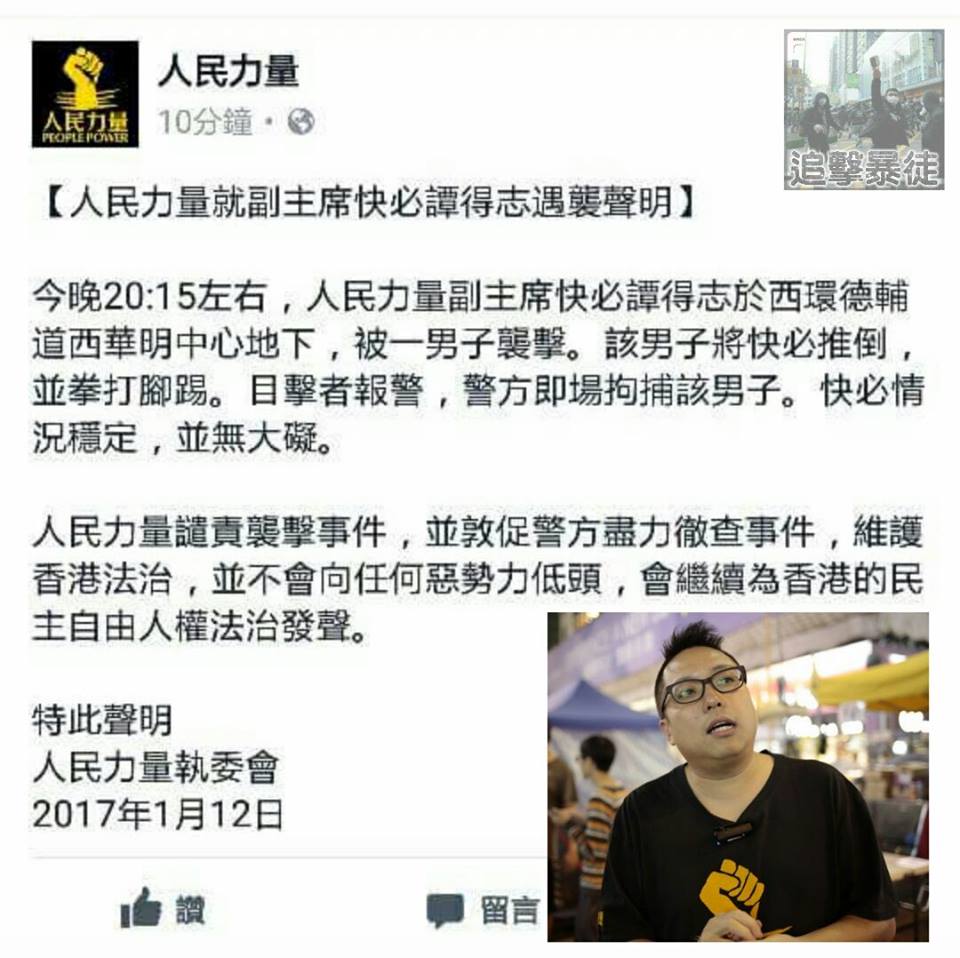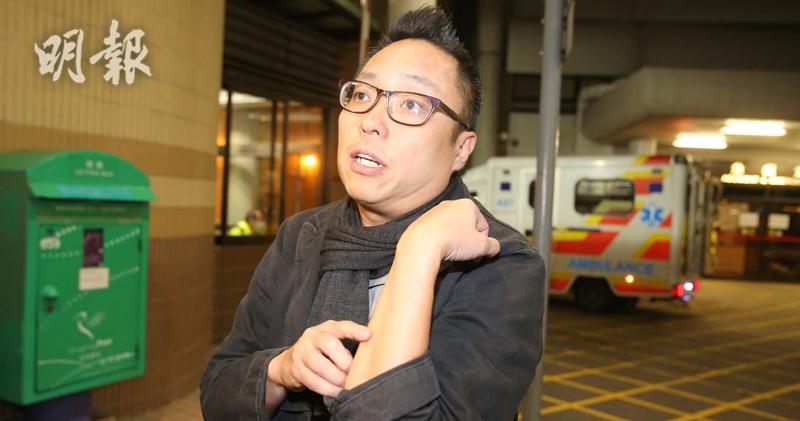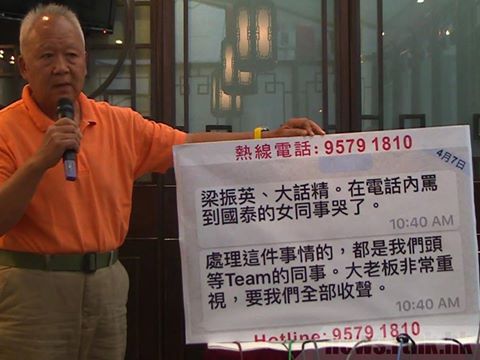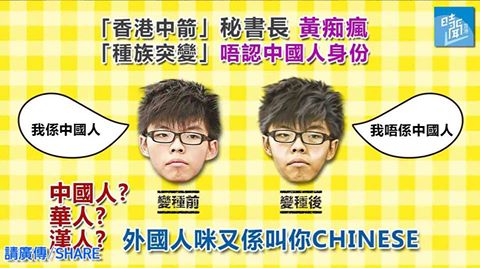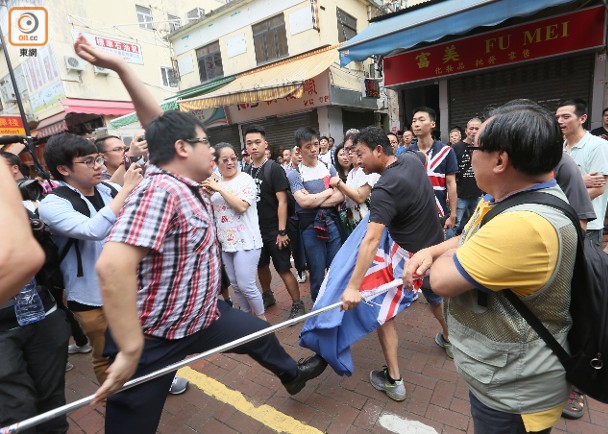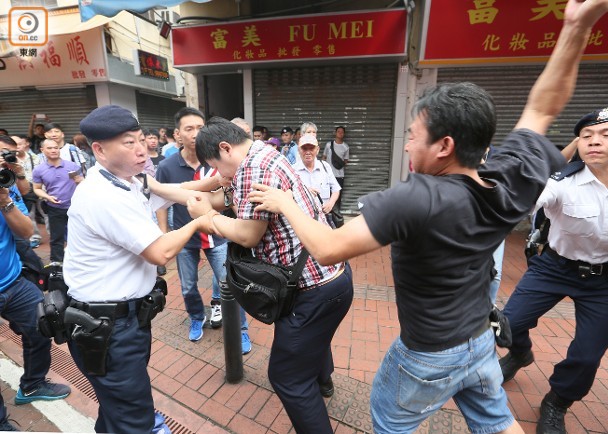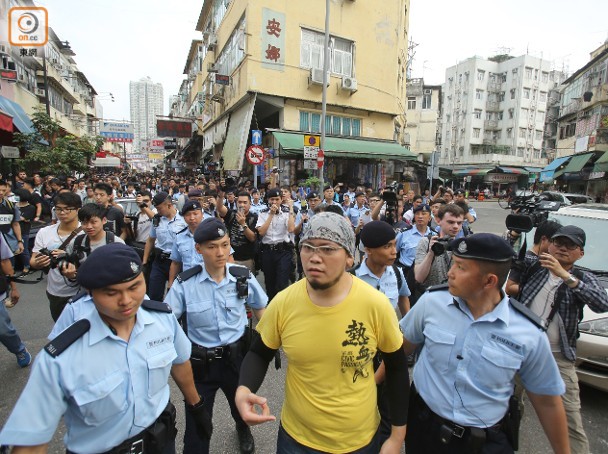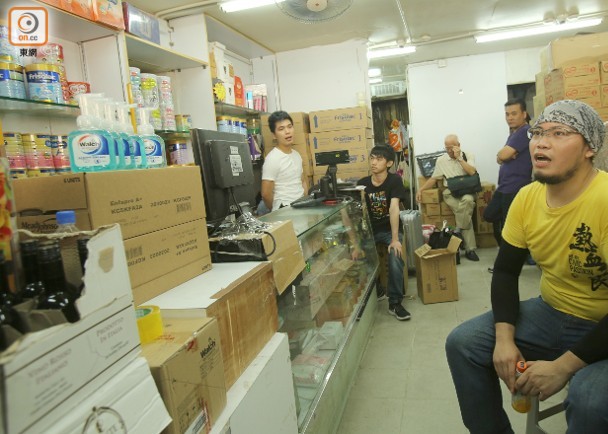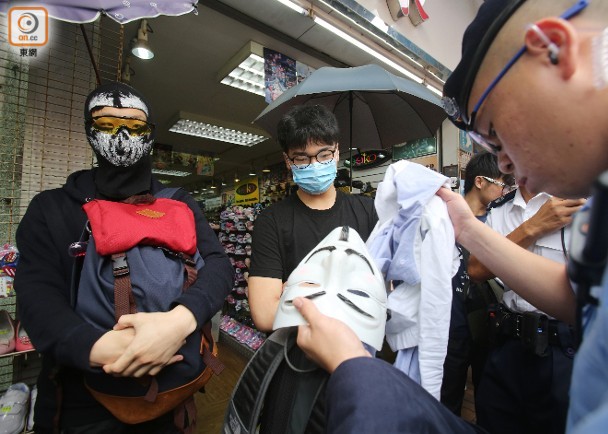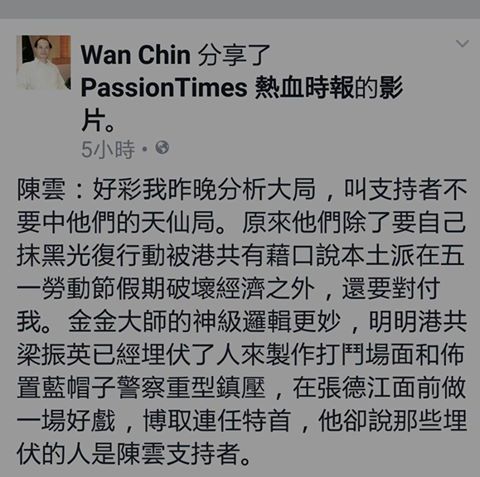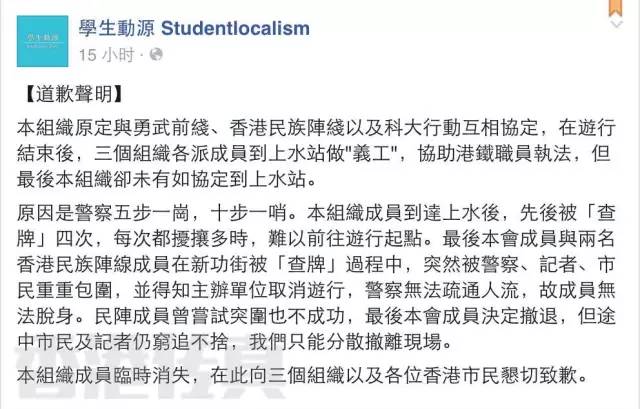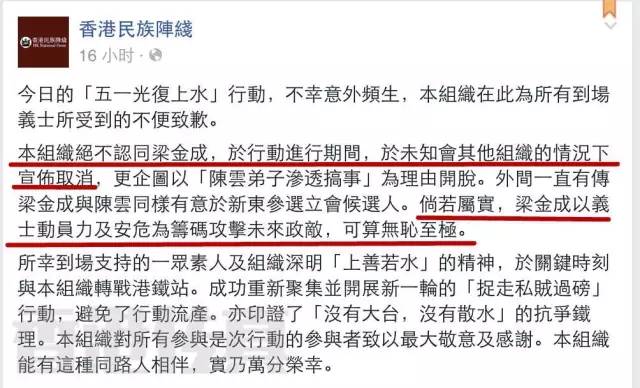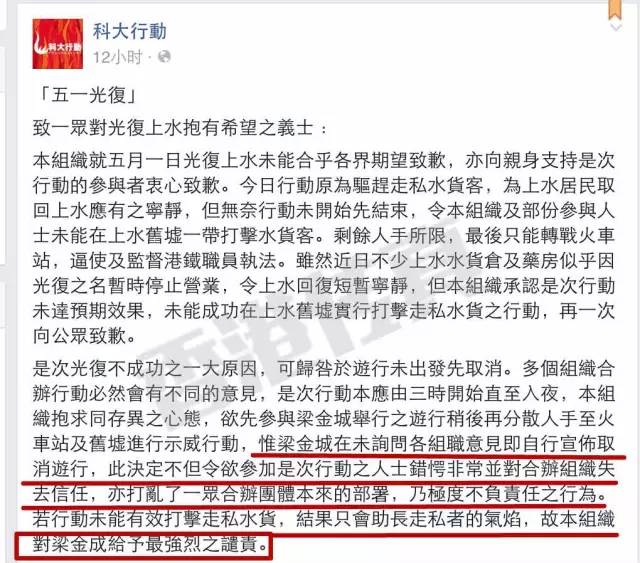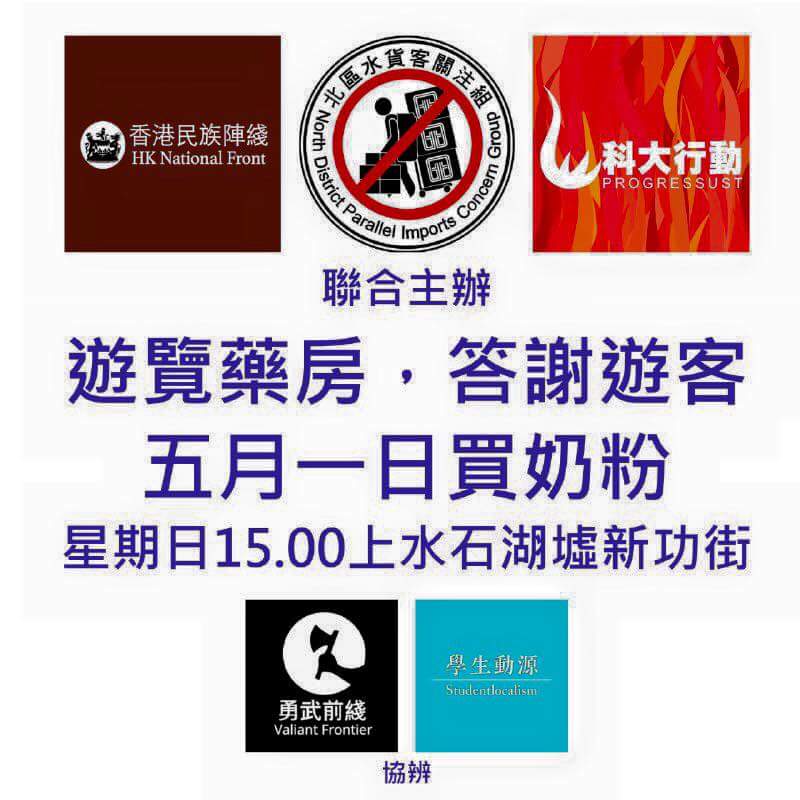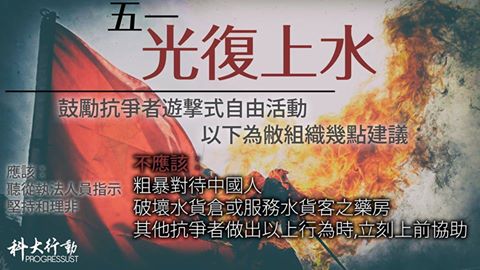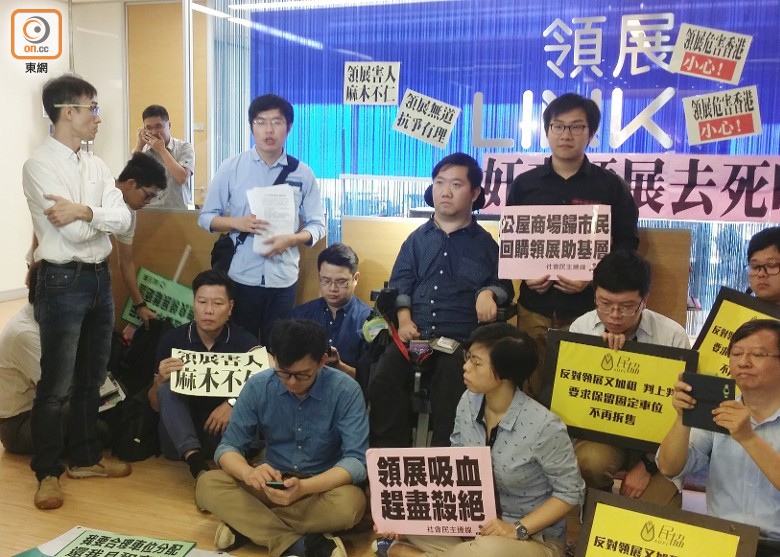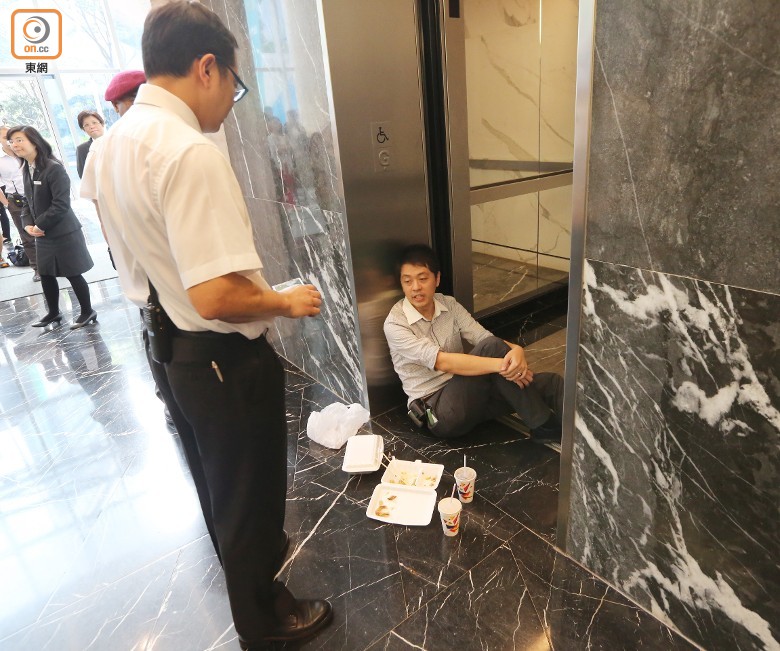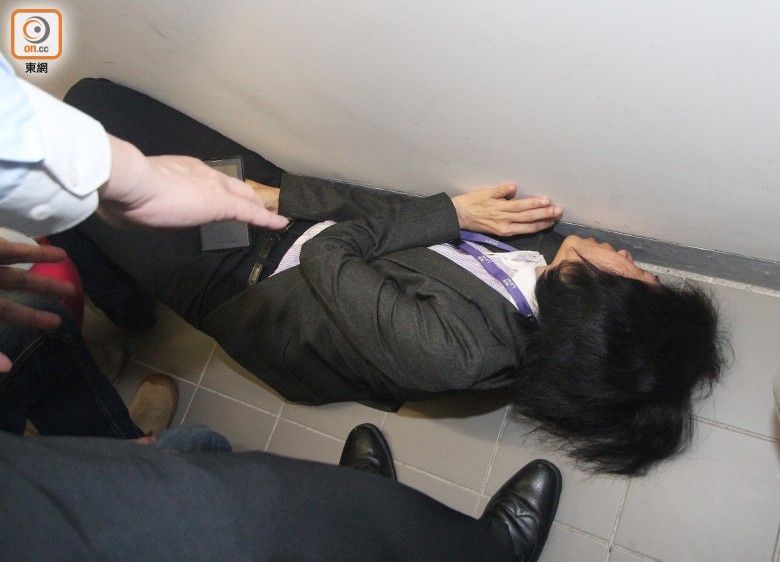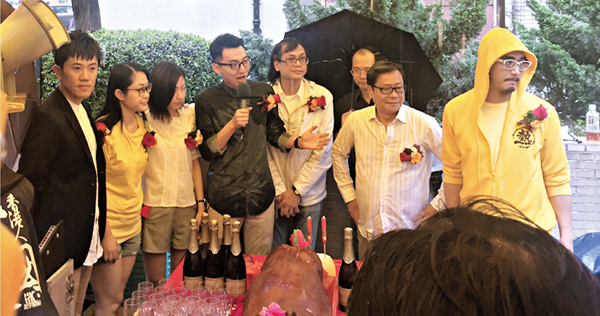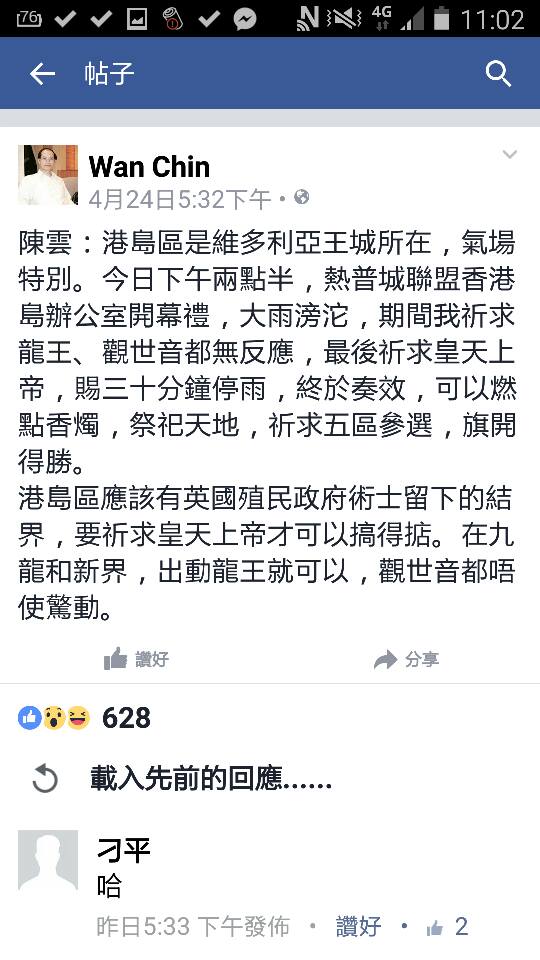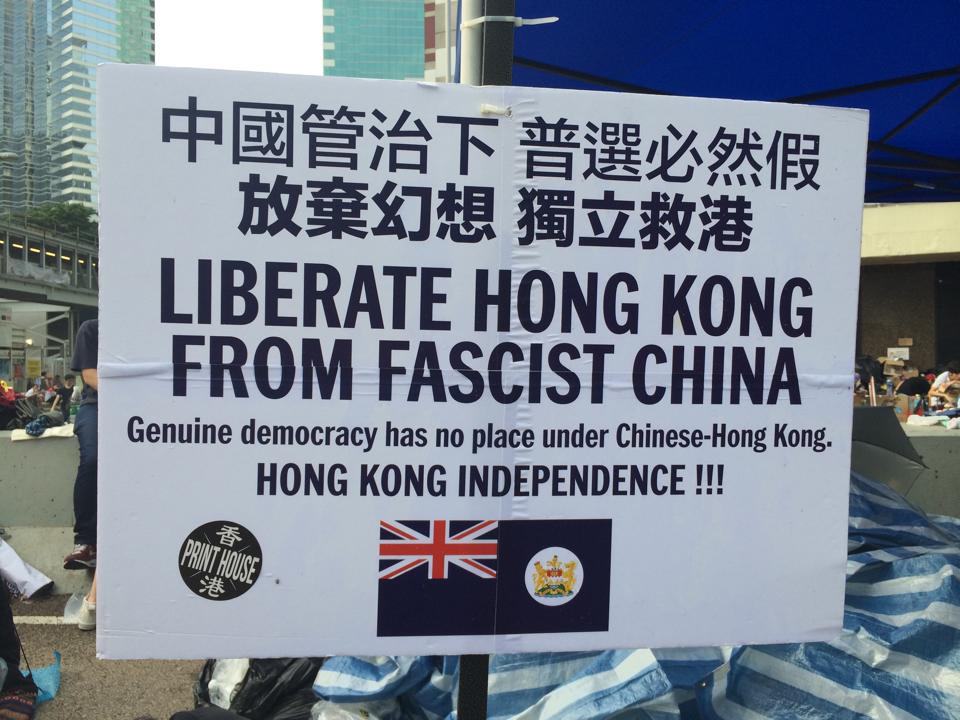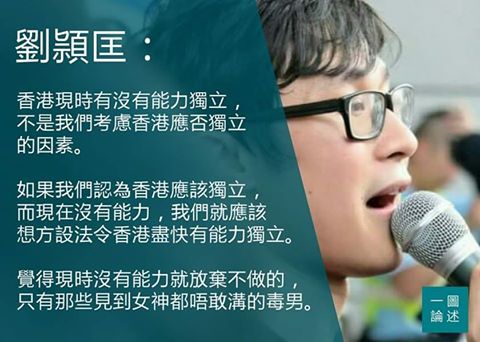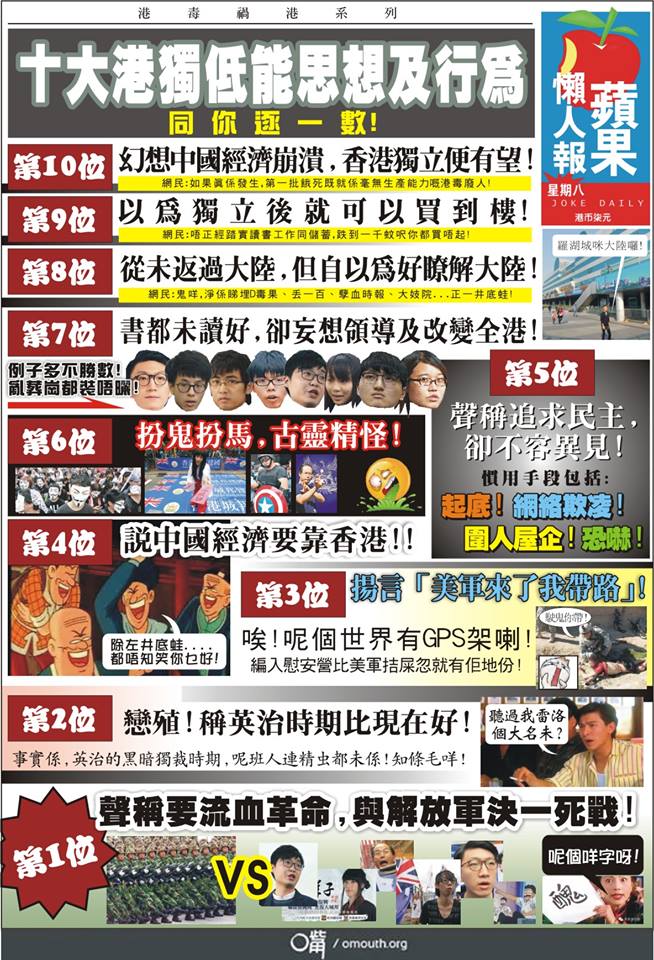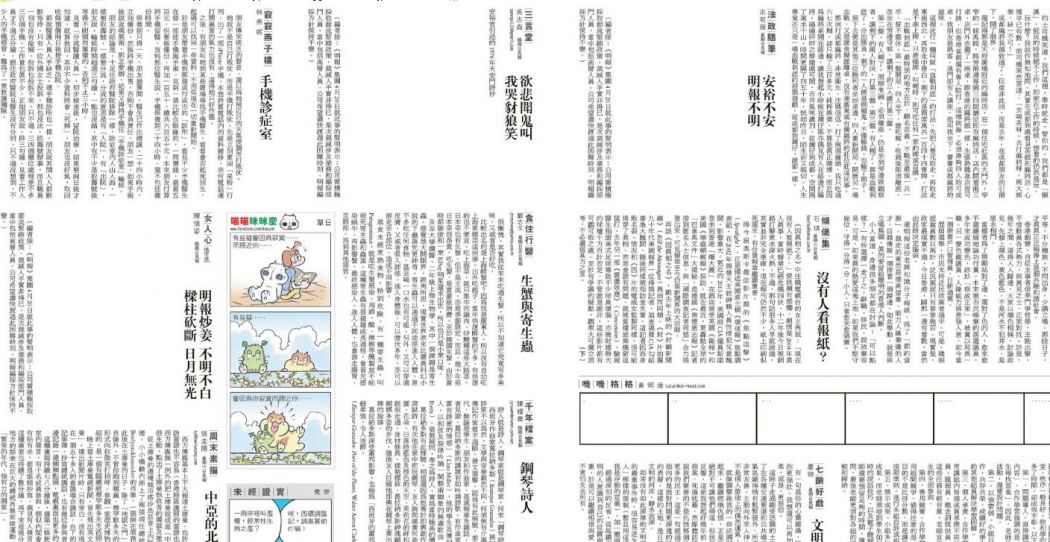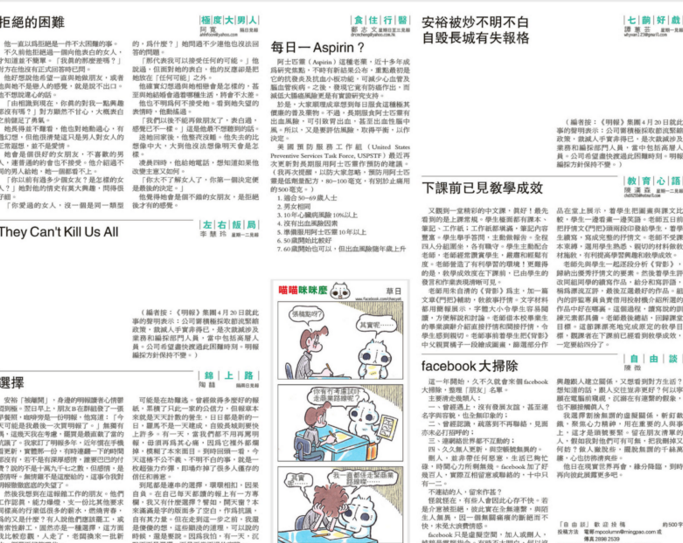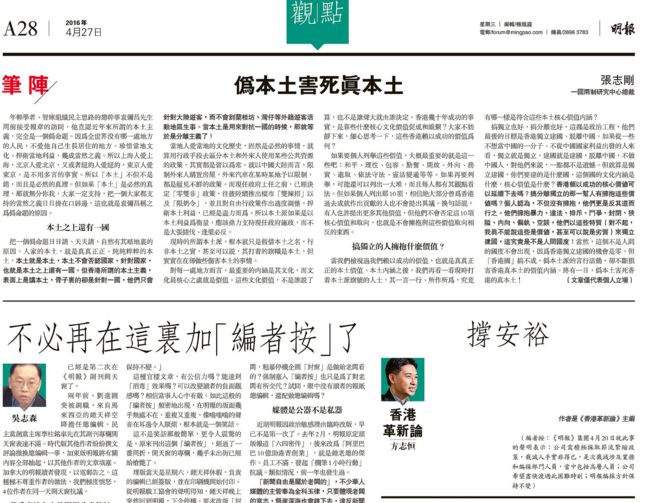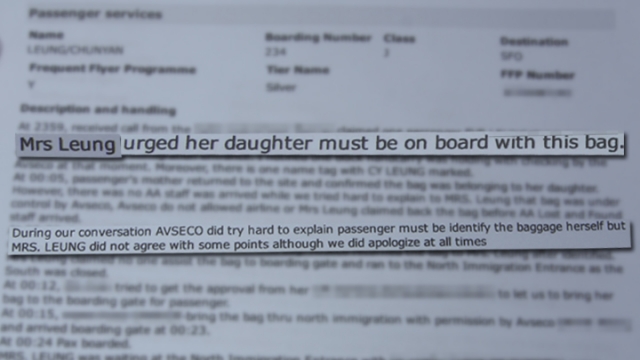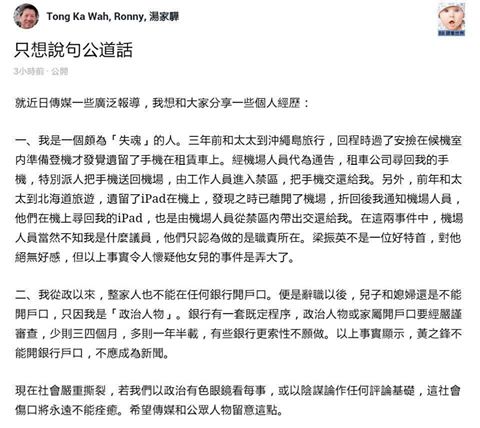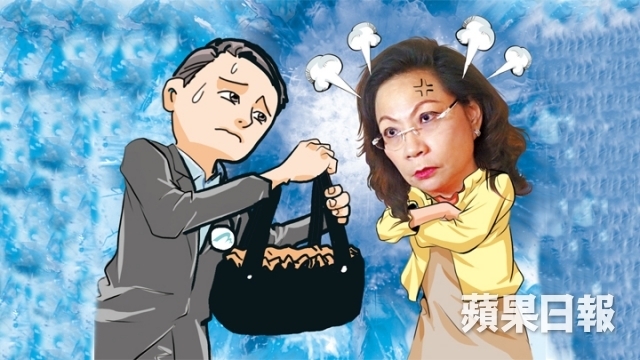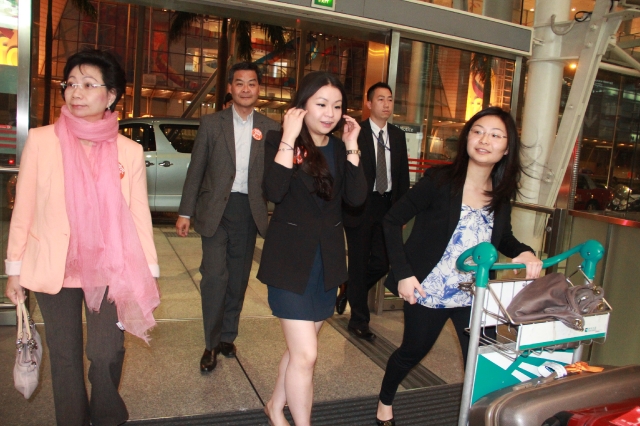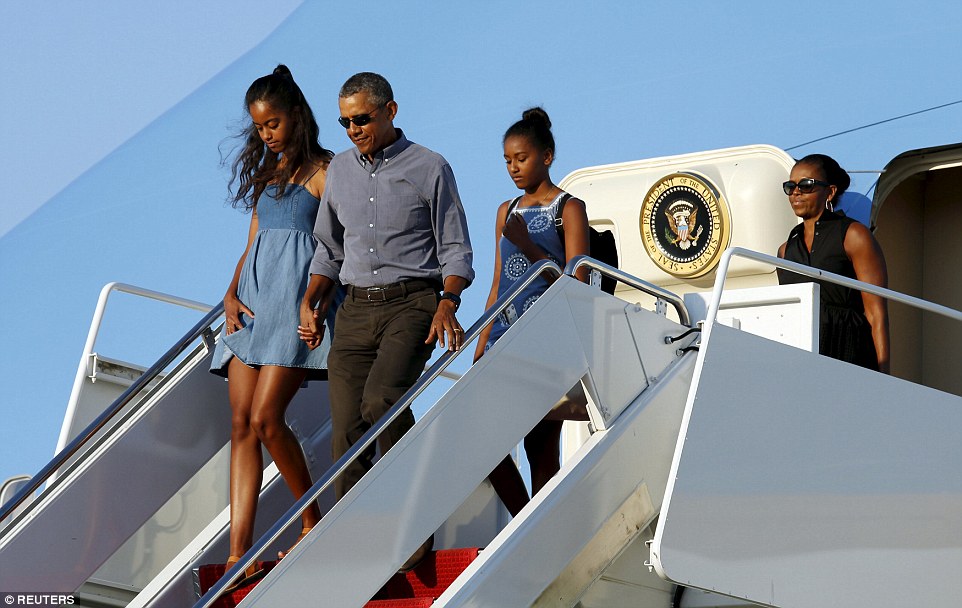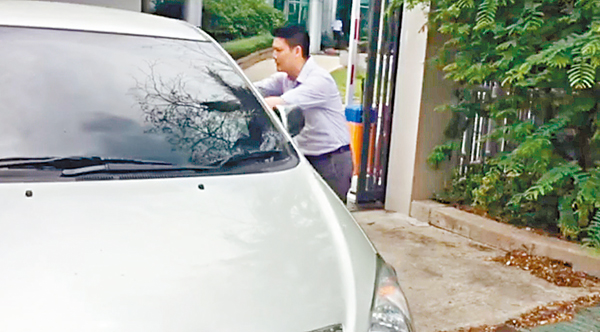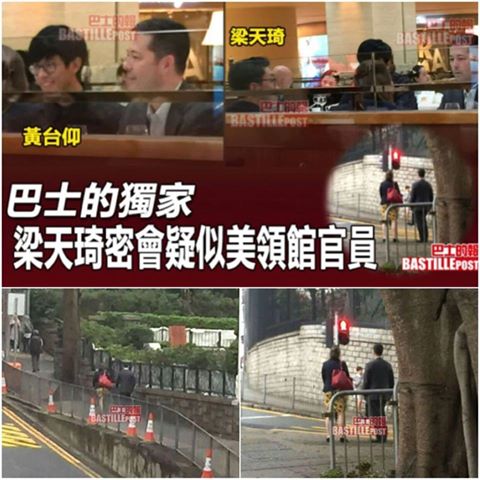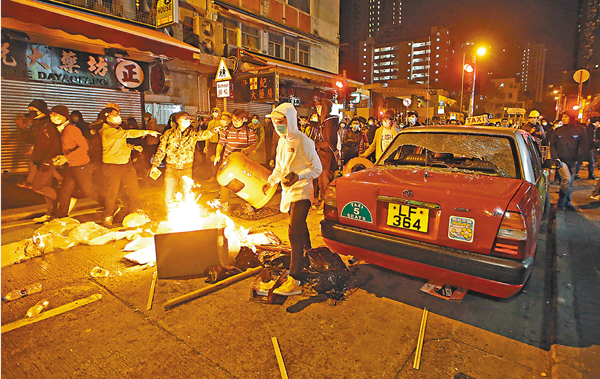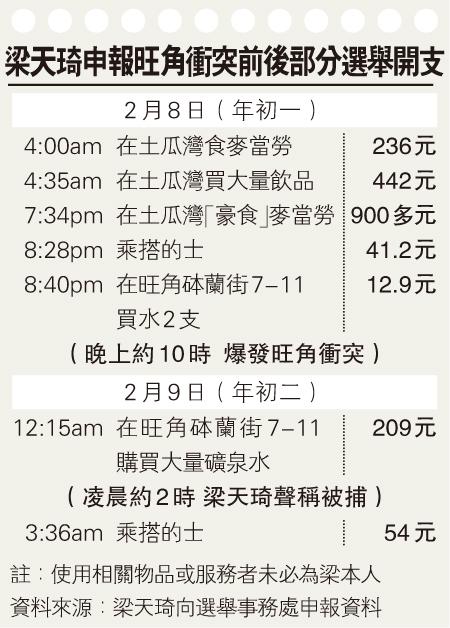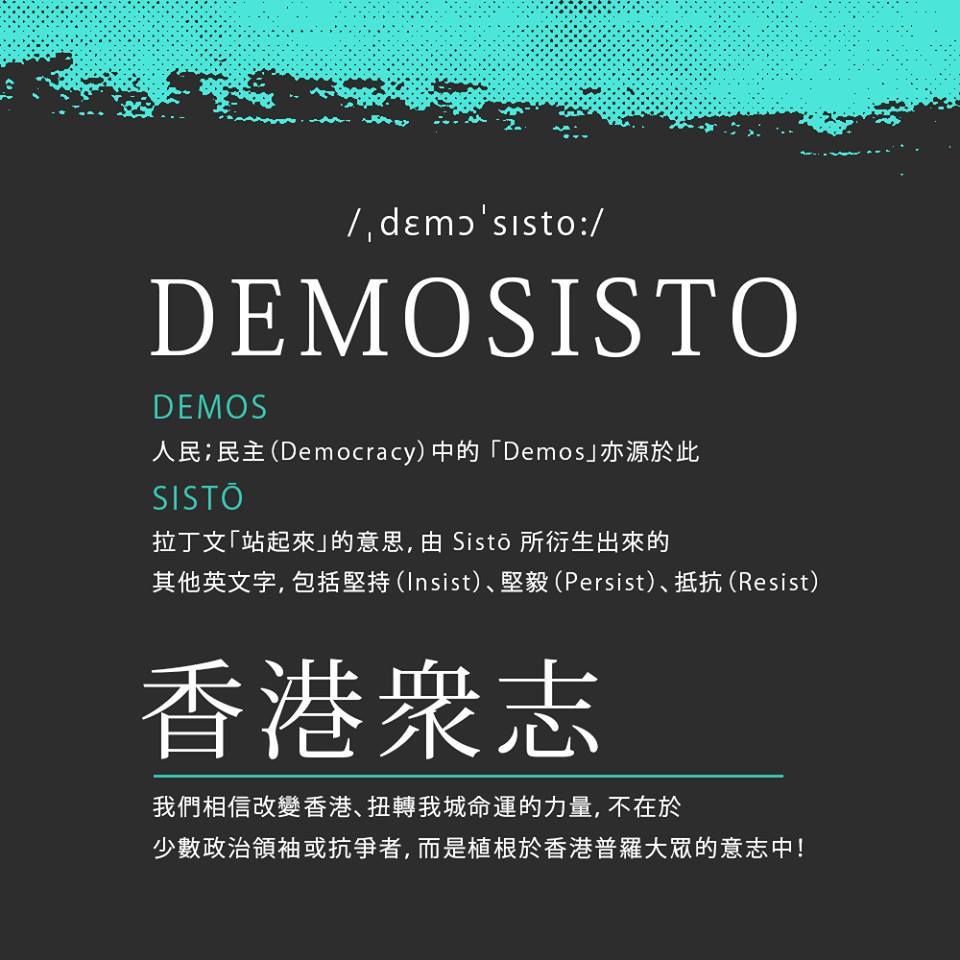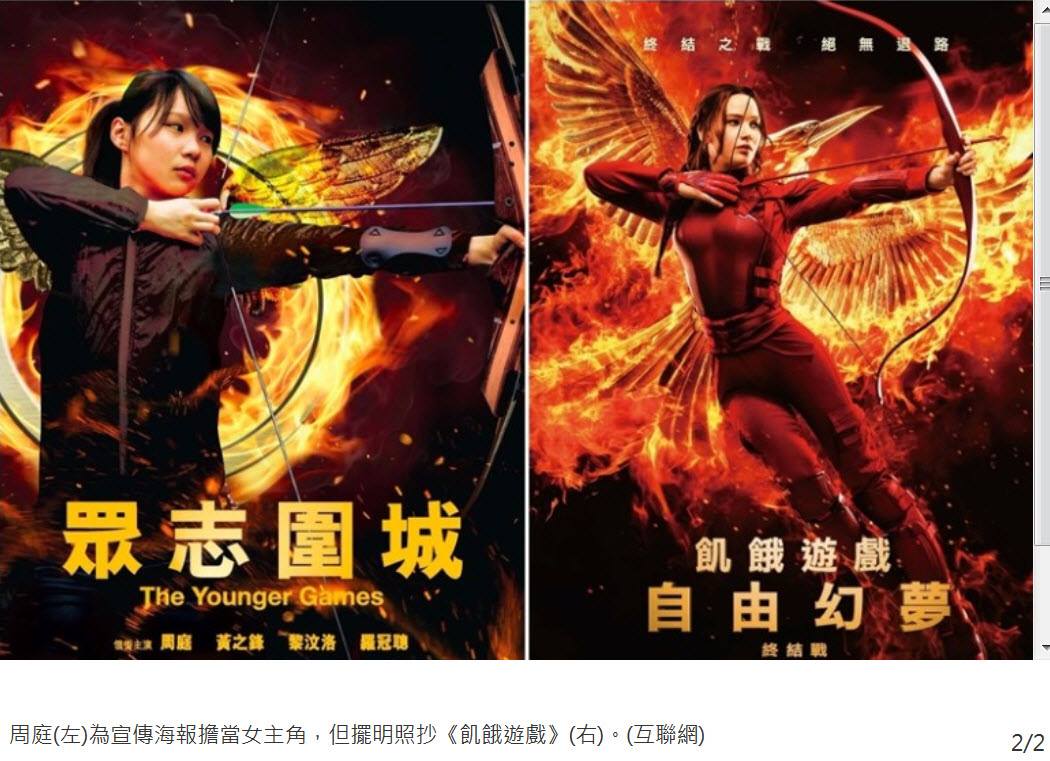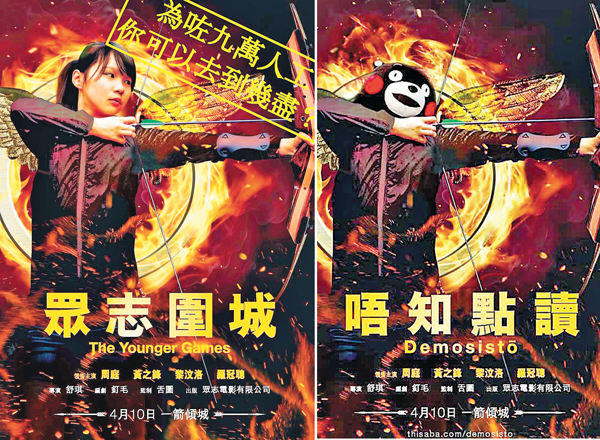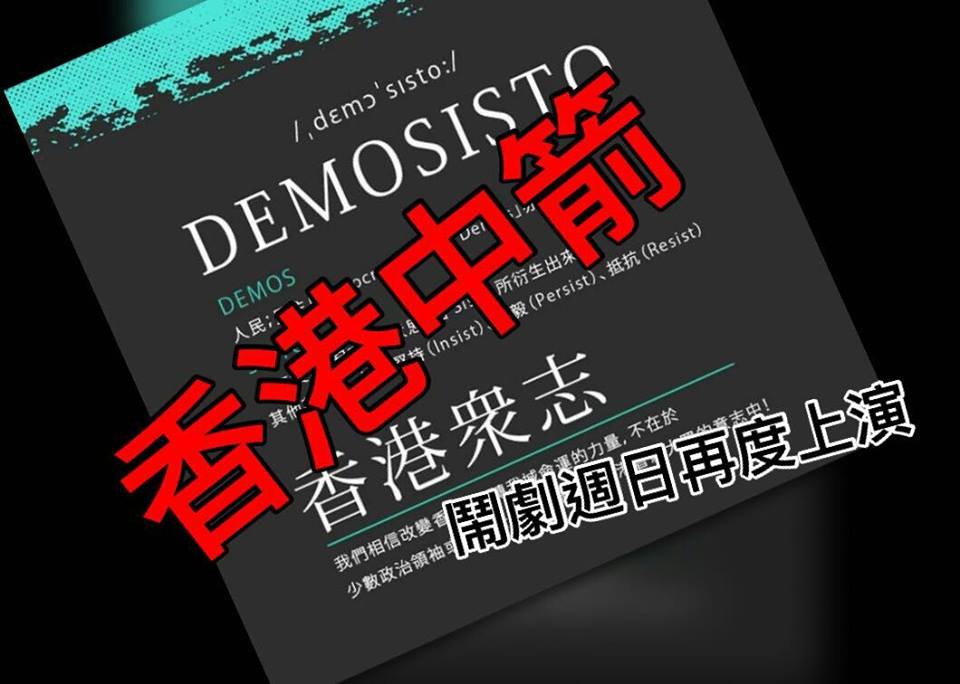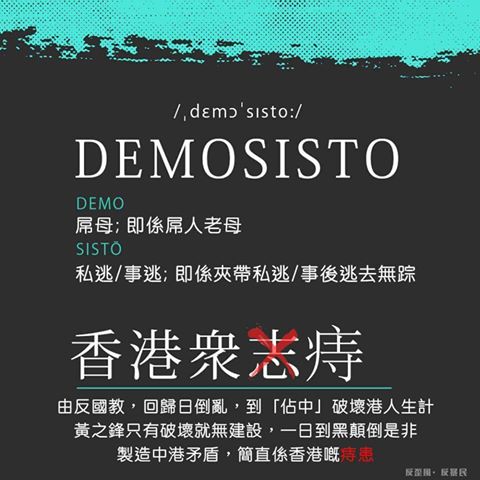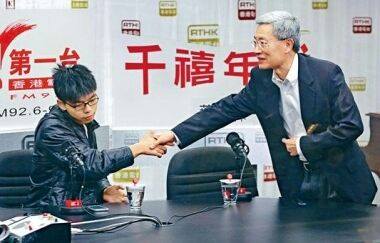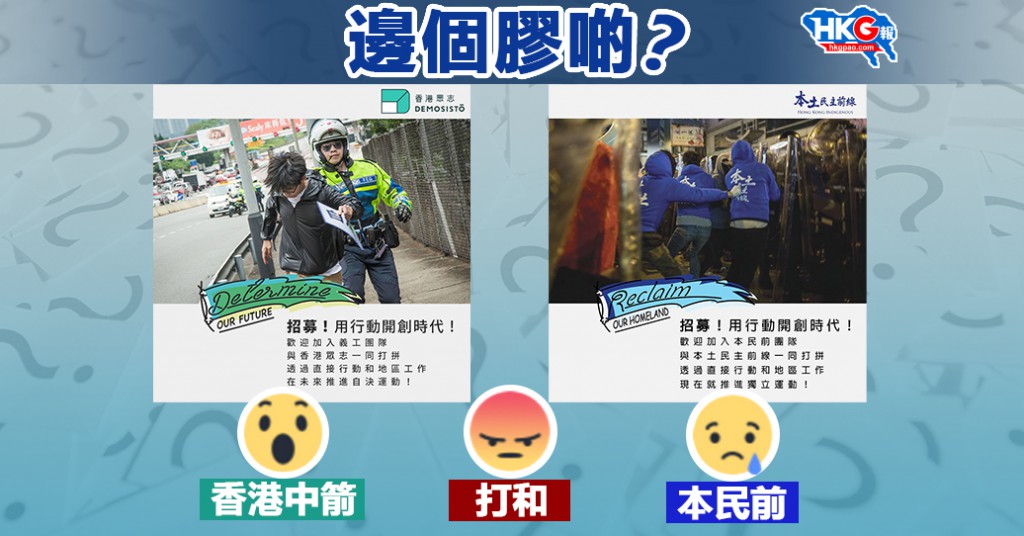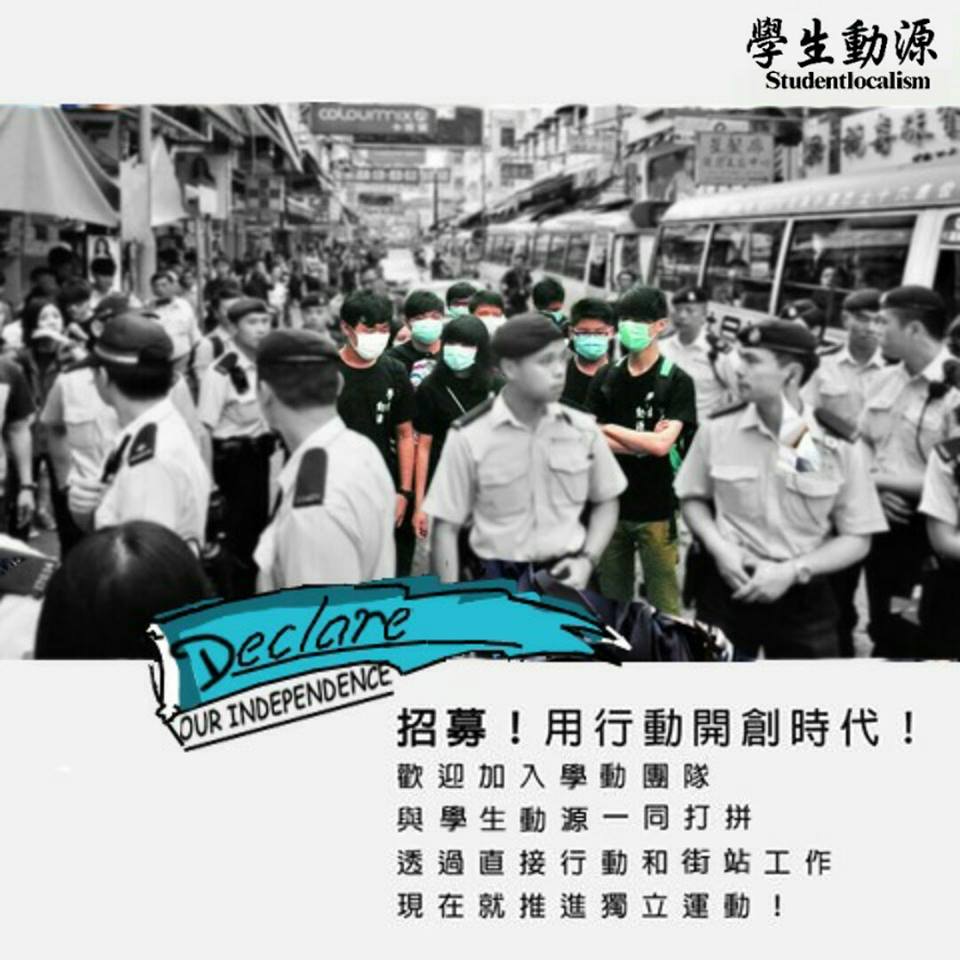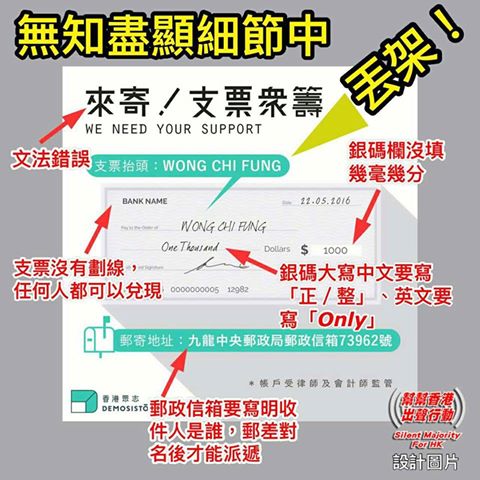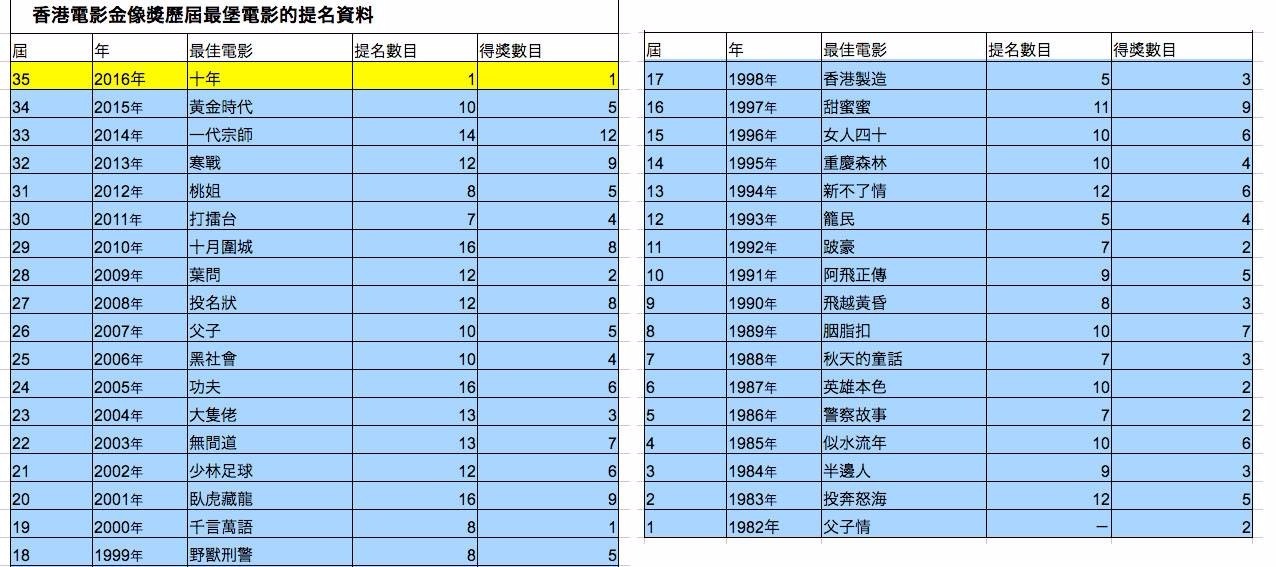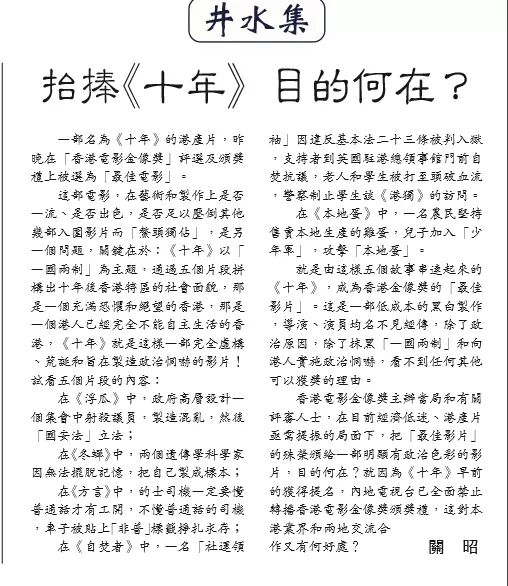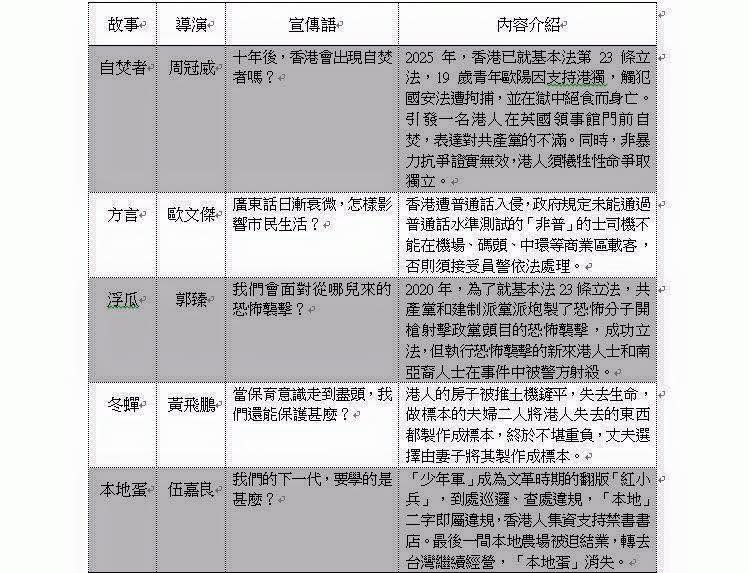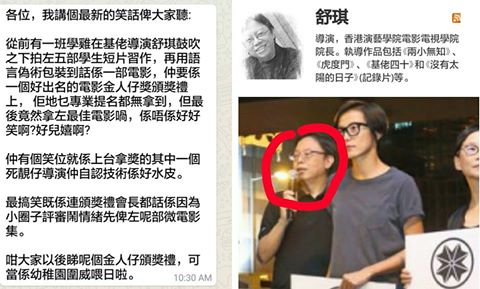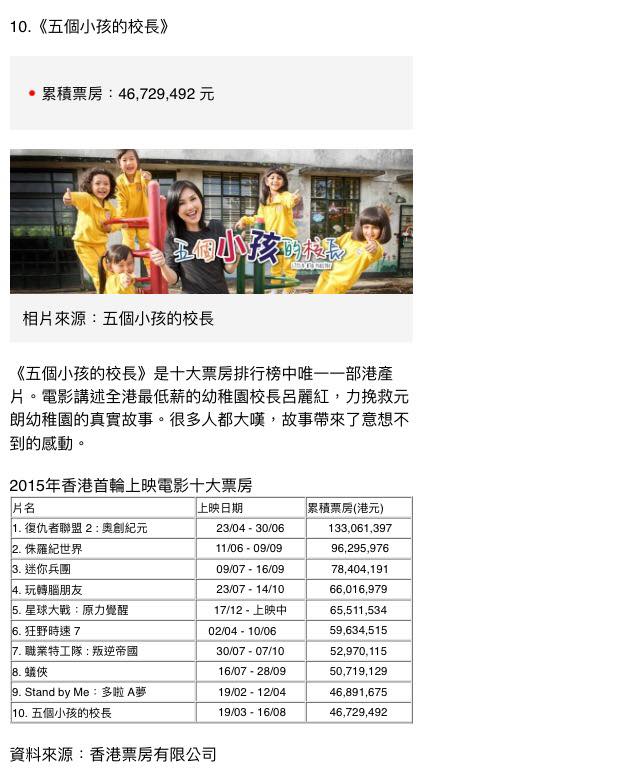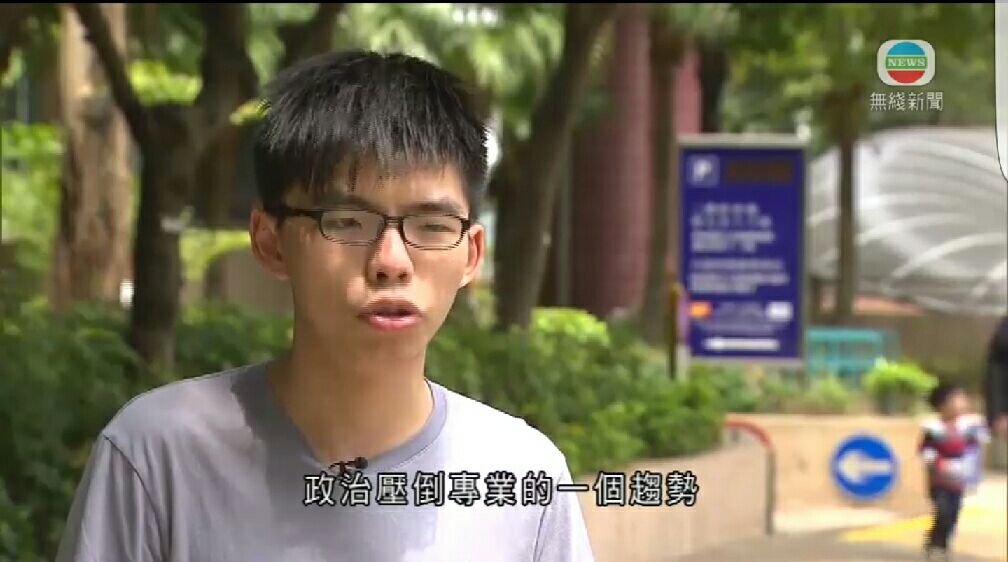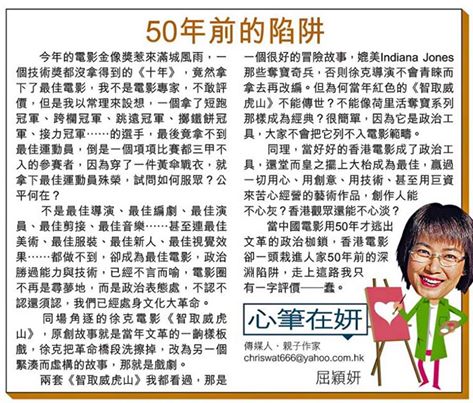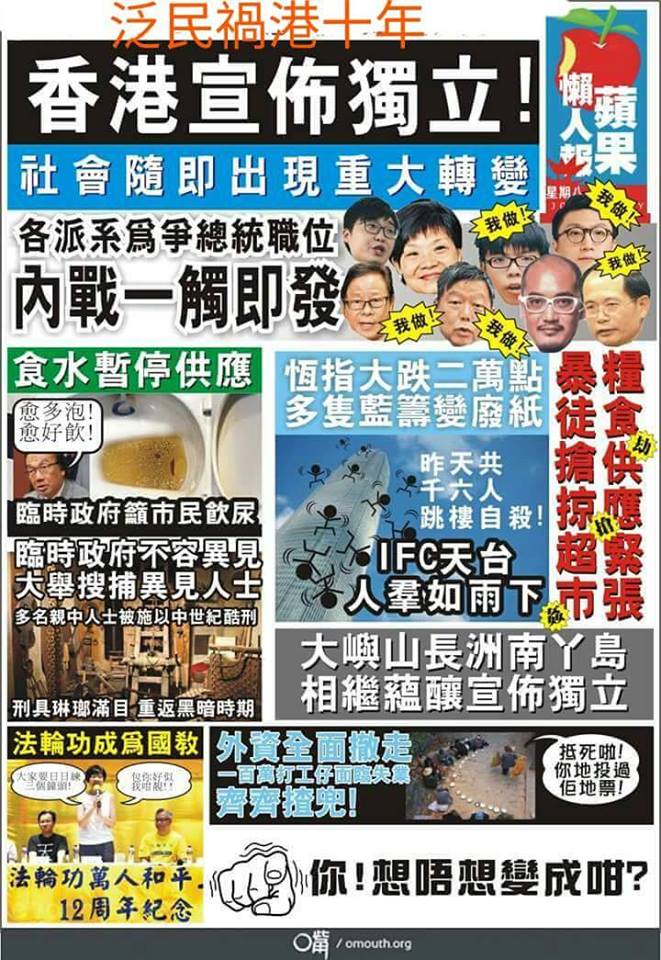Last October 24th, when I crossed the
Shenzhen border to visit my girlfriend in Dongguan, I was detained by
Shenzhen police.
So when I was detained, I asked them what
crimes had I committed. I kept asking for an entire day, and nobody was able
to answer me. I recalled that when I crossed the border, the gate closed. I
was trapped at the crossing, and then two officers� pointed and then a few
more customs officers came. I don�t know if this counts as detainment.
They took
me to a corner on the left, and they probably recognised me. And then there
were a few people, I remember � there were at least 11 people, they took me
away to examine [me], and then [we went] to the Shenzhen police station,
where they confiscated my identification documents.
At
that time I went after them and asked what crimes I had committed.
All along nobody
answered me so I could only sit inside the police station, the place where I
was detained, until it was nighttime. There, someone who asked me �Your
surname is Lam, right?�
My ID and
everything had been taken away when I was crossing the border, so I was in
the police station that night. I was in the criminal�s chair. I sat there
and I could not sleep, but of course there was food provided for me to eat.
Around 7 o�clock, very early [in the morning], the people from the police
station and some who took me away gave me breakfast to eat. [Then] I
remember I sat in a car and was headed to the North of China, heading in
that direction.
As they
were taking me away, they handcuffed me. I wore an eye mask and they gave me
a baseball cap almost covering me entirely, and I sat on the train, and
sometimes I sneaked a peek [to see] just what crimes had I committed and
where was I going. I sat on the train for a total of 13 to 14 hours and then
later on I found that they had taken me to some place in Ningbo � I saw that
when we got off.
[After] getting off the train, they took me to
a large compound which
was about 45 minutes away by car. They took me to one of the rooms on maybe
the second floor, and they searched me, and that night I also asked them
what crimes I had committed, and still no one could answer me. And then the
next day, around the afternoon, someone came and did a news piece with
me and at that time they did not tell me what crimes I had committed.
They
detained me, they only gave me two pieces of paper and asked me to sign my
name.
On one
piece of paper, there were two conditions � one is that I promise to give up
my rights to contact my family, the other is to promise not to hire a
lawyer.
Under
these conditions, in reality I did not have any ways to find anyone who
could give me any suggestions. I was alone so I could only sign the paper
because the situation was that I could not refuse to sign the paper,
so� They started
asking me my position at the bookstore, and if I was previously the owner of
that bookstore. It is the Causeway Bay Bookstore.
They also
asked me why I continuously helped mainlanders send books [into the
mainland], where I had made my profits from at the bookstore, what made me
sell [the bookstore] to the publisher Mighty Current, what relationship did
I have with Mighty Current before that. And of course we are a legitimate
bookstore according to Hong Kong law, running a typical small bookstore for
Hong Kong is legal.
At first
they said because in Hong Kong I brought or sent some banned books into the
mainland that I had broken their law and they said� that books published in
Hong Kong are basically not allowed to be sent or brought into the
mainland, and that counts as an illegal activity. Then they said that they
might prosecute me afterwards because I had broken their law by sending
books from 2013 till 2015. Before that I had also brought some books across
the border.
One time I
was discovered by them, and they verbally warned me, detaining me for a few
hours.
They also
said that me bringing books [into the mainland] broke laws of the Chinese
government. After that time I no longer dared to bring books and switched
[my] thinking.
Some
readers like to read. Hong Kong is a free [place] where you can read and
publish and I thought that on one hand it was a necessity [of running the
bookstore], on the other hand it also satisfies mainland readers and
situations they want to understand.
So I helped
them send books from Hong Kong. My situation is legal in Hong Kong and did
not violate any Hong Kong laws so I did not understand why my sending books
from Hong Kong had violated their laws. If they think I had broken Chinese
law they can, in Hong Kong, go through criminal prosecution or the court to
prosecute me because there is such a space and such condition.
Why did the
Chinese government when I was crossing the border say nothing and suddenly
detained me? Of course in this process they did not give me any
difficulties, they gave me food to eat there was a doctor for me to see,
there was a place for me to sleep. But from October 24th, apart from one
night in Shenzhen [I sat] on a train to go to Ningbo, November December
January February March, five months I was in a room of around 200-300 square
feet. 24 hours.
Two in a
group, six groups of people took turns monitoring me in the 24 hours. Took
away all my freedoms.
I want to
ask whether this detainment is necessary before they charged me. They
beautified it and said that it was �monitored living�. I didn�t even [have
the chance to] do anything wrong. I could only look up into the sky. I could
not hire a lawyer. I was not allowed to call my family.
I didn�t
know that such a big and strong Chinese government could do [this] to a
bookstore. To think that it has violated Chinese laws, that it can treat
people like that.
I want to
invite relevant departments in the Chinese government to give me an
explanation, because this incident is not just a personal matter or a matter
of Causeway Bay Books. It is a matter of Hongkongers� rights, the freedom to
read anything.
You say
�One Country, Two Systems�. Please regarding Hong Kong�s freedoms� my
personal experience, as well as my colleagues, did the Chinese government
violate �One Country, Two Systems�? We don�t need to do anything to make a
fuss. We just need to watch.
Justice is in our hearts. That is
why I had come out [to speak]
through Albert Ho, to meet with Hong Kong and world media, saying what I
want to say.
After
March, they let me go to Shaoguan. Shaoguan was better but I could not leave
a certain area in Shaoguan. They rented a room for me to live long term, to
intend for me to live long term from around April, because they released me
in March. I lived there until now, June. The time there was more relaxing
and the let me read freely.
They
arranged accommodations for me and they successfully requested that Mighty
Current, as a compensation for dismissal, pay me HK$100,000 [to cover my]
living expenses. This is what they did to take care of us and this was what
let me solve daily problems while I was staying there, a sort of
compensation for us. But this, personally, I was not the one requesting
this. The only thing I hoped to request was freedom.
Until just
now, the day before yesterday, because I had always requested to come back
to Hong Kong to meet with my family and my teacher, we talked for a very
long time before they agreed [to let me go]. But they had a condition. They
requested that I take the hard disk with records of those who we sent books
to in the past and bring it back to them as evidence.
When they
had interrogated me before, I did not think that they would do this. From
what I remember, [they asked] Lee Bo to copy [information from] a hard disk
for them in Hong Kong and they showed me the information on a computer. They
asked me to identify who had ordered books and what relations I had with
them.
I knew that
they will investigate those readers according to the information. Why I am
speaking about this here is because I didn�t want to risk it. The thing I am
scared of is that my readers will be affected and that they will think that
we Hongkongers, or me, betrayed them. But I did not do that.
At first I
thought that telling [the guards] directly, they will have the information
but not the physical object. But I didn�t expect that they will find someone
to copy it from Hong Kong. Now it�s getting so bad that they are asking me
to get the hard drive for them as evidence for court.
When I had
come over [to Hong Kong], they did not let me go alone. There as a director
surnamed Chen and then there was a Mr Shi. Mr Shi was very nice to me. He
looked after me and for this I am personally very grateful towards him. He
had always looked after me. But policy wise many things were not up to him.
I have a
girlfriend because I met her after I separated from my wife. I hope that
this is made clear � I met her after I separated from my wife. She is still
in the mainland now. Because I had asked her to help me send some books,
meaning that it also involves her, that she is also seen as having violated
Chinese law and is in the same situation as me. She is now on bail and
awaiting trial and is living in the mainland.
I have a
few colleagues who are in Hong Kong who have to go back to the mainland, for
example, Lee Bo and Lui Por. Cheung Chi-ping is in the mainland. I hope that
the Chinese government will not, because of this incident [my press
conference], cause trouble for my friends and colleagues. I hope that the
Chinese government will treat them kindly just like how God treats people
kindly. I can only hope that it is like that.
In the two
days since I came back to Hong Kong, I actually almost did not sleep at all.
Because I didn�t have information in the mainland, I completely did not
understand what happened because of this incident [of the missing
booksellers]. I looked up information for two days, news for two days. I am
very touched, especially because of the 6,000 protesters who went on the
streets. These 6,000 people are all Hongkongers and I do not know them. They
can do this for the five of us, a small publisher, a bookstore, to speak out
for us and voice their support.
I am very
grateful because of these five people, compared to them, I have less
[connections in the mainland]. At least my family is not in the mainland,
only my girlfriend. I feel sorry for this girlfriend of mine, but I thought
about the fact that this matter is no longer my own. It matters to the
entire society, Hong Kong society, and everybody�s demands for freedom.
The Chinese
government has left Hong Kong people with nowhere else to retreat to. This
is the bottom line. Especially since Lee Bo �was kidnapped. This is
something we can�t accept�crossing the border and enforcing the law. If you
say this is One Country, Two Systems � what problems does this have? I don�t
want to go into it.
I
reiterate, this evidence here is �I was willing. I�ve thought about this
carefully. Hong Kong is a place of rule of law and there is still a
protection of rights. I�m not worried about my personal safety here. I also
do not plan to go to the mainland in the future.
I only want
to convey one message here. Hong Kong people � there are a lot of Hong Kong
reporters here � we�re all pretty much in the same boat. Myself, or my
colleagues at the bookstore, lost our freedom. This will happen to all of
you in the future. This is for sure. If nobody speaks out, if I, the one of
five with the smallest burden, doesn�t speak out, there is no salvation for
Hong Kong.
I will do
everything I can. Everything I can. I had to muster a lot of courage. I
thought about it all night for two nights, until I could half make sense of
it. � and tell everyone, and tell everyone in the world. If we don�t
consider this my personal matter� Hong Kong people have a baseline. Hong
Kong people will not submit to authority.
Ho:
There are a lot of people here. I�ll pick people to ask questions.
Mr. Lam,
can you say who arrested you and did they tell you clearly, at the end, what
crime you committed, and was national security involved? And was Gui
Minhai�s video the same situation as yours, made voluntarily?
When they
caught me in Shenzhen, they didn�t tell me what crime I had committed.
And now?
When I
reached Ningbo and they were interrogating me, that�s when someone told me I
had broken the business law.
Because
of the books?
The books.
It was also because I was in Hong Kong sending books to the mainland for
readers. You asked who they were? They never told me, up until now. But I
heard. They weren�t national security, and they weren�t police.
The
military?
Not
military either. They were the �Central Special Unit.� On this, I�except for
hearing it during the Cultural Revolution, I don�t know. If you say �Central
Special Unit� or whatever� if they can use this �Central Special Unit,� I
think we should all think about what �Central Special Unit� means. I�m
really not sure.
Were you
the only one in Ningbo, or were the others in Ningbo as well? Also did you
see the others afterwards?
No. I only
knew that the others were in Ningbo as well.
You knew
the others were in Ningbo. Did you have tea together? There were reports
that said you drank tea together.
Drinking
tea together was arranged by them. They took us to a place called Shenzhen
Kylin Villa and at the time, Lee Bo gave�everyone, all three of us�the
HK$100,000 to us as a severance fee. It was to cover our living expenses to
stay in the mainland.
Do you
think the Hong Kong government, in saving people �
I�m not
aware of anyone that the Hong Kong government has saved.
Everyone
else has already been let go. Why were you released so late?
Was it
because you wouldn�t give in?
No, I�m not
that brave.
I�m just a
regular Hong Kong person. If they wanted me to sign, I signed. If they
wanted me to act in a video, I acted. Minhai�s video�Gui Minhai�s video, did
you answer the way they told you to? On Phoenix TV.
I don�t
know about the others, but I had a director and a script that they wanted me
to read.
What was
it like at the time?
At the
time, if I couldn�t remember they would give me more time, and I would write
it out.
From the
beginning, how did they tell you to say it� how long�
In� they
said it was illegal business operations, going to the mainland to sell
books�
Can you
tell us about the entire set up for the video interview?
It�s very
simple. They mainly wanted me to read. One part was taken from the evidence
letter I wrote. If they weren�t satisfied we would add to it or take away.
They wanted me to remember it, and then in the video say it according to the
script. That�s it, but of course they had not used physical force on me.
But
which parts were done according to your wishes?
Well, they
think I committed a crime but of course I don�t agree. I really don�t think
I committed a crime.
In the
video you said you knew the books were made up�
That�s
right.
You said
you realised you were wrong. What about this?
Well,
that�s what they thought. They wanted me to admit it. I couldn�t not admit
it.
Mr. Lam,
you said a director brought you back to Hong Kong�
I don�t
know if he was a director � that�s what I heard.
So
someone accompanied you to Hong Kong, at least � is that cross border law
enforcement?
That�s your
interpretation, I don�t know.
�Did he
say he was kidnapped in Hong Kong?
I don�t
want to say�at the time the situation was being monitored�but everything
should have been recorded. I was still in Shenzhen.
Can you
tell us how you came back to Hong Kong? [inaudible]
I said
whatever they told me to say.
Has
anyone said or implied that if you break the law again that they would bring
you back? And now you�re holding a press conference, are you afraid that
this will impact your family? And members of the media have photographed a
woman outside your home, was that a sex scandal?
Of course
that was my woman. That was my woman� but whether it was a sex scandal or
not depends on what evidence they have. For myself, no. Or I can tell you,
when I was in Shaoguan at 1 in the middle of the night, there were two small
cars that pulled up. I don�t have anyone in Shaoguan, no friends. They
knocked on my door at one in the morning� I opened the door to see.
One tall,
one short. They didn�t say anything. I understood at the time that they were
probably looking for business. I told them that they had found the wrong
person. I don�t know if�
Actually
the two didn�t know Cantonese. One asked me, he didn�t understand, what? And
they were blocking the door, not letting me close it. I was surprised. It�s
rare that they�re so bold. So I told them again that they had the wrong
person. They closed the door and left. This was weird, right?
Do you
think it was the authorities?
I don�t
know, I can�t say. I just remembered this. Just now when I was here with
Albert Ho, he showed me. This thing happened out of the blue, I don�t know
whether it has anything to do with it.
How is
Gui Minhai doing? He said in the video that he was involved in a car
accident some ten years ago and killed someone�
I saw that
stuff too, but I don�t know what his situation is.
I want
to ask why it took so long for you to come back.
It took so
long because they took that long to release me.
When you
were required to read the scripts or to sign papers, when you seemed
unwilling, did they imply that something would happen to you, or � ?
They didn�t
need to imply anything. In that situation, you couldn�t not sign.
The
condition for your return was to bring back the records for the book, do you
� ?
It was a
store of readers� information.
Did you
promise to bring it to them and did they say when you had to return to
report to them?
They came
yesterday to get the computer. In Hong Kong, someone called Chan was helping
them, I heard. I don�t know who he is. In the bookstore, gave it to Lee Bo.
They might
have taken the wrong one. Yesterday I went up myself to bring the hard disk
back to the hotel. At night I looked again and they had taken everything. It
wasn�t the one I used to use. So I told the two people accompanying me that
I needed to get the original one I was using. So I went up and grabbed the
one I used to use. That means it has our readers� data on it � whether from
the mainland or from other places. But the hard drive� I didn�t give it to
them.
At Kowloon
Tong, I went out of the station. And last night and tonight and afterwards I
didn�t give it to them. Seeing 6000 people on the streets and chanting for
us, if I, as a Hong Konger,�I don�t say anything, out of us five I have the
lightest burden, I thought I had to come out and disclose everything.
When do
you have to go back to see them?
Ho: They
are asking if you will go back up?
They
originally wanted me to go back today.
Ho: Let
him finish, okay?
I answered
them.
Ho: No,
they asked if you would go back up?
Of course I
won�t.
But are
you worried that they�ll bring you back up, like Lee Bo?
There�s
nothing I can do about that. That depends on the Hong Kong government and
whether our safety is guaranteed in HK. This will tell us whether our lives
are guaranteed in Hong Kong.
Will you
ask the Hong Kong police for help?
I would
rather ask Albert Ho. � I don�t know if [Chan] was a director. I heard �
There
were mainlanders coming to Hong Kong with you. What was that situation like?
Can you elaborate? Where did they bring you?
In Shaoguan,
they bought train tickets and then gave me back my ID. Those people split
up. They were a little worried that they would be photographed. Whether it
was cross-border law enforcement, I don�t know. The process was like that.
They split up with me in Hong Kong. They didn�t dare stay with me. I can
only contact Lee Bo myself.
How did
you get away actually?
Because
you from when you returned to Hong Kong until you came to this press
conference there was somebody following you, like this morning.
I don�t
know I don�t know if there was anybody following me.
But how
did you get rid of the two?
They did
not dare to appear next to me in Hong Kong.
The Mr
Chan you just mentioned, is he the one who took over Causeway Bay Books?
That�s what
I�ve heard.
Could
you say some more about this?
I am not
clear about this. They�I heard Mr. Lee say that [Chan] was going to take
over the bookstore, but who was behind this I don�t know.
These
few days, didn�t you just say �
(correcting the reporter) These two days �
That you
went with him to the bookstore together to get stuff �
I didn�t go
up to Causeway Bay Books I only went to Lee Bo�s office.
With
him?
No. Mr Chan
I have heard � Mr Chan took the computer to Lee Bo and I went to take it at
Lee Bo�s office.
I want
to ask whether you know where your case is in in the prosecution process?
That is when will you go to court?
Can you
talk about the legal process in the mainland?
I don�t
know about legal process.
Or when
you will � or when will the case be judged or sentenced and everything?
No idea. No
� they only said that I am on bail and awaiting trial.
I want
to ask about closing the case. Did the mainland police ask you to close the
case with the Hong Kong police?
Yes. I
answered that just now.
Mr Lam,
you mentioned that what happened �
Ho: He
does not speak English.
Mr Lam I
want to clarify whether Lee Bo had taken the bookstore�s hard drive with
reader�s information on it or was it all Mr Chan bringing it up?
And do
you completely �
Chan � I
heard that Chan took the hard drive to Lee Bo, and I went to Lee Bo�s office
to take it.
This all
happened in Hong Kong?
Yes.
Before,
there were rumours saying that you were arrested because �
I took the
wrong one the first time, the second time was OK.
Before,
there were rumours saying that you were arrested because there were some
books related to [Chinese President] Xi Jinping.
Actually, you were up there for a few months this time, the whole interview
process do you think it is related to what you guys published or do you
think they just want to catch those who are reading banned books?
Those who
read banned books are probably not a big deal. I suspect that they are
trying to get information on those who wrote the books because they asked me
whether I knew some of the authors.
Which
books� authors did they ask you about?
Yes, and
what kind of person wrote them.
So which
kinds of books?
Did they
say in particularly which book or all books?
Books about
Chinese senior official, sources, power struggles, or about sex scandals
news.
Can you
give some examples?
I am not
clear on this.
But they
had asked you so did you give [information], actually?
We don�t
even know we just sell books.
So you
did not know of these information?
We did not
know.
So Lee
Bo and Gui Minhai did?
Not
possible, because a lot of these information, as everybody knows, not
reliable.
Do they
have information on the authors?
That I am
not clear about.
Mr Lam,
did you make contact with other colleagues?
The first
time it was eating in Shenzhen, because they had arranged it at Kylin Villa.
Why did
they arrange for you guys to have a meal?
Did they
clarify whether Lee Bo or Gui Minhai had been kidnapped?
No, they
did not mention these things. We only talked about daily happenings.
When you
were being interviewed, that time on Phoenix?
They were
not clear about it and I was �being interviewed�. I was �being interviewed,�
not interviewed, �being interviewed.�
So not
�being interviewed� together?
No.
What did
they use to� did they use that drag things on? You just said that you needed
to eat as well � what does that mean?
You have
fear. What they wanted to do we don�t know. Personally, I did not know.
I want
to ask if you will consider reporting to the police or request personal
protection because you just said, are you afraid that the mainland will be
angry and will find someone to take you back to the mainland after you held
the press conference? What kind of protection will you seek?
I did not
think about this at all.
Do you
think that the Hong Kong Police cannot protect you?
Seeing the
Admiralty incident we know, the tear bombs, the students without any
weapons.
So you
don�t think the Hong Kong Police is standing on the side of the Hong Kong
citizens?
I see that
they really don�t.
Do you
have anything to say to [Chief Executive] Leung Chun-ying? Because he said
that he had already done a lot regarding this matter. But do you have
anything to say?
Regarding
this we have nothing to say. what is there to say.
Did you
completely not see how the Hong Kong SAR government protected you in this
case?
No, no.
In 2012
your bookstore was bought by Mighty Current�
2013, no,
2014.
And up
to now, do you think that you are being implicated by Mighty Current because
of their publication business and you are selling books. Do you think that
way?
We are in
the same boat. What happens to them may happen to us. What happens to us may
also happen to anybody.
Mr. Lam
do you know about Lee Bo or Lui Por�s situation right now and are you afraid
of holding this press conference and revealing the situation that it will
be�
I am afraid
of the situation of those colleagues who are staying [in the mainland] or
will have to go to the mainland in the future. I hope that the Chinese
government will treat them kindly.
Your
family in Hong Kong, did they get harassed or investigated?
As far as I
know, no.
Do you
think that all five [booksellers] are innocent?
I am not
sure about Gui Minhai. If it is simply about mailing or publishing what they
think is banned books, then from the perspective of Hongkongers, there is no
crime.
Did Gui
write some books?
I am not
very clear about this.
Can you
tell us about the hard drive? The hard drives containing the mainland
readers� information. Did Lee Bo take the hard drive?
He copied
it. As I know he copied.
But not
the hard drive?
The hard
drive stayed at the bookstore �
So has
it been taken into the mainland or not?
No.
So it is
still in your hands?
Yes, I am
keeping it �
So I
want to ask � the central government�
I don�t
want to give a bad impression to mainland Chinese people, that I would give
such half copy [evidence] to the Chinese government, I did not want [them to
think] that.
Is it
true that without the hard copy there would not be enough evidence to�
[interrupted by Lam]?
I do not
know that. I do not understand law.
Does the
central government have information about your clients?
Pardon?
Does the
central government now have information about the people who you sent books
to?
Yes,
because Lee Bo copied the files for them. They showed the files to me in
Ningbo, asked me to confirm them.
How many
people were in the files?
I estimated
it must have been about 500 to 600 people. As for books, they counted, there
were more than 4000.
Were
those information about mainland readers or Hong Kong readers?
Both. But
majority were mainland readers.
Did they
tell you they were going to find these people?
No idea.
Mr Lam
what is your plan to ensure your own safety. You said you don�t trust the
police.
[Lam turns to Ho]
Ho: I think today Mr Lam has told us his situation in this
press conference. If anything happens to him, it won�t be that he took a
shampoo boat back to the mainland. (A shampoo boat is a boat running
illegally between Guangdong and Hong Kong on which passengers can solicit
prostitutes. This is a reference to lawmaker Ng Leung-sing�s earlier comment
that the five booksellers were caught on such boats.) You would know what
happened to him.
Ho: I
believe we are an open society. Media workers, you have the freedom and
obligation to cover many important events comprehensively. I hope, I believe
that your attention is the best protection for Mr Lam, and me also.
Has
anyone told you to admit that everything was Gui�s fault?
What they
asked me to admit was that I mailed the books. I did mail the books.
After
this incident, do you have anything to say to the Hong Kong people?
Er� I hope
Hongkongers can say no to hegemony.
But do
you think we can still say no under the current circumstances?
I can, why
can�t you?
Would
you continue working in the publishing industry?
It�s
possible I may.
Mr Lam
will you seek political refuge elsewhere?
I am a
Hongkonger, born and raised here. I don�t need to leave Hong Kong.
Do you
have regrets about all this, about sending books to mainland?
Why regret?
Sending books is legal in Hong Kong. If they think I broke the law then
[approach me] through legal means. [They] shouldn�t have detained me. This I
cannot accept. Hong Kong is a society ruled by law.
Mr Lam
do you have your identification papers? You said they were taken away from
you.
They gave
them back to me when they let me go. They gave me back my HKID card. The
home return permit I didn�t want.
Does
your family know you were going to hold this press conference?
I called my
wife and my sister just now.
Do you
worry about their safety?
They should
be fine. I am not that worried.
There
has been a rumour that the authorities in mainland arranged for you to work
in a library. Could you tell us about that?
The library
was just a place for me to spend my time.
Where
was it?
It was the
Shaoguan Library.
Albert,
now you have evidence about what really happened in this case, what are you
going to do to pursue justice?
Ho: First
of all, I think there�s a blatant non-compliance on the part of the mainland
authority in failing to provide information about Hong Kong citizens being
put under compulsory criminal measures in China, OK? With all particulars as
soon as reasonably recognised. In fact he has been confined for some many
months before information that he was under compulsory measure was notified
to the Hong Kong government.
Ho: And in
fact a lot of material information was missing, such as the reason for the
compulsory criminal measure, place where the measure was put in place and
also the reason, ok? So I think the Hong Kong government should follow up
and ask for a full account as to why there was such a blatant
non-compliance.
Ho: And
secondly, we are of course still very concerned about Mr Lee Bo, who
obviously had been kidnaped and forced to go to the border to the mainland.
This matter is not closed and we got to pursue further until a satisfactory
explanation is given to us.
Ho: Thirdly
about his personal safety. I don�t think from what he told us he committed
any offence on the mainland. All the books were mailed out from Hong Kong.
OK? All the books were published in Hong Kong. And within the territory of
Hong Kong all these acts are lawful. So there�s no reason he should be
detained, or threatened to be prosecuted for certain acts committed in Hong
Kong, which are perfectly lawful.
Ho: I think
again the mainland government ought to explain. I think everybody, every
hong kong citizen, including the media should keep an eye on I and Mr Lam,
make sure he won�t suffer the same situation, the same experience as Mr Lee
Bo had painfully suffered a few months ago.
Ho: So I
think his safety should be protected by all Hong Kong people. All of us
should be committed to keeping a close watch and concern for his family. One
by one� Please listen to me and follow the rules.
Mr Lam,
Lee Bo has told the media that he voluntarily returned to the mainland. But
you just said he was taken away forcefully. How did you know that?
I talked to
him about this. In private he admitted to have been kidnapped.
When did
he tell you and under what circumstances?
I didn�t
ask him when it happened. I asked him this morning.
So you
asked him this morning?
He didn�t
tell me directly.
Does he
know you were going to hold a press conference?
He didn�t
know.
What do
you mean he didn�t tell you directly? How did he tell you?
He told it
in passing that he was taken up there from Hong Kong.
Illegally taken away?
I don�t
know if it was legal.
You said
you struggled for two days thinking whether to tell your story. What was
your struggle like? Did the 6000 protesters give you hope and courage? I
also want to ask, what�s your plan to protect yourself now?
Let�s see
if the Hong Kong government can protect me. I really haven�t slept in the
past two days watching videos; they touched me a lot. I really think Hong
Kong people should come out. Because this is not just my own business, it�s
all of your business.
Did Lee
Bo say specifically he was taken away by mainland officers?
No he did
not.
How did
you ask him and how did he answer?
He told it
in passing when he was talking about something else, he didn�t specify.
So he
was taken away against his will?
Of course.
Do you
believe it was mainland police [that took him away]?
No idea.
I
apologise if you already answered this in Cantonese, but when you and your
colleagues first went missing, the loudest concern in Hong Kong was that it
was an unprecedented violation of One Country, Two Systems, Do you agree
with this interpretation and if so, what do you think this means for Hong
Kong�s freedoms?
Ho,
translating for Lam: I agree. Their behaviour � taking away five people
secretly, it�s obviously [a violation of One Country, Two Systems. And their
charge for us � illegal publishing. We published and ran our business in
Hong Kong without breaking any law, there shouldn�t be any problem. I think
they just confined us like this, it�s a violation of One Country, Two
Systems.
Sorry
can you summarise what he said?
Ho: He said
that it was a blatant violation of One Country, Two Systems because the acts
of mailing books because the act itself is not unlawful OK?
Ho: So um,
he said it would pose a threat to the Hong Kong people that such acts are
taken as criminal acts in mainland China.
Did Lee
Bo tell you anything about his plan for the future or about the other
colleagues� situation today?
No. He
wishes this would end soon.
Did he
say anything about what to do with the bookstore?
He said the
bookstore would be taken over, by that Mr Chan. And he said the lease would
be extended but whether the money is from Mr Chan, this I don�t know.
Did Lee
Bo tell you why he still wants to go back to the mainland, and if he is free
right now?
They asked
him to go back after managing some company affairs here. That�s what I
heard.
Have you
watched his TV interview? He said he smuggled himself up there. Just now you
said you think he was spirited away. Why did he say that on TV?
You are
asking me the same question as the one about why I admitted guilt on TV.
It�s the same thing, we were coerced.
Some
people say that four of the five missing booksellers have returned to Hong
Kong to cancel their missing persons reports so there is no need to
investigate further, what do you think of this?
This
incident obviously represents a breach of Hong Kong�s human rights.
Maybe
those people said that because they thought you wouldn�t speak out.
Yeah maybe
they think they have nothing to fear.
Did you
receive any warning or any signs before this happened?
Personally
I did not.
Did you
sign any papers to admit guilt in China?
When they
questioned me�yes I did sign such papers.
Did you
sign anything else?
Even if
they asked you to sign a slavery contract you had to under those
circumstances.
But did
you sign?
Yes.
What
else did you sign?
I don�t
know.
Did they
say or imply that if you make the same offence again they would arrest you
again?
I had a
feeling they would.
So from
their conversations with you, you sensed that�
Yes.
Did they
ask you not to hold press conferences? What did they say?
Yes, a Mr.
Shi who questioned me told me [not to hold press conferences.]
What did
he say exactly? How did he say it?
He told me
if police ask me if I need protection I should say no. If they ask if I feel
safe I should say yes.
What
about interviews?
Of course
no interviews.
Reporter, asking Ho: As lawmakers how would you follow up this case?
Ho: As I
said before, the Lee Bo incident, and the whole Causeway Bay Books incident
has shocked Hongkongers and made them angry, infuriated. I had never heard
anyone was emigrating out of fear for their safety before. After the Lee Bo
incident many said they had no choice but to emigrate.
Ho: I also
heard many people said their families told them not to take part in
politics, because the mainland government is capable of anything: they don�t
keep their words, they have no respect for the law, they can use their power
to crush anything. So many people are scared. But as Mr Lam said before,
6,000 people came out to speak out for the bookstore. I believe they [the
booksellers] must have been touched by this. But we know, those of us who
spoke out, we were doing this for ourselves, not just for them.
Ho: Most of
us are not leaving Hong Kong. Where can you go? Hong Kong is our home. I
myself won�t. So we need to, like Lam said, have the courage to say no to
hegemony, to pursue the truth and protect each other.
Ho: This
Lee Bo incident I think Beijing knows Hongkongers are very unhappy. There is
also a lot of opposition internationally. Gui Minhai�s daughter testifying
in the US also attracted a lot of attention around the world. Many people
are asking if One Country, Two Systems has crumbled, if they can still come
to Hong Kong to invest. These questions are being asked overseas.
Ho: So if
the Beijing government does not want Hong Kong, as an international
financial centre, to fail, does not want Hong Kong, as an international
metropolis, to see its reputation go under overnight, it needs to
immediately promise to stop doing this.
Ho: I told
Lam today. There�s no need to be too scared, because if he is arrested, Hong
Kong people won�t accept it. If he suddenly goes missing again, there won�t
be another explanation. If anything happens, there is no other explanation.
Can you
describe what you went through in those months of detention. Were you scared
at the beginning? Were you angry? What did you do during those days? How did
you spend your time? How has it impact you?
At the time
of course I was scared, very scared and lost, felt lonely and helpless.
Didn�t know what they were going to do to me � they weren�t going by the
law. I didn�t know if I would be tried. [long silence] I couldn�t believe
this had happened to me.
It did not
feel real. I thought I was in an absurd place. I even hoped what was
happening was a dream, not reality.
As a Hong
Kong citizen I am a free person. I had never broken the law in Hong Kong.
For, as I see it, no reason at all, they just jailed me for five months, I
couldn�t take a walk, couldn�t read the news, couldn�t [inaudible]. And the
environment I was put in, everything was babyproofed, all desks and chairs
were wrapped in soft padding.
The water
tap was wrapped in plastic paper. What were they afraid of? They were afraid
that people would kill themselves after going crazy because of the long
confinement.
It was
really obvious. They wanted to keep you there until you go crazy. Such
measures prove that in the past people had [killed themselves]. For example
the toothbrush they give you, it was a small one but it was tied to a
string. Every time you brush your teeth, a guard is holding that string. You
have to return the toothbrush to him after you finish brushing your teeth.
Because they are afraid you would kill yourself with that. Did you know
this? No?
For example
when they give you a nail clipper, the nail clipper is also tied to a
string; they are afraid you would swallow that to kill yourself. Their
suicide proof measures were done very well. But the more I thought about it
the more I was afraid. Why would anyone kill themselves? Unless they have
been confined for so long they go crazy. Only insane people would do this.
Then [a person] would [commit suicide]. They�re very experienced, I could
see this.
So
during that period you have not had any contact with the outside world?
No, no news
at all.
Did they
do anything to you that scared you?
Psychological torture.
How? Did
they say anything to you?
During the
later period, there were two who were sent from Beijing. I don�t know what
their identities were, they said I was under control.
Under
control?
The
government will not show mercy when it comes to people like us. They scolded
us so much it put me in a state of confusion. It made me really confused.
Selling books can also be put under control.
The
place where you were held captive, was there anyone nearby, what was the
inside of the place like?
There were
about 12 people, they were split into two teams and would watch over me 24
hours a day.
Ho: Were
there any other prisoners?
In the
other room, according to my knowledge, there were, but I don�t know what
people were being held in it, because we were never allowed out of our
rooms.
Were
there any windows? Could you see what is outside of the window?
[Outside]
the window was something like a detention house, and there were similar
rooms.
What
about the place you were located at?
Mine was
just one of them. I counted about 20 windows in the building, so about 20
rooms. So if they were holding people prisoner � I could see washing basins,
and towel, toothbrushes and toothpastes inside the washing basin. Sometimes
they would ask me to go out for an interrogation � I don�t know where to �
and they would blindfold me, and take me out. And out of the corner of my
eye, in the rooms next door, I could see that there were washing basins and
towels, so evidently they were keeping people captive in there. Maybe it�s
the �legal procedures� they believe in� and they�ve demonstrated that.
What
kind of place were you being held in?
A room.
What
kind of building?
Was it a
detention house?
I don�t
know if it was a detention house. I have no idea.
What
organisation? What unit?
There was
no information at all.
You
mentioned that you were interrogated. How many times were you interrogated?
You�ve mentioned that people were sent from Beijing to question you and
scold you. Do you know what their identities were?
I don�t
know. I don�t even know what their surnames were. They don�t tell you.
What did
they say, to make you feel terrible?
They think
that publishing these books was [an act of] slandering their leader, that it
hurt his reputation. They think it�s an act of spreading rumours to create
trouble.
Do you
feel like they were brainwashing you?
They
weren�t brainwashing me, they were just scolding me. I should succumb to
authoritarian rule.
I want
to ask you about your interrogation. Where did it happen?
Where I
slept. There was a table, there�s a file and there�s a computer. And then
there was a period when they would produce a document of the answers I gave
and the process of the interrogation, and they would make a record, and ask
me to sign it, put my thumbprint on it and confirm.
Like Lee
Bo, with the charges laid and and assisting investigation.
Lee Bo? I
don�t know anything about this.
But you
said, the documents they asked you to sign, the affirmations and testimony,
does it match up with what you have told them?
They said I
was running a business illegally. So even if I didn�t admit to that, I still
have to sign.
Any
impression of how many times you underwent an interrogation?
In terms of
leaving the room, maybe two times, but in the room I think maybe 20 to 30
times.
So every
week?
Sometimes
less frequently, sometimes three to four times a week, sometimes not even
once over the span of two weeks.
So they
inform you of [when] the process [takes place]?
They inform
me, interrogations are conducted, they ask me questions about what happened.
Then I answer.
How long
was each questioning?
Each time,
half an hour to 45 minutes. Sometimes longer, maybe longer than an hour.
What if
you didn�t answer or refused to�
I had to
cooperate, there was no other way. I don�t know what consequences there were
if I didn�t answer them. I was in a state of fear.
So you
trust them?
There�s no
other way except to trust them.
Did you
go to the public security bureau at any point or was it all in the room?
Yes.
Have you
asked to contact your family or see a lawyer during the process?
They
requested me not to speak to a lawyer or my family. The first day, they made
me promise and sign a document.
So you
didn�t dare bring it up again [while you were detained]?
There
was no point in bringing it up. Because according to the declaration I
signed � there was no point mentioning it again, I gave up
[the right to do so
anyway].
About
the bookstore, if Mr Chan had taken it over, why has he not shown up?
I suggest
you ask him.
About
the �Central Special Unit,� during the whole process they were in charge?
You said a department head came along with you what department it was?
I do not
know. What I know is the person taking my statement, there was someone who
said he was the �Central Special Unit.� When I was held by the Shenzhen
immigration, when I was being questioned that night, he was [from] the
�Central Special Unit�. And this guy, back in 2013 when I was crossing the
immigration *carrying books* and I was caught by him, this young person was
the one in charge of making a written statement. Because he recognised me
and I recognised him � in 2013 when I was carrying books across the border,
he was in charge of making a record. I think his surname was Lee.
Was he a
part of the public security, his identity, when he was making a written
record?
Do you mean
2013? I think he was from the National Security Bureau � just from what I
remember.
You said
department head � so should be from the �Central Special Unit�?
He should
be, from the natural understanding of things, but whether the department
head, I don�t� It�s what I heard from Lee Bo.
After so
many questionings, during the process apart from asking you to hand over the
information, what were the questions about?
They mostly
want to know who wrote the books that were being published. They gave me a
list of author�s names and asked me if I knew them.
They
wanted to know the identities?
They wanted
me to provide information in detail.
He asked
you to disclose their identities?
He demanded
that I disclose in detail. For example there was one author I recognised
called Liu Lu. I recognised him because there was a book published. I
skimmed through it� it was a book about the human rights situation. Of
course I answered directly, but I don�t know much about Liu Lu.
Mr. Lam,
you�ve been detained for eight months� how is your physical and mental
state? Have you lost weight?
I used to
work 13 hours a day, but when they detained me I didn�t need to work. So my
physical health is actually better than before. But I�ve faced great mental
stress.
How
great?
I didn�t
know how they would deal with me� they didn�t go through legal means. What
evidence was there to prove that I violated Chinese law? I wasn�t breaking
the law in Hong Kong. Why would I have broken the law once I crossed the
border?
How has
this incident changed your opinion of the Chinese and Hong Kong governments?
All I can
say is that One Country, Two Systems exists only in name. Because if they
can kidnap Lee Bo, then they are enforcing law extraterritorially. But you
have to ask Lee Bo to know more about this.
Mr. Lam,
you mentioned that you distrust the Hong Kong government.
You have
not asked the police to protect you.
Have you
considered moving abroad? Or will you stay in Hong Kong?
I am born
and bred here. I�ve seen Hong Kong grow since the days when we had nothing.
Some families had no telephones or televisions. Hong Kong is really my home
� our home. I have no plans to leave Hong Kong.
Over
these few months, apart from the �Central Special Unit�, have any other
people disclosed the identities of government departments or agencies that
they work for to you?
They
revealed to me they were from the �Central Special Unit.� But whether they
were from the Ministry of State Security or the Public Service Bureau� I
didn�t know.
They
didn�t tell you during the interrogations?
I asked but
they wouldn�t answer. They just demanded I sign papers.
Mr. Lam,
your family members have been speaking to the newspapers and television
about your situation. Have you had the chance to speak to them about what to
do next � and how they can help you more?
No I
haven�t discussed with them yet. I contacted Albert Ho before I called them,
so no.
So you
haven�t seen your family yet?
I ate
dinner at my sister�s last night and saw my wife. I ate dinner with my
sister the night before as well. So I�ve seen my family twice.
And your
son?
They have
their own lives�but we�ve spoken on the phone.
Have you
seen Cheung Chi-ping and Lui Por?
I wasn�t
allowed to. I�ve only seen Lee Bo.
You
weren�t allowed to see them after you returned to Hong Kong?
As far as I
know, I wasn�t allowed.
What do
you think would be the effect on Hong Kong�s freedoms, if you hadn�t come
out to speak today?
It�s for
the best that I spoke out�It shows that there are still people who speak out
in Hong Kong. If I didn�t speak out, Hong Kong�s freedoms of speech and
press would suffer suppression in silence. This is something I don�t want.
You�ve
returned to Hong Kong for two days. Have you spoken to Lee Bo or Cheung
Chi-ping?
I spoke to
Lee Bo when I gave him the computer.
Lui Por?
Lee [Bo].
Lee Bo is one of the shareholders of [Mighty Current]. As for Lui Por, as
far as I know, he�s currently doing something somewhere else.
In
mainland China?
No, in Hong
Kong, from what I�ve heard.
You said
you heard a woman�s voice outside your residence just now. Was that your
wife?
I didn�t
hear clearly, I�m not sure.
Did you
know what she was talking about?
I�m not
sure.
Could
you describe the people who interrogated you? Were they in uniform?
No uniform.
Were
they dressed nicely, or�?
One of them
was dressed nicely. One surnamed Shi treated me very well. I want to say
that I�m grateful. But I want to call on the Chinese government to treat him
nicely. Because this incident could implicate him. And I have a girlfriend
in mainland China. I also hoped that she will be treated nicely.
How did
you do what you did [over these past two days] in Hong Kong?
Like
when you [turned back] at Kowloon Tong station�
I don�t
know if anyone followed me. I just exited the station gates. I just thought
about the questions I�ve been contemplating over the last two nights.
Ho: I
believe that [the authorities did this to avoid us accusing them of
extraterritorial law enforcement. Some people might have been watching [over
Lam] but they can say they are not enforcing law. I think they are doing
this deliberately. Now that [Lam] is in Hong Kong, there appears to be no
interference with what he says or does, for the time being. That�s the
truth, I have to say.
Mr. Lam,
what are your plans for the future? Whether related to this incident or
yourself, personally.
I hope that
Hong Kong will become better. I hope everyone in Hong Kong can make their
voices heard.
Regarding your title, you are the� head of the Causeway Bay Bookstore?
Yes.
Ho: Thank
you everyone. Let�s give him some rest.
Mr Lam,
thank you.
Thank
you all.
- Even if you don't
understand Cantonese, you should watch the video of the press conference for
the body language.
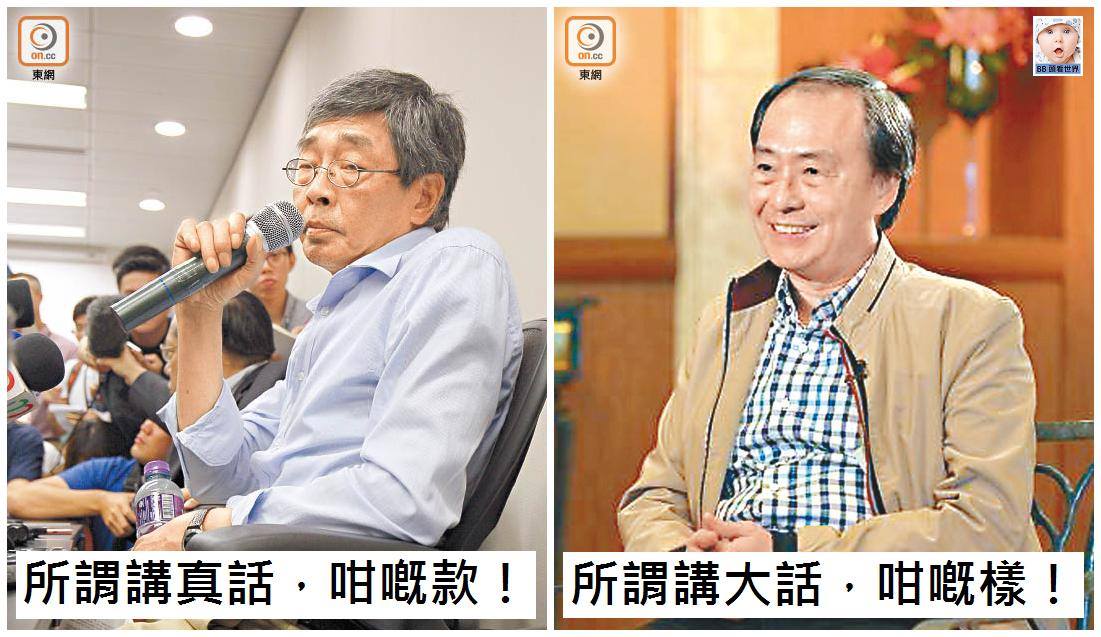
Left: Lam Wing-kee who was telling the 'truth'
Right: Lee Bo who was telling 'lies'

- Lam Wing-kee said
that he does not understand why the Chinese government would treat him in
this manner. He does not believe that this concerns just himself personally
or Causeway Books. Instead, this concerns all of Hong Kong society. He says
that the Chinese government has pushed the people of Hong Kong up against
the wall with nowhere to go.
Ha ha ha. There are
numerous bookstores all over Hong Kong. So why did the Chinese government
target Causeway Bay Books and the five booksellers? What were you people
selected? You have said nothing at all. How can you go around accusing the
Chinese government?

- Lam said that they
were publishing/selling books that tell the truth about China. That is not
an opinion that is shared by most others. (SCMP)
January 5, 2016: �Some of
the banned books, especially those concerning politicians who are
still alive, contain sensational, or even fabricated, elements
intended only to grab eyeballs. They are like
entertainment magazines � people read them to pry into celebrity
affairs, but do not take them seriously.�
- Does Lam Wing-kee
really not understand what he did? He sold unauthorized books in mainland
China over an extended period of time, and he was detained when he crossed
the border to go to mainland
China. If I may make an analogy. In Hong Kong, it is legal to sell Nazi
flags, insignia and uniforms. In Germany,
Strafgesetzbuch section 86a prohibits such activities. If a Hong
Kong resident brings a trunk full of such materials into Germany for sale,
he will be arrested, charged and convicted.
- As another example,
marijuana is legalized in Holland but if a Dutch citizen faces the death
penalty if he brings some marijuana joints into Singapore. As you know, Dadah = Death PERIOD

- These books are
'banned' in China not just because of the contents. In China, books are are
legally published by a proper publishing company which have International
Standard Book Numbers (ISBN) allocated to them. Any book published in China
without a Chinese ISBN is illegal. So if you cannot get an ISBN for your
book, you can say that it is 'banned' from publishing.
- Why won't a publishing
house publish these books? Do you really think freedom of expression covers
libel, defamation and slander anywhere in the world?
-
Criminal Law of the People's Republic of China
Article 10. Any person
who commits a crime outside PRC territory and according to this law bear
criminal responsibility may still be dealt with according to this law even
if he has been tried in a foreign country; however, a person who has already
received criminal punishment in a foreign country may be exempted from
punishment or given a mitigated punishment.
Article 103. Whoever
organizes, plots, or acts to split the country or undermine national
unification, the ringleader, or the one whose crime is grave, is to be
sentenced to life imprisonment or not less than ten years of fixed-term
imprisonment; other active participants are to be sentenced to not less than
three but not more than 10 years of fixed-term imprisonment; and other
participants are to be sentenced to not more than three years of fixed-term
imprisonment, criminal detention, control, or deprivation of political
rights.
Whoever instigates to
split the country and undermine national unification is to be sentenced to
not more than five years of fixed-term imprisonment, criminal detention,
control, or deprivation of political rights; ringleaders or those whose
crimes are grave are to be sentenced to not less than five years of
fixed-term imprisonment.
Article 105. Whoever organizes, plots, or
acts to subvert the political power of the state and overthrow the
socialist system, the ringleaders or those whose crimes are grave are to
be sentenced to life imprisonment, or not less than 10 years of fixed-term
imprisonment; active participants are to be sentenced from not less than
three years to not more than 10 years of fixed-term imprisonment; other
participants are to be sentenced to not more than three years of
fixed-term imprisonment, criminal detention, control, or deprivation of
political rights.
Whoever instigates the subversion of
the political power of the state and overthrow the socialist system
through spreading rumors, slandering, or other ways are to be
sentenced to not more than five years of fixed-term imprisonment, criminal
detention, control, or deprivation of political rights; the ringleaders
and those whose crimes are grave are to be sentenced to not less than five
years of fixed-term imprisonment.

- Lam said that he had
previously been detained while bringing books into China. So he knew that
this was a crime under Chinese law. So what was he and his colleagues doing?
They were bringing in large number of books from Hong Kong into China for
sales/distribution.
It was not the case
that Causeway Bay Books took telephone/online book orders and shipped the
books through Hong Kong Post or other courier services (such as SF
Express). If that were
the case, they might argue that they were Hongkongers doing what is legally
allowed in Hong Kong.
That would not work,
because a parcel containing a single book mailed from Hong Kong to mainland
China would likely be opened for inspection by Chinese Customs, it will be
confiscated and payment will not be made due to non-delivery.
Instead, the bookstore
workers (Lam Wing-kee, Lui Por and Cheung Jiping) shipped the books to
Shenzhen in bulk cartons which were less likely to be inspected. There, they
(and others such as Lam Wing-kee's girlfriend named Hu)
removed the covers of the banned books and glued in covers of innocuous
mainland Chinese titles with proper ISBN's. That is the nature of their
operation. They were selling and distributed unauthorized books in China in
order to make money.
These details came
from Cheung Jiping previously. Lam Wing-kee has completely avoided this
matter during the press conference today and only talked about wanting to
bring the truth to the people of China. Nobody in the media seemed to
remember what Cheung Jiping said either.

- Lam Wing-kee said
that he was detained in Lohu and admitted he brought banned books into
mainland China. When a Hong Kong citizen breaks mainland Chinese law and is
detained in mainland China, why is that a violation of One Country Two
Systems? Are Hongkongers exempt from criminal charges on mainland China?
Conversely if a
mainlander robs a bank in Hong Kong and is arrested, should he be charged in Hong
Kong? There should be a symmetry in how the Two Systems work.
- A recent case is
that of a mainland woman assaulting a Hong Kong woman in Hong Kong. She was
arrested and held in Hong Kong while awaiting trial here in Hong Kong.
- The Hong Kong
localists say that they need to defend Hong Kong against the parallel
traders who buy infant milk formula, personal products, etc cheaply in Hong
Kong and bring it to sell expensively in mainland China. But this is exactly
what Lam Wing-kee was doing -- he was buying banned books cheaply from
publishers in Hong
Kong and selling them expensively in mainland China for profit.

- How was Lam Wing-kee
arrested? Lui Por and Cheung Jiping who live in Shenzhen were both arrested
in mainland China first. Lam Wing-kee was in mainland China at the time. Whether Lam
Wing-kee knew about Lui and Cheung or not, he tried to cross back over to Hong Kong. He presented
his Home Visit Permit to the Chinese immigration inspector, who summoned
officers to detain him. So his case is not one of cross-border arrest.
Lam Wing-Kee said that
this morning Lee Bo told him that he returned to China against his will.
This is hearsay and what was said or heard is unclear as well. This will
have to wait for Lee Bo to explain himself.
- (Oriental
Daily) June 17, 2016.
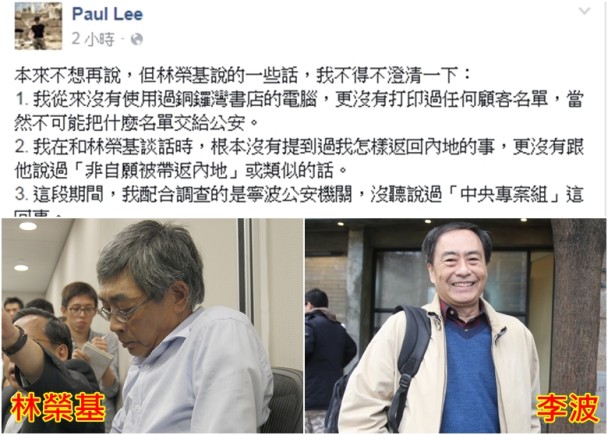
This morning, Lee Bo
(=Paul Lee) responded on Facebook:
Originally I
don't want to say anything more but I need to clarify some of the things
that Lam Wing-kee said:
1. I have never used any computers over at Causeway Bay Books, and I have
never printed any customer list. Obviously I could not have handed over
any customer list to the Chinese public security bureau.
2. When I spoke to Lam Wing-kee, I never mentioned anything about how I
got back to the mainland, and I did not say anything to him in the order
of "taken back to the mainland against my will."
3. During this period, I cooperated with the Ningbo Public Security
Bureau. I have never heard of any "central investigation unit."
A large number of
reporters waited outside Lee Bo's home this morning. Lee Bo: "Everything
that needs to be said has been said. I don't want to say anything more. I
hope that you can give me and my family some peace and privacy."
- Just in case you
don't understand, here is the summation:
- Lee Bo has
relatives living in mainland China, so it is understandable that he has
to lie.
- Lam Wing-kee has
a girlfriend living in mainland China, so it is understandable that he
tells the truth.
(TVB)
June 18, 2016.
As Lee Bo left his
North Point residence this morning, he said: "Yes, I have met with Lam Wing-kee.
But during our meeting, I never told him about how I went back to mainland
China. Therefore I deny what he said about me."
On the subject of
the customer list, Lee Bo said: "That's something else that must be said.
I can solemnly say that I have never used any computer at Causeway Bay
Books. Therefore it is fictional when you say that I took the information
to mainland China. And about what he called the 'central investigation
team.' His information may be different from mine. I have only dealt with
people from the Ningbo City Public Security Bureau. I don't know anything
about any
'central investigation team.' I ask people that you can say whatever you
want about yourself and I won't comment. But please don't get me into
this. Everything about Lee Bo should be based upon what Lee Bo himself
says."
He added: "I was
doing quite well recently. But the last two days have been very vexing. I
hope that you will spare me and let me have a little bit of freedom.
Otherwise I am like sitting in jail." He said that he is not saying that
Lam Wing-kee is lying. "I never said that. He can tell his story. I don't
want to appear in his story." "Mr. Lam's story is his story. I don't have
any friendship with him." Lee declined to answer the other questions.
(Oriental
Daily) June 18, 2016.
Former Causeway Bay
Books part-time employee Woo Chih-wai was interviewed last night and
quoted Lee Bo as saying that he went to mainland China by land, as opposed
to sea or air. Today Lee Bo responded on Facebook:
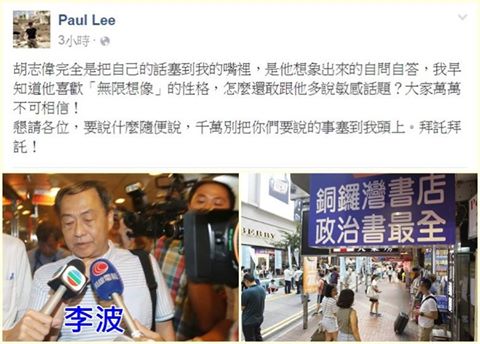
Woo Chih-wai
totally put his own words into my mouth based upon an imaginary Q&A with
himself. I know about this "unlimited imagination" of his, and that is why
I won't discuss any sensitive topic with him. Please don't believe him! I
plead with everybody: You can say anything you want, but please don't
attribute what
you want to say to me. Please!
(Sing
Tao) June 18, 2016
Causeway Bay Books
manager Lui Por was interviewed by Sing Tao today. Lui said that Lam was
lying and that Lam was being manipulated by somebody behind the scene. Lui
said that he was arrested on October 24, 2015 and taken to Ningbo city.
Lui did not go anywhere else. During this time, he had to sign legal
papers addressed to the Ningbo City Public Security Bureau. He said that
the public security bureau allowed him to contact his family by telephone
and Weixin. Lui was asked if he was willing to do media interviews, so he
presented the facts and his thoughts in front of the camera. Lui Por said
that he was definitely not coerced or led to follow any direction or
script. He said that he met with Lee Bo, Lam Wing Kee and Cheung Chiping
in Shenzen in March this year. At the time, Lam Wing-kee told him that the
public security bureau treated him very well. He also met with Lee Bo in
Hong Kong. He has never heard Lee Bo say that he was involuntarily taken
back to mainland China. Lui said that he never imagined that Lam Wing-kee
is such a dishonest person. Lui Por said that Lam is distorting the facts
because he is being manipulated by certain persons with ulterior motives
behind the scene. Lui said that Lam is shameless for doing this, and he
would have the minimal conscience of a Hongkonger.
Cheung Chiping was
also interviewed by Sing Tao Daily. He said that the four booksellers met
in mainland China, and he heard Lam Wing-kee said that he didn't want to
return to Hong Kong because of poor family relations over a long term and
therefore he wanted the Public Security Bureau to help him with making a
living in mainland China. He did not hear Lam Wing-kee talk about being
forced to do anything.
- (Sing
Tao) June 19, 2016. Shaoguan library director Chen Weiqing was
interviewed by Sing Tao. He said that Lam claimed to under house arrest
between April and June this year, but in fact Lam was working at the
Shaoguan Library. It was around the Qing Ming Festival when Chen took in
Lam: "I thought that he was alone in an unfamiliar place and I took pity
on this jobless old man. I took him in to help me at the library." Lam
said that the other library workers can testify that Lam was in good shape
and had actually gained weight. Chen also showed some photos of outings
with Lam. Chen said that Lam even had a girlfriend in Shaoguan. Chen would
like to confront Lam about how he was treated during this three months in
Shaoguan.
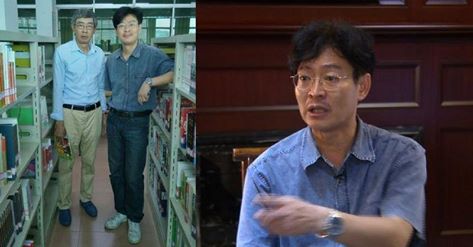
Phoenix TV video:
https://www.facebook.com/HKDiscussForum/videos/1001628893219509/
Chen Weiqing said
that the Shaoguan Library is equipped with closed-circuit television and
he can show the videos of how Lam Wing-kee was treated at work. Chen said
that Lam was very happy in Shaoguan and even spoke about buying a home and
living there. Chen said that Lam never told him that he was out on bail
after committing crimes. In retrospect, Chen thought Lam was very
frightening and hypocritical, especially because Lam went to tell lies at
the Hong Kong Legislative Council.
- (Apple
Daily) June 18, 2016. According to an informed source, Beijing went
after the five booksellers in order to see which author leaked the plans of
Xi Jinping to purge the People's Liberation Army. Unfortunately, this has
turned in a debacle. Right now, Beijing's solution to defuse the ticking
bomb is to escalate the smearing campaign against Lam Wing-kee. According to
one individual in politics, "the smear campaign will go full force, using
character assassination to make the citizens and the foreign media not trust
him. At the very least, they want to make people suspect Lam of political
motives." However, this individual did not think that the people of Hong
Kong would believe this.
- Fuck! Please stop
changing the script! Several months ago, Apple Daily swore that Beijing
went after the five booksellers because of the book on the Six Romances
In The Life of Xi Jinping. Even you must have forgotten about what you
wrote before, because you are now talking about Xi Jinping vs. People's
Liberation Army.
- "An informed
source"? "One individual involved in politics"? This means that the report
is fictional.
(Oriental
Daily) June 19, 2016.
Today Lam Wing-kee
said that Lee Bo never said that he was taken away outside the Mighty
Current warehouse in Chai Wan, nor did he say that he was taken away
against his will to the mainland. But he remembered that Lee Bo said that
"someone from up there went with him." Based upon the tone, Lam Wing-kee
determined Lee Bo was taken away against his will.
Lam Win-kee also
said that he did not know if there is any other equipment in the office.
When asked what office and what equipment he was asking about, Lam said
that he doesn't know.
As to how he learned
that he was detained by the central investigation team, he said that he
encountered a national security agent whom he met previously when stopped
in Shenzhen and this time the person said: "This is the second time. The
central investigation unit will not hold back on you."
(Wen
Wei Po) June 19, 2016.
Earlier Lam Wing-kee
said that Causeway Bay Books shareholder Lee Bo told him about "being
taken away against his will." Lee Bo came out and emphasized that he never
said anything of the sort. Yesterday, Lam Wing-kee changed his statement
and said that he only determined from Lee's tone of voice that he must
have been "involuntarily" taken away. Lam admitted that Lee did not use
those words.
Yesterday, Lam Wing-kee
was asked by a Hong Kong news agency about the circumstances under which
Lee Bo told Lam about "being taken away against his will." Lam said that
he met Lee Bo and his wife. During the discussion, Lee Bo said that
someone wanted him to go to mainland China. The reporter asked about the
specific details. Lam replied: "It was not specific. Lee said that someone
went with him. I can't remember what he said afterwards."
The reporter
reminded Lam Wing-kee that he said during the initial press conference
that "Lee Bo was taken back against his will by somebody." Lam said: "Very
clearly, I heard it from his tone of voice." The reporter wondered: "Tone
of voice? He didn't say it directly?" Lam admitted: "Tone of voice. He did
not say it directly."
- Fuck! I can tell
from the tone of your voice that you are ______________ (fill in as you
wish).

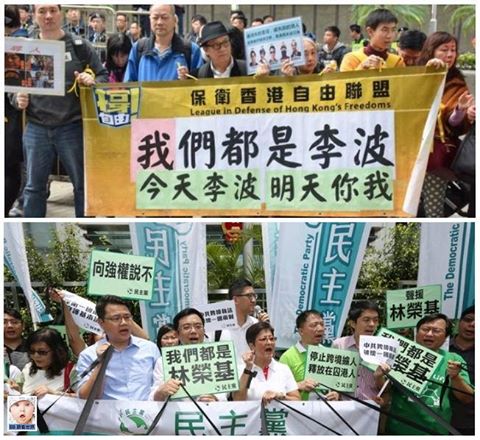
Several months ago,
the League in Defense of Hong Kong's Freedoms held a demonstration march
holding a banner:
We are all Lee Bo
Today Lee Bo, tomorrow you and I
This week, the
Democratic Party held a demonstration march holding a banner:
We are all Lam Wing-kee.
- Holding out a "We
are all Lee Bo" today would be highly inappropriate because he is now a
pariah and a Hong Kong traitor.
- Is there anyway to
recycle these banners? It seems such a waste to discard them after using
them once (and they don't appear to be re-useable because of the changing
realities).

- On the matter of the
customer database, Lam Wing-kee's statements are very confusing. The
critical issue is whether the Chinese government knows who the Causeway Bay
Books customers are and hence take action.
Lam Wing-kee said that
Lee Bo copied a hard drive of customer records in March to give to the
Chinese government. The records include some 600 people, mostly mainlanders,
and some 4,000 book titles. So this means that the Chinese government
already has the information.
Lam said that he was
asked to look through the records to identify customers. Is Lam Wing-kee the
only person in the whole bookstore who can read and understand computer
records? Or are certain details (real names, addresses, etc) stored only
inside Lam's brain? So if Lam Wing-kee drops dead from a cardiac arrest,
everything would be lost and the bookstore can cease all operations?
Normally, a customer
database will contain: name, mailing address, telephone number, email,
billing information, past transactions (ISBN, title, date, sales amount). If
that is what the customer database looks like, the Chinese government knows
everything already.
Lam also said that
Causeway Bay Books is currently being operated by a mysterious Mr. Chan.
Given that his known background is in operating saunas/spas, it is
speculated that he is acting at the behest of some unknown mainland Chinese
party. This means that the Chinese government has access to everything still
there.
From SCMP:
�I was afraid my readers would be
affected, that they would think Hong Kong people � or I � sold them out,�
he said. �But I did not do so� Now they were doing something even worse �
asking me to bring them a hard drive as evidence.�
Lam said he was
supposed to return to the mainland on Thursday and hand over the hard
drive to a �central special unit.� However, after seeing the support from
Hongkongers, he hesitated at the Kowloon Tong MTR station en route to the
border.
What is on the hard
drive that is not already copied by Lee Bo? Why is turning over the actual
hard disk "something even worse"? What, if anything, is on the hard drive
that Lee Bo hadn't copied?
If the hard drive
belongs to Causeway Bay Books, it should be located inside the bookstore
which has been closed and under the control of the mysterious Mr. Chan. Why
do they need Lam Wing-kee to travel to Hong Kong and retrieve it himself?
Lee Bo could have done so himself. This press conference only generated a
ton of questions.
It just makes you
wonder how much Lam Wing-kee understands operations.
- (Initium)
Lam Wing-kee siad that the mainland authorities demanded that he bring the
computer hard disk containing customer information to them. In January this
year, Initium published an exclusive report about the mysterious Mr. Chan
who took over the bookstore in November in order to obtain the customer
information. We have now learned that Mr. Chan came back to Hong Kong
on the night of June 15 after vacationing in Pushan (South Korea). Mr. Chan
then went to Causeway Bay Books, took the computer hard disk, handed it to
Lee Bo who handed it to Lam Wing-kee to bring back to mainland China.
With due respect, this
is making less and less sense. Why can't they just hand it over to any agent
(of the central investigation team)? What is the point of specifically
requiring Lam Wing-kee and only him to bring it?
- (Apple
Daily) June 20, 2016.
Lam said that he was
permitted to go back to Hong Kong to do two things. Firstly, he has to go
see Lee Bo and fetch the hard disk that contains the customer records.
"Because I was the person who entered the information and I personally
mailed the books, so the evidence is more reliable if I brought it over
personally." Secondly, he wants to meet with his elder sister. Lam wanted to
gain more time to stay in Hong Kong. On June 15 when he met with Lee Bo, he
brought the wrong hard disk. He waited until late night before telling Lee.
This let him stay in Hong Kong for an extra day.
On that day, he took
the subway to Kowloon Tong in order to switch to East Rail to go to mainland
China. "The pressure was very great. I knew it was wrong. I thought that I
needed to stop." He wanted to smoke a cigarette. He ended up smoking three
cigarettes. He thought for 30 minutes and decided to go home and think some
more. He realized that he was being followed. He recognized that the person
had been to the bookstore and has been following him. As soon as the person
realized that Lam knew, he left. Lam decided to contact Democratic Party
legislator Albert Ho. He held a press conference that evening.
Lam said that once he
decided not to return to mainland China, he threw away the mobile phone that
the mainland agents gave him because he was afraid of being tracked. His
worries are not unfounded. Last November, his wife filed a missing person
report with the Hong Kong Police. Still detained in Ningbo, Lam was told
that "your son has just contacted a Legislative Councilor." Lam said that he
was angry that his son was being followed and monitored on telephone.
- Tom Clancy is a
better writer than this Apple Daily 'reporter.' This is not about the style,
but the homework done to come up with seemingly convincing details.
- Did Lam Wing-kee
actually say that "Because I was the person who entered the information and
I personally mailed the books, so the evidence is more reliable if I brought
it over personally"? How about familiarizing yourself with the rules of
evidence first?
- Who has ever heard
of the investigators in a case tell the defendant to go fetch a key piece of
evidence himself? What if Lam Wing-kee just tossed the hard disk into
Victoria Harbor? Then the agents can't prove that he committed any crimes,
rights?
- On one hand, the
Chinese Communists are lawless thugs. On the other hand, they want the
evidence in a court trial to be reliable such that they asked the defendant
to personally fetch it himself. Which is it?
- (Headline
Daily) June 21, 2016. Based upon the various pieces of
information that Lam Wing-kee provided about the surveillance on him, we
concluded (1) the mainland agents are lousy; (2) he was not under close
surveillance. Here are the details.
Lam Wing-kee believed
that he was allowed to come back to Hong Kong because he was compliant
during his time in mainland China. Two agents named Chan and Shi accompanied
him on this trip.
He said that Chan and
Shi used different passageways to enter Hong Kong, and they arranged to meet
at the convenience store on the Hong Kong side after passing through.
However, the two agents did not show up. But Chan and Shi continued to keep
contact with Lam by mobile phone. They told him not to contact anyone; to
tell them about any telephone calls he made. Lam said that these demands
"obviously meant that they want to control me."
So according to Lam,
these two Central Investigation Team agents actually believed that they can
run remote control on Lam because they can count on him to provide all the
details of all the contacts that he made. Aren't they being too simple and
naive? Do they really believe that they can control someone by telephone?
Did they ever consider the possibility that Lam may discard the phone and
flee?
If Lam was tasked with
bringing the all-important customer list back to mainland China, then these
agents are even more incompetent than characters in a Stephen Chow comedy.
And if these agents
are really as lousy as Lam described, the people of Hong Kong have nothing
to fear from this 'powerful' government department from the 'powerful'
nation.
- But previously, this
is what Lam said: (Apple
Daily) June 20, 2016. Lam said that his case was one of cross-border
law enforcement. If the government is willing to air the closed-circuit
videos at the border, he is willing to identify the people who cross over
with him. "The problem is whether the Hong Kong government is willing to do
that."
- Lam Wing-kee used
the Immigration Department passage for Hong Kong residents whereas Mr. Chan
and Mr. Shi would have to use the passage for mainlanders. They didn't come
in at the same time down the same passage. What is the point of looking at
the videos? Is Lam not even aware of this?
- (Wen
Wei Po) June 22, 2016.
Yesterday Lam Wing-kee
was on radio to overturn what he said at the initial press conference about
tossing the mobile phone away in Kowloon Tong. He is now saying that he
turned the mobile phone off in Kowloon Tong but kept it with him. After the
press conference, he was worried that the mobile phone might still be
tracked, so he destroyed it. "At the time, I was under a great deal of
pressure. I was afraid that they may locate me. So I turned it off. But I am
not very good with mobile phones, and I must have touched some control or
the other because the mobile phone was on again. I turned it off once again.
I put it in my pocket and I did not think about it. That evening, I saw that
the mobile phone was still in pocket. When I got home, I got afraid of being
tracked. So I immersed it under water in the bathroom. Later I got a
relative to come and dismantle it."
Lam also claimed that
the hard disk from the bookstore is still in his hands. The data stored
included the personal information (name, address, mailing information) of
the book buyers. He said that he was afraid that the hard disk may fall into
the hands of the other side and becomes court evidence. The other side can
also cause trouble for the buyers, or obtain information about the authors
and sources from the database.
Lam Wing-kee admitted
that his case is not cross-border law enforcement, because he was detained
after he crossed into Lohu. But he said that when he came back to Hong Kong,
he was accompanied by two members of the Central Investigation Team who used
text messages to monitor him and attempted to control his actions in a way
that is beyond their authority. "The people of Hong Kong can decide for
themselves whether this is cross-border law enforcement."
- (Oriental
Daily) June 22, 2016. Lam Wing-kee admitted that the sole piece of
evidence against the "Central Investigation Team" has been destroyed by him.
He explained that the mobile phone contained the records of how the team
leader Mr. Chan and team member Mr. Shi were communicating with him. He was
afraid of being tracked, so he submersed the phone under water and then got
a relative to dismantle it. In retrospect, he destroyed the most important
piece of information.
Lam Wing-kee said that
he determined from Lee Bo's tone of voice that Lee was taken away against
his will. However, only the principals can confirm this. He said that Lee Bo
has relatives in Fujian and is being forced to tell lies. He called on the
media once more not to interview Lee Bo and others.
(Silentmajority.hk)
June 22, 2016.
Yesterday on radio,
Lam Wing-kee admitted that after he was arrested for personally carrying
banned books into China, he changed the mode of operation by letting
mainlanders purchase online and then mailing the books to them. The online
platform and the bank account for receiving payments are both located inside
China, so he may have broken mainland laws. Lam admitted that his own case
was not that of cross-border law enforcement.

-
Moral
hazard occurs when one person takes more
risks because someone else bears the cost of those risks.
Lam said that, on the day he was
accosted on the mainland last October, he was originally planning to visit
his girlfriend, whom he met after living away from his family. She was also
detained on the mainland as she had helped him with sending �banned� books
into China. She was released on bail. �I am sorry for my girlfriend,� he
said. �But I don�t consider this a personal matter anymore, rather a matter
for the whole of society� Hong Kong people were forced without any way out.
Hong Kong has rule of law � I am not afraid for my personal safety, and I do
not plan to go to the mainland again.�
Lam
took the risk and his girlfriend bears the costs of those risks.
-
It has been speculated that the reason why Lee Bo went to China was
because someone from a "central special unit" told him: "You are the owner
of Causeway Bay Books. Four of your colleagues have been detained in
mainland China on matters related to Causeway Bay Books. Will you come
with us to clarify matters?" Lee went because he was a man with a sense of
responsibility. This is much more than can be said about Lam Wing-kee.
-
Lam Wing-kee received $100,000 in severance pay from Lee Bo. How much of
that did he give to his girlfriend and other accomplices who were detained
by the Chinese police? Enquiring minds want to know.

(HK01)
June 16, 2016.
At
around 5pm this afternoon our reporter went to visit Lam Wing-kee at home
to ask him questions. Before we even pressed the door bell, we heard a
loud female voice talking about a sex scandal. Her voice could be clearly
heard in the corridor outside the apartment. The woman spoke in Cantonese
and mentioned a person and a woman in bed. "The photo was taken in
December. Did you really just got to know her?" "Where did you take
the money? You keep saying that you have to go out on business trips. I
told you to take me with you. You said no. Were you really working? Why
couldn't you take me with you? I knew that you were up to something." "She
must already be related to you before she let you ... it is a video of the
entire process." No other voice could be heard during this time.
While the woman was talking, our reporter pressed the door bell around ten
times. We said aloud: "Is Mr. Lam home?" This indicated to whoever was
inside that someone was outside the door. But nobody came to the door. The
woman continued to talk for about half an hour. She said: "I don't know
him ... he was with a woman? I don't know about it." "When you don't care
about the child, why should the child care about you?" "You teach by
example. You don't even know what you are doing, so how can you make
demands of a child? Do you know how to? Did you teach him? Right or not?"
After the woman finished talking, our reporter pressed the door bell
again. But nobody responded. So our reporter left.
At
around 7pm, our reporter went to Lam Wing-kee's apartment again. We
identified ourselves again. We pressed the door bell many times and asked
the woman whether she is Mrs. Lam. We asked the woman to respond to the
involvement in the sex scandal. But nobody answered the door. We heard the
woman call up the security guard, who came up shortly afterwards to evict
our reporter.
We
also received information that Lam Wing-kee came back three months later
than the other three booksellers for cause. Lam was granted bail in March,
but he needed a guarantor. His wife and his son did not go to the mainland
to be his guarantor. Between March and June, he was given a temporary job
at a Shenzhen library to make a living while he waited.
[Transcription of audio recording (5pm, June 14, 2016)
Female voice: The photo was taken in December. If the woman was a recent
acquaintance, there is no reason to go to bed as soon as you got to know
her. She already has a relationship with you and that was why you were
caught. The video recorded the entire process. It was not filmed with the
clothes on. Where was your money spent? I have already asked him. He goes
on business trips frequently. I said, "You take me with you. If you are
really going on a business trip, why not bring me with you?" I already
know that there was a problem. He has a bank account in mainland China.
There should be several tens of thousands of RMB. I don't know if he spent
all the money after he got together with that woman. In terms of Hong Kong
dollars, there should be $100,000, or at least $80,000. He wanted to
save face. That was pointless. I really can't help him. If he really
needed money, I could have brought the money to him overnight.]
(HK01)
June 16, 2016.
Lam Wing-kee said
that the female in the audio recording is his wife. "That is my woman. As
to whether there was a sex scandal, it depends on what evidence she has. I
didn't." Lam continued: "I got acquainted with the mainland girlfriend
after I separated from my wife. She helped me to mail books. Right now she
is being investigated. I hope that the Chinese government won't make
trouble for my friends on my account."
- Now we see why by the time that the
train got to Kowloon Tong station, Lam Wing-kee changed his mind. He did
not want to go to Shenzhen and see that woman anymore because his wife
was giving him hell over the extramarital affair.
- We can foresee that in the next few
days, Lam Wing-kee will be hounded about the purported sex scandal. If
he says "No such thing", his wife may really blow up and spill
everything to the press? If he says "No comment", everyone will assume
this to be true.
- I see that someone is complaining that
such scurrilous reportage should not be allowed. Well, what the fuck did
you think "pro-democracy" Apple Daily has been doing over these years?
Sample: Bosco Wong-Myolie Wu in Sudden
Weekly (defunct Next Media Group magazine)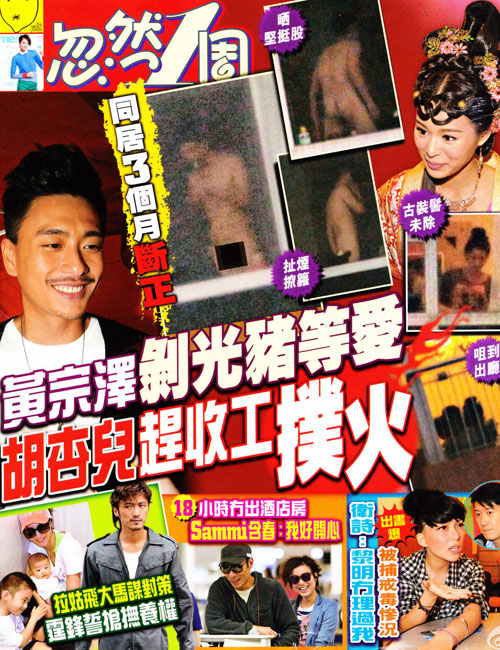
- Mrs. Lam has
made things very clear. She received a video dated December 2015 of Lam
Wing-kee and a woman naked together in bed. Lam must know that his wife
knows everything. Therefore he would rather stay in mainland China than
come back to Hong Kong and confront his wife. But how was he going to
make a living for himself and his mistress? Therefore he asked the
public security bureau to arrange a librarian job for him in Shenzhen.
As time went on, his mistress realized that there is no future in this
sixty-something-year-old librarian who got her into all sorts of legal
trouble. So now mainland China was also becoming unbearable to Lam Wing-kee.
This means that Lam Wing-kee had to come back to Hong Kong.
So who can help
him in Hong Kong in terms of money? Well, Albert Ho would surely want
Lam to help him 'support patriotic democratic movements in China' which
had just raised $1.7 million on June 4th. There is also Jimmy Lai (Next
Media) and the US Consulate/National Democratic Institute too. What is
Lam Wing-kee's most valuable contribution? He can attack Lee Bo, who
issued a denial immediately. But Lam has gotten on the train and he
cannot get off now. So Lam will continue have to continue with his
shtick now.
But the show isn't
over, because there are potential developments. For one thing, if Lam
Wing-kee provokes his wife, she may release the December 2015 video. As
another example. That video will be worth a lot of the paparazzi media
(even including "pro-democracy" Next Media). For another thing, the
mistress on mainland China may give an interview to describe her life
and times with Lam Wing-kee. That would be another major scoop.
Historical case
study:
(August 17, 2004) The Headline News In Hong Kong - Part 2
Hong Kong Legislative Council candidate Alex Ho was caught stark naked
in a mainland hotel bed with a prostitute ("兩條肉蟲").
Was it a frame-up?
(September 1, 2004) The
Verdict On Alex Ho Simply put, Alex Ho's comrades-in-arms have
dumped him by purging his name and face from their Hong Kong Legco campaign.
This is as good as those air-brushed photos of Chinese Politburo membership, but
it is a little bit too late.
(September 9, 2004) The Headline News In Hong Kong - Part 4
The Dongguan Public Security Bureau held its second press conference during they
showed photos of a naked Alex Ho, a condom wrapper, menstrual blood stains,
scattered underwear, etc, plus further references to a pattern of patronizing
prostitutes in Shenzhen dating back some years.
(February 5, 2005) Alex
Ho Meets The Press Full coverage of one of the most
bizarre press
conferences in recent times. The shorter summary: "I did not have
sex
with that woman. That is all I have to say. After today, I
will never respond on this issue ever again. I will not address or
refute
any evidence. You'll just have to trust me. My wife trusts
me.
P.S. Yes, I know that woman, she did knock on my hotel door at 3
am that
night I did let her into my room and I was naked when the police entered
the
room. But I don't have to tell you what we were doing because I
just told
you that I did not have sex with her and that should be enough for
you. P.P.S. I am resigning from the Democratic Party this
very minute, which
means that their disciplinary committee won't have to conduct an
internal
investigation about the facts of the case. P.P.P.S. I am
going to
remain being a District Councilor because my personal morals is none of
your
business. And the fact that the position pays tens of thousands of
dollars
per month has nothing to do with it."
(Oriental
Daily) June 19, 2016.
Lam said that he
has contacted his separated wife many times after he returned to Hong
Kong. With the assistance of Albert Ho (Democratic Party legislator),
he spoke to her by telephone. She opposed him going public in a
big quarrel. Lam that she cut off the telephone line as soon as they
started to argue. After the initial press conference, his ex-wife
contacted him. But they quarreled immediately. Lam said that he finds
it insufferable.
Lam also said
that his wife has something to do with the decision to sell Causeway
Bay Books to Gui Min-hai. His wife wanted Lam to come home and not
work anymore, so they sold the bookstore. During the separation
period, his wife asked him to come home. Apart from this, the sale had
to do with the economy going sour. Lam does not exclude the
possibility of restarting the bookstore some day.
Lam said that he
contacted his two sons after the press conference and warn them not to
travel to mainland China. The elder son supported him going public,
and the younger son said he was concerned.

(Wen
Wei Po) June 17, 2016.
A Sing Tao reporter
called up the Ningbo Public Security Bureau and spoke to a police officer
in charge of the case. The police officer said that Hong Kong resident Lam
Wing-kee and others knowingly violated mainland laws by bringing in
unauthorized books over a long period of time. In September 2012, Lam
Wing-kee was subject to administrative penalty by the Lohu Customs
Department for bringing in unauthorized books.
On October 24, 2015,
Lam Wing-kee entered the Lohu border crossing to meet with another person
named Hu involved in the case (aka Lam Wing-kee's 'girlfriend') and was
detained by the public security bureau. Because Lam and Hu were personally
involved, they volunteered to sign letters not to hire lawyers and not to
meet with their relatives.
According to the
police investigation, Lam used disguised book covers and other methods to
mail unauthorized books directly or use Hu and others to mail indirectly
to mainland Chinese customers between October 2013 and October 2016.
Furthermore, he used a mainland Chinese bank card to accept payments for
those books.
The police officer
said that Lam Wing-kee admitted to the crime of illegal sales and wrote a
confession. Because of Lam's attitude, the public security bureau allowed
him to post bail while awaiting trial. During this period, Lam said that
he did not get along with his wife and son and would find it hard to live
in Hong Kong. Therefore, he asked the public security bureau to help him.
The public security bureau made certain arrangements for him.
Recently Lam applied
(see letter below) to go to Hong Kong to take care of personal matters.
The public security bureau granted him permission.
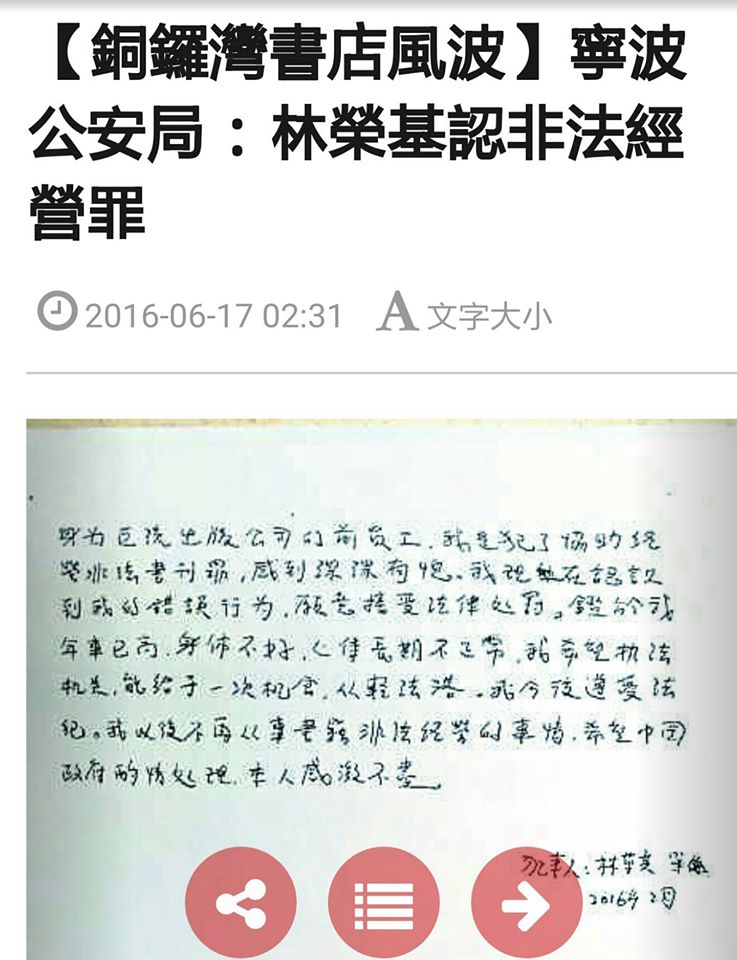
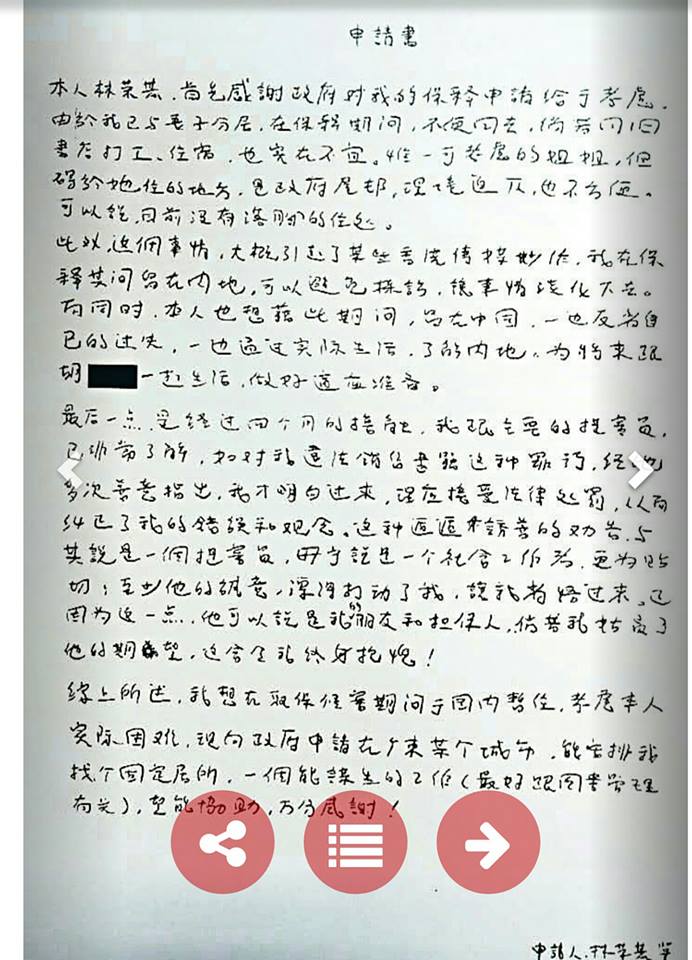
"I am presently
separated from my wife, so it will be inconvenient to stay with her during
the probation period. It would also be inconvenient to go back to live and
work at the bookstore. The only option is my sister, but she is living in
a congested public housing estate unit and it would be inconvenient.
Therefore it can be said that I don't any place to stay in.
Furthermore,
certain Hong Kong media are hyping up this affair. During my bail term, I
can avoid interviews if I stay in mainland China so that things can calm
down ... Based upon the above, I want to stay in mainland China for now.
In consideration of my personal hardships, I am not applying to the
government to arrange a residence and a job (ideally as a librarian) for
me in some city. I hope that you can help me. Many thanks!
Applicant: Lam
Wing-kee."

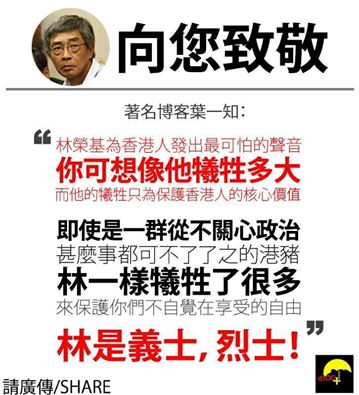
Blogger Yip Yat-chee:
Lam Wing-kee said something fearful on behalf of the people of Hong Kong.
You can imagine how great his sacrifice is. His sacrifice was made only to
protect the core values of the people of Hong Kong. Even for a group of Hong
Kong pigs who never care about politics, Lam has still sacrificed a lot of
protect the freedom that you are not even aware of. Lam is a justice
fighters and martyr."
- Lam Wing-kee is a
martyr? So what are the requirements to become a martyr:
(1) You double-cross your wife by cheating with another woman
(2) You double-cross your girlfriend by getting her to participate in
criminal activities and abandoning her now
(3) You double-cross your bookstore workers (Lui Por and Cheung Jiping)
(4) You double-cross your boss (Lee Bo) who invested money to save your
bankrupt bookstore
Oh, I forgot: "You
double-cross your country." Did I miss anything?
- Let us assume that
Lee Bo was under threat not to tell how he went from Hong Kong to mainland
China. Lam knows that his friend is being threatened, but he nevertheless
puts his friend in peril. What a friend!!! Why is Lam doing this? There can
only be one purpose: Lam does not want to return to mainland China and face
the legal consequences of his crime. Therefore he must create a political
shield for himself in Hong Kong. What shield? He has to say that Hongkongers
are being taken across the border by mainland police! The living proof of
that is the Lee Bo case as described by Lam Wing-kee. Once that happens,
Hong Kong will never turn Lam over to the mainland for his trial.

(Kinliu)
By Chris Wat Wing-yin. June 18, 2016.
A certain person was
arrested in mainland China for selling banned books. He was detained for
several months. When he came back, he said: "This is not just my personal
issue. This is not just the issue of the bookstore. It is an issue for the
people of Hong Kong." And now he is a hero.
"It concerns the
people of Hong Kong" is a panacea. Whenever the phrase is invoked, it
becomes a public issue for justice. A lot of people will rush in to
support you blindly irrespective of the facts and reasons. Such was the
case of Denise Ho, and such was the case of Causeway Bay Books.
"If we don't speak
up, then Hong Kong will be beyond rescue ..." Thus spoke Causeway Bay
Books manager Lam Wing-kee at the press conference the other day. This
sounds familiar. During Occupy Central, the anti-national education
campaign, the Mong Kok brick riot, etc, the people on high moral grounds
spoke in this manner with megaphones in hand.
There are many
Facebook posts with Mr. Lam's photo and the word "Hero" underneath. I
would like to ask just in what way or manner is Mr. Lam a hero?
Everybody knows that
those books are banned. If you bring them across the border, you are
committing a crime. If you want to take the risk to make money and then you
get caught, who else can you blame except yourself?
Twenty years ago, I
worked in Jimmy Lai's Next Media. At the time, tension was high between
Taiwan and China. I was dispatched to gather information about the Fujian province
military sites. Since Next Media has always been anti-Communist, our
reporters could never get press passes. Each trip is therefore illegal
news gathering. Every reporter knew that.
Normally I covered
livelihood issues. So the authorities tended to turn a blind eye. But this time, I
was going into a military zone to cover national security. We knew that
this was very dangerous. Indeed, I and my photographer were arrested while
filming in a small fishing harbor across from Matsu Islands (Taiwan). We
knew that we had crossed the red line this time. So we were detained for a
week by the National Security Bureau for illegal news gathering and
endangering national security. We were eventually expelled. Our Home Visit
Permits were confiscated and we could not enter China for two years.
Afterwards, our boss
offered to give us compensation for our troubles. I rejected the offer. I
told the boss. "As the Chinese saying goes, if you eat salted fish, you
must be prepared to suffer the thirst. You pay higher salaries than other
newspapers because of the risks. If I take your salary, it means that I am ready to
accept the risks."
So, on the first day
that Mr. Lam, Mr. Lee and Mr. Gui decided to get into this business, they
have stepped into a minefield. When you libel people to make money, you
must be prepared that it will get back to you some day. You cannot say
that I have been hurting you so many years in order to make money, so why
are you hurting me now?
Causes lead to
effects. You deserved the consequences of your actions. You decided to sell
banned books about other people by plagiarism and creative writing, and you
make $200 to $300 per book. If the business is so profitable, then why
aren't other writers and publishers rushing in? That's because these other
people have considered the risks to be too high and/or they have moral
scruples.

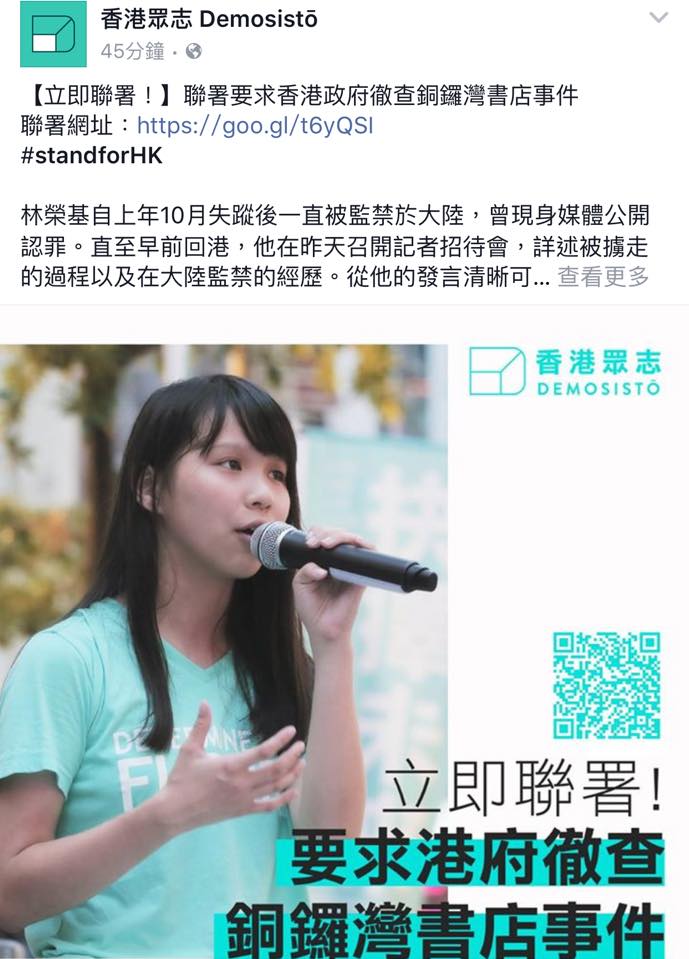
Demosisto: Signature campaign to demand the
Hong Kong government make a thorough investigation of the Causeway Bay Books
incident.
- The year is 2016
now. Demosisto wants to have a signature campaign to petition the Hong
Kong SAR Government (of all people) to conduct an investigation? I am
afraid that I can no longer tell the difference between genuine and
play-act na�vet�.
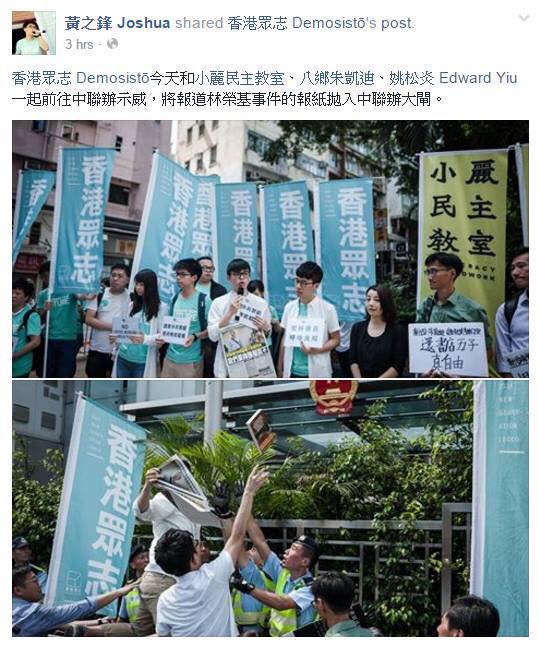
Demosisto marched today with Siu Lai's
Democracy Classroom, Chu Hoi-dick (Pat Heung) and Edward Yiu to demonstrate
at the China Liaison Office. When they got there, they threw newspapers that
reported on the Lam Wingkee affair at the entrance gate.
- After their unique
contributions to social activism of (1) the relay hunger strike of a relay
team with each person fasting for four hours followed by another person;
(2) jumping into the harbor while wearing life vests; (3) setting
up a complex chain of dominoes to topple; they have now come up with
throwing newspapers.
- I recently checked
Urban Dictionary and I was amazed to see that nobody has come up
with a definition for "leftist retard" yet. I think "throwing newspaper
reports at the authorities" may easily qualify.

(Headline
Daily) June 19, 2016.
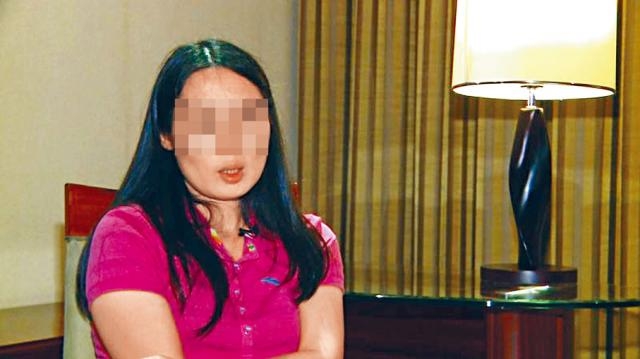
Recently Lam Wing-kee's
Shenzhen 37-year-old girlfriend named Hu was interviewed by mainland
media. The year before last, she got acquainted over the Internet with Lam
Wing-kee, who is almost 60 yars old. One month later, Lam Wing-kee came to
Shenzhen and they went to a hotel and established a relationship.
Hu said that she
only realized that everything that Lam told her was lies. She said: "He
got me involved in his bookstore business. He repeatedly brainwashed me.
His goal was to get me to forward books for him. But Lam never explained
to her that it is illegal in mainland China to mail these books."
Hu had carefully
asked Lam whether this was legal. Lam said that there was no problem.
Later on, Hu found out that Lam had been penalized for precisely this sort
of thing before and so he had to know that this was against the law.
Eight or nine months
after they got acquainted, Lam began to ask her to help mail the books.
Each time, he would mail the books to Hu and tell her to ship them out by
courier service to the names/addresses that he provided. Each time that
they met, Lam would pay her a fee for forwarding the books.
At first Hu was
suspicious. She asked Lam why he needed her to do this instead of doing it
yourself. Lam told her that since she was getting paid, she should not ask
any more questions. Hu felt that Lam was exploiting people to do something
that he knew was against the law. The receipts showed Hu's address, and
that was how the public security bureau eventually tracked her down.
She remembered that
Lam once scolded her. "He sent a big parcel of books for me at the post
office. The sun was particularly vicious that day, and the post
office is not far from my home. So I didn't go to the post office. He
telephoned me and scolded me. He said that he is paying me a fee but I did
not do my job. He said that I was too lazy."
Last October, Lam
and Hu were both detained by the public security bureau. The investigators
told them that they have the right to hire lawyers. But Hu considered that
Lam had a family (his parents are in their 70's and there is a son) and
did not want them to know about their relationship. So they did not hire
lawyers and they did not notify their families either. They only wanted to
resolve this matter as soon as possible. So when Lam Wing-kee went back to
Hong Kong and said at the press conference that he was forced to sign
papers not to inform the family and not to hire a lawyer, he was lying.
In March this year,
Hu was allowed to post bail. On the morning of June 17, Hu saw Lam's press
conference. Hu said that Lam mentioned her and divulged their
relationship. Hu did not want her friends and relatives to know about
this. She felt that Lam was being very selfish, wanting only to do the
best for himself without worrying whether other people will live or die.
Hu will not be to able to lead a serene life from now on.
Hu said repeatedly
that if she ever get a chance to see Lam Wing-kee again, she is going to
ask him what he did this to her. He used fancy talk to persuade her to
mail illegal books in order to make money for him. He only cared about his
political interests. He was not a man, he was not a Hong Kong man. Normal
Hong Kong men will stick to their promises and principles. But this
incident has completely destroyed the image of the Hong Kong man.
Hu now considered
that knowing Lam Wing-kee has been a nightmare that she really wants to
end. She wants to erase the painful memories so that she can live a new
life.
Hu said that she is
a divorced woman bringing up a child by herself. She has seen some female
friends married to Hong Kong, and so she also hoped to marry a Hong Kong
man so that she and her child can live better lives. When she first got
acquainted with Lam Wing-kee, he gave her a wonderful dream. Hu said: "Lam
Wing-kee told me that he has a wife in Hong Kong but they don't get along.
He wants to wait a couple of years to get a divorce, and then he will
marry me. He also promised to get my son to go to live in Hong Kong."
- Lam Wing-kee is
practicing One Country Two Wives like some many other Hong Kong men.
- Well, the
mainland Public Security Bureau apparently has all the mailing and
financial records of this Hu woman. This is even more reliable and
definitive than any computer file in Causeway Bay Books.
- What are Lam
Wing-kee's options right now?
Option 1:
Completely ignore the existence of the Hu woman and refuse to answer
anything about her. Lam will need to have very thick skin.
Option 2: Attack
her for being a gold digger, police informant and/or mental patient. But
if you study the case of Alex Ho, there is a good chance that she will
counter-attack with all sorts of other evidence (transaction records,
photos, videos, etc) so that it becomes a long slow death.
Option 3:
Apologize to her in public and promise to make amends.
-
Fatal Attraction: "I'm not going to be ignored." Hell hath no
fury like a woman scorned.
- The detractors
of the Hu woman said that mainlanders cannot watch television news of
Lam Wing-kee's press conference, so she must be fake. Well, the
detractors are still living in the Chinese Internet world of twenty
years ago. I suggest that they go and visit mainland China some time and
actually see what Chinese Internet users actually do nowadays.
Besides, even if
she hadn't seen a news broadcast, the Sing Tao reporter must usually
have brought the video clip of the relevant section to show her and ask
for her reaction.
(Apple
Daily) June 19, 2016.
Before our reporter
even asked, Lam Wing-kee immediately said: "Of course, I am a man." In
1994, he founded Causeway Bay Books. In 2013, he decided to sell the store
to Mighty Current. One one hand, the rent was expensive and he anticipated
that the economy would be even worse in 2014. Besides he said that he did
not get along with his wife and she wants to sell the bookstore.
Lam said that he got
to know this girlfriend two years after he separated from his wife. He
said that he has not read the Sing Tao report itself, just the title. "It
is for normal for her to talk like that. I am sad that I cannot help her.
I know that she would say that. Surely." He said that he was sorry for his
girlfriend. "I am rueful. Nothing that I say will make a difference,
because she cannot hear me. So I might as well as save my breath."
As for the rebuttals
from the other principals at Causeway Bay Books, Lam sighed: "If I
confront them each time, it will damage them because they will have to
betray their conscience. Therefore I don't want any confrontation. That is
not because I am lying, but because it will damage them and make them feel
bad. So why do it?"
He said that the
business manager Cheung Jiping lives in Dongguan with his wife, so Cheung
is unlikely to be allowed to return to Hong Kong. General manager Lui Por
was processing the corporate accounts a few days ago. "Lee Bo wants to
finish the matters related to the company. He was going to go to mainland
China on June 27. My guess is that he won't be going because the
Communists don't people to know their agenda. If he doesn't go on June 27,
it will prove that what I say is true."

(SCMP)
June 19, 2016.
Lee Po�s
entry to mainland
Lam:
Lee admitted he was abducted to the mainland. He entered the mainland
involuntarily, as he told me when I met him after I returned to Hong
Kong. He had to say what he said because his relatives are in Fujian
Lee:
When I was chatting with Lam Wing-kee, I did not talk about how I
returned to the mainland, and so I didn�t say I went to the mainland
involuntarily or anything similar.
Lee Po�s
handling of customer details
Lam:
Lee passed a list of 400 to 500 customers to mainland authorities.
Lee:
I never used the computer at Causeway Bay Books and had never printed
out any lists of customers, much less passing any lists to mainland
police.
Mainland
girlfriend on relationship
Hu:
[Lam] lied about the legality of mailing banned books on the mainland
and paid me every time I helped him deliver the books through mail.
Lam:
I do not want to confront her as she would not be able to hear what I
say on the mainland. She could not say things voluntarily there, so I
don�t want to bring further trouble to her. I hope she would be treated
leniently on the mainland.
Business
partner Lui Por on televised confession
Lam:
[Some officers] gave me a script to read to confess on mainland TV. I
had to follow the script. If I did not follow it strictly, they would
ask for a re-take.
Lui
Por: There was absolutely no such thing
as coerced confessions or pre-arranged media interviews with a script. I
never imagined Lam Wing-kee was such a dishonest person. He should
bravely admit his guilt and shoulder the legal responsibility.
Lam:
He was forced to say that as his wife was from the northeastern part of
China.
Cheung Chi-ping: Lam�s press conference
was premeditated and an attack on the one country, two systems principle
Lam:
His wife is in Dongguan city, Guangdong province so he had to say so
Confrontation with Ningbo authorities
Lam:
I wanted to commit suicide in Ningbo as the solitary confinement and
interrogation was so stressful.
Ningbo authorities: He stayed there
voluntarily as he had family disputes in Hong Kong.
Lam:
I had separated from my wife for some years already.
(SpeakoutHK)
Legislator Michael
Tien: Lam Wing-kee held a press conference and it was like throwing a
rock into a lake. But he kept changing his tune afterwards. First it is
this, then it is that. He should get points deducted.
You admit that you
have a girlfriend in mainland China. The whole thing is that you admit
that you mailed books to mainland China and then they are remailed. You
knew the law and you broke the law.
At the press
conference, he said that two mainland agents came to Hong Kong with him.
I got the impression that the two men were holding you by both arms. But
now he is saying that the two men disappeared before he even reached the
Lohu border crossing? At first, he said that the two men came with him
and this made people think that this was cross-border law enforcement.
But now those two persons were not seen after crossing the border. So
this is another version, back and forth.
At the time, he
gave me the clear impression that Lee Bo told him: "I was kidnapped to
the mainland." I don't understand why Lam Wing-kee changed his statement
yesterday. After being questioned a few times, he now said that it was a
feeling that he had. At the press conference, he said that Lee Bo was
taken to the mainland against his will. But now it boils down to the
tone of voice. It was just the tone of voice, and Lee Bo did not say it
directly. Then why didn't he make it clear at the press conference?
Frankly he gets many points deducted over this.
Former legislator
Ronny Tong Ka-wah: We must admit that as soon as he crossed the border
into Hong Kong, he is protected by Hong Kong Basic Law and other laws.
Frankly, Lam held this press conference and he said a lot of things. He
only indirectly proved that everything that he wanted from One Country
Two Systems is already working. One Country Two Systems is working.

(Oriental
Daily) June 19, 2016.
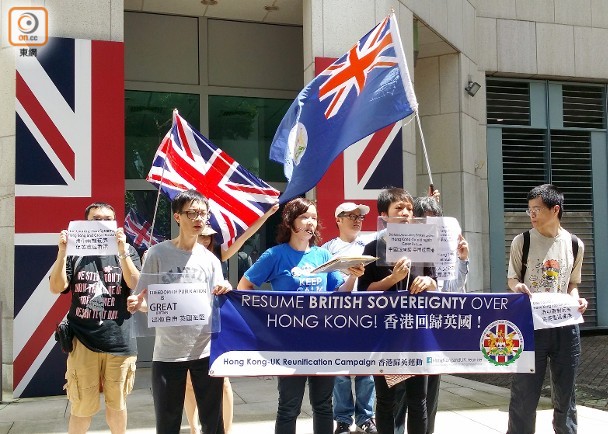
Eight members of the Hong Kong-UK
Reunification Campaign went to the British Consulate-General to petition.
They said that mainlanders coming to Hong Kong to enforce the law are
seriously violating the Sino-British Joint Declaration. So they want Hong
Kong to be be handed back to the United Kingdom. The group is also starting
an online petition and they want to gather 10,000 to 20,000 signatures, so
that the United Kingdom can act with public opinion on their side.

(Channel
News Asia) June 20, 2016.
The Hong Kong bookseller who broke
silence on Thursday about being interrogated in detention in China, said
he had weighed the pros and cons before deciding to speak. His decision to
break his silence sparked public furore in the process.
In a one-on-one interview with Channel
NewsAsia's Wei Du on Sunday (Jun 19), Lam Wing-kee said he was not
surprised to hear that his girlfriend and associates had spoke out against
him. He also spoke of Hong Kong�s political future.
WEI DU: After you gave the interview on
Thursday, your associates and girlfriend have told the media that you were
not telling the truth. They used some strong words. Are you surprised?
LAM WING-KEE: They were speaking in an
abnormal environment. You know what that means? They were not acting on
free will. If I refute them point by point, it�ll do them harm, because
everything they�ve said is against their own will. They have a lot on the
line, I don�t want to refute them anymore.
WEI: Do you worry the damage is already
done?
LAM: I expected this. When I decided to
speak out, I weighed the pros and cons. It�s harmed them, it�s harmed me.
My girlfriend is still there, but I�ll never see her again in future. The
other ones, their cases are pretty much decided on, so the damage is not
so great, probably not greater than the harm to myself. But it�s a
different case for the people of Hong Kong. It�s important that someone
stands up and fights, because many people are too afraid to say anything.
I had to make the compromise.
WEI: You said you expect not to see your
girlfriend again?
LAM: That�s right. I can�t go back
anymore, and she will never be able to come here. I hope the Chinese
government treats them better. Don�t treat them badly because of me.
WEI: You said Lee Bo (one of the other
booksellers) told you he was abducted in Hong Kong. If that could happen
to him, are you worried about your safety in Hong Kong now?
LAM: When he was abducted in Hong Kong,
maybe it was because mainland authorities didn�t expect the reaction in
Hong Kong to be so strong. It crossed the line for Hong Kongers, so the
reaction was strong. Maybe they didn�t see that.
WEI: So you think it�s different now?
LAM: It is different. They weren�t too
smart.
WEI: You think you are safe in Hong Kong?
LAM: Yes. After Lee Bo, they won�t be so
blatant.
WEI: You were interrogated for eight
months. During that time, did you find out what they wanted to know the
most?
LAM: Sources for the books. Where the
information came from. That�s what they wanted to know.
WEI: What are we supposed to make of the
books by Mighty Current (the publishing house)?
LAM: Mighty Current published books to
make money. You don�t have to understand why. If there was a profit to be
made in a book, it�d be published. It�s all business. The books are often
plagiarised. Sometimes they are truthful, sometimes not.
WEI: Many young people in Hong Kong think
the "One Country, Two Systems" won�t work out. What do you think is the
best way forward?
LAM: Independence. My personal opinion,
and I am not afraid to say, is that it�s doable.
In a marriage, if the man treats the
woman badly, the woman will leave. It�s normal. She wants her happiness
too. The Communist party wants to control everyone, but it�s not elected,
it has no legitimacy. It has no respect for human rights. So when people
demand independence, they have a reason. It�s the same for Hong Kong.
Video:
https://www.facebook.com/SinManSing/videos/625192654306981/
- The key comment is about Hong
Kong independence as the best way forward. Lam says "it's doable."
That's going to upset the pan-democrats (e.g. Democratic Party) who
think that the best way forward is communication/negotiations with the
Central Government.
- Very quickly Lam is brought out to
reverse course! (TVB)
Lam Wing-kee said: "You cannot say that I support Hong Kong
independence. I merely support democratic elections." How does he
support democratic elections? He said: "So-called Hong Kong independence
also goes through democratic elections." He also said that Hong Kong
independence is one way forward with democratic elections, but not the
only way.
- (Hong
Kong Free Press) �I�m not saying� [I] support independence. I
just think that it can be up for discussion,� said Lam during a D100
Radio interview on Monday night. �At least give it a space [for
discussion],� he added. �Hong Kong is a free society, everyone has
different views, and are promoting different views. The best way to go
about it is to host a referendum like a free society,� Lam added.
When asked how he would envision an
independent Hong Kong, Lam provided a Chinese proverb from ancient
philosopher Lao Tzu to illustrate his view.
�To not interact with each other until
death, but to hear the sounds of chickens and dogs in your
surroundings,� Lam explained. �If it is a place with freedom, someone
has the right to not interact with people from another place � they can.
This is their freedom.�
�If you, as a powerful regime, force
people to interact with you, is this considered tyrannical?� he added.
�You took away people�s freedom, and this applies to Hong Kong too. If
Hong Kong has freedom to decide its own future, you can give Hong Kong
an election [referendum].�
Lam said that it is not about whether
people support independence or not.
�You have to first give people a free
space, [China] does not have the right to decide, [China] hasn�t given
anything to the people, right?� he said.
Lam said that Hong Kong can only hope
that China will truly implement the One Country, Two Systems principle,
otherwise Hong Kong people will have to fight for it.
- (Wen
Wei Po) June 22, 2016. On June 21, Lam Wing-kee was interviewed
by Taiwan television channel PTS on telephone. He said that if the
central government oppresses Hong Kong too much, then what is wrong with
a referendum on independence? He said that while he does not necessarily
advocate Hong Kong independence, the central government is a violent
organization which is destroying One Country Two Systems. Therefore the
people of Hong Kong must find their own way out.
When the PTS host asked about the
feasibility of Hong Kong independence, Lam said that no matter whether
there is any likelihood for Hong Kong independence, "you should do it
first" and that "it should be done even if it is not likely." At the
same time, he admitted that he has no idea what the consequences are. He
said that Taiwan is more likely to become independent than Hong Kong.
Therefore Taiwan should become independent so that Hong Kong can observe
how things turn out.

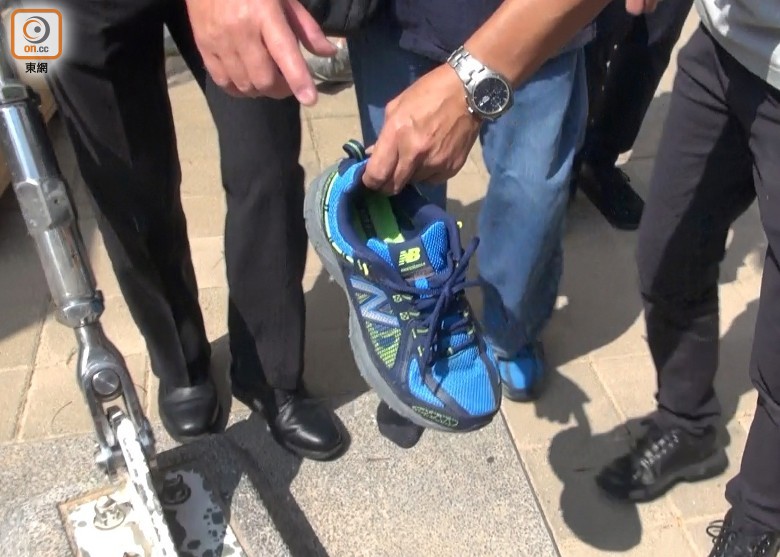
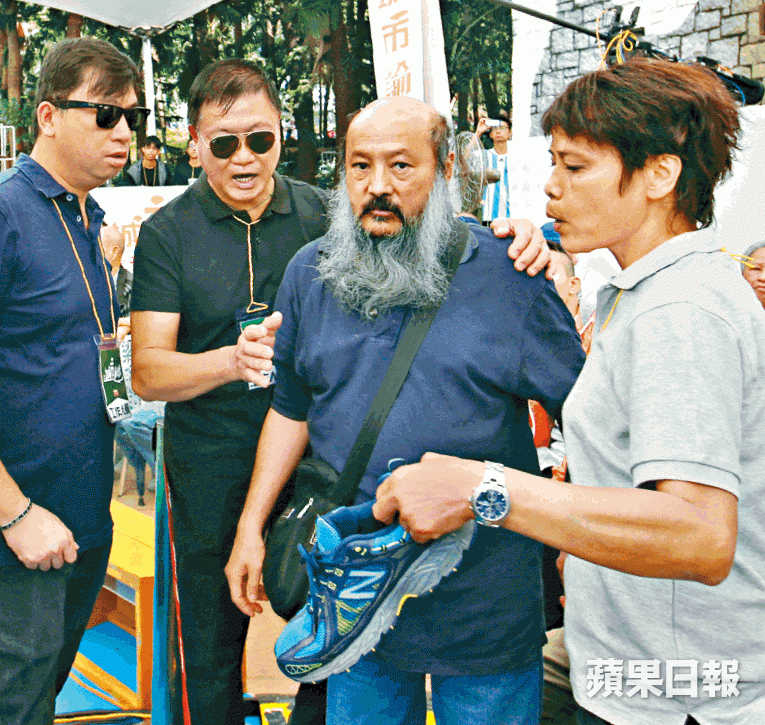
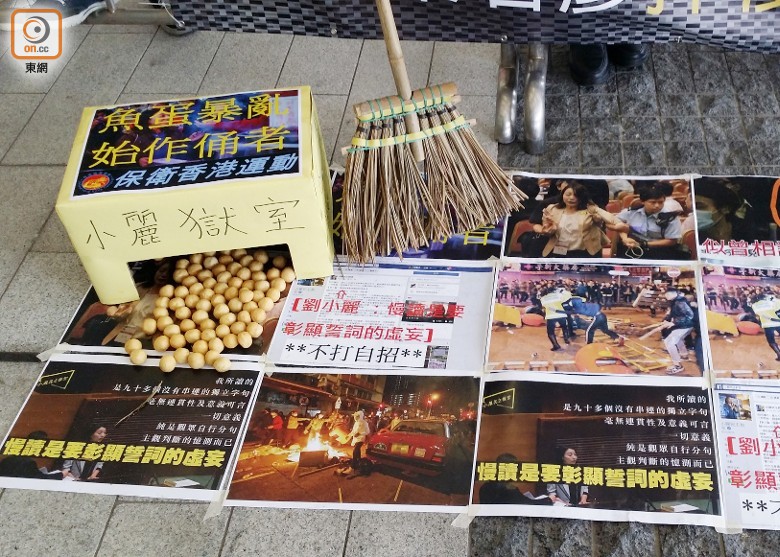
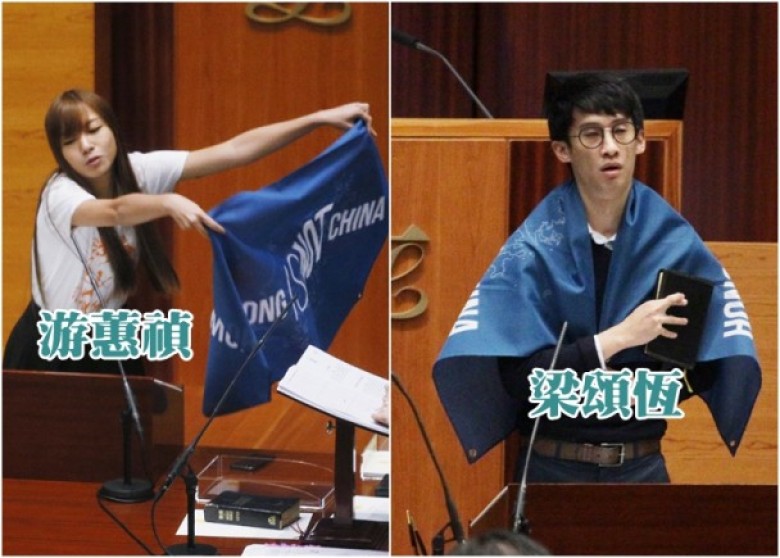
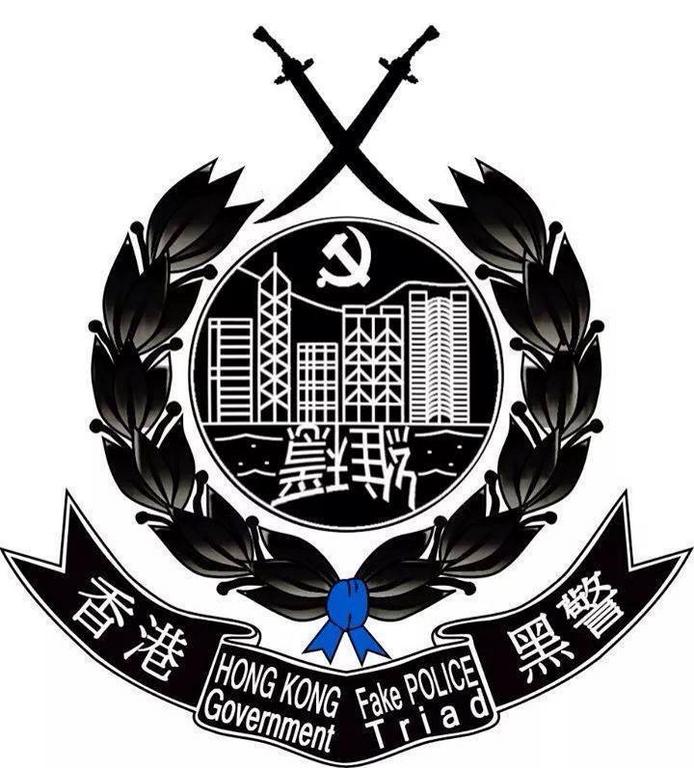
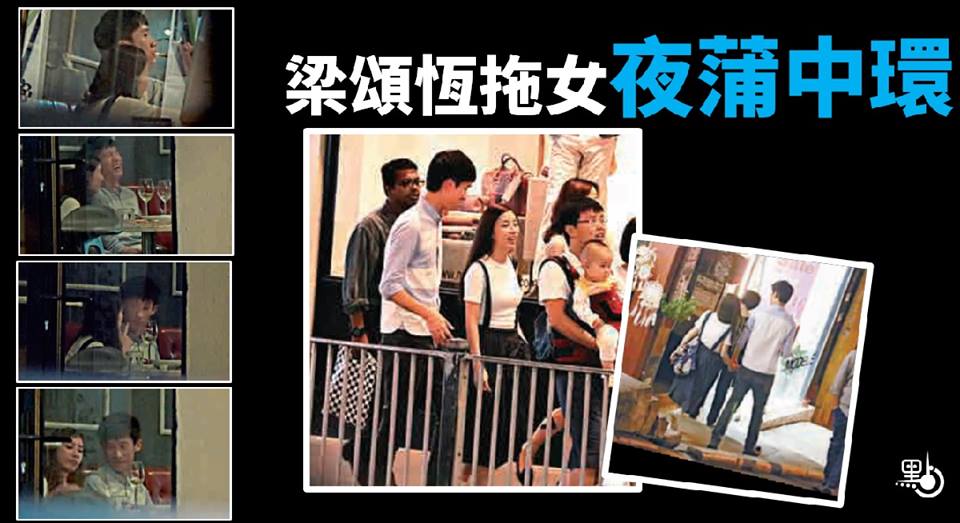
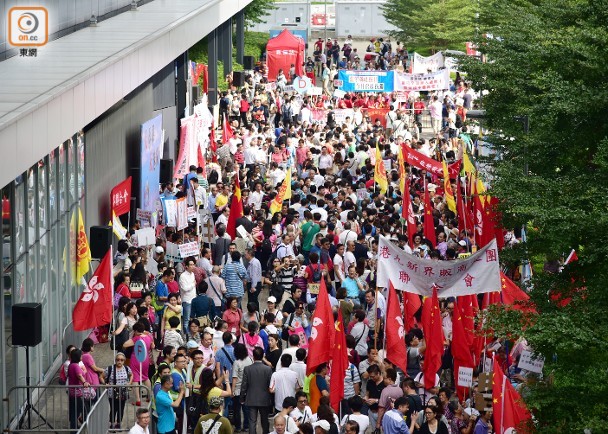
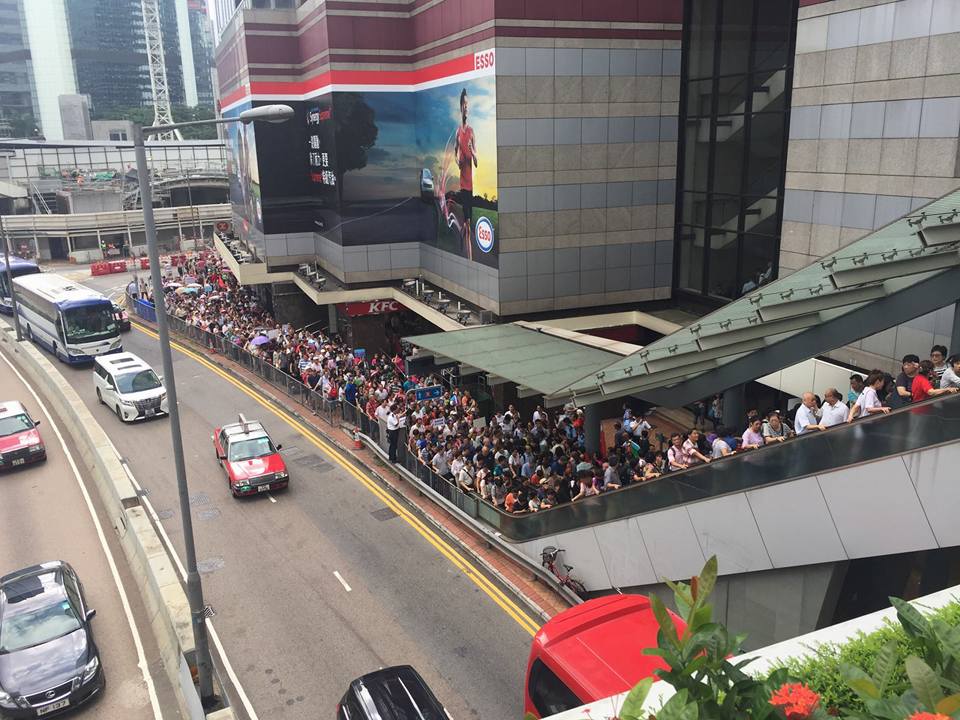
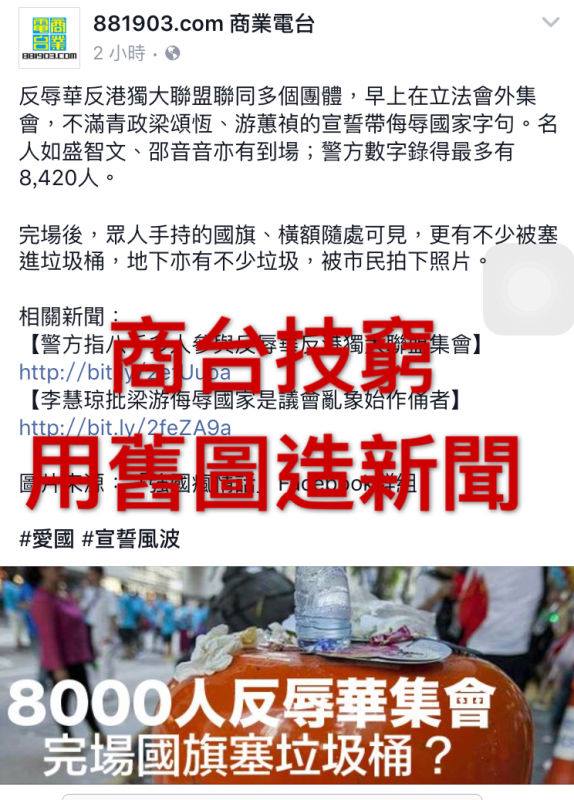
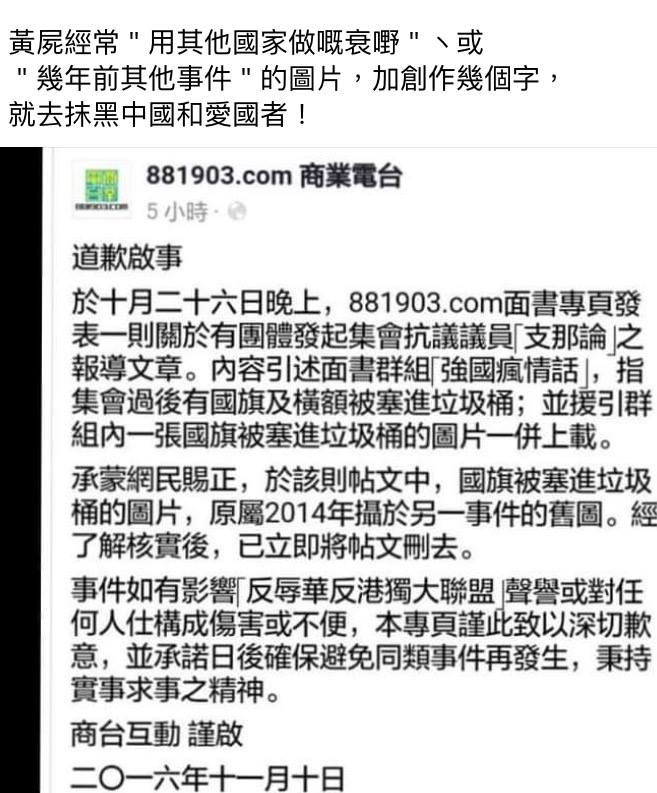
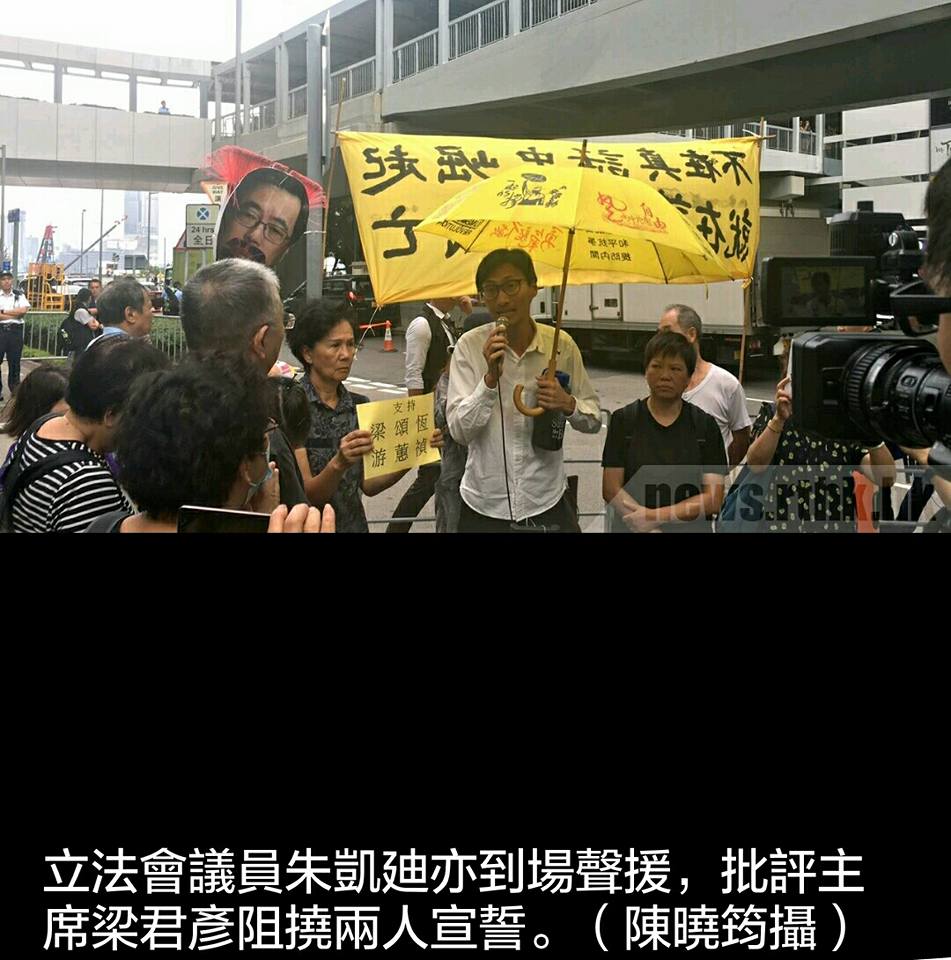
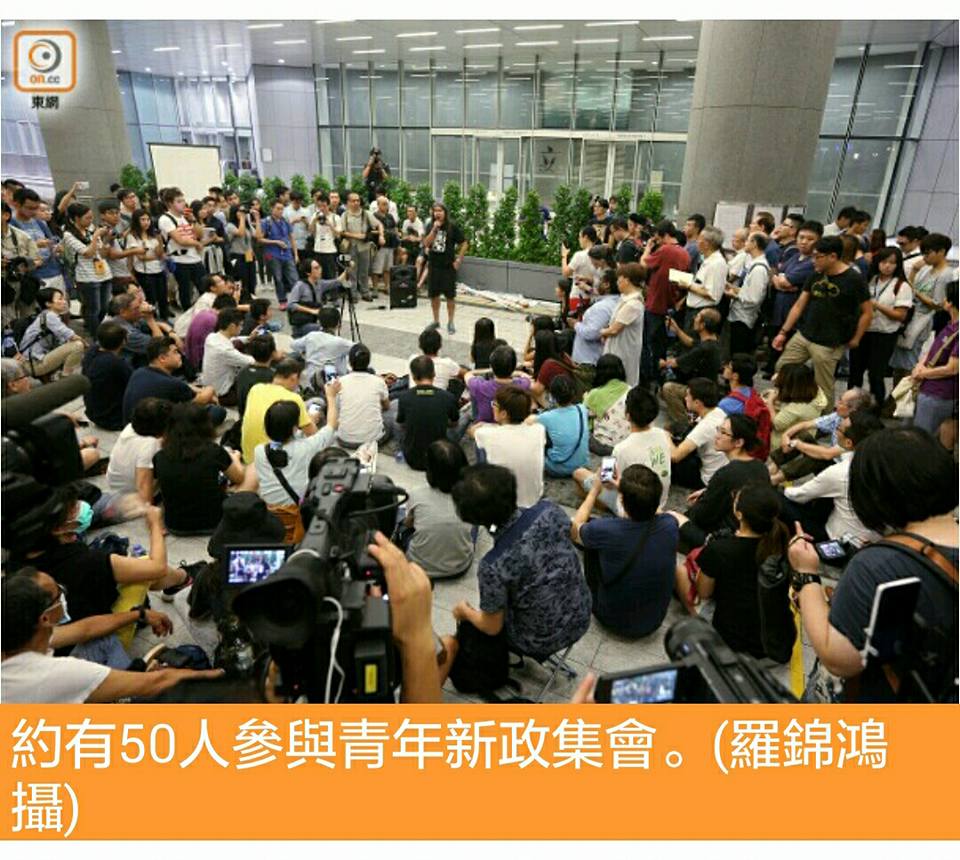
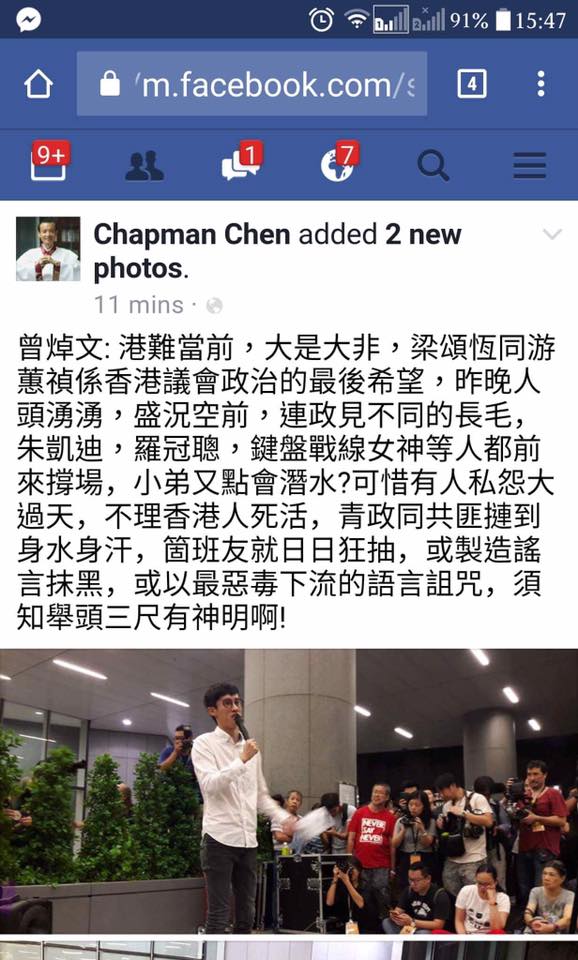


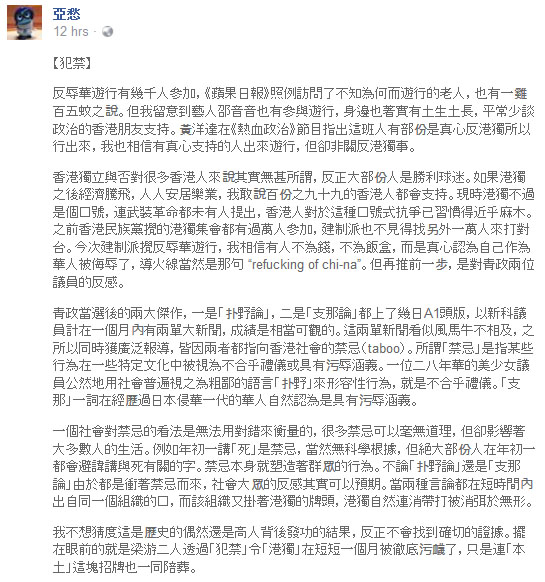
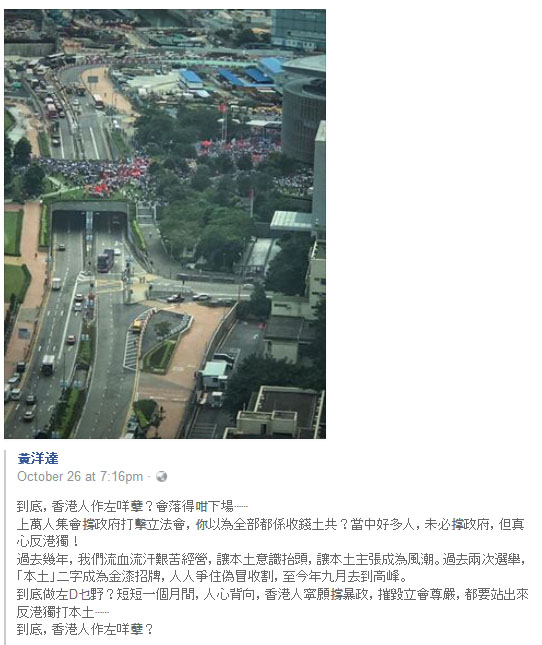
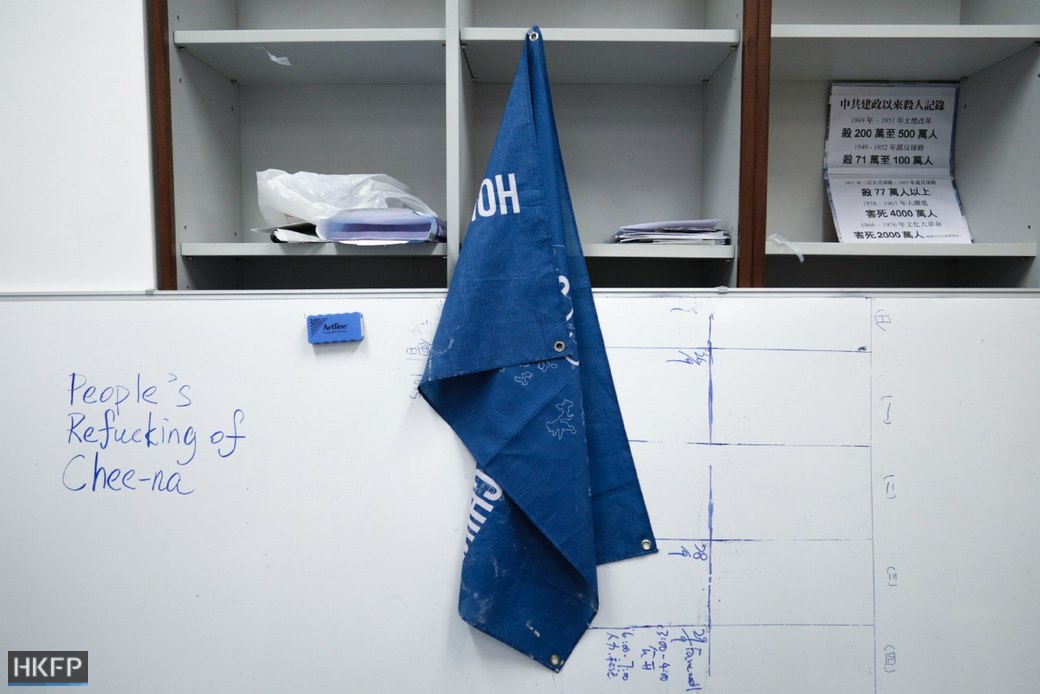
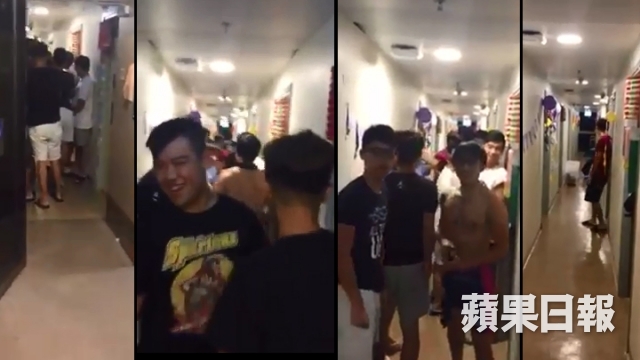
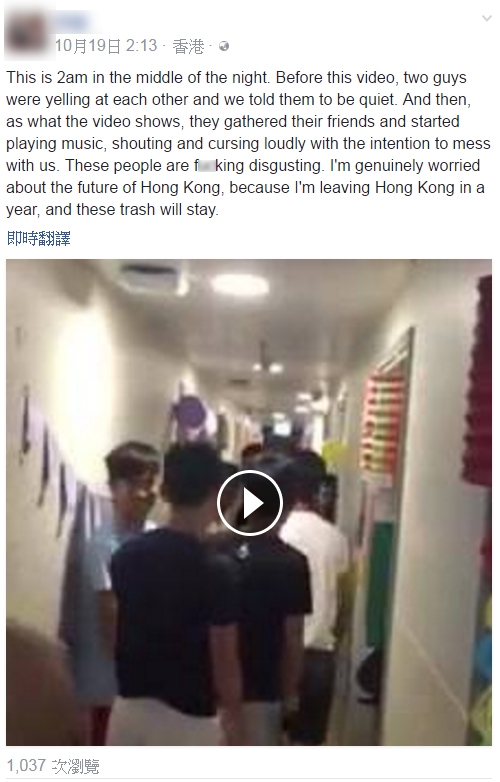

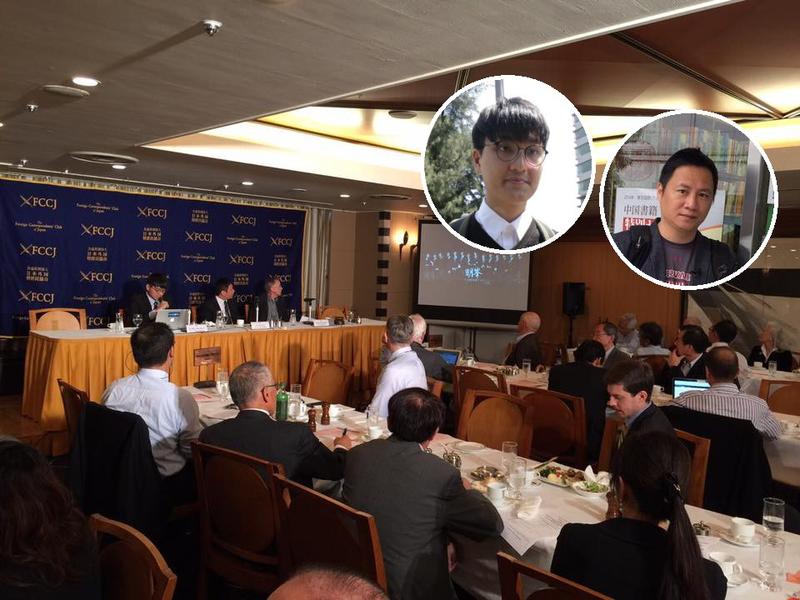
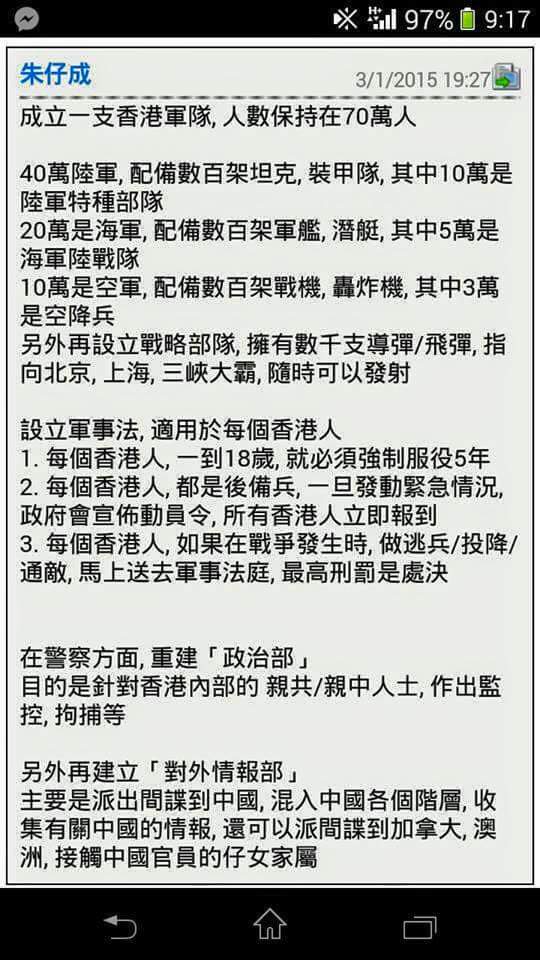
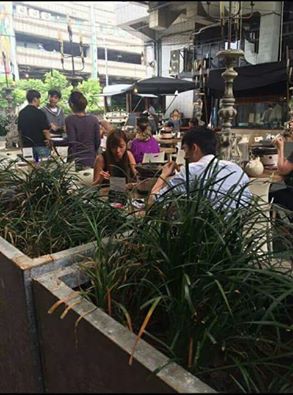
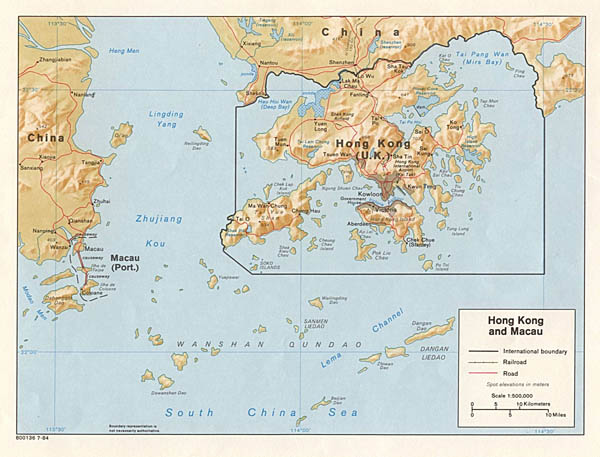
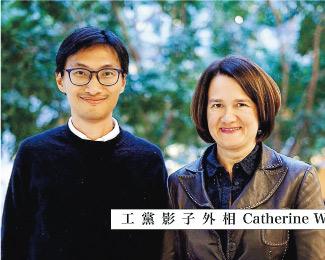
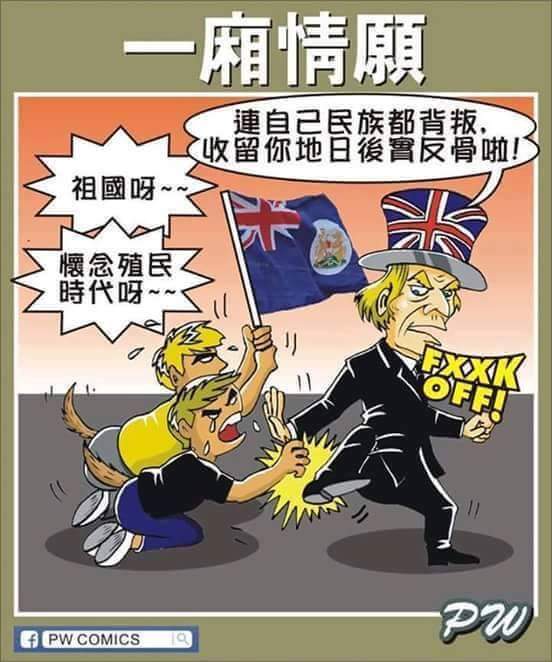
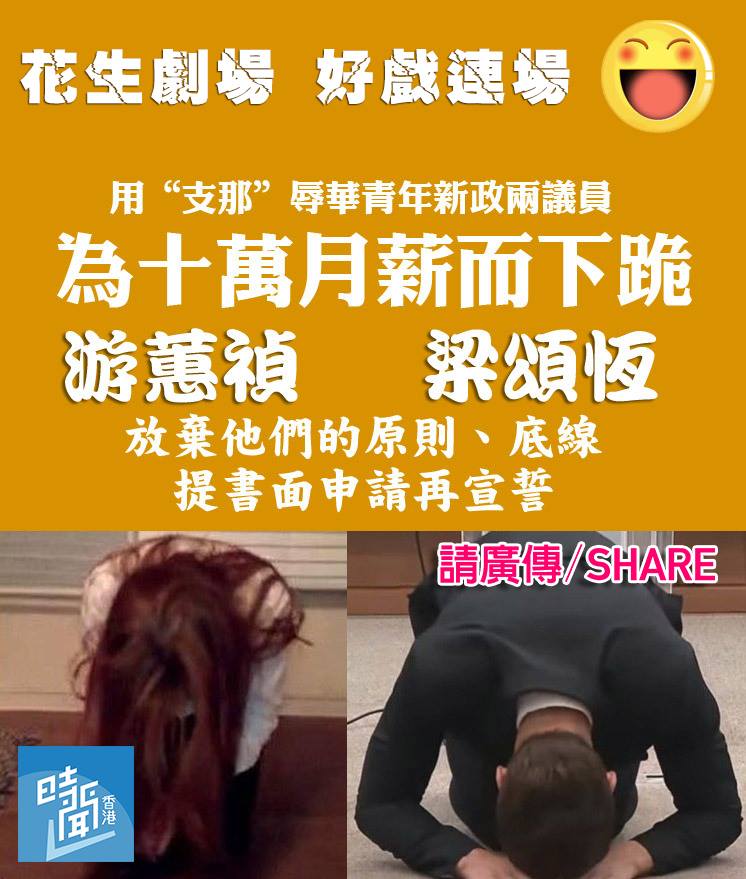
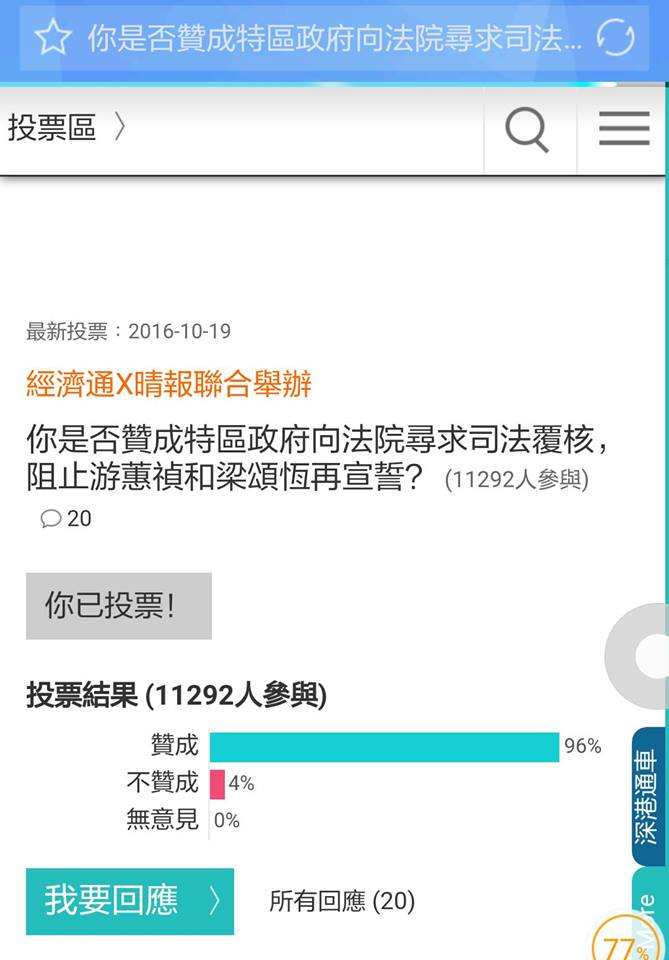
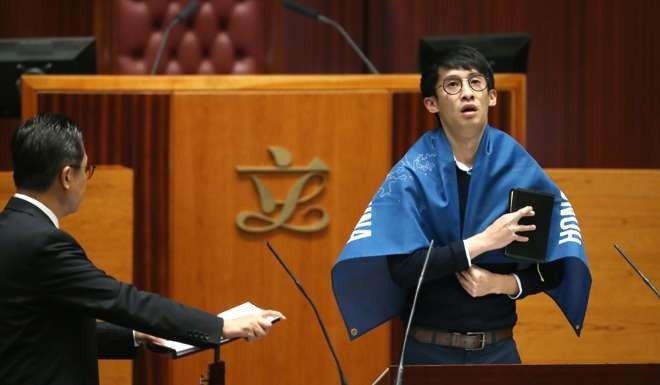
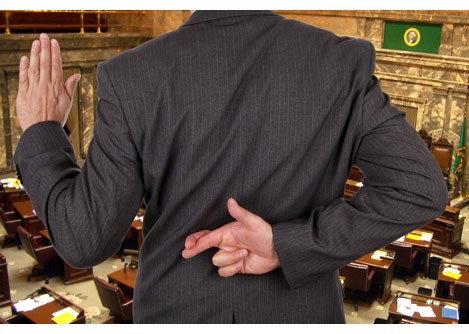
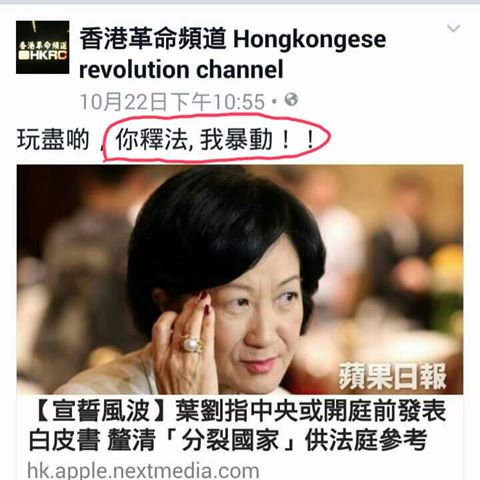
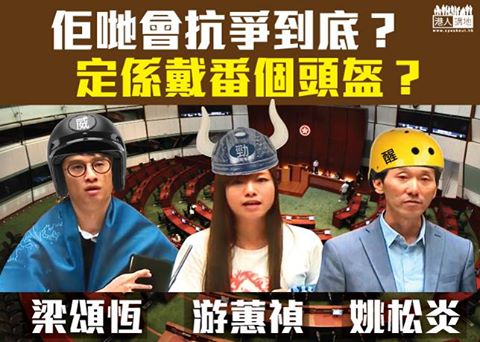
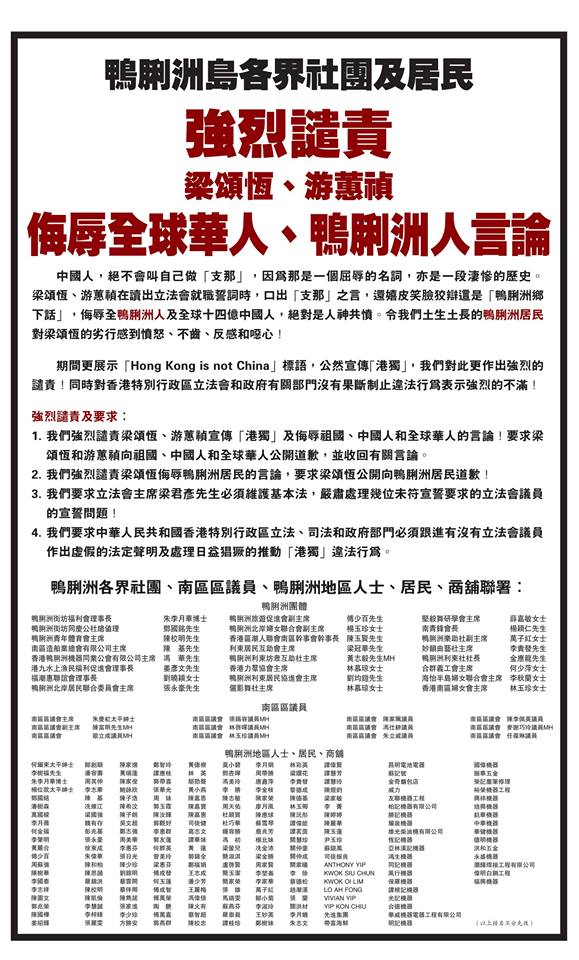
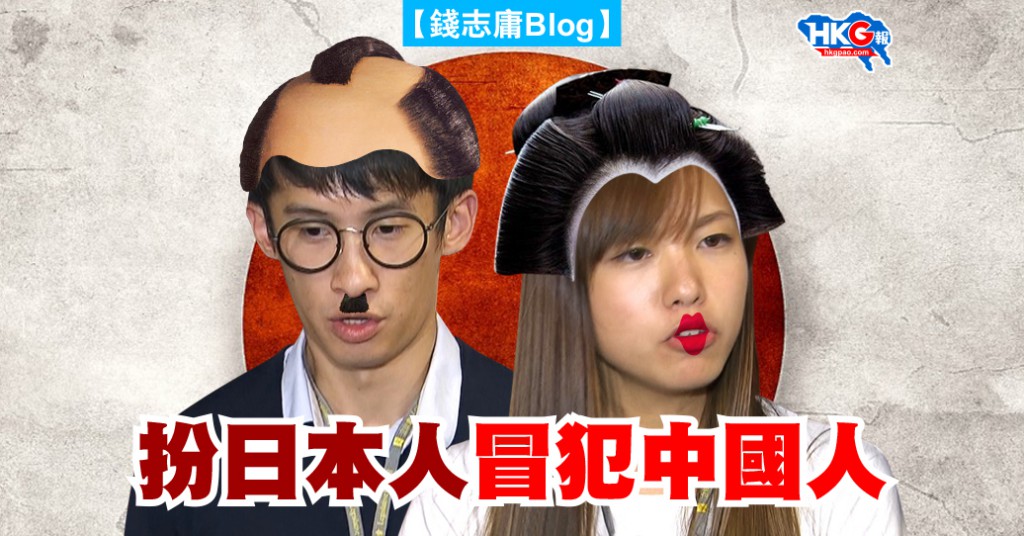
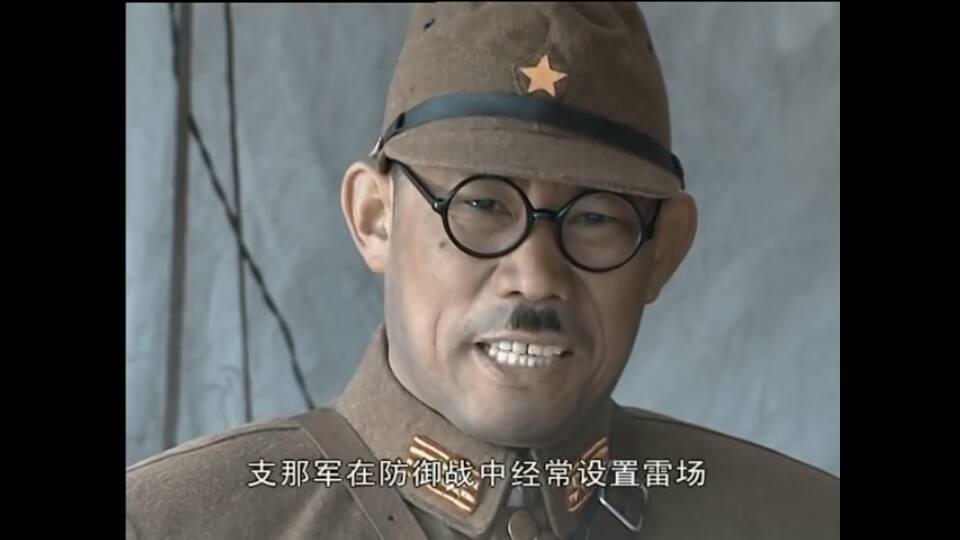
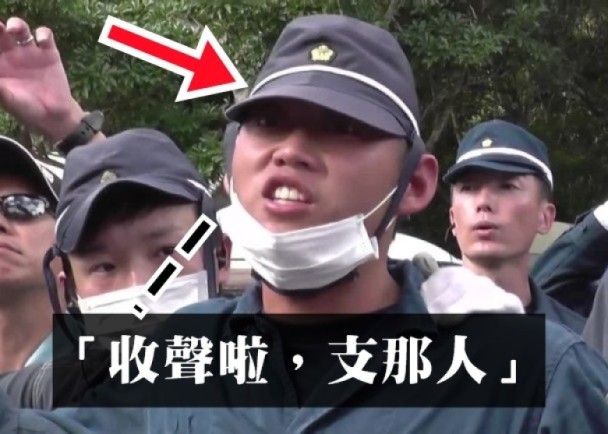
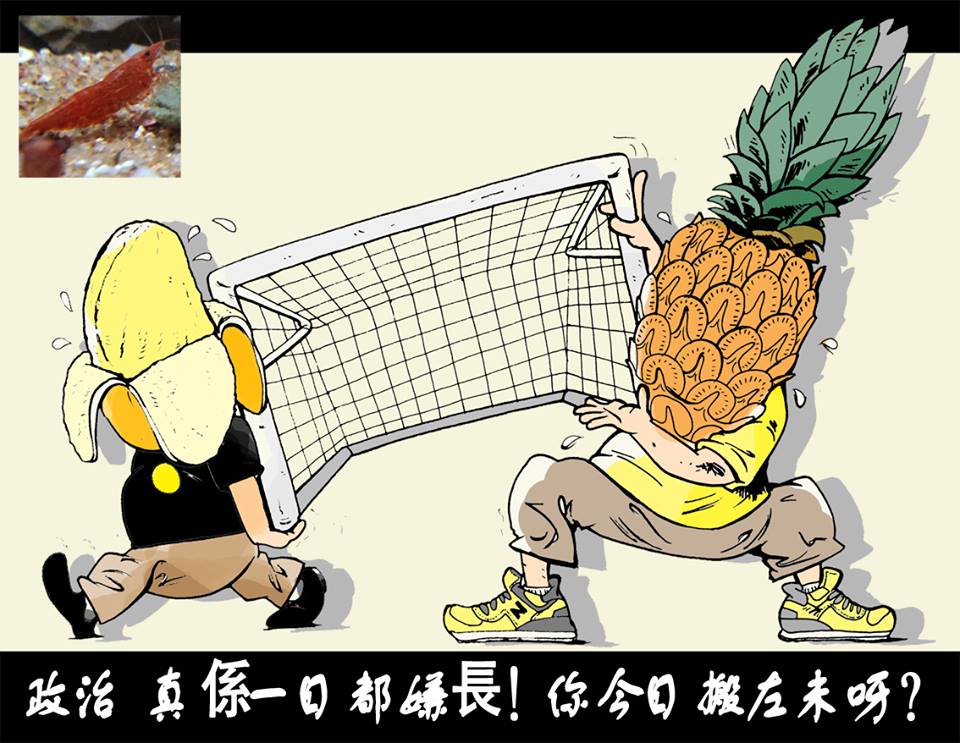
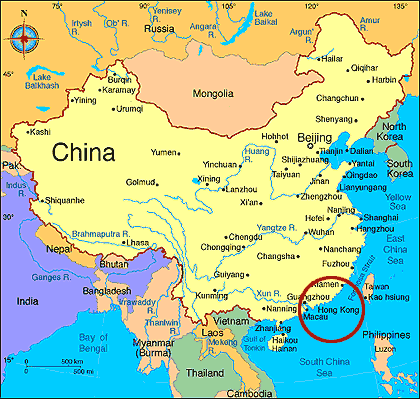
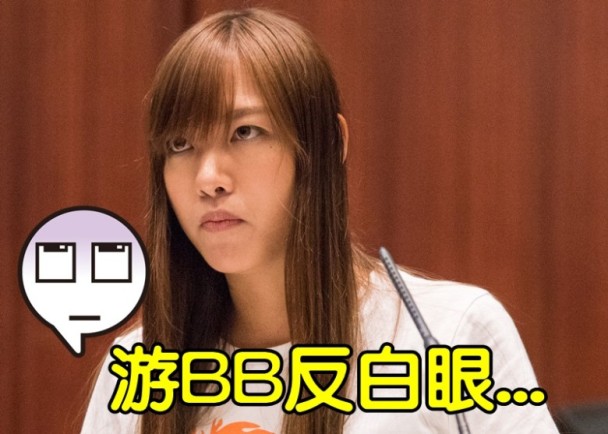

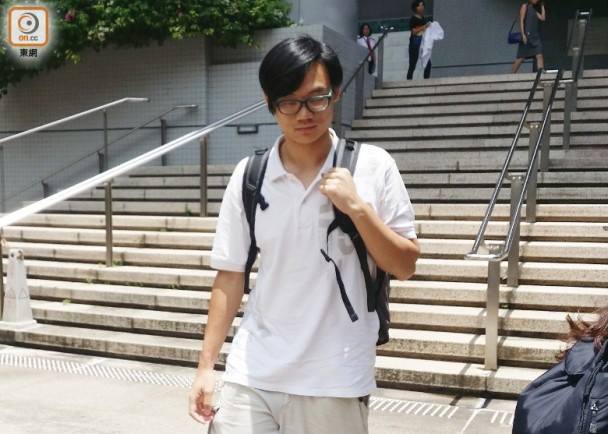
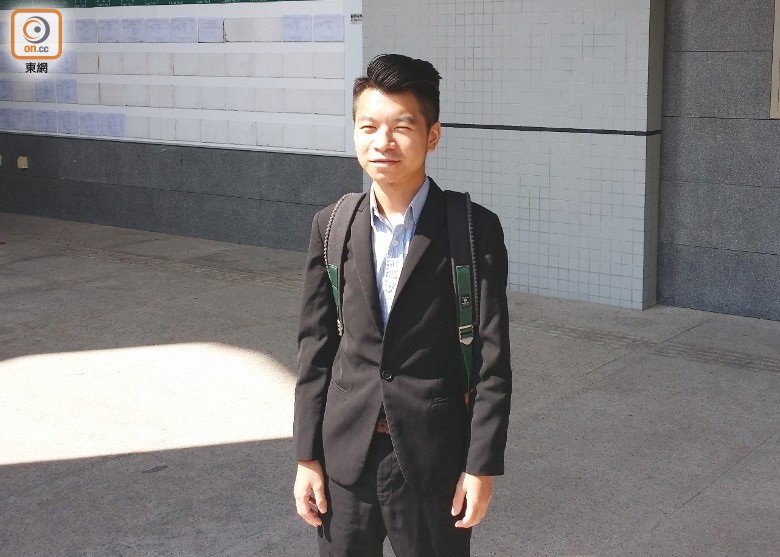
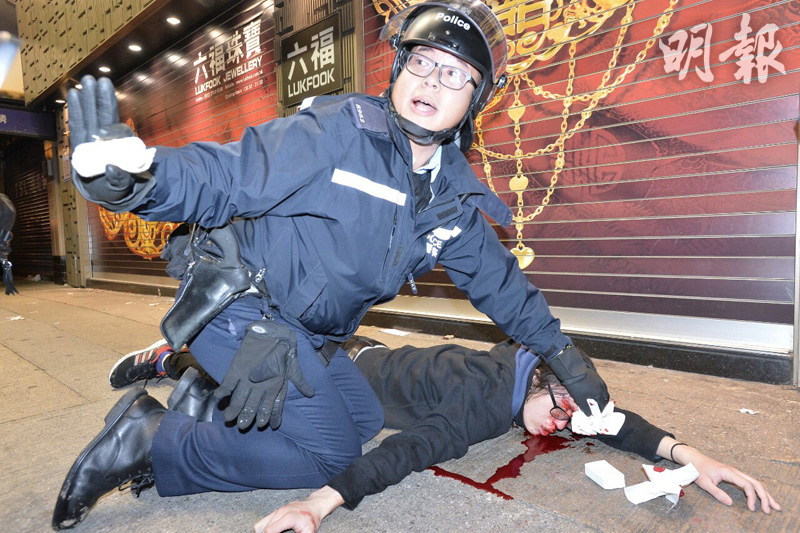
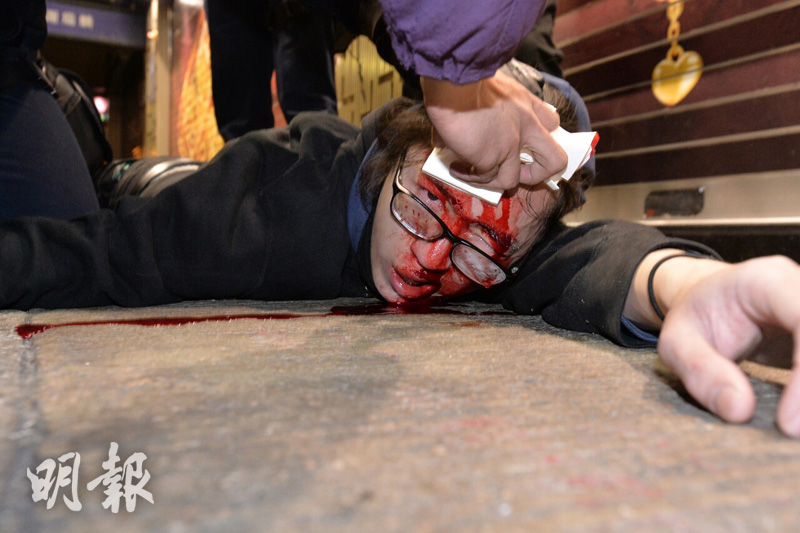
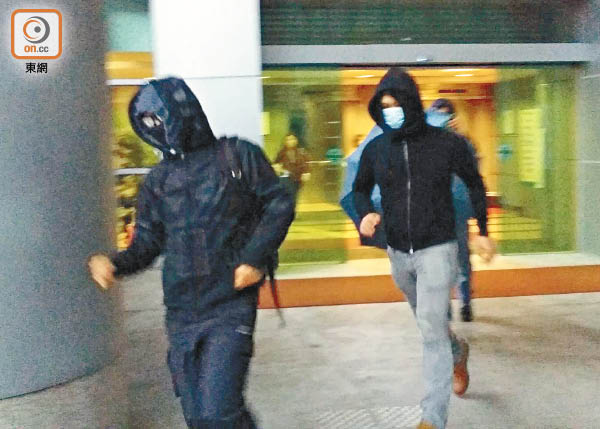
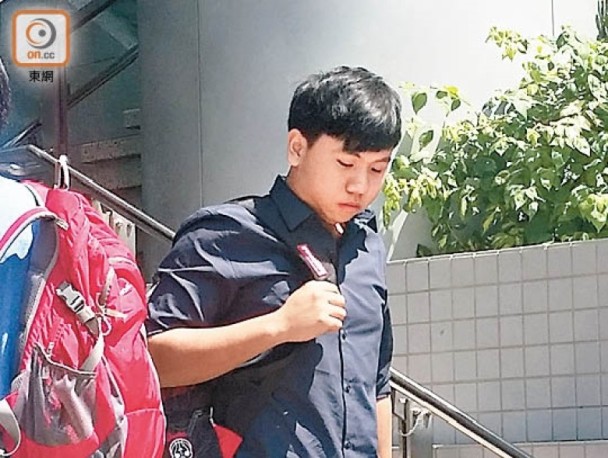
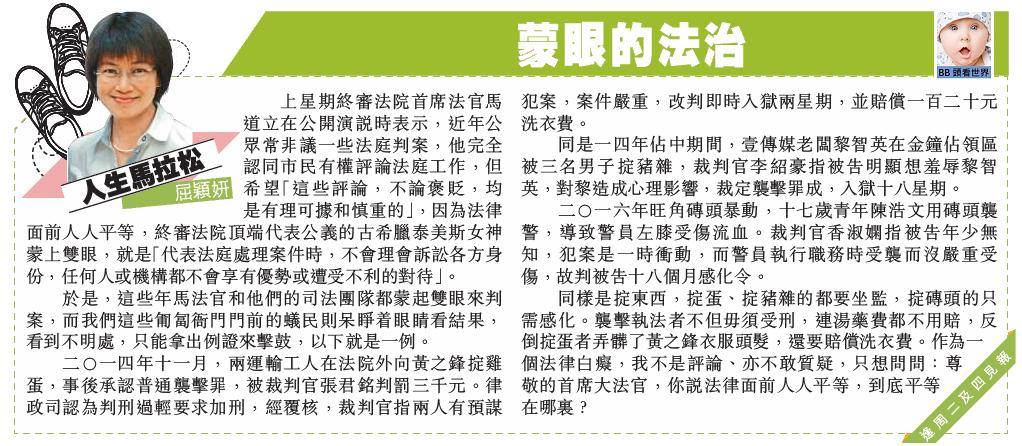
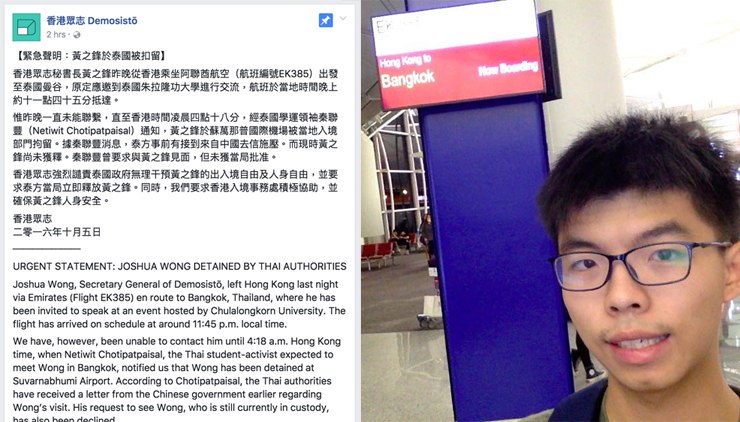
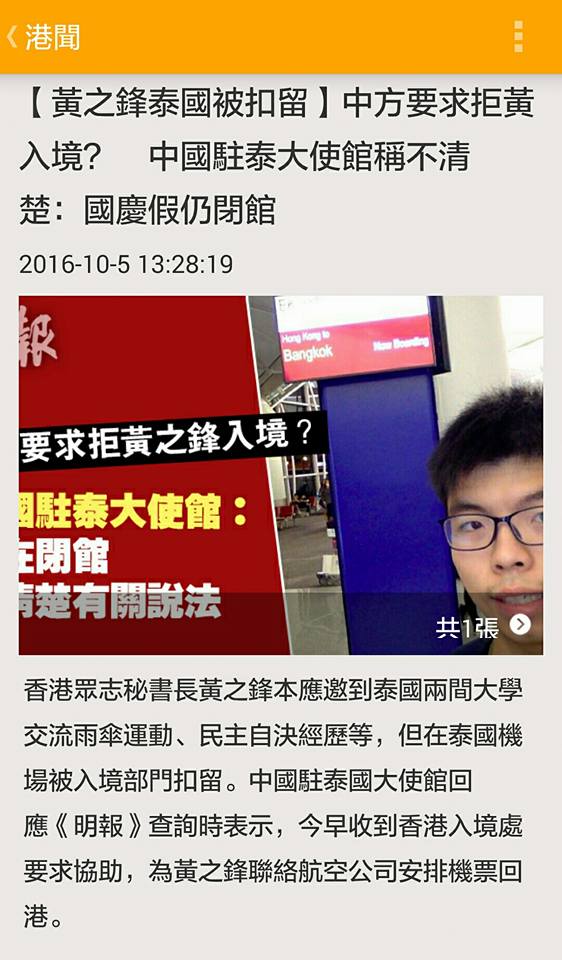
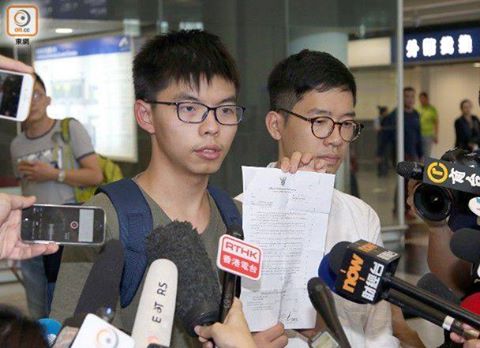
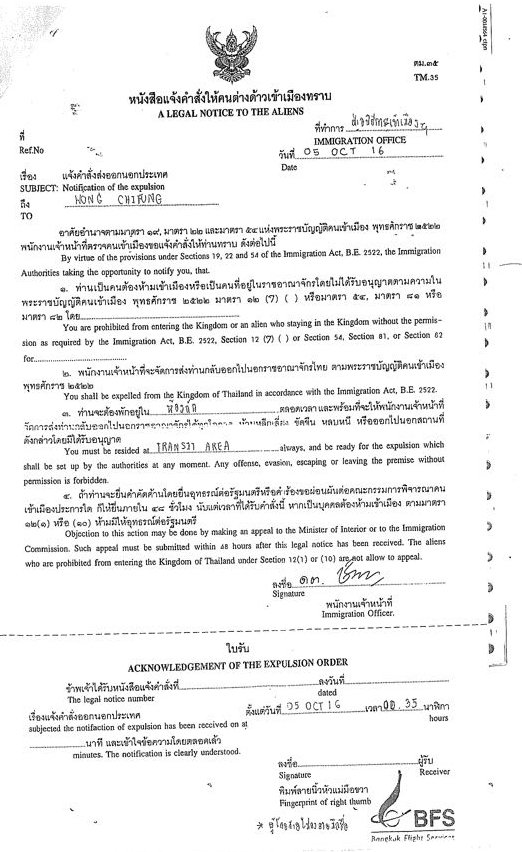
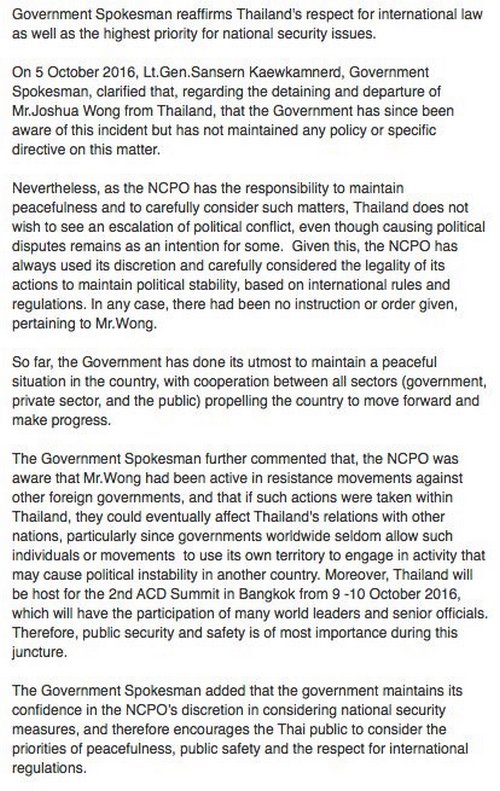
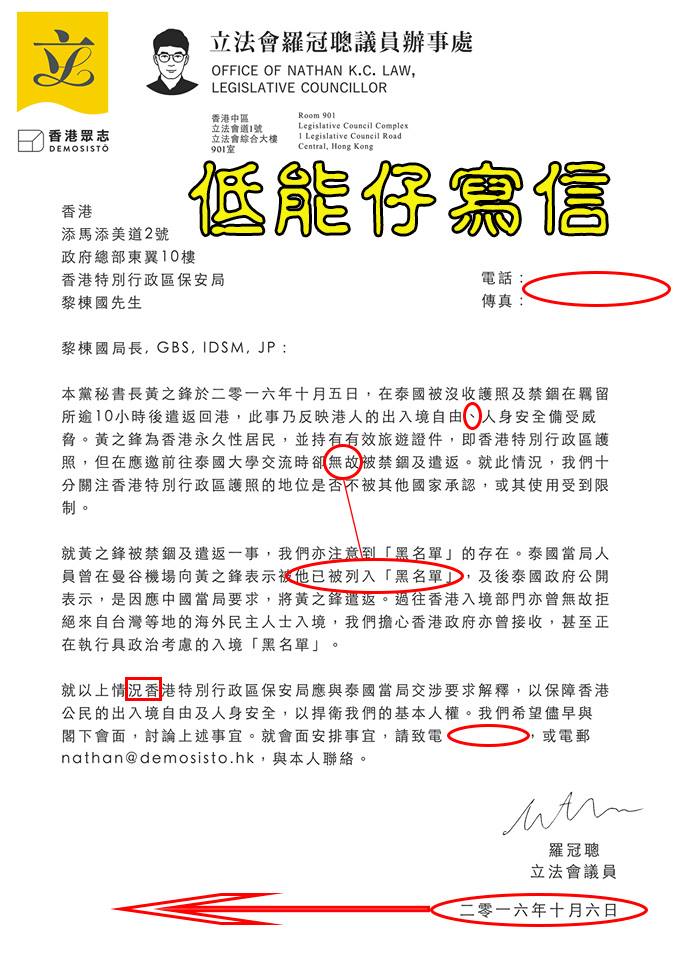
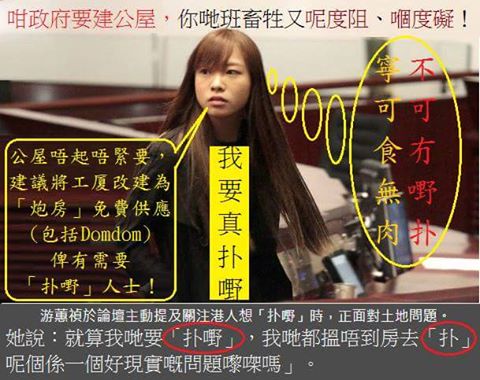
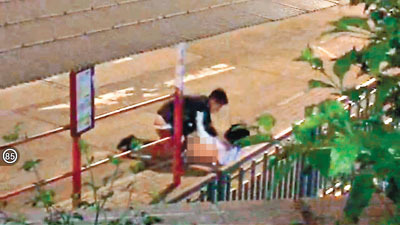
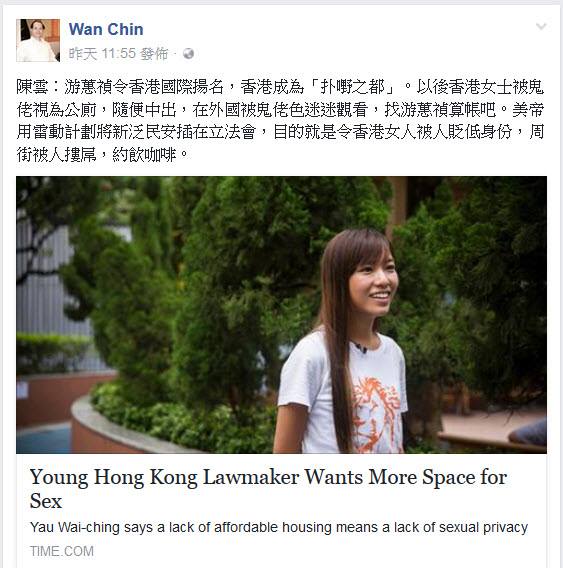
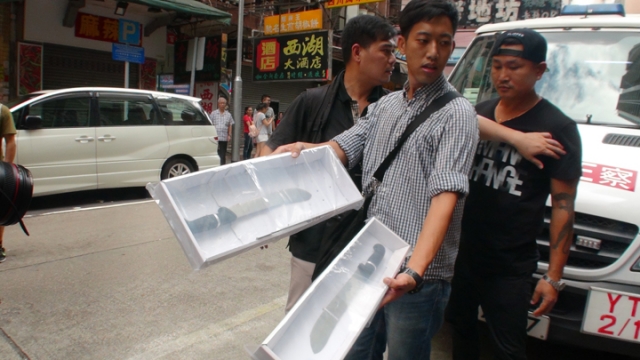
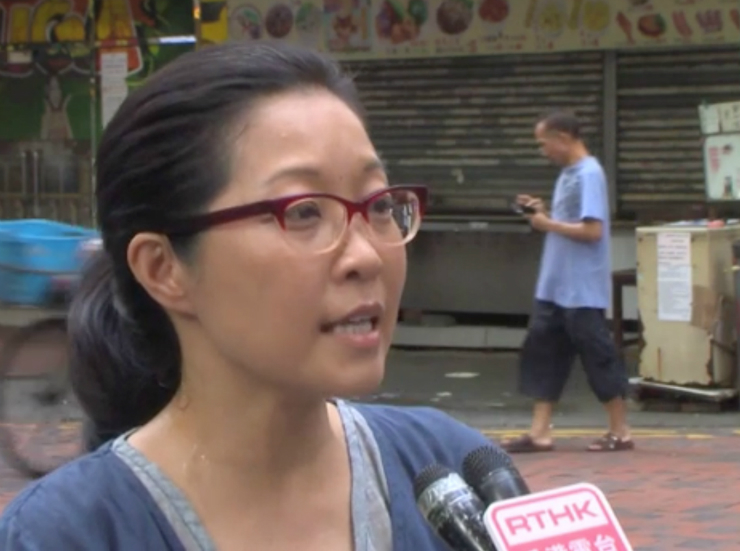
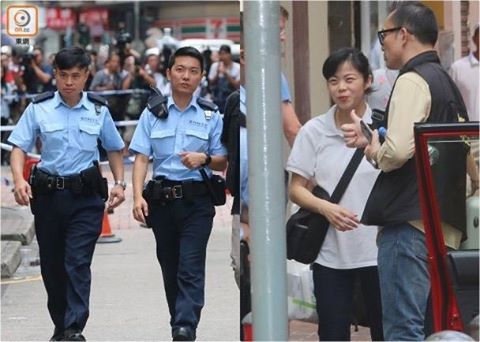
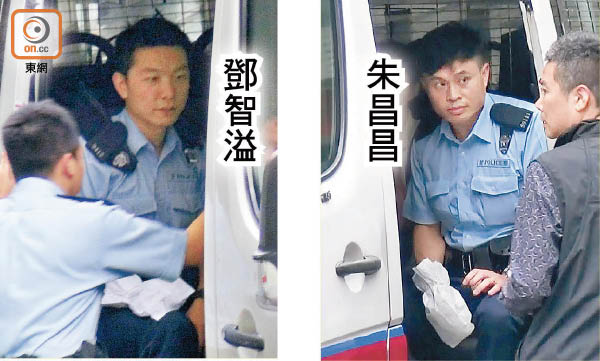
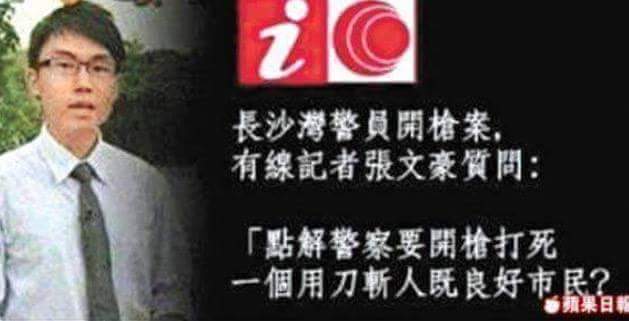
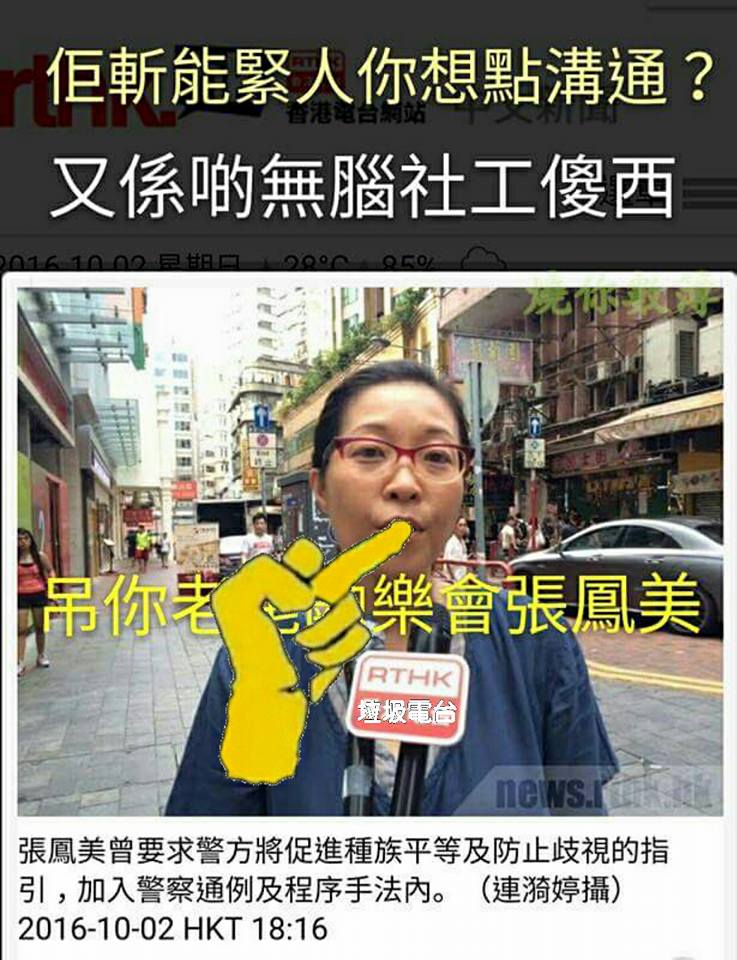
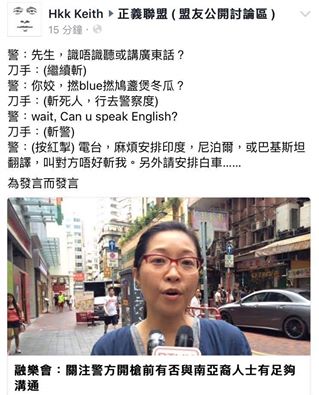
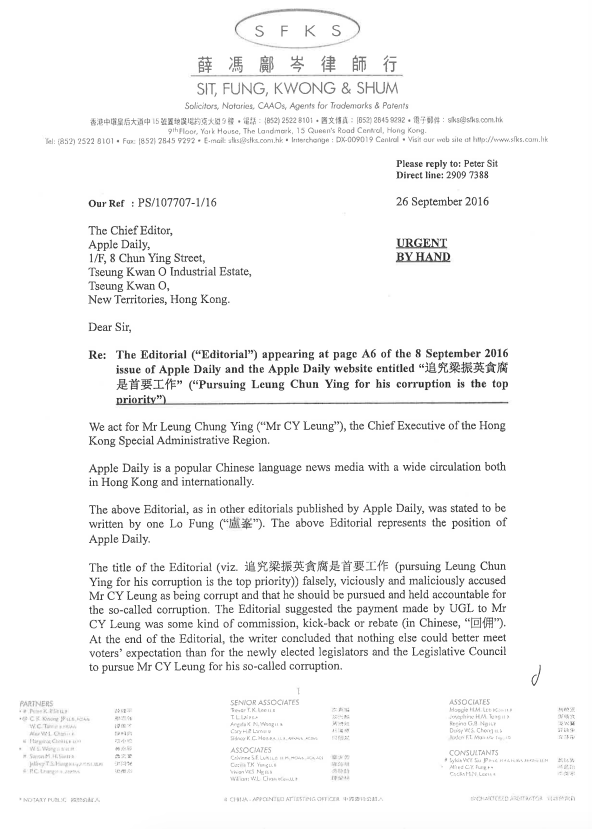
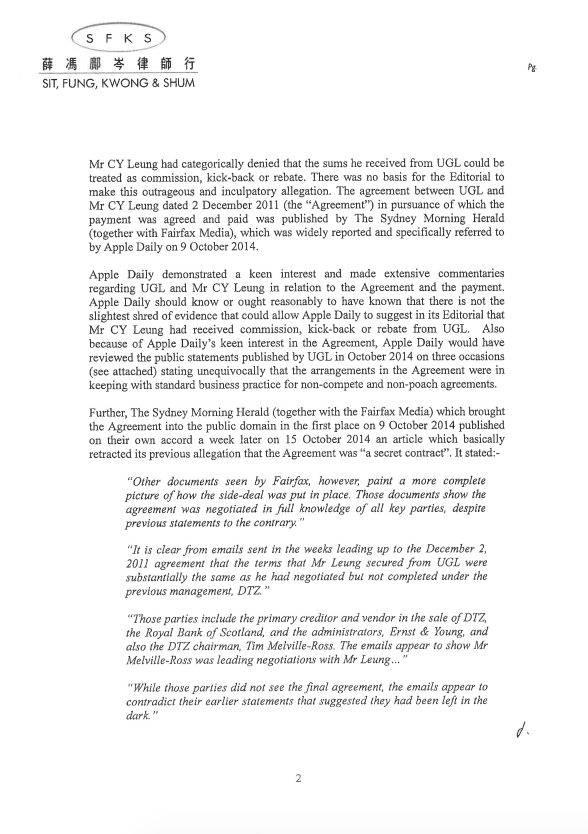
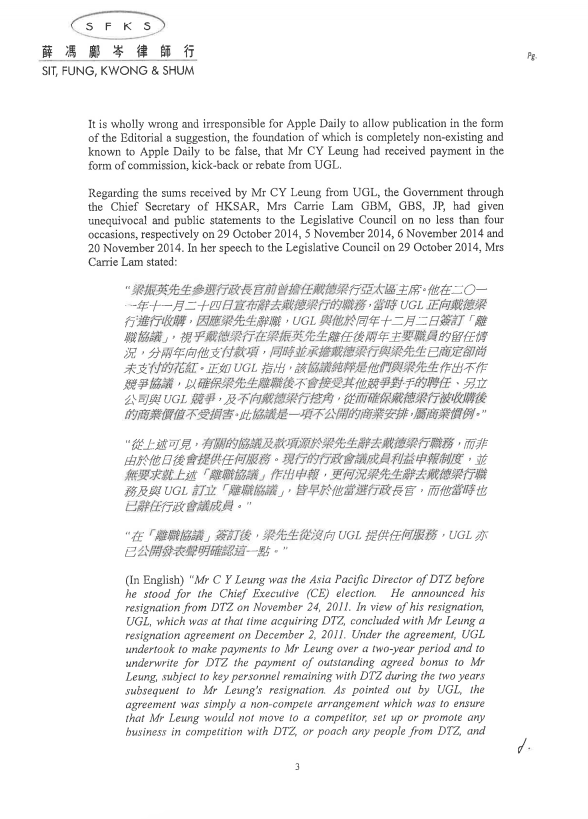
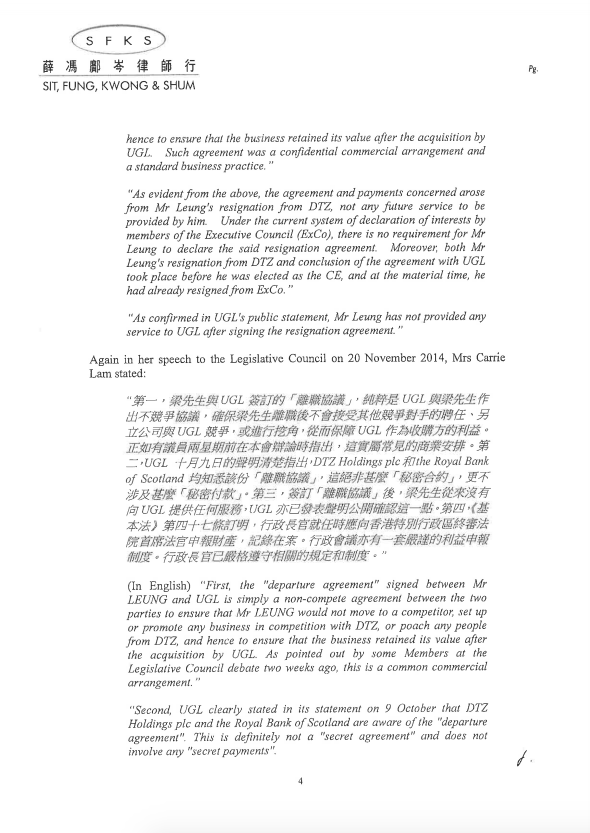
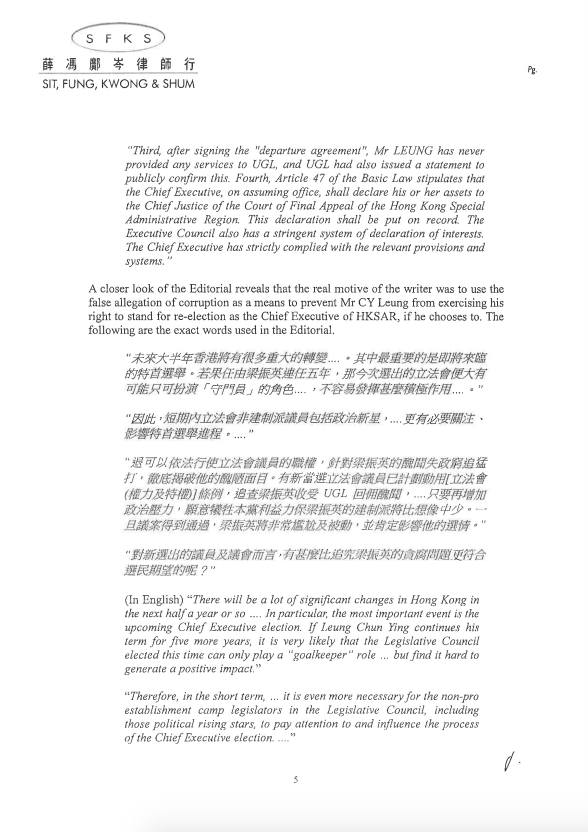
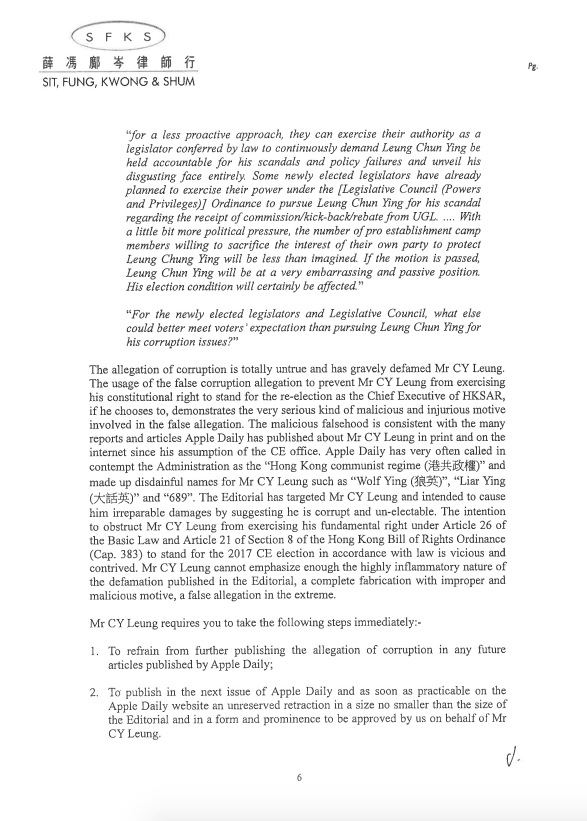
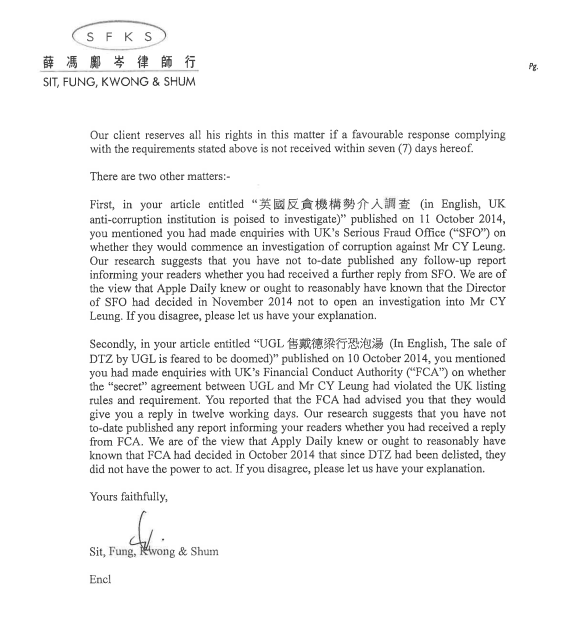
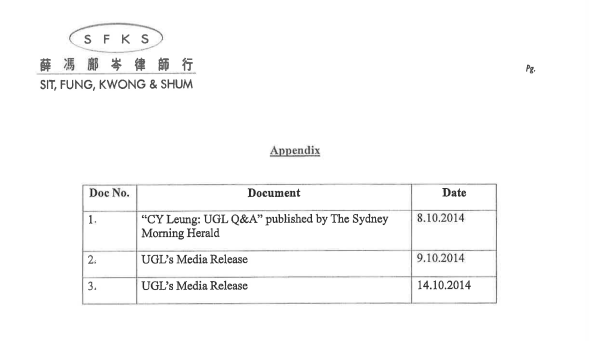
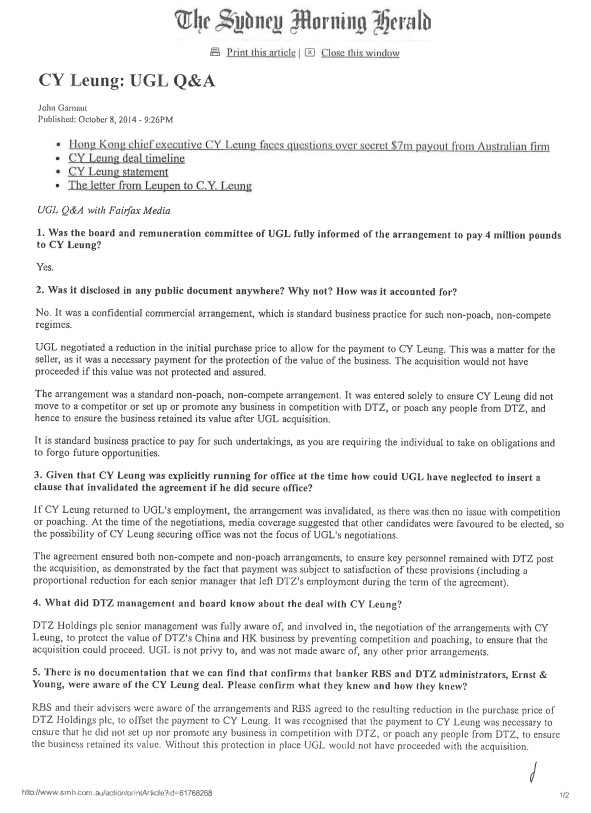
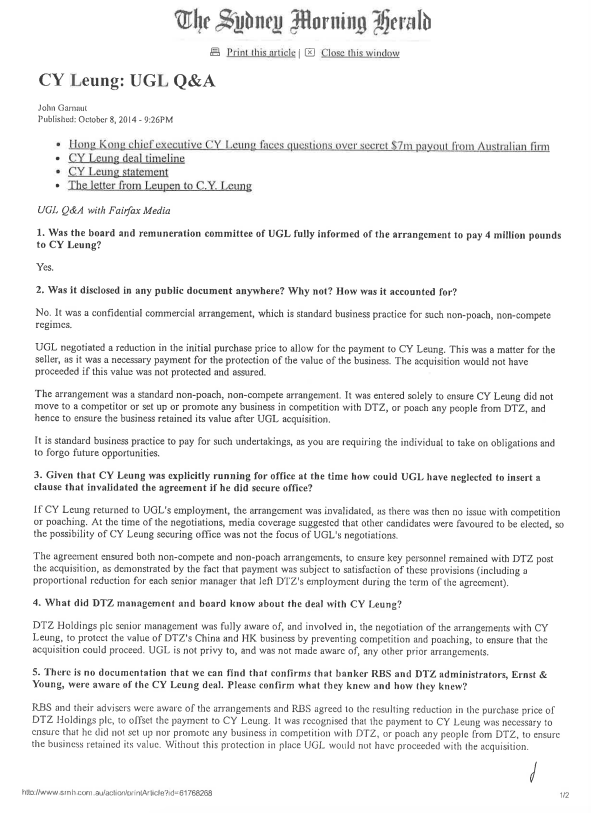
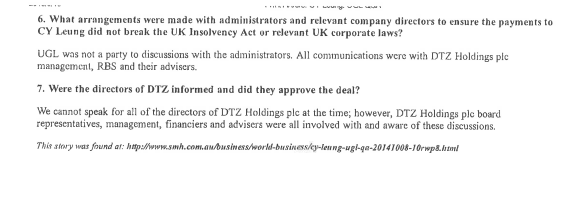
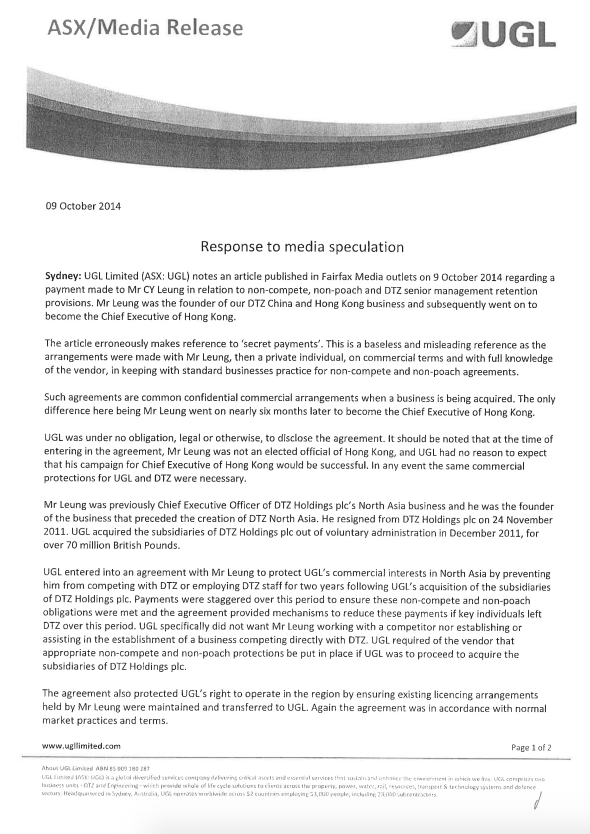
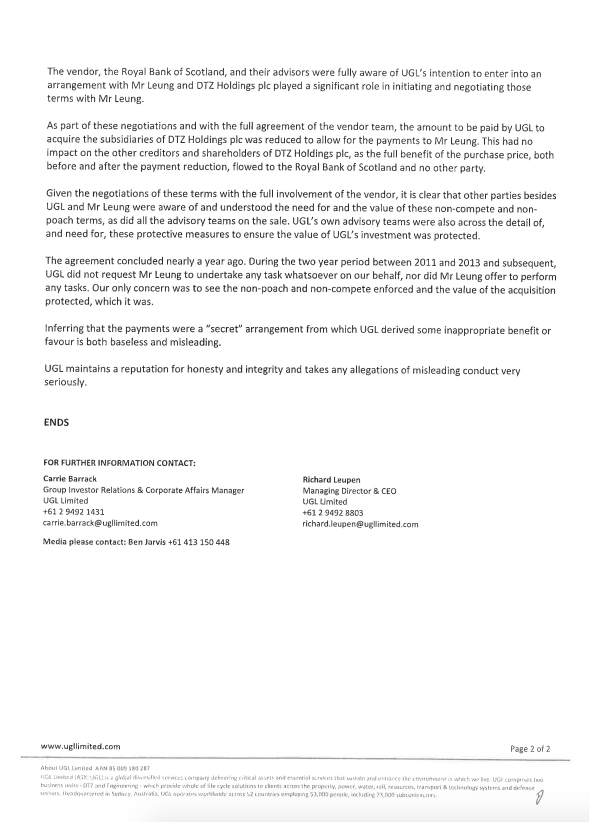
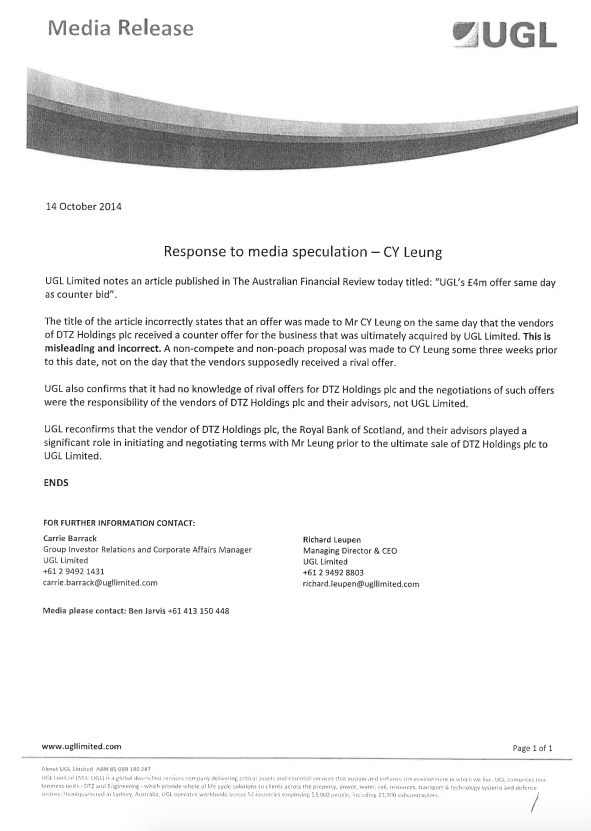
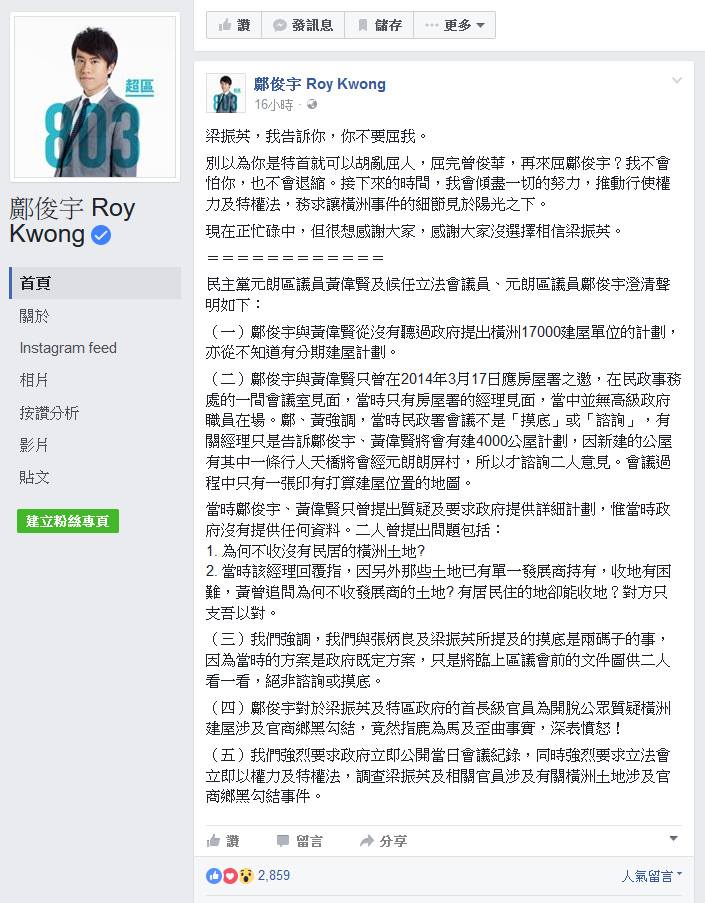
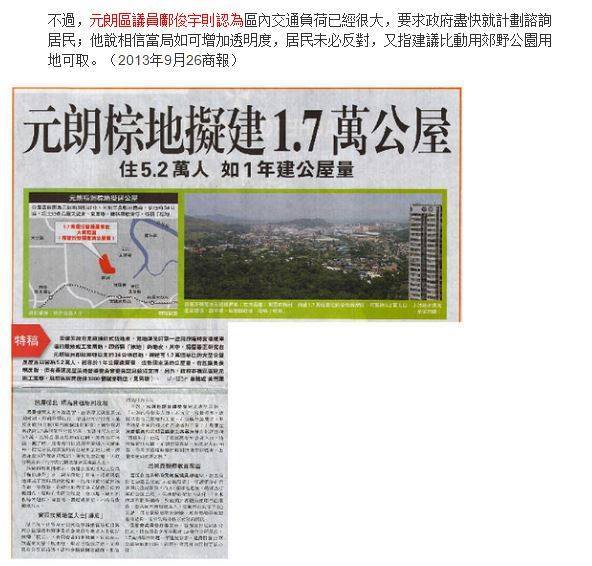
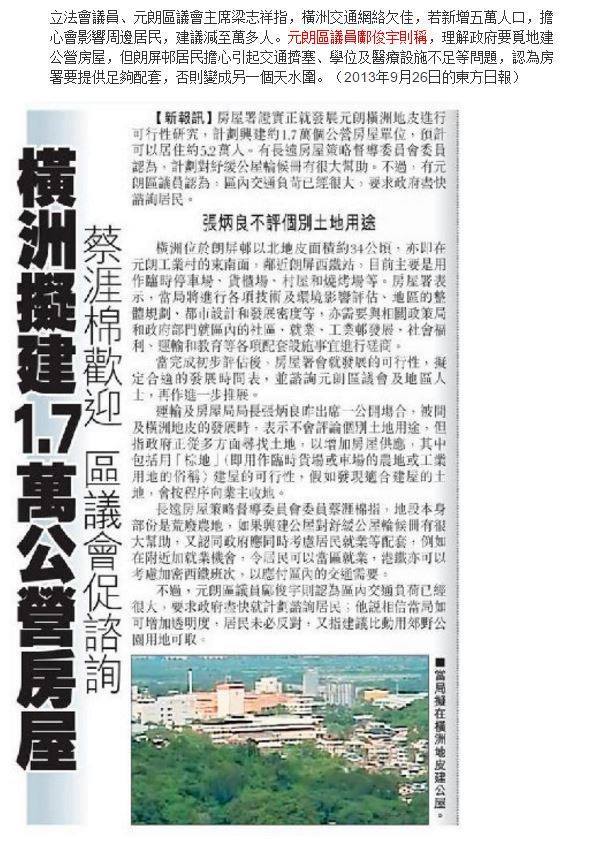
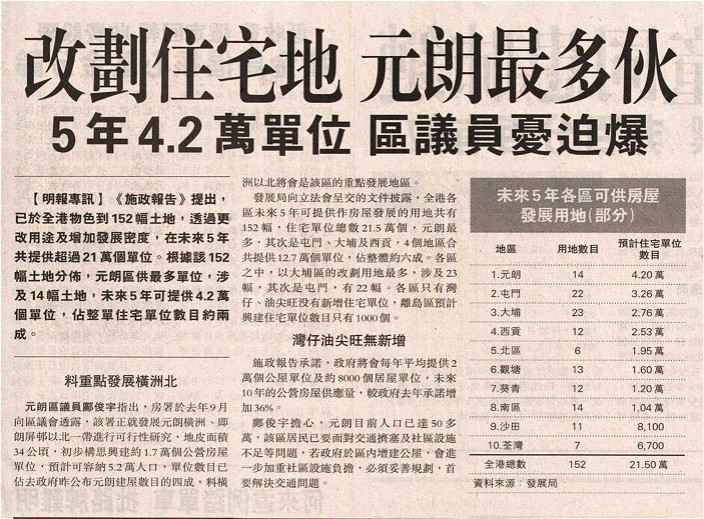
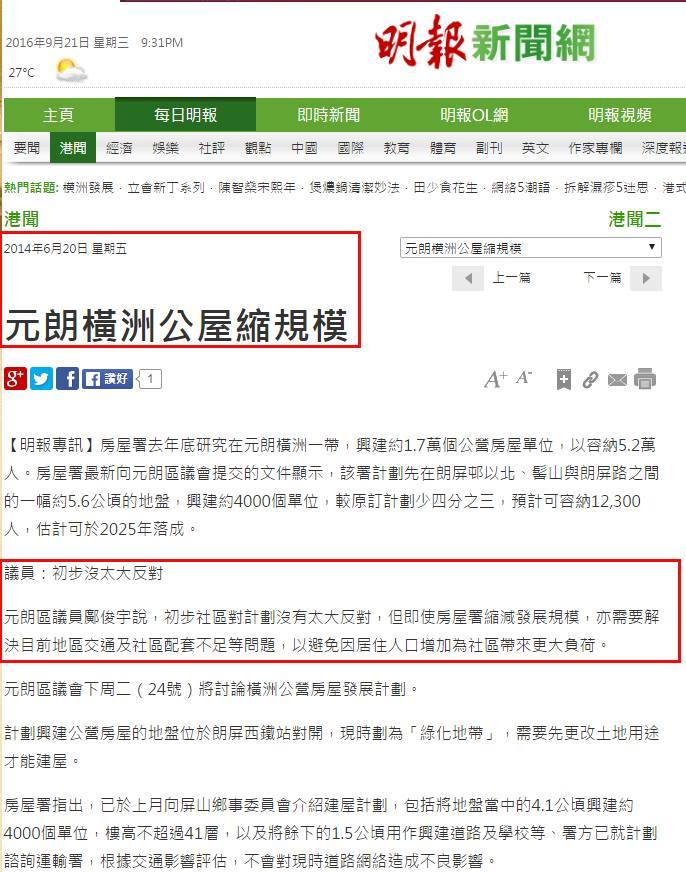
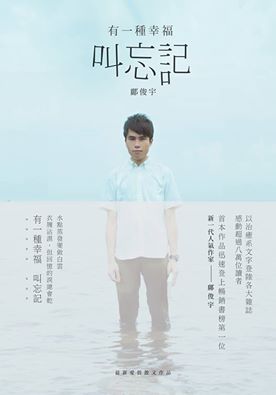
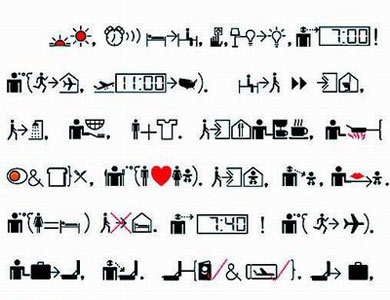
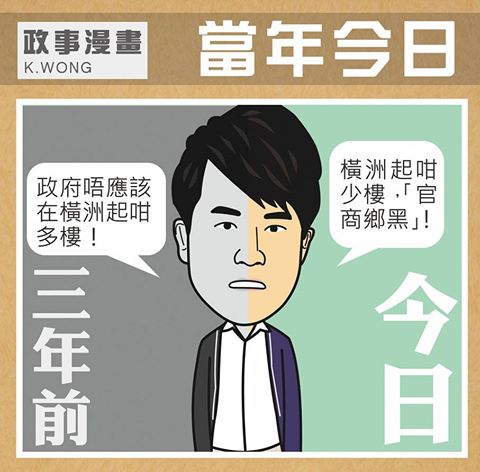
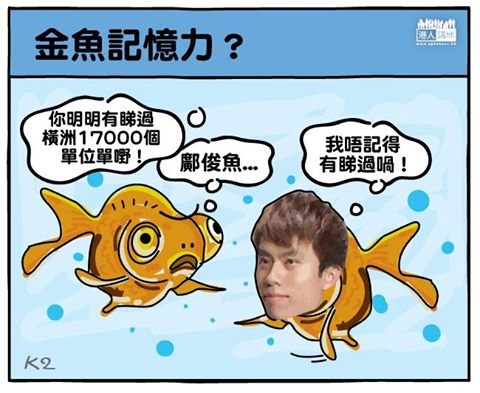
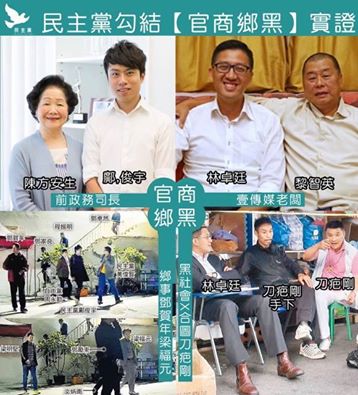
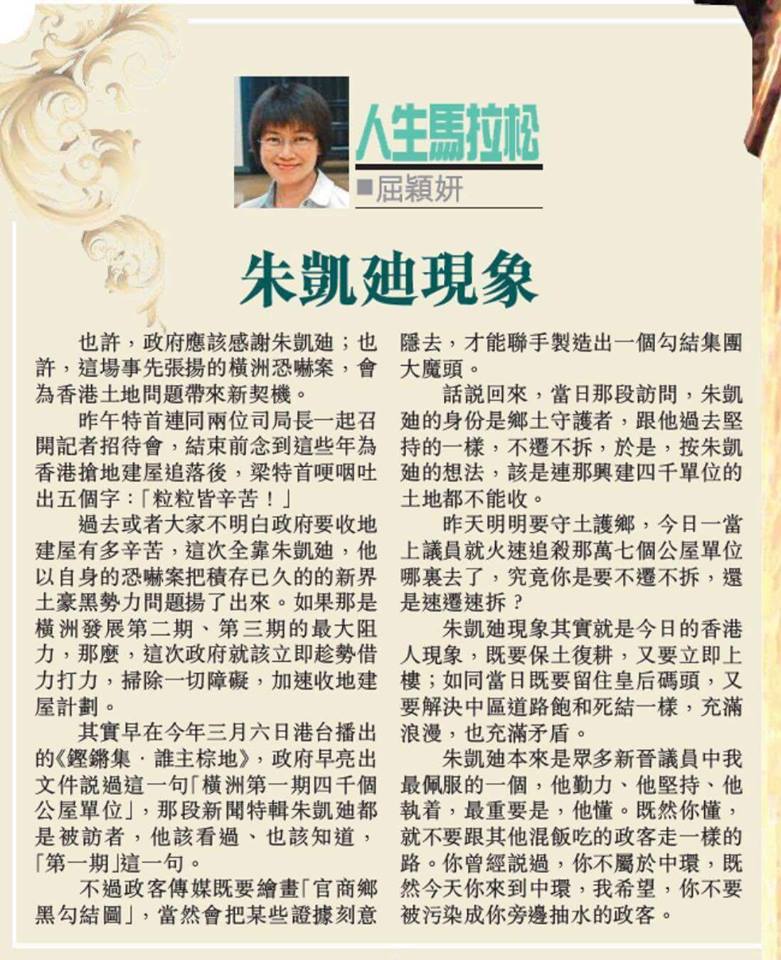
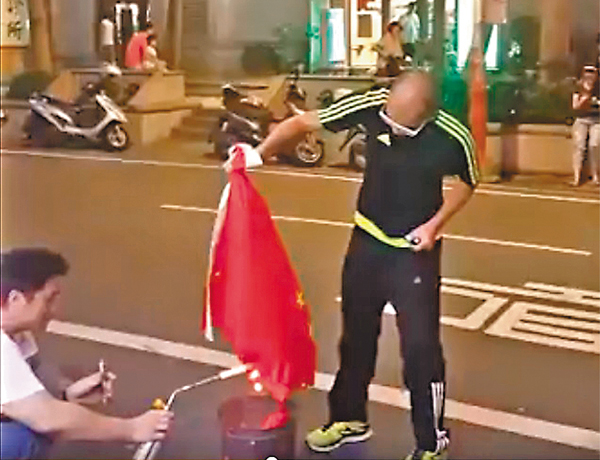
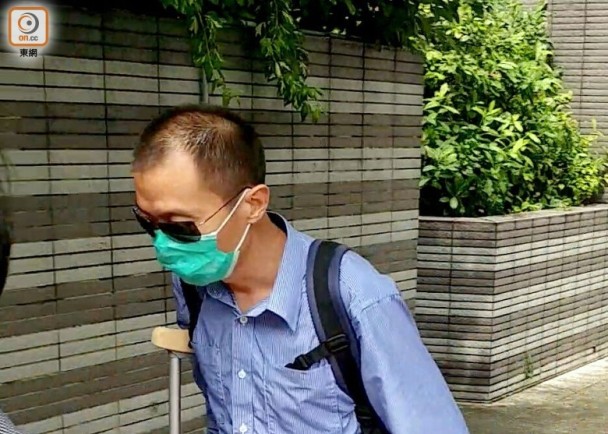
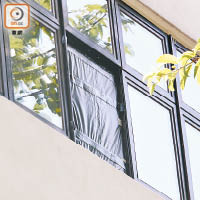
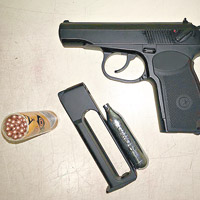
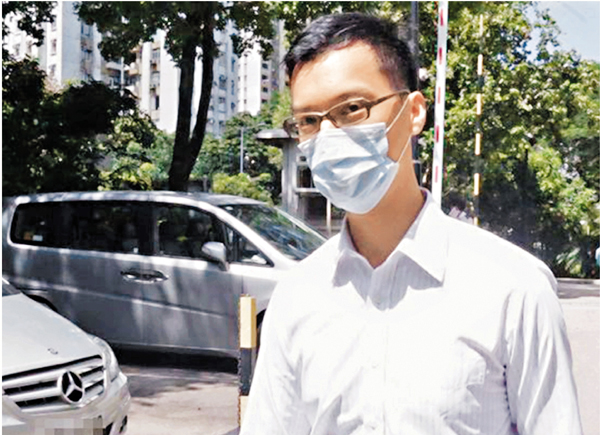
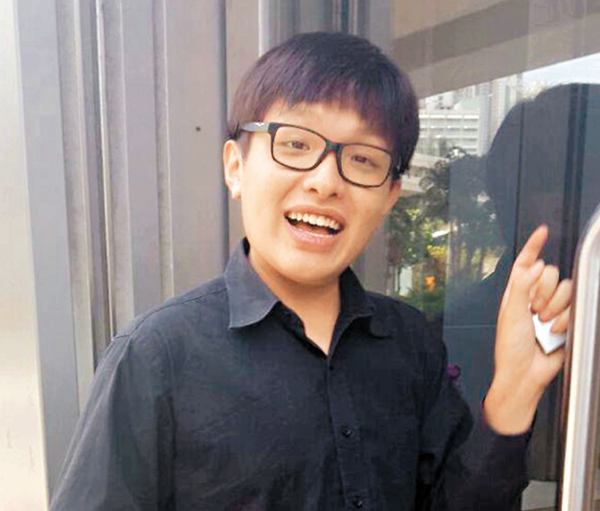
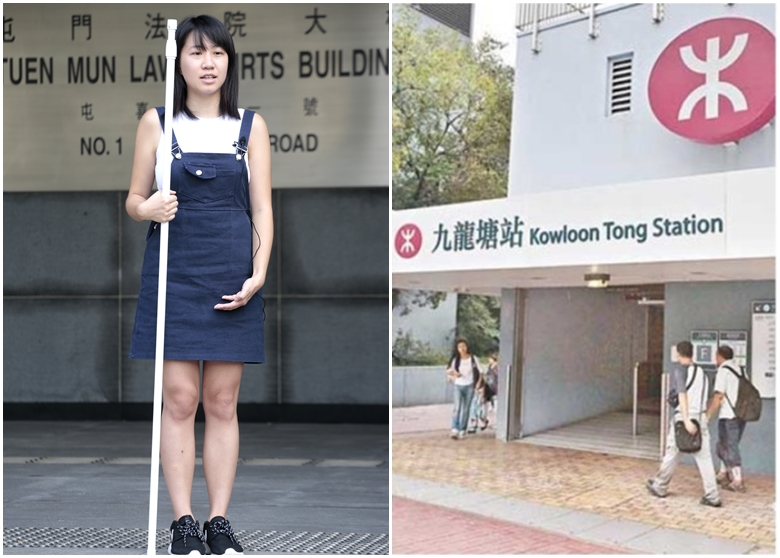
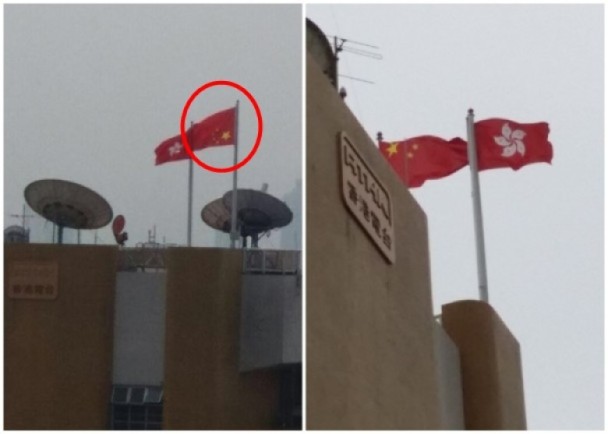
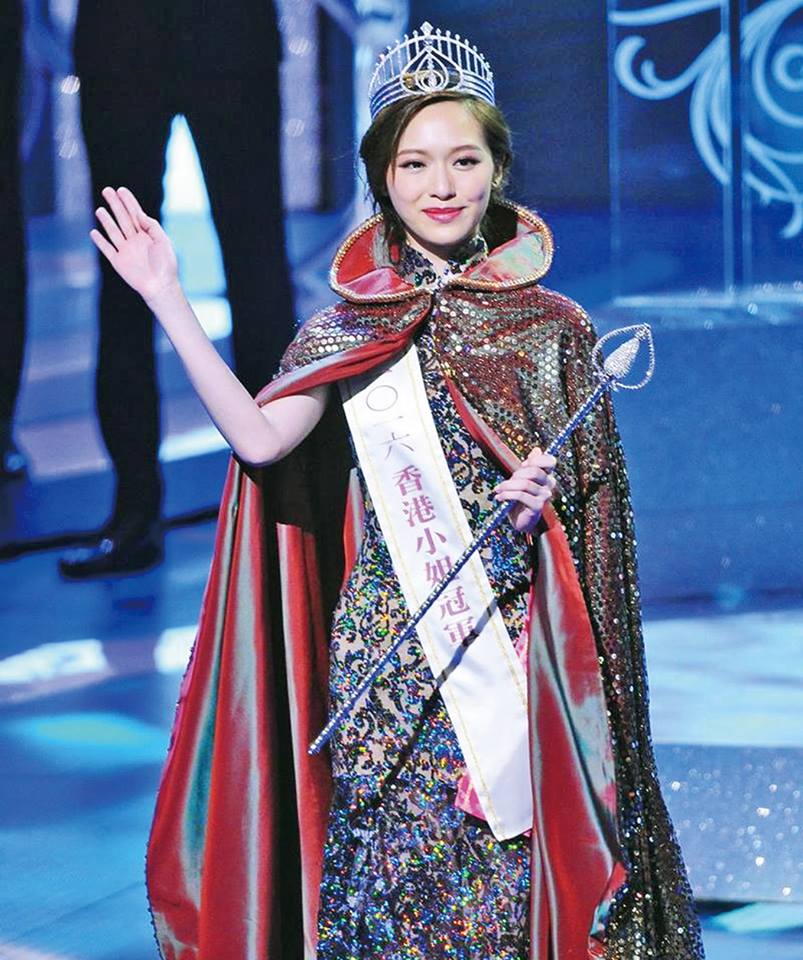
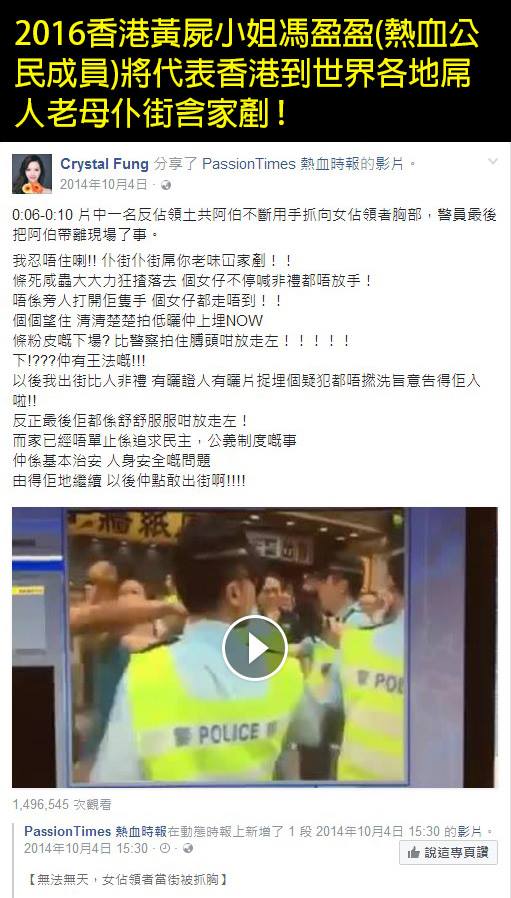
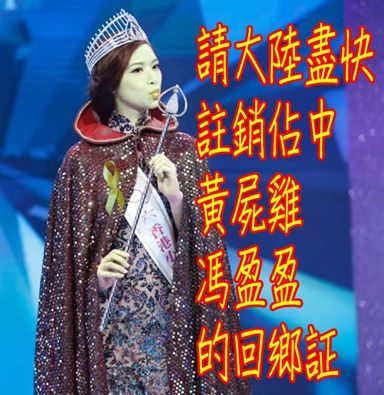

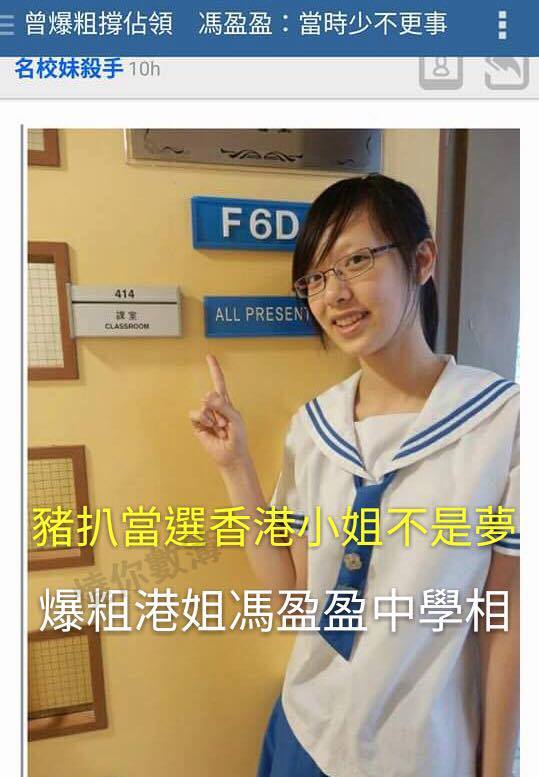
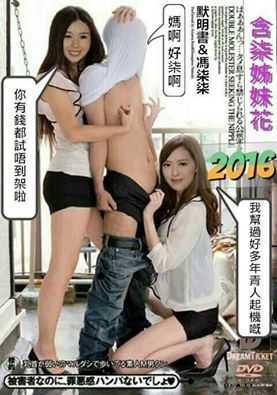
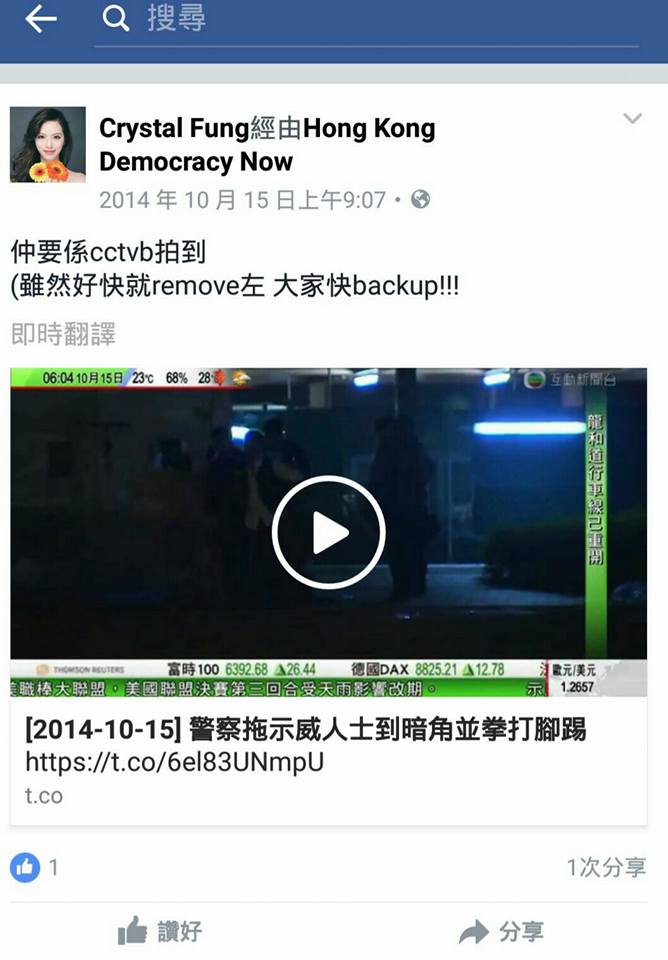
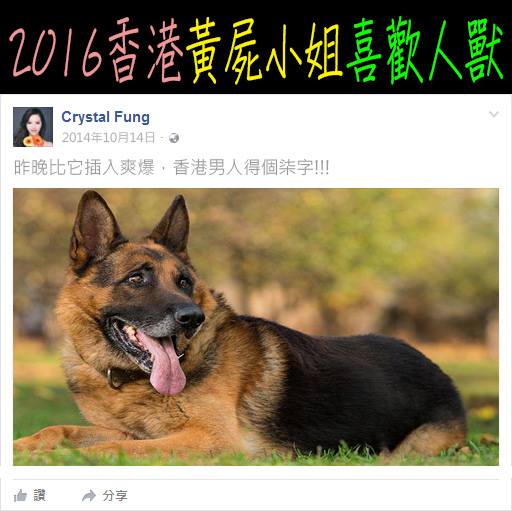
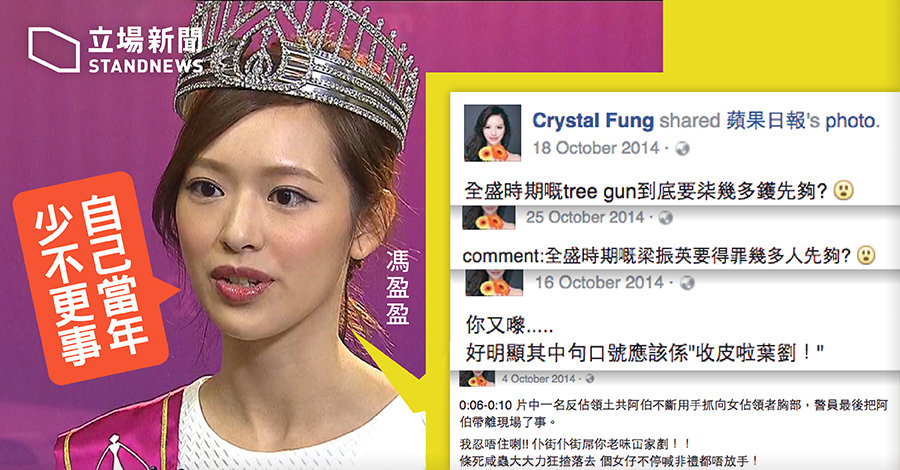
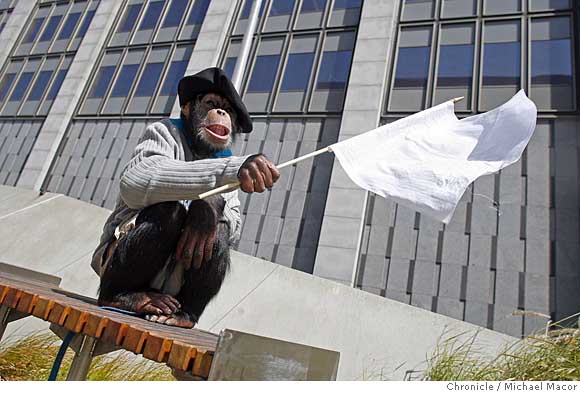
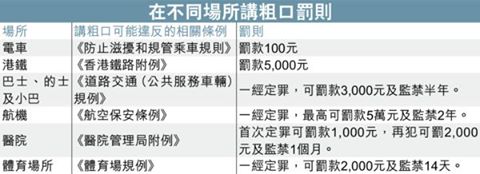
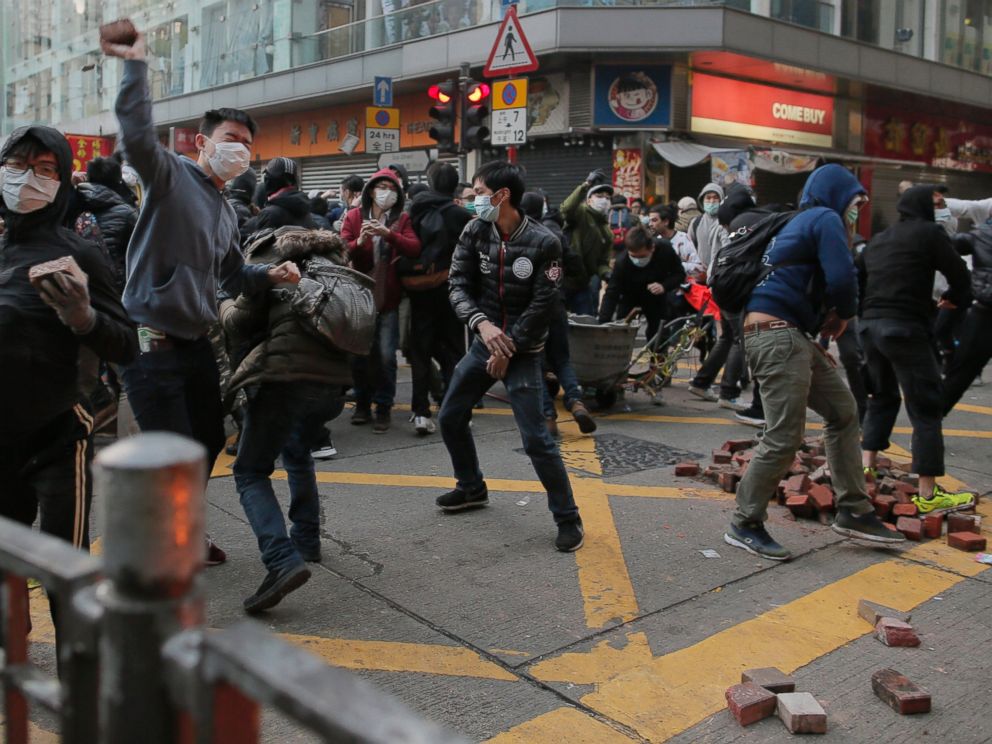
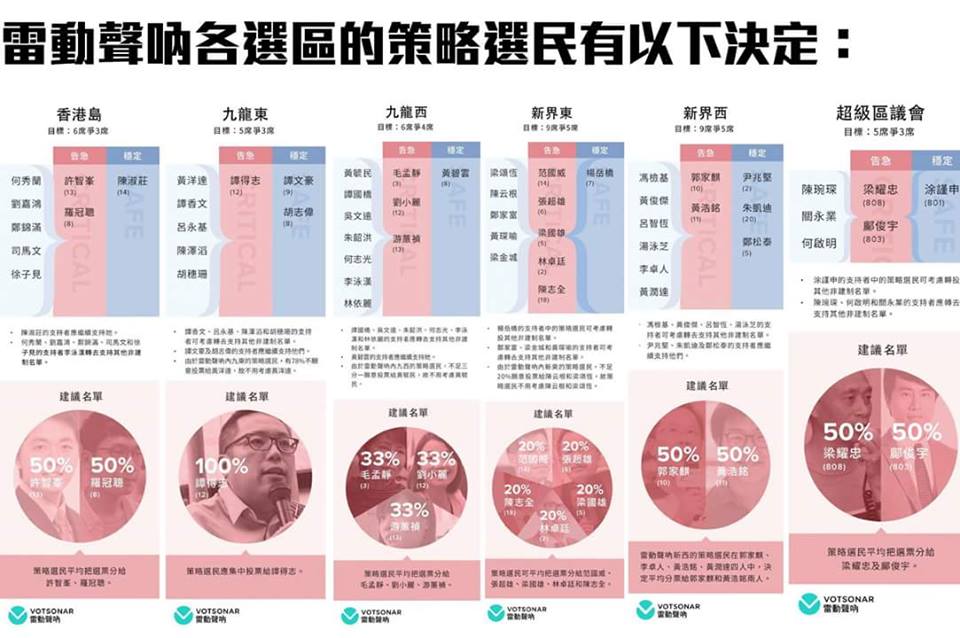
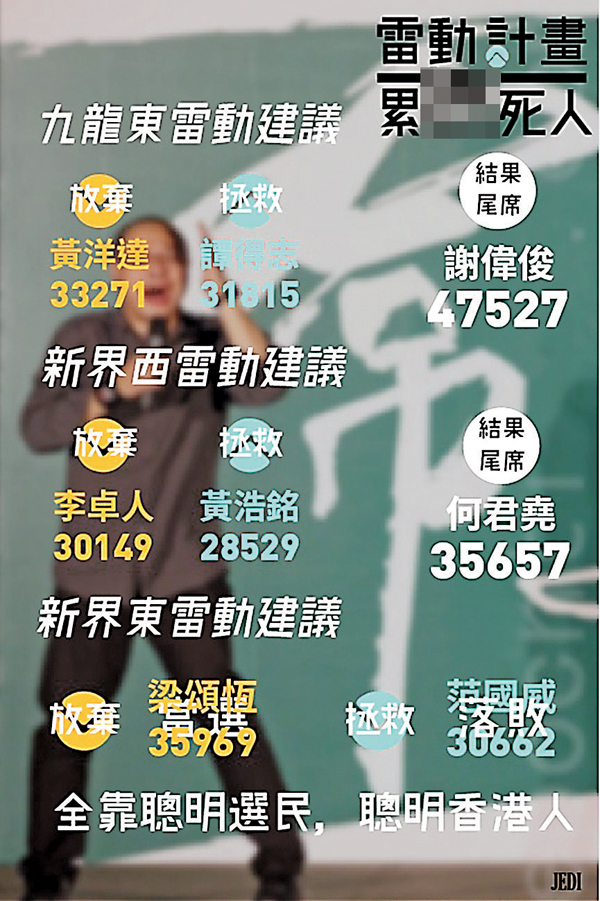
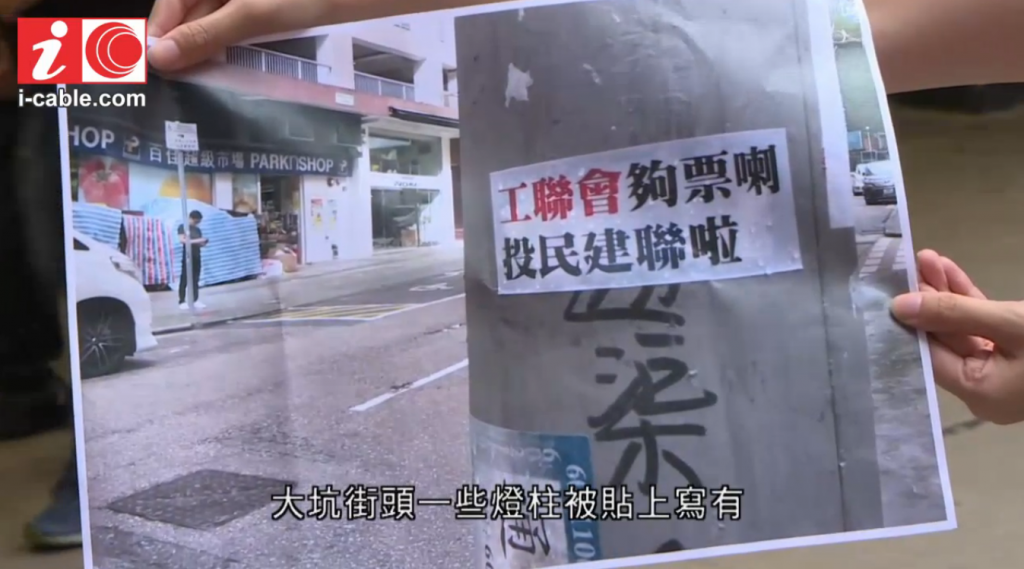
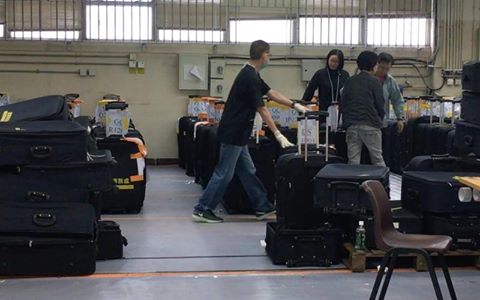
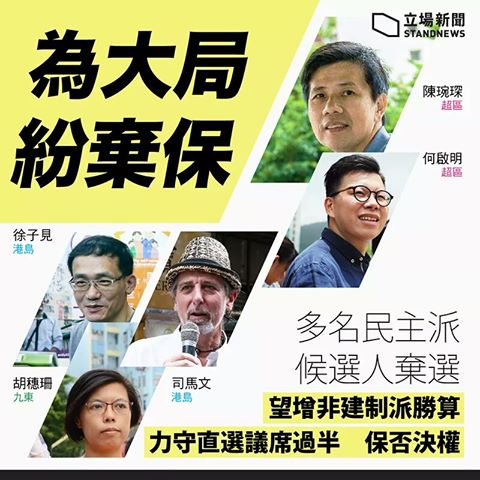

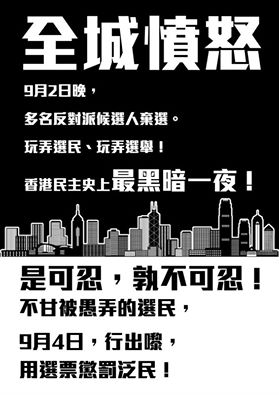
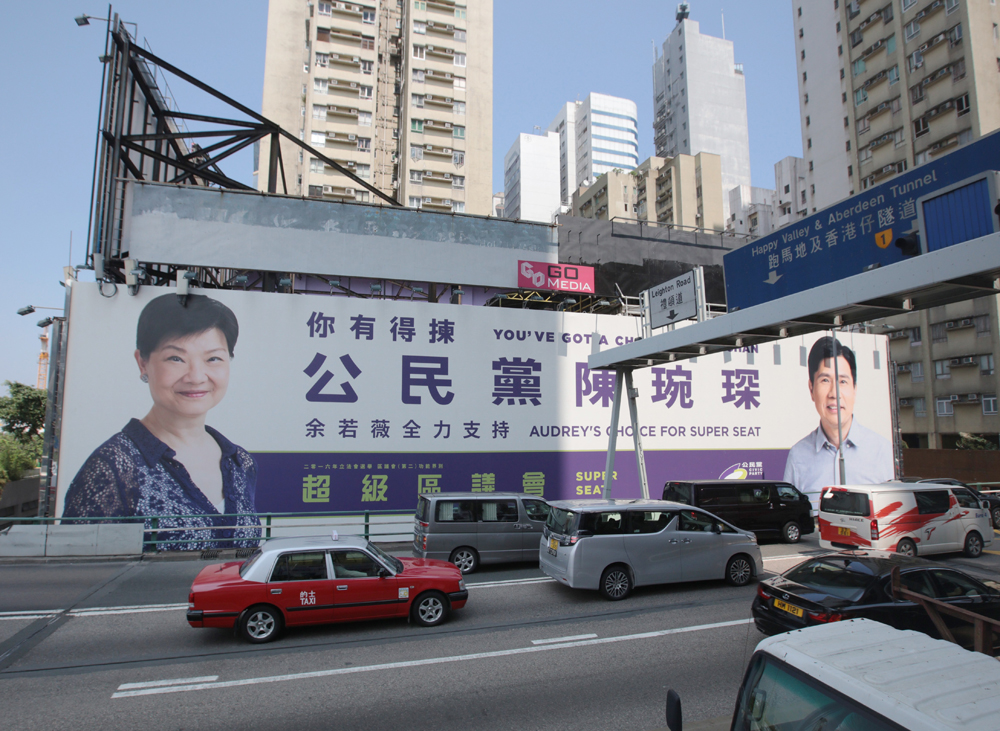
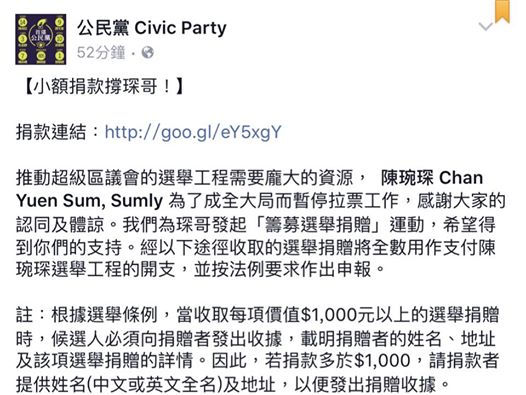

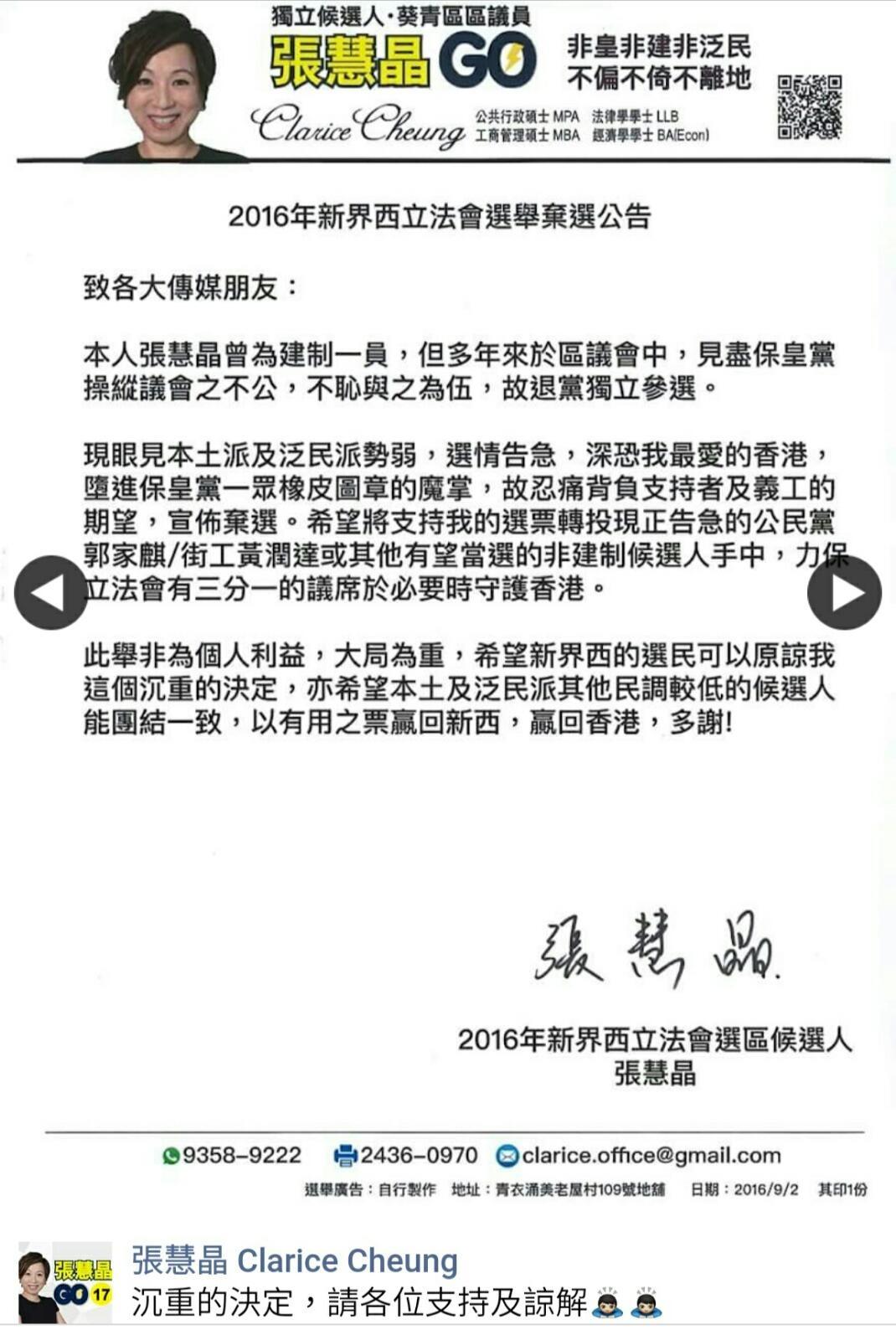
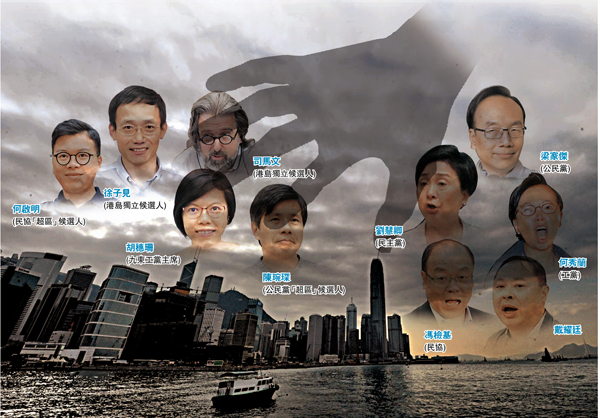
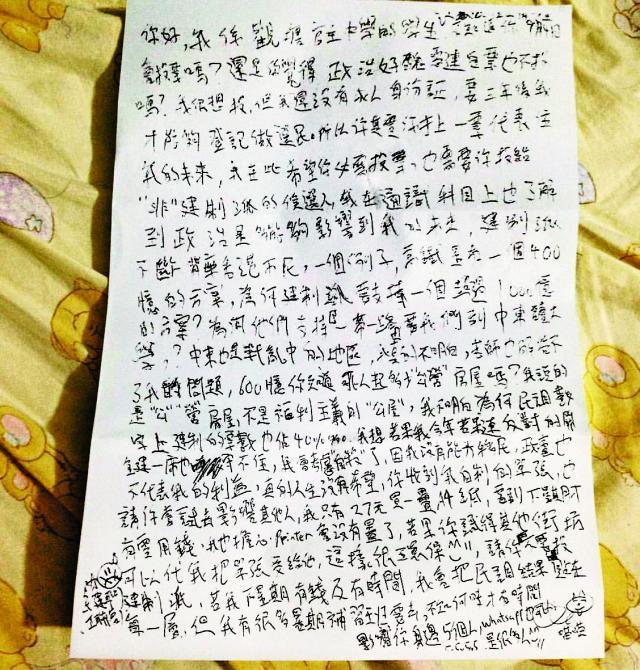
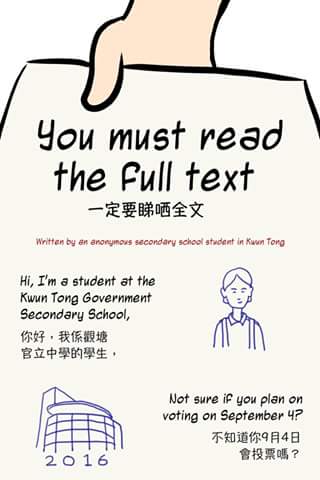
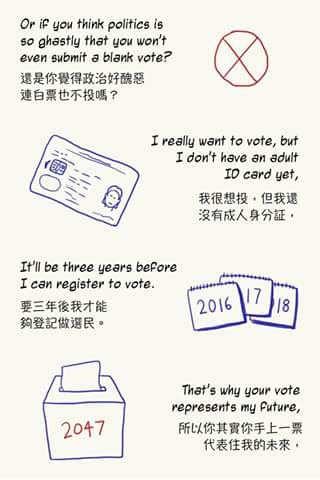
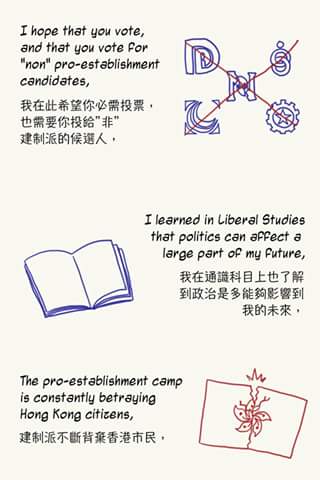
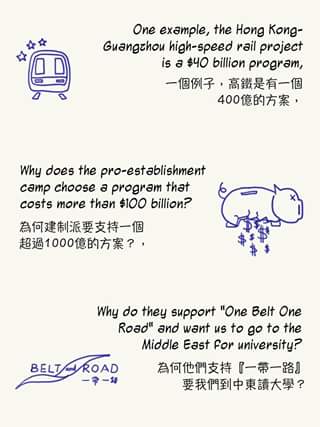
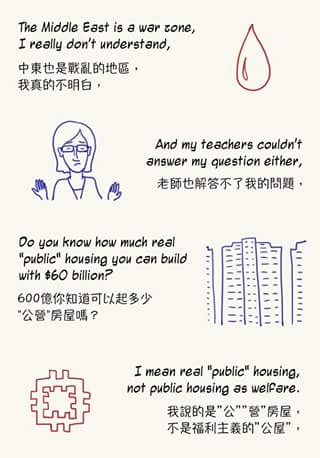
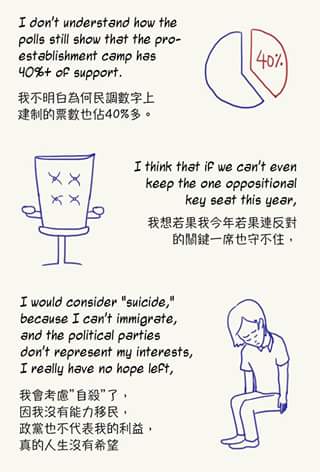
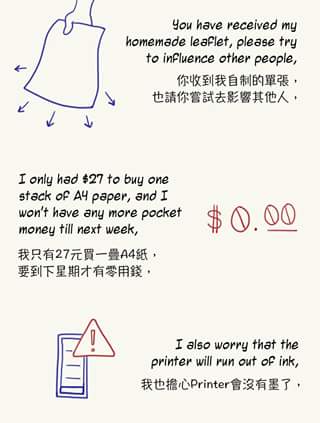
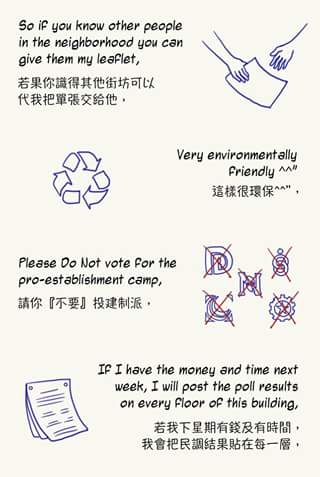
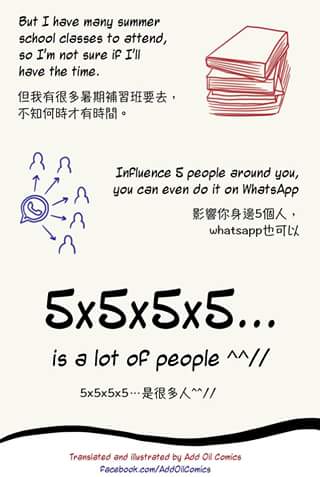
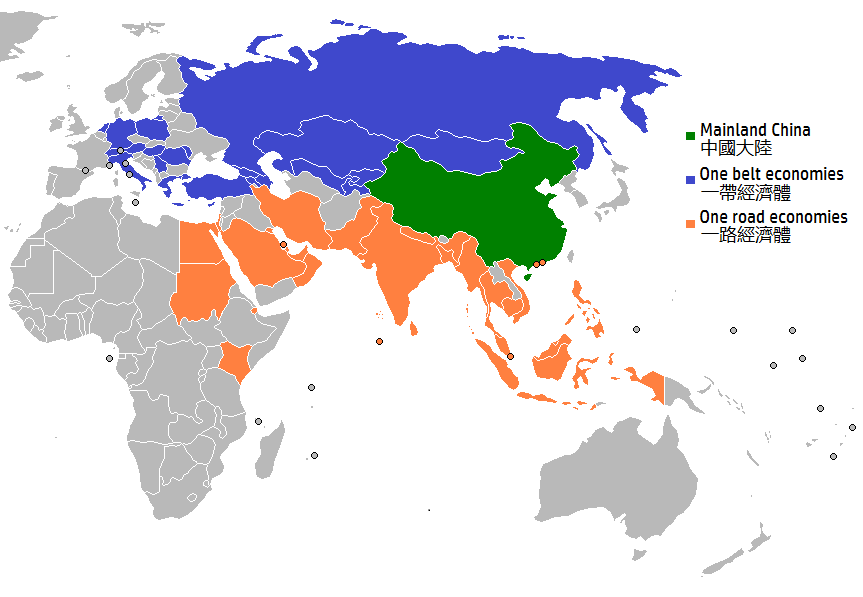
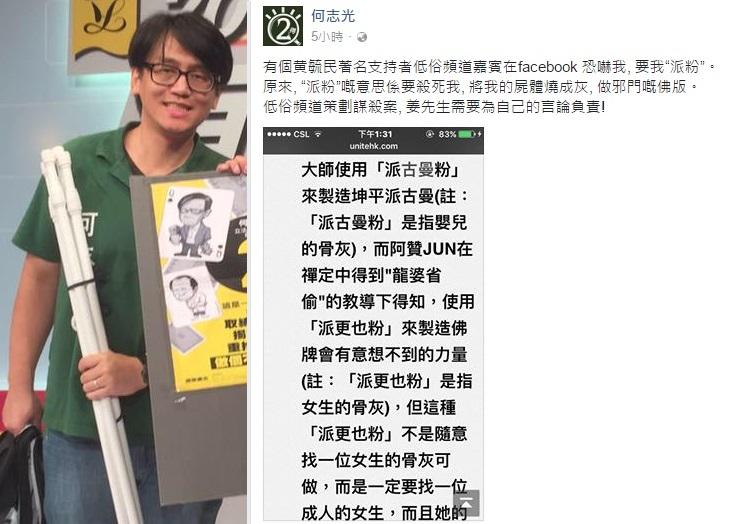
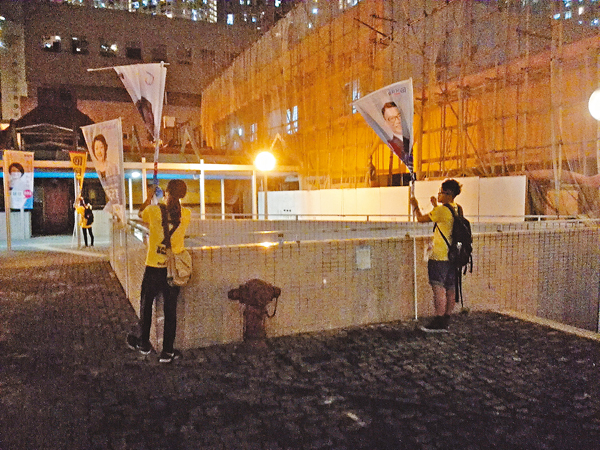
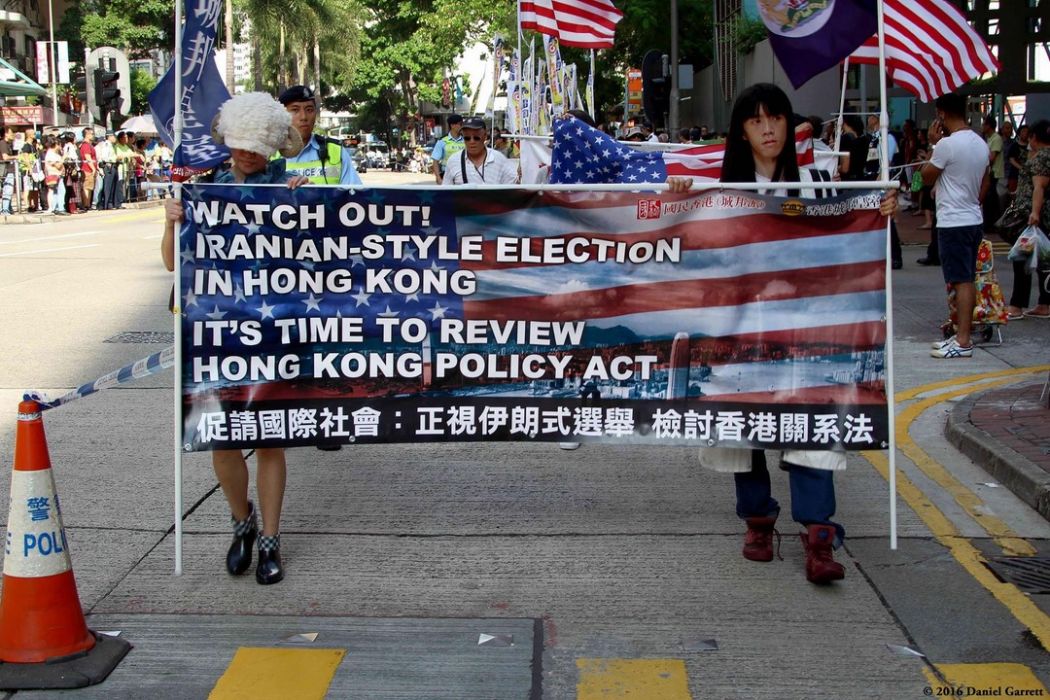
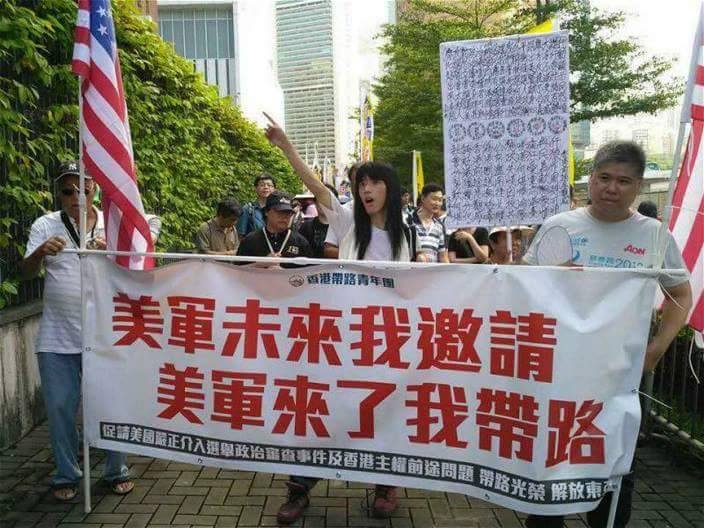
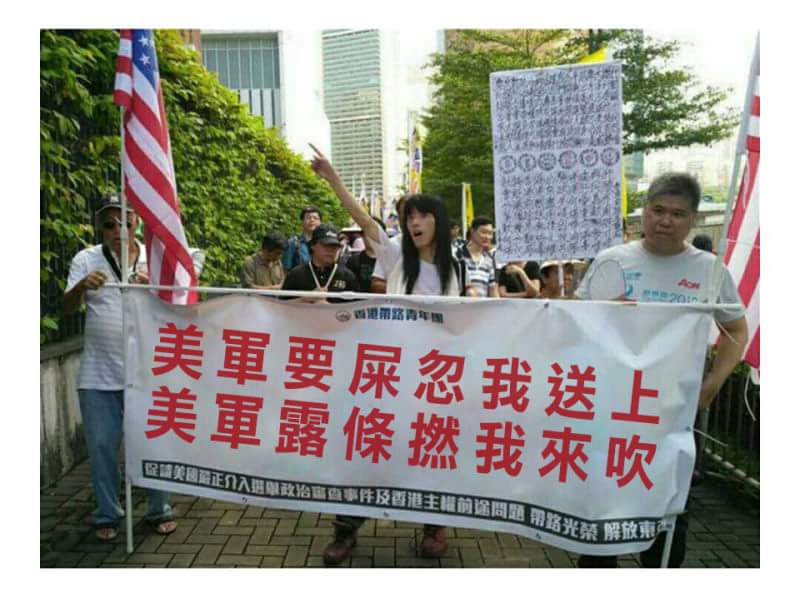
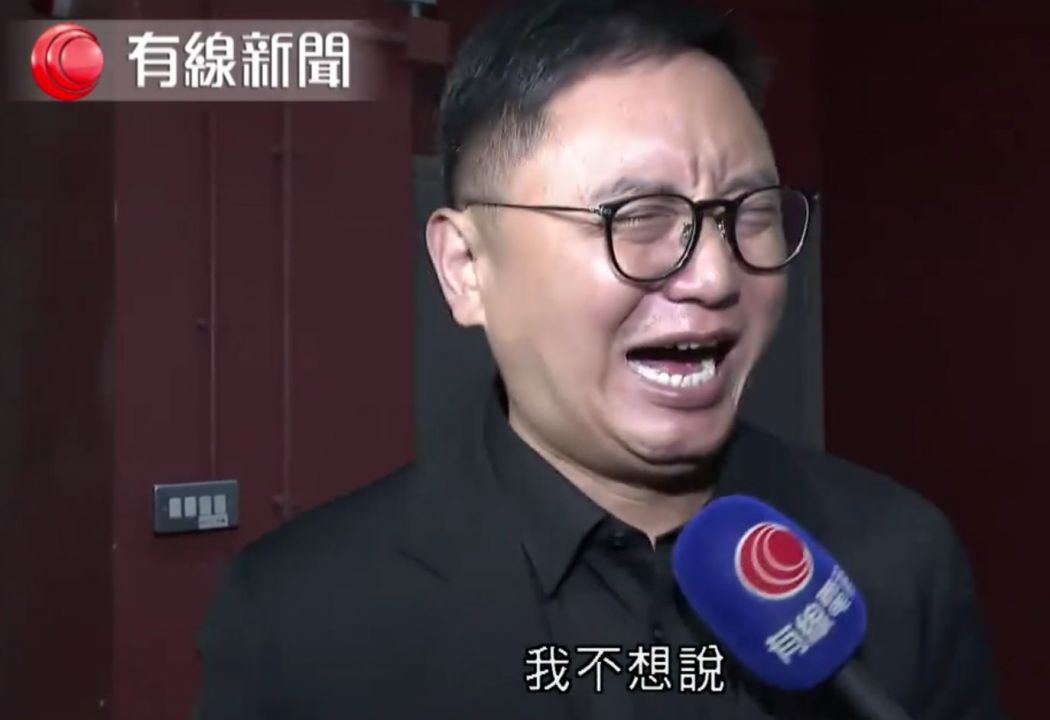
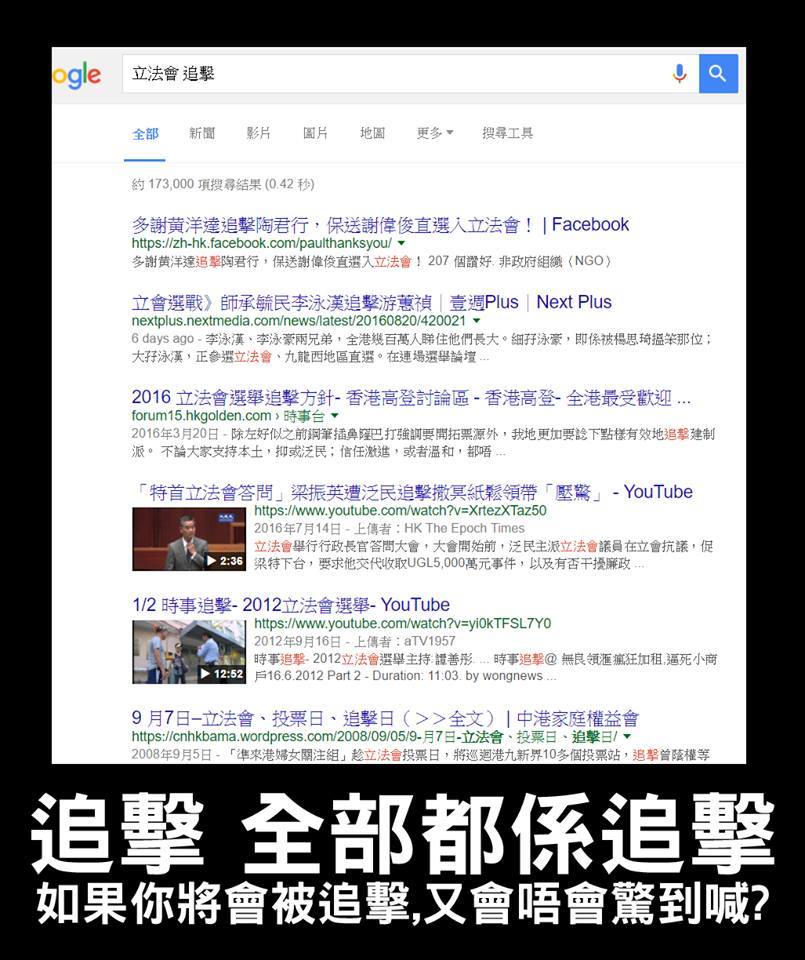
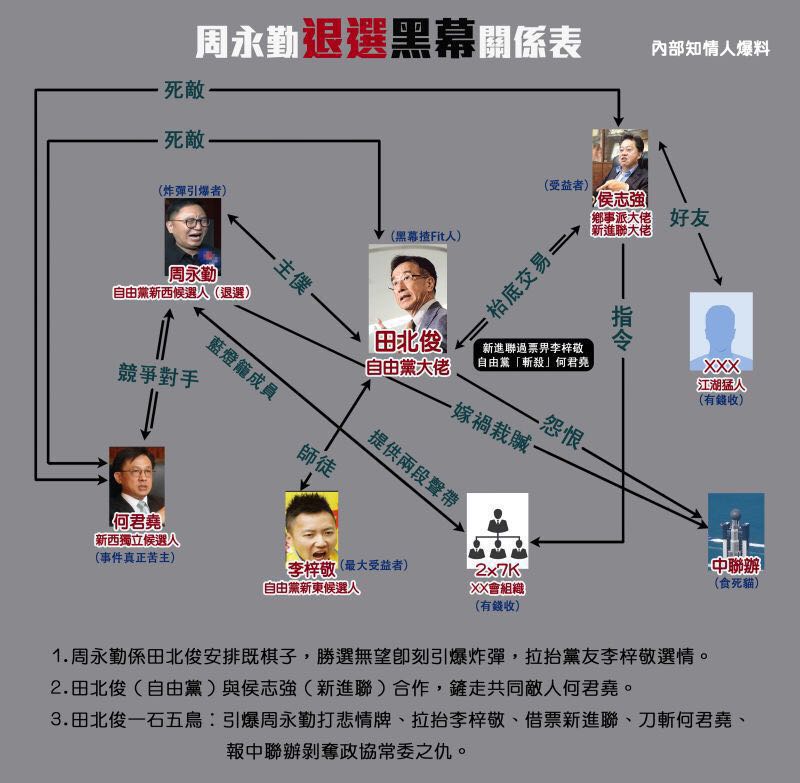
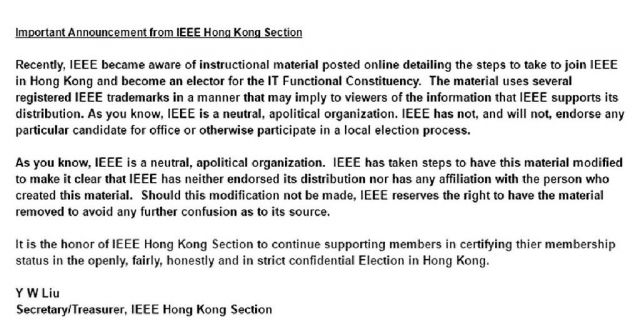
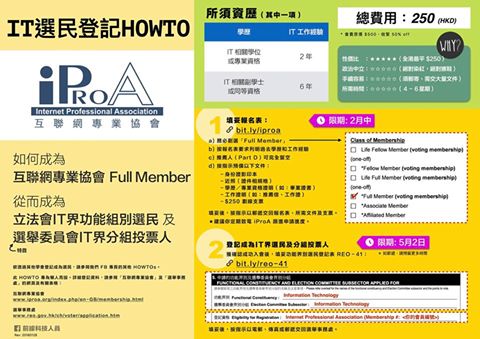
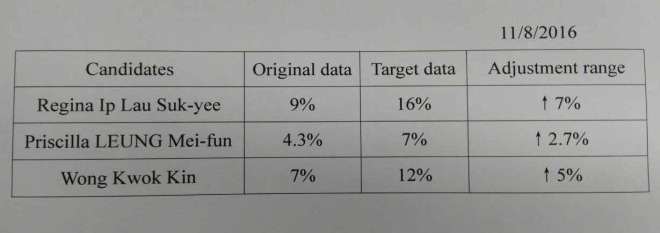
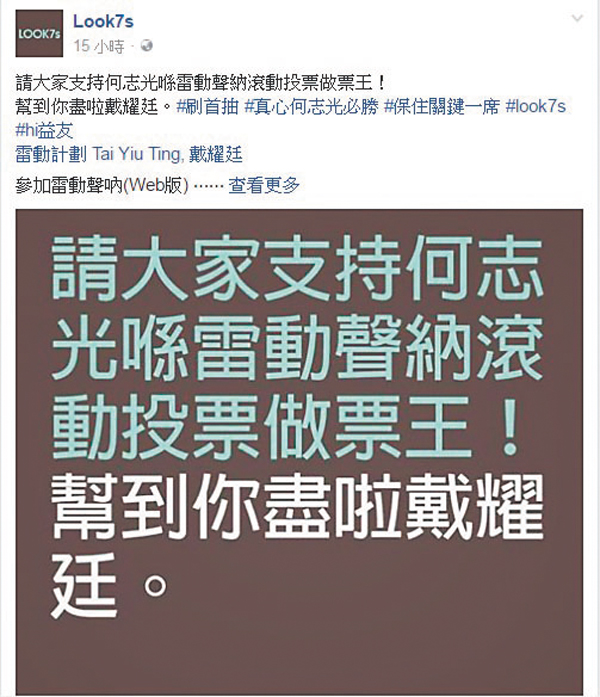
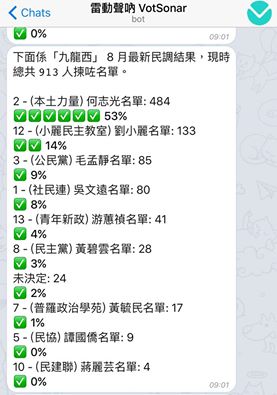
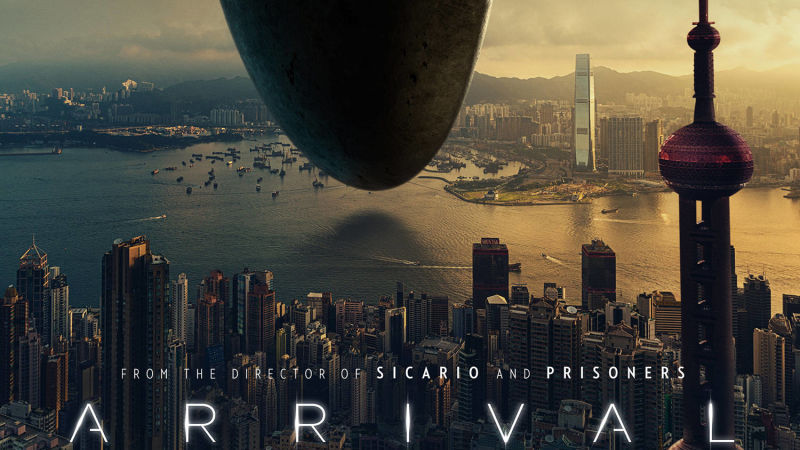
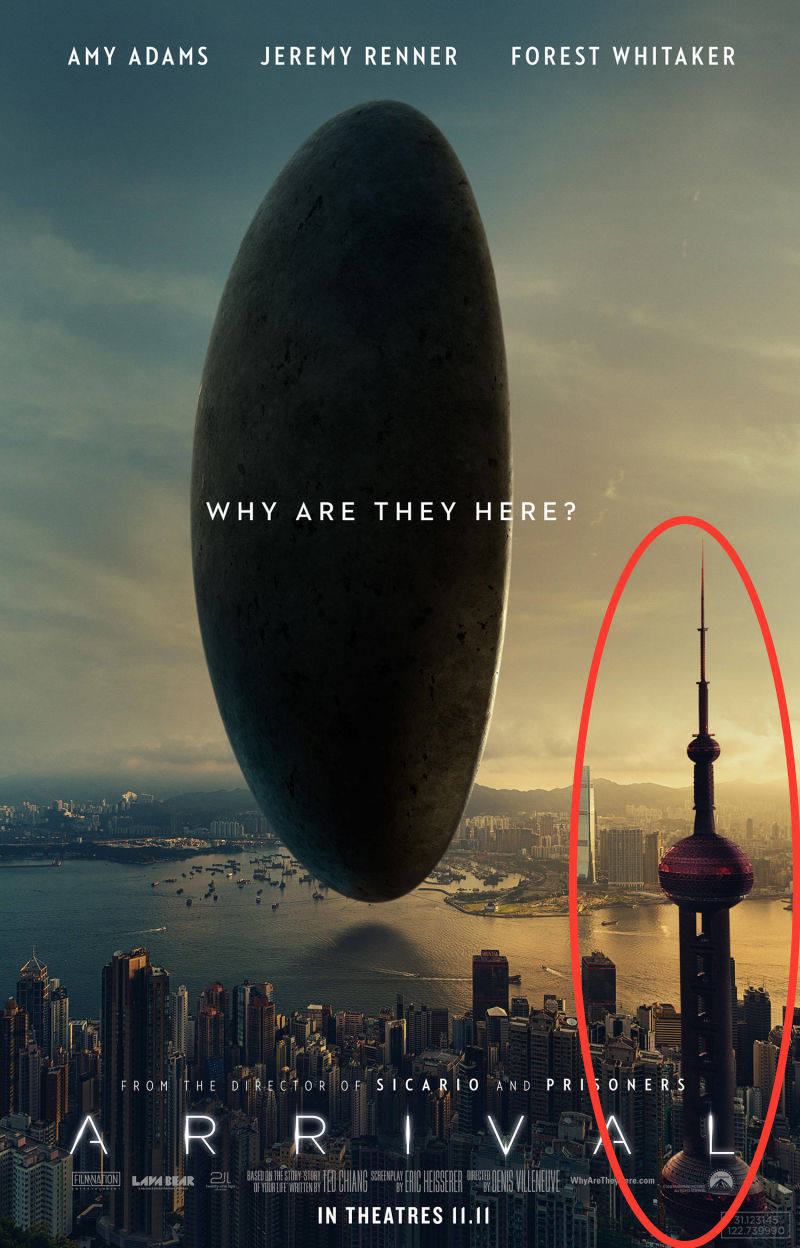
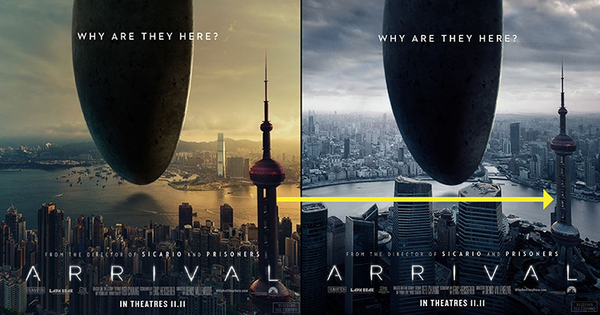
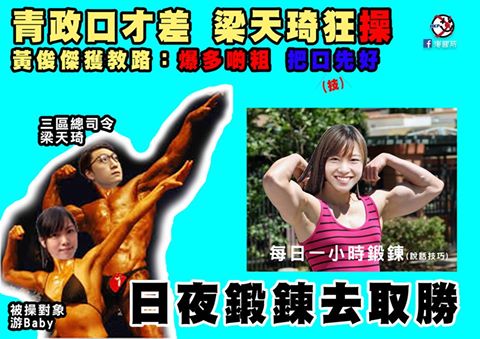
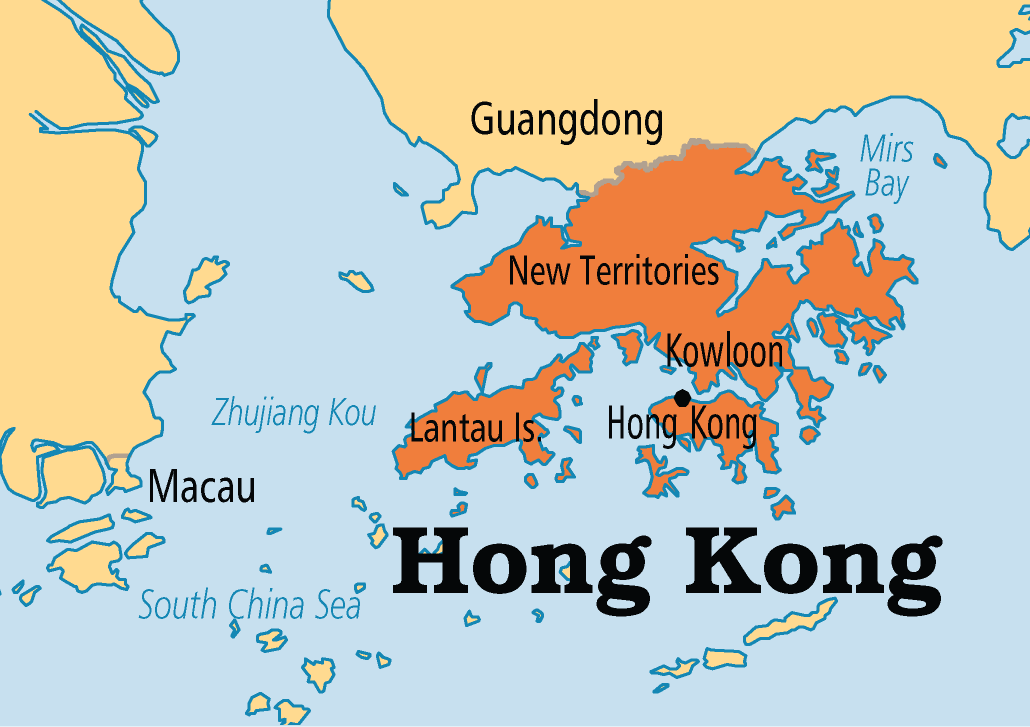
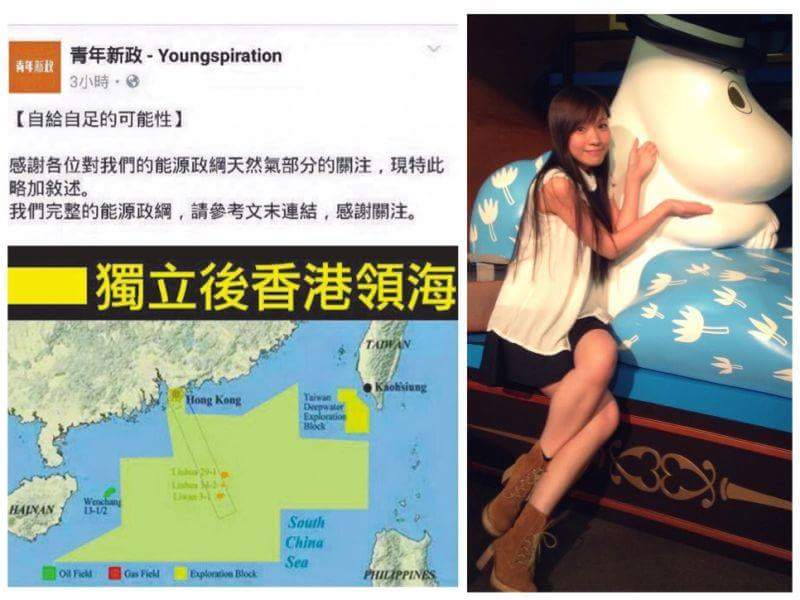
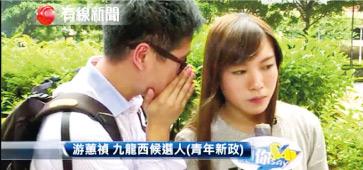
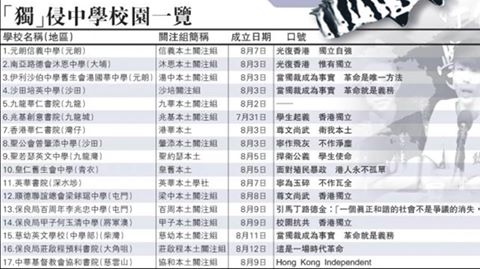
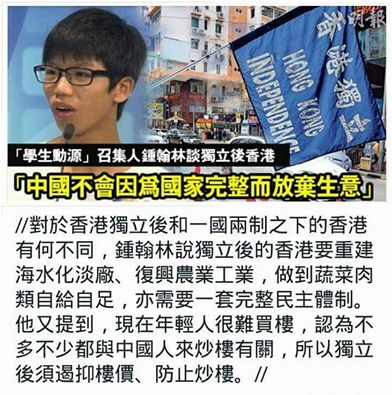
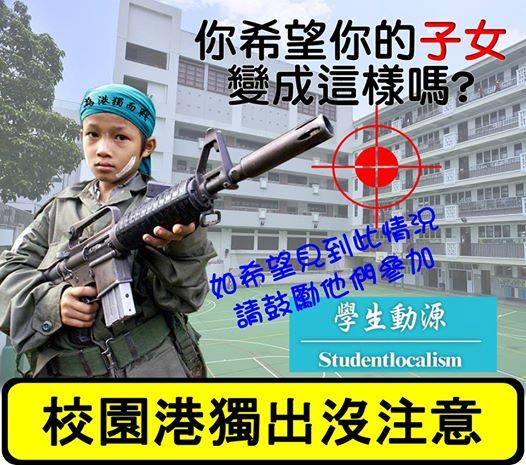
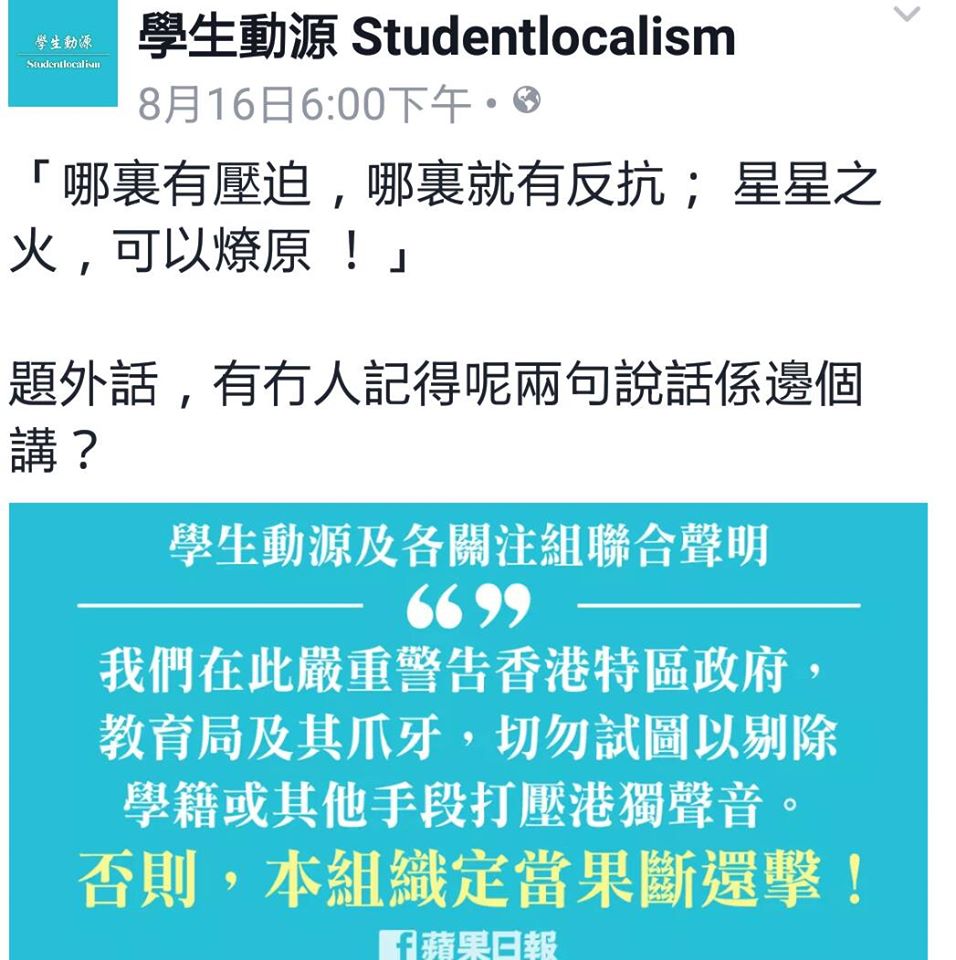
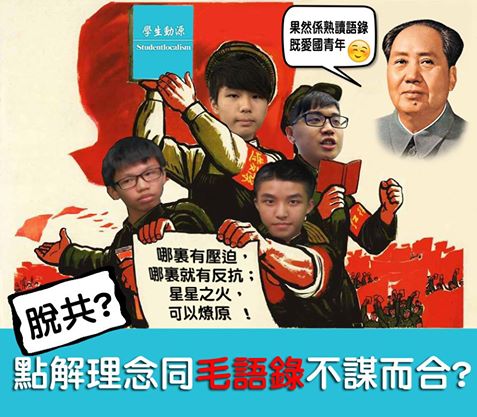

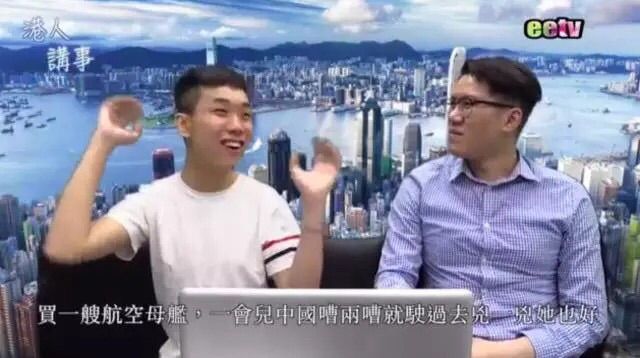
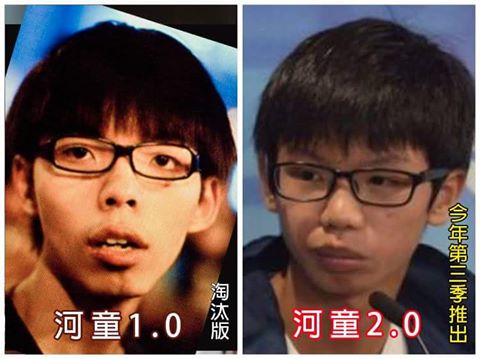
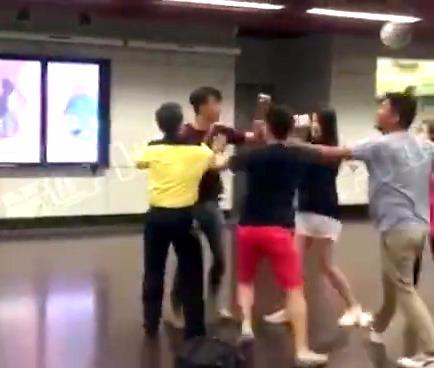
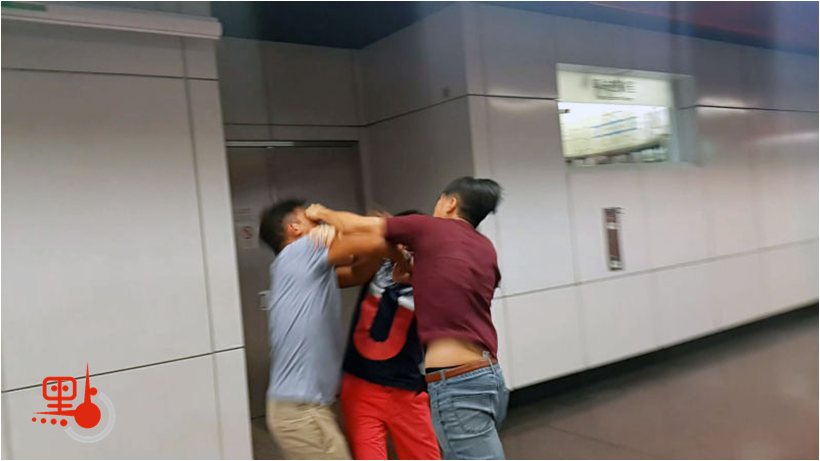

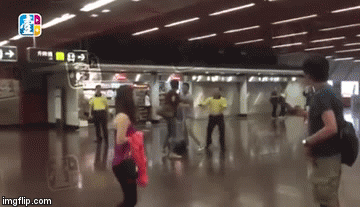
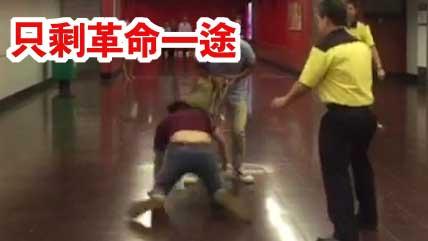
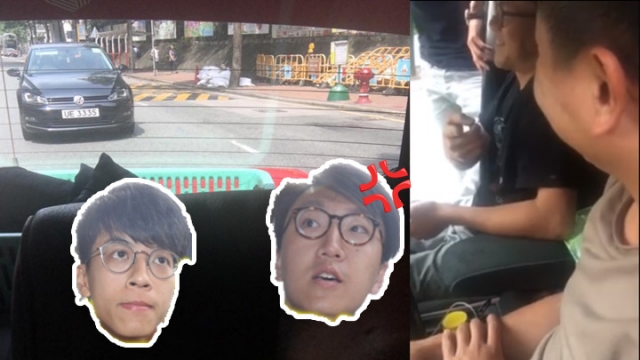

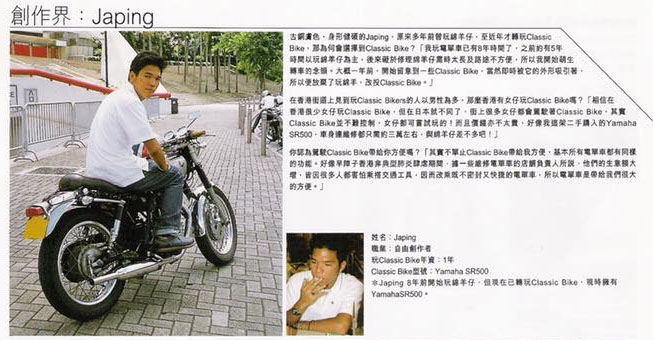


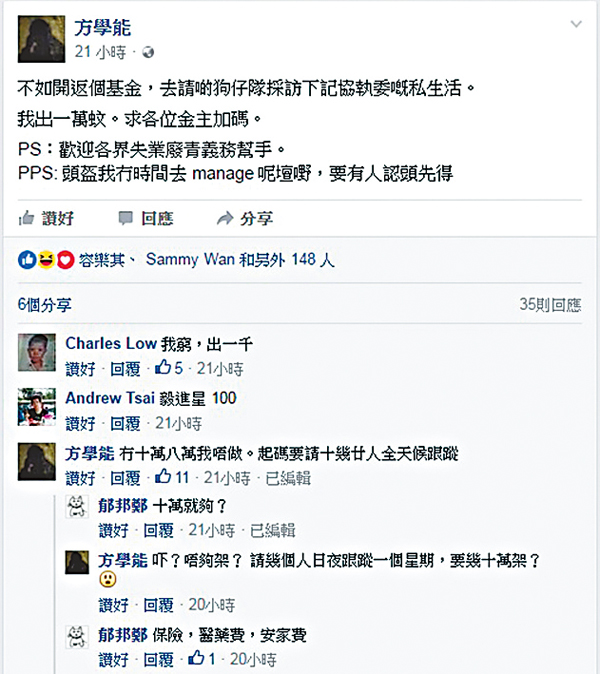
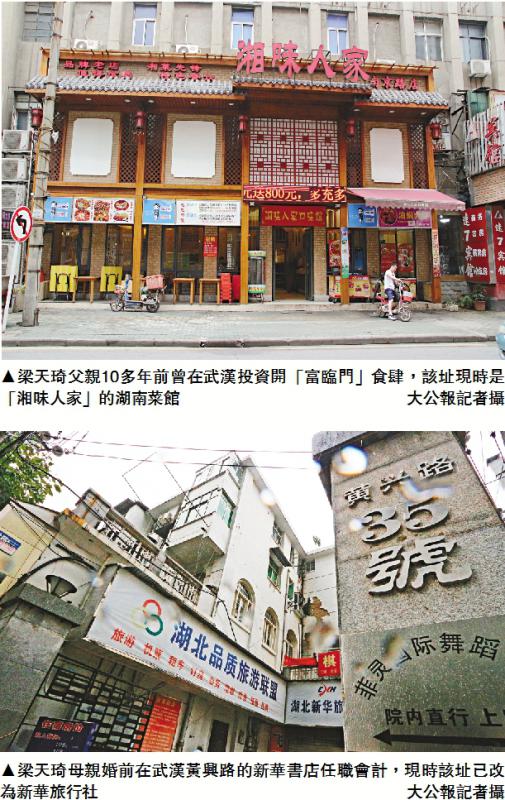
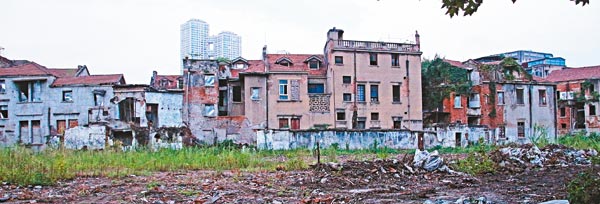
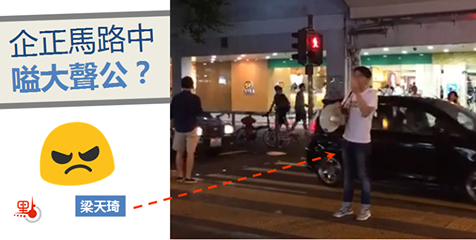
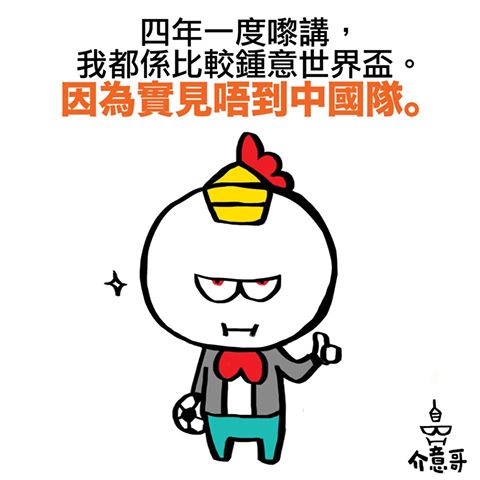
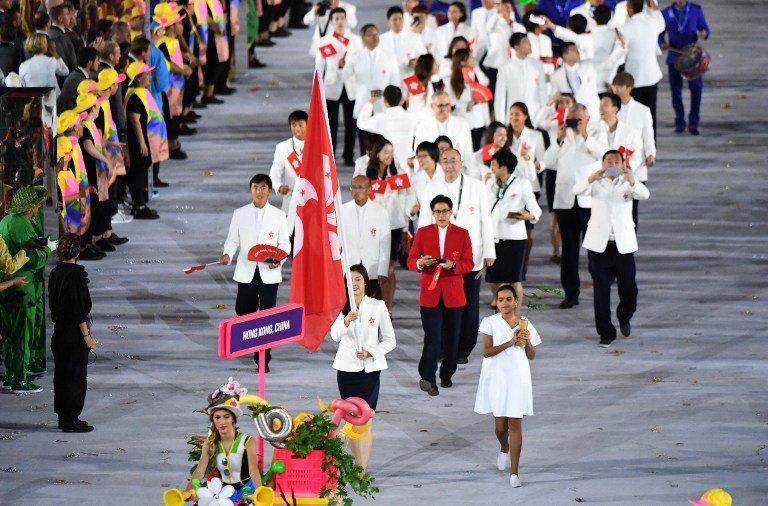
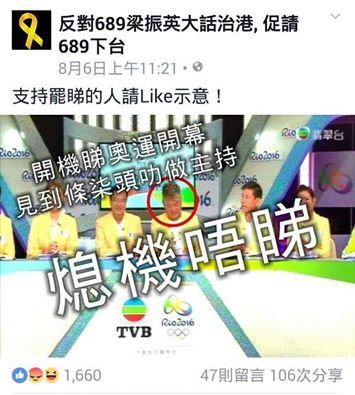
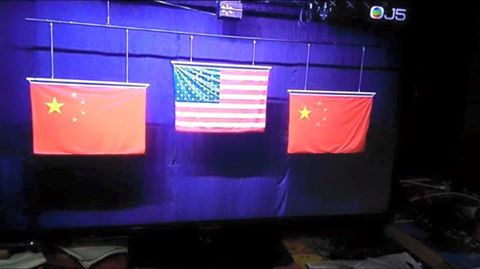
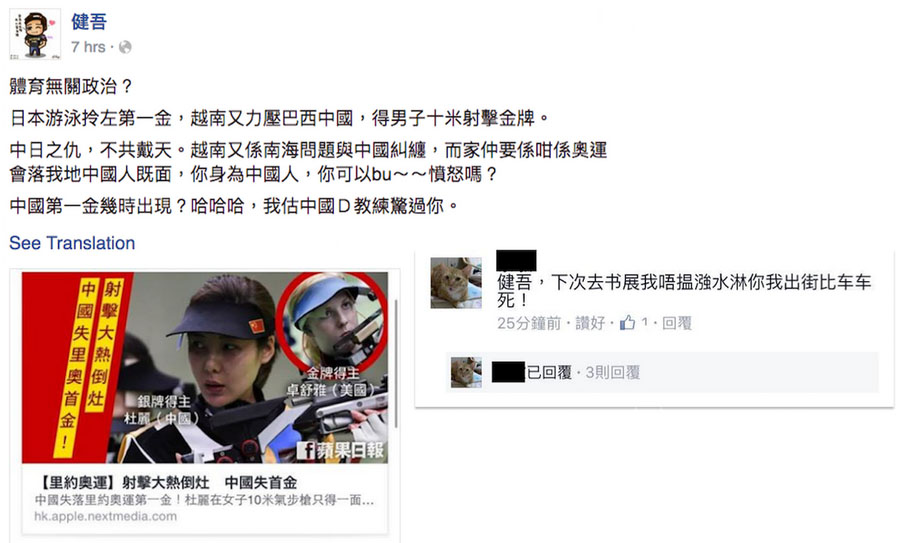
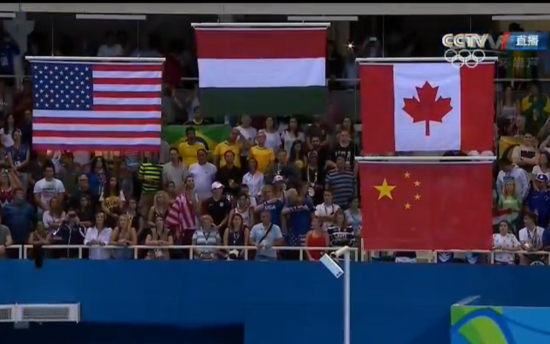
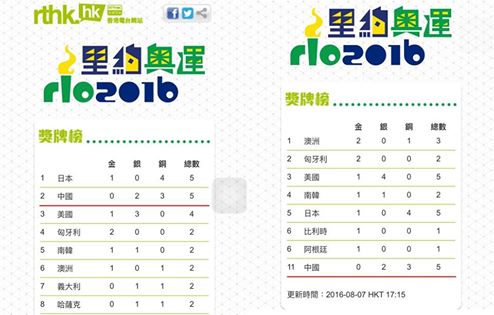
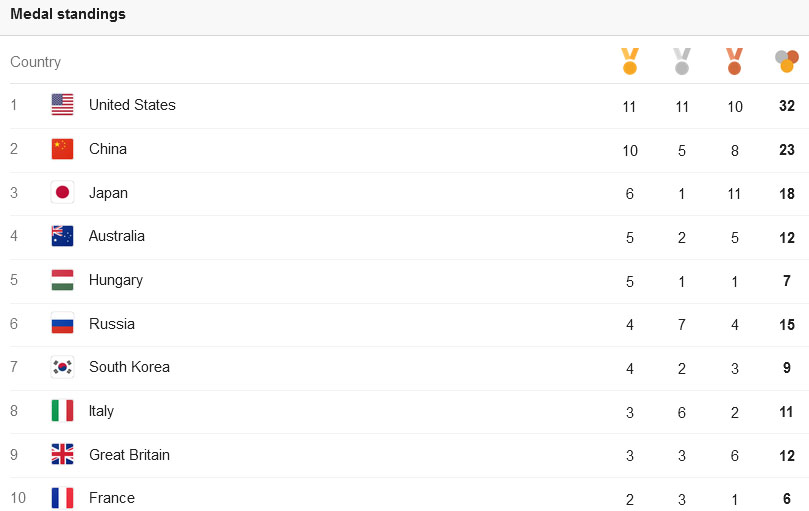
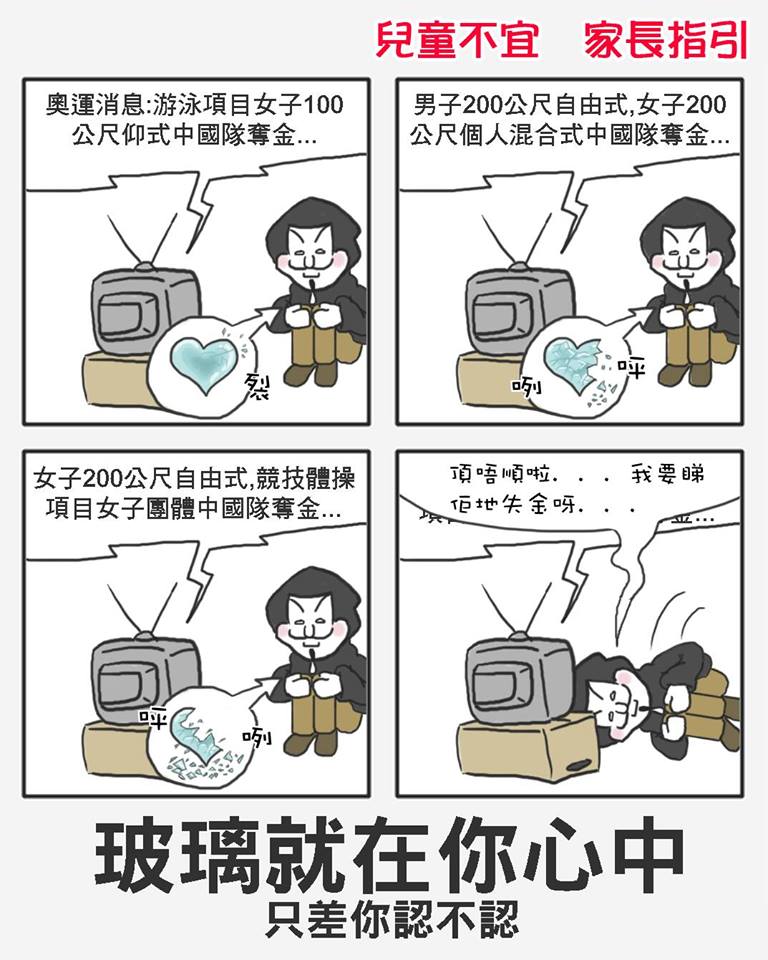
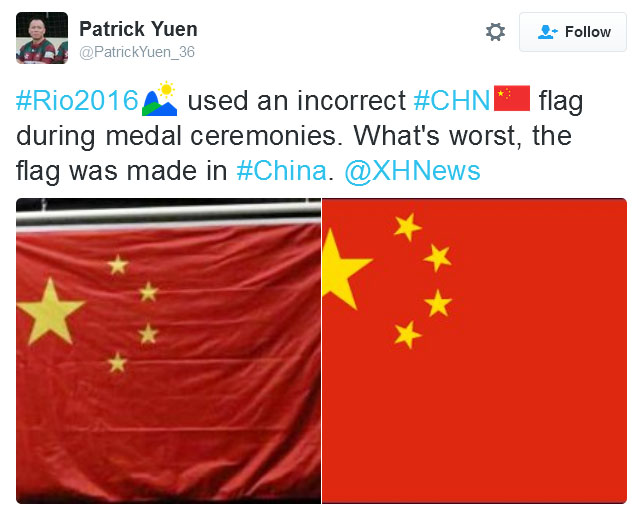
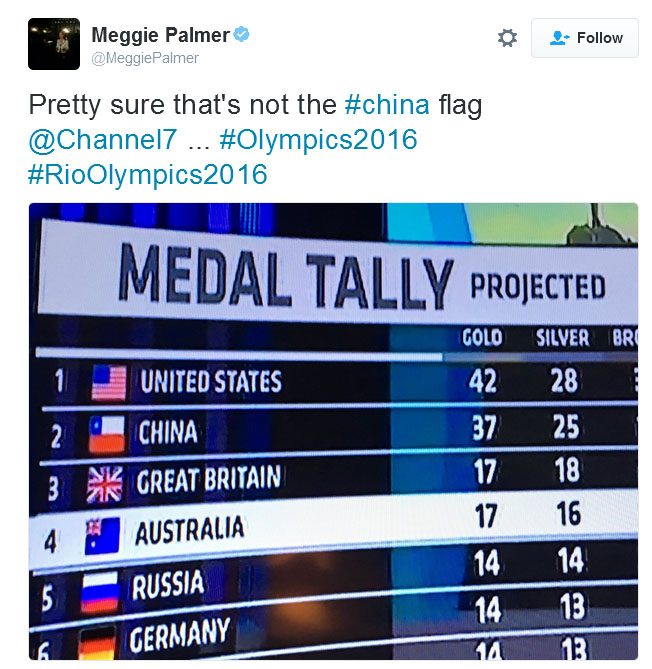
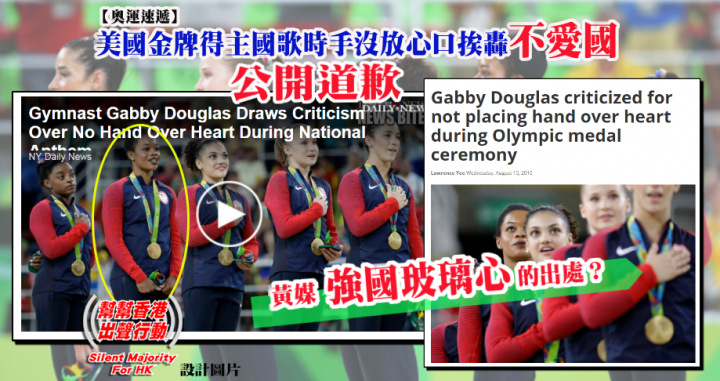

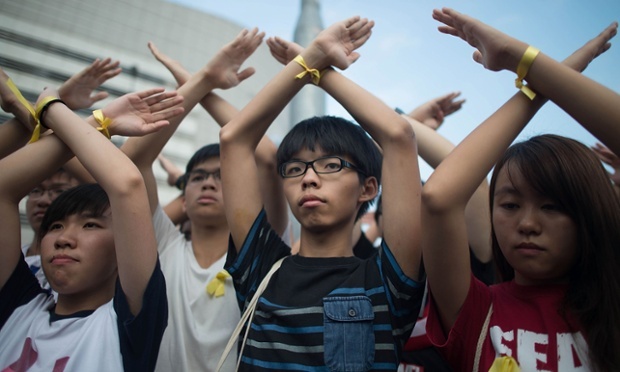
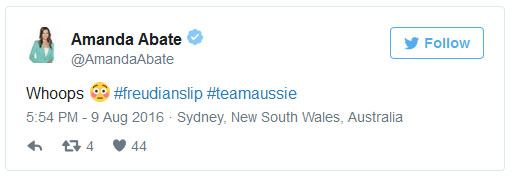
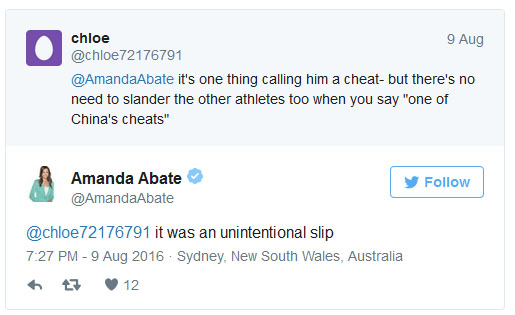
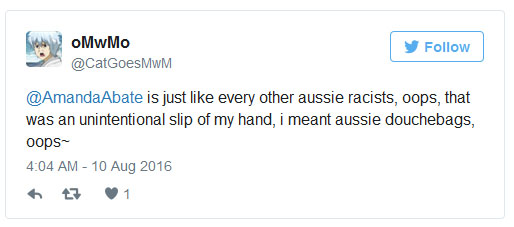

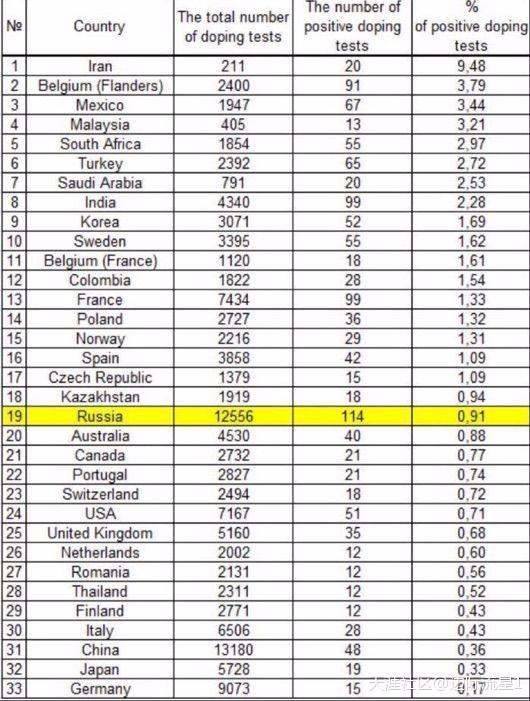
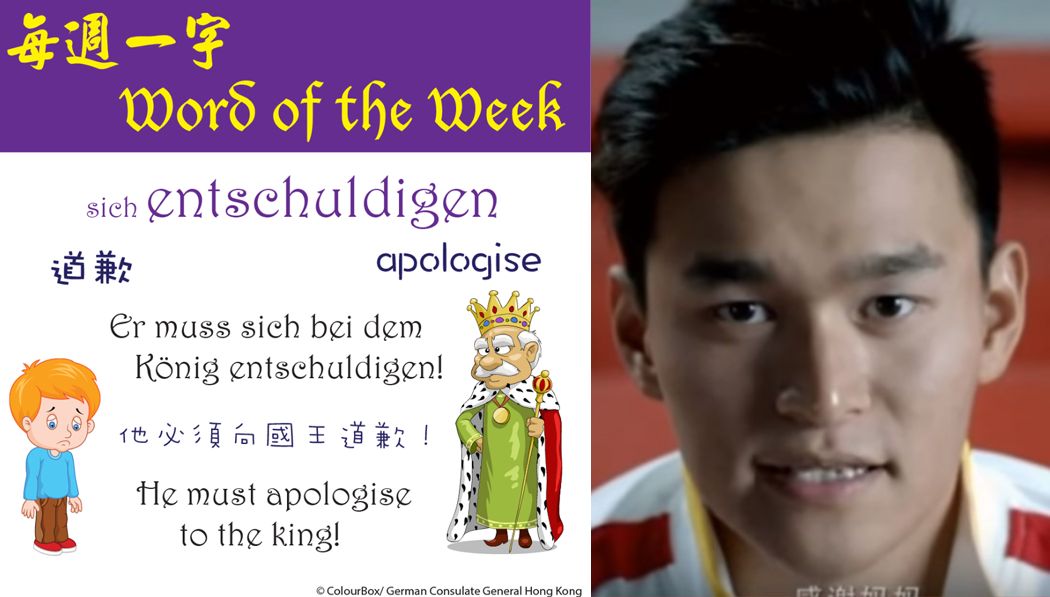
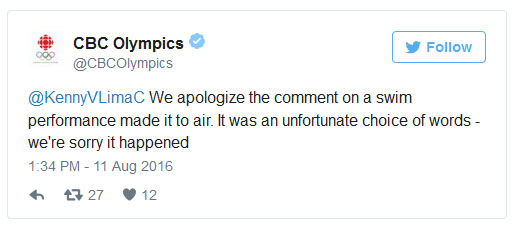
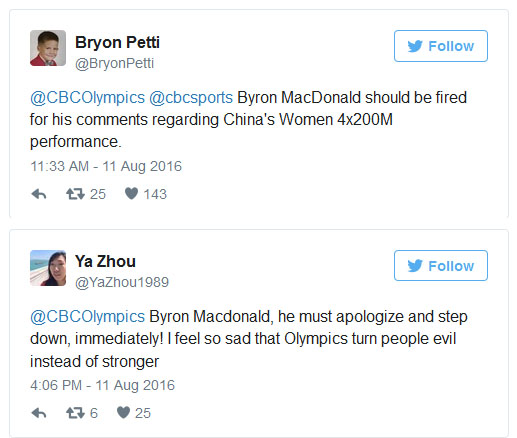
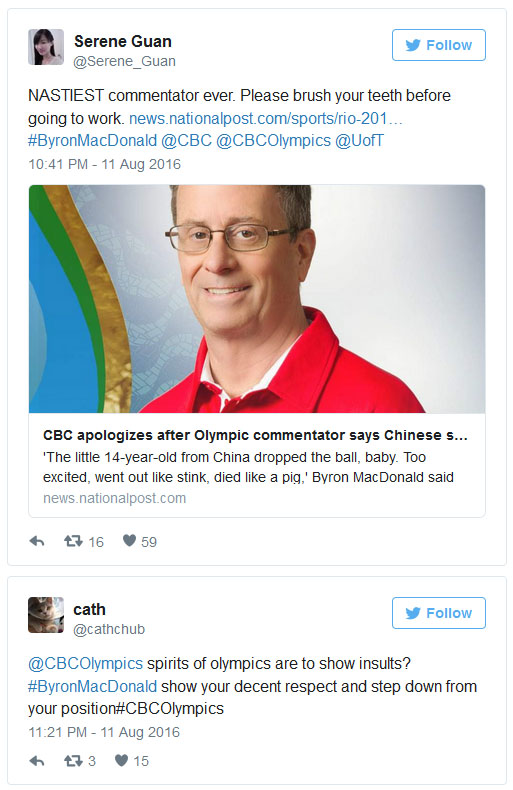
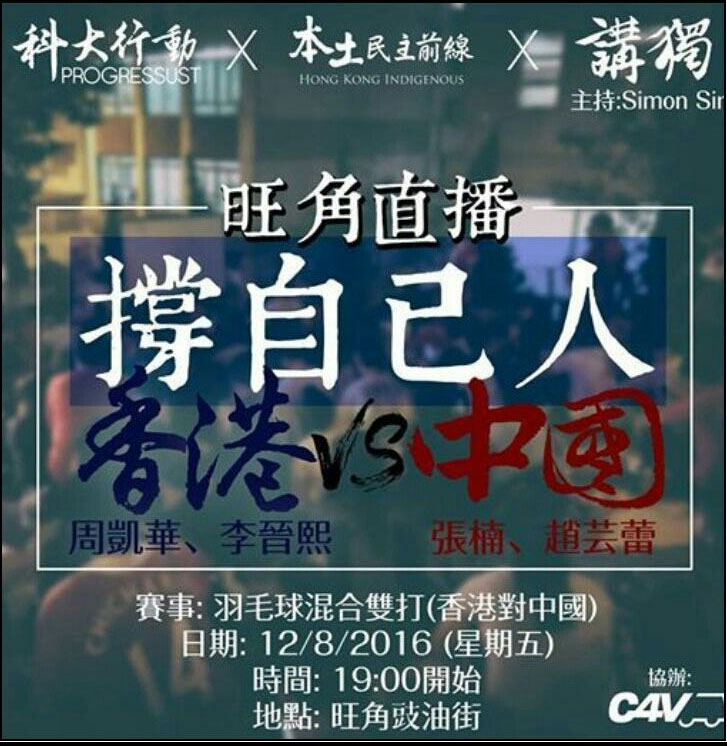
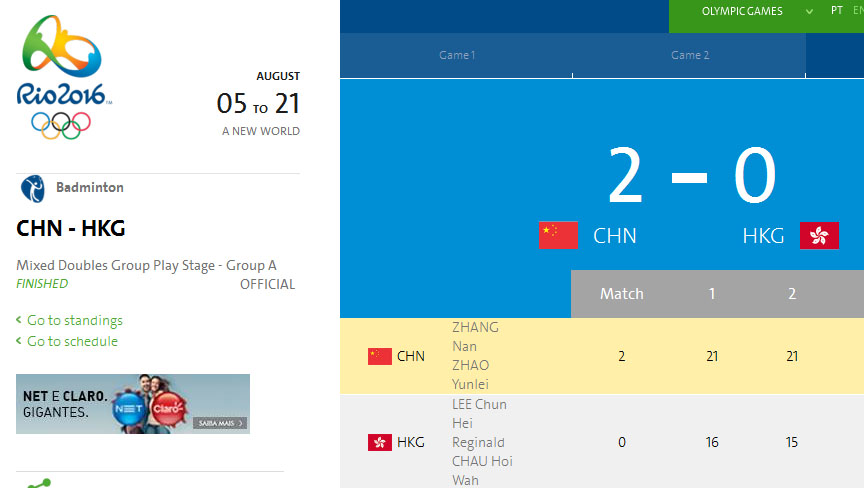
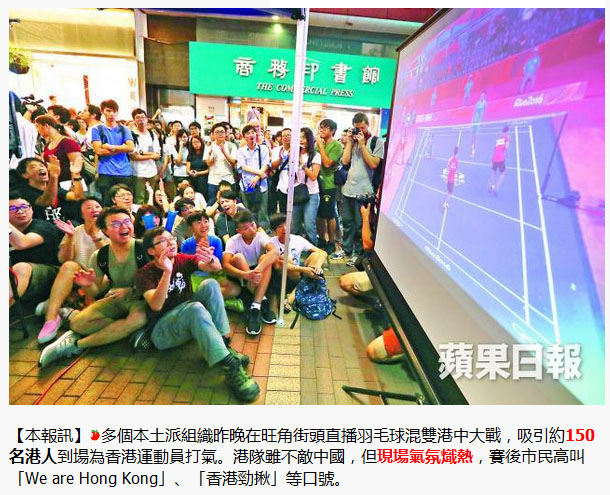
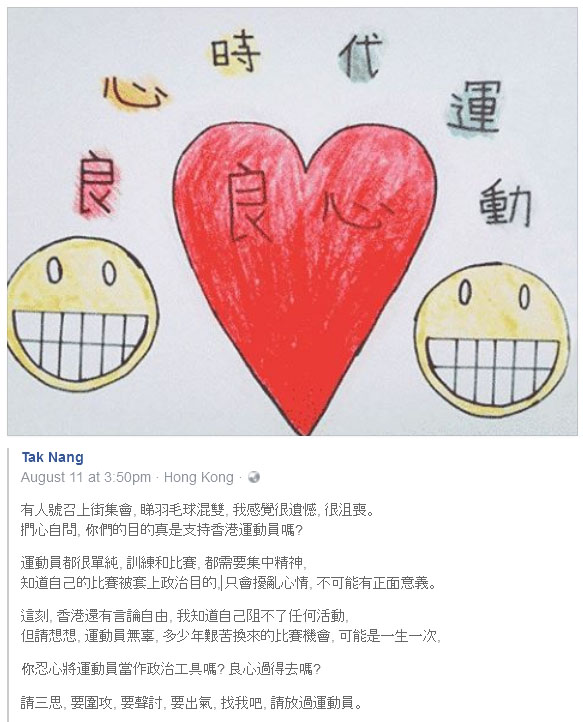
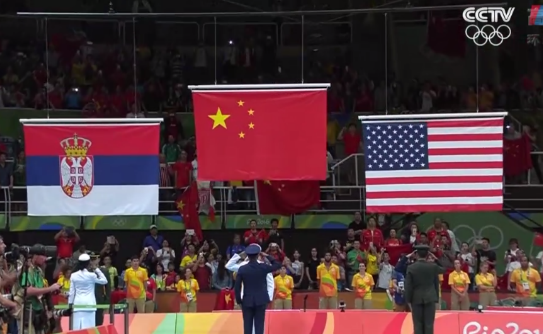
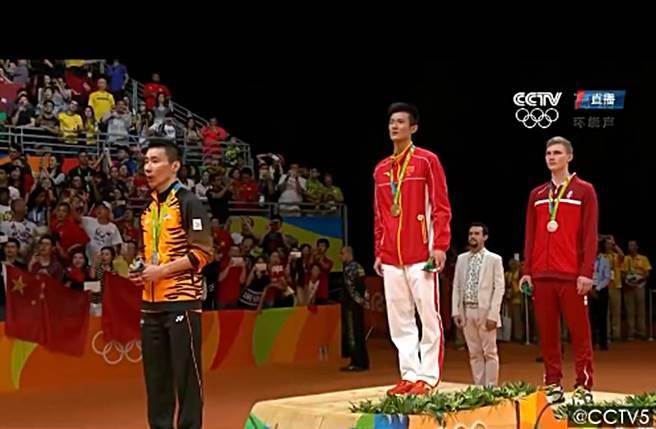
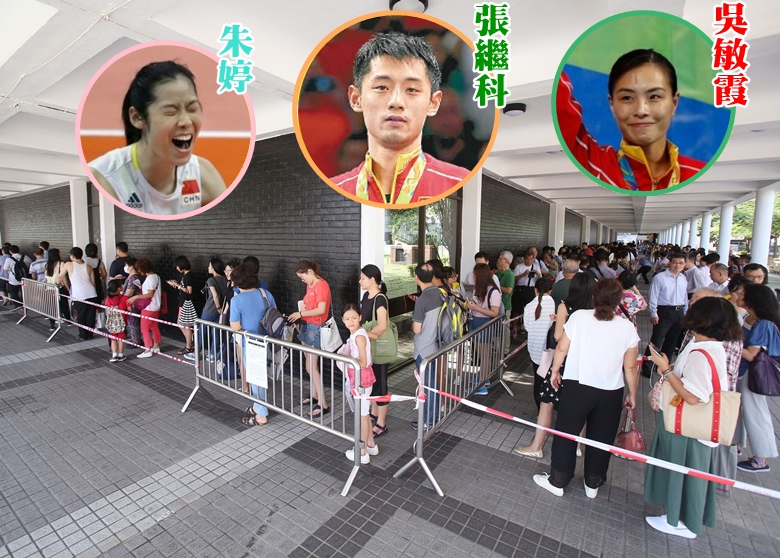
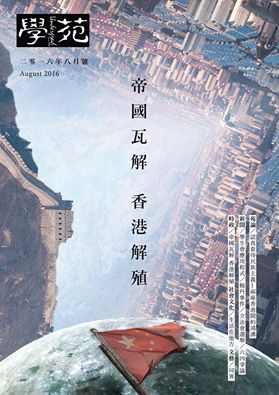
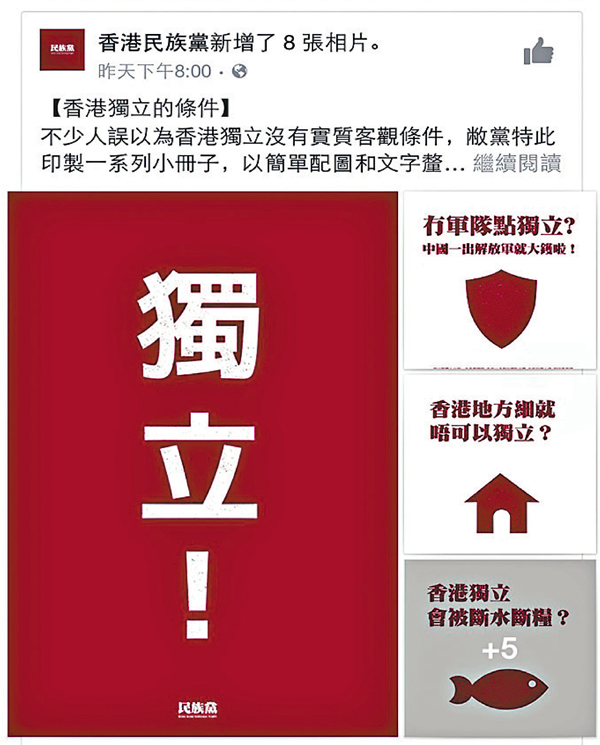
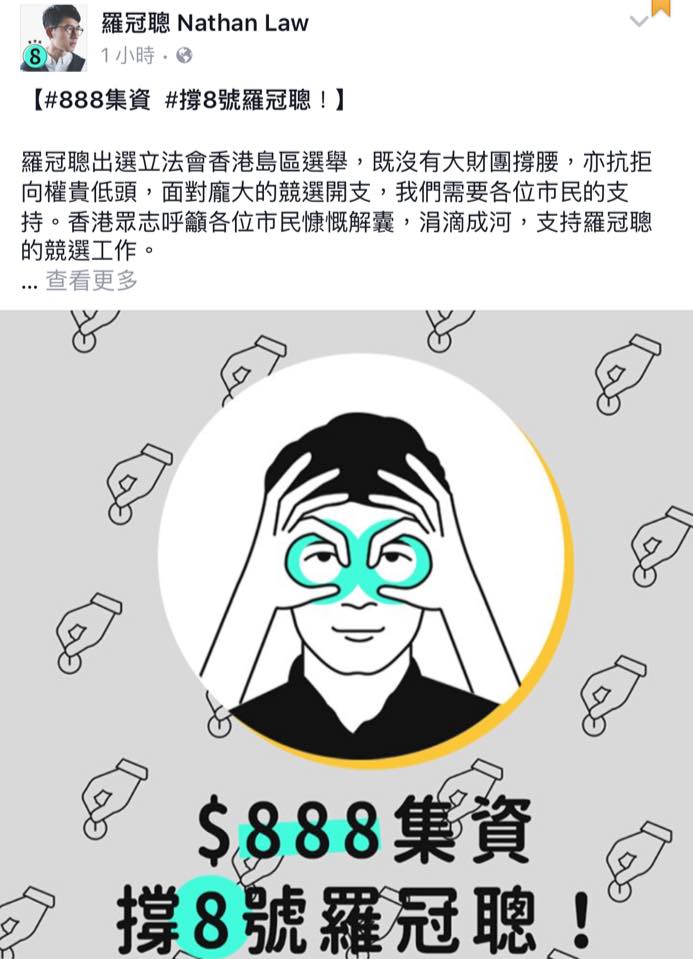
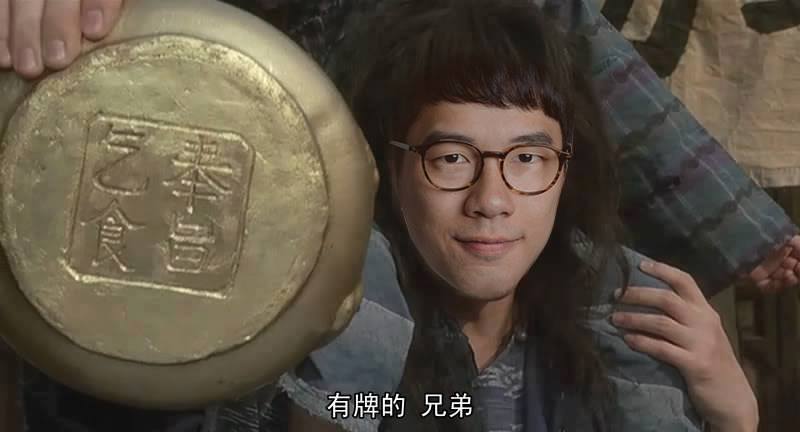
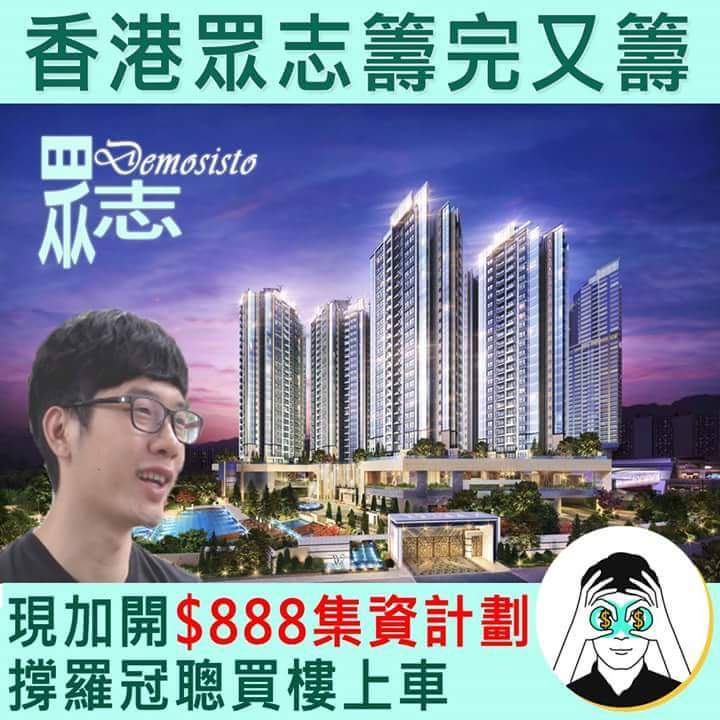
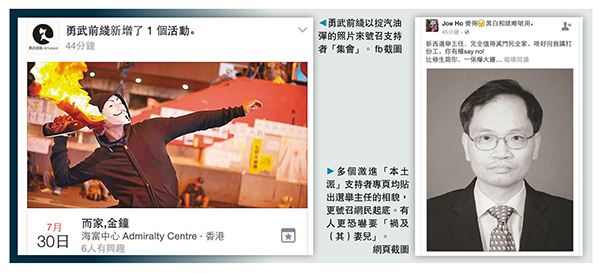
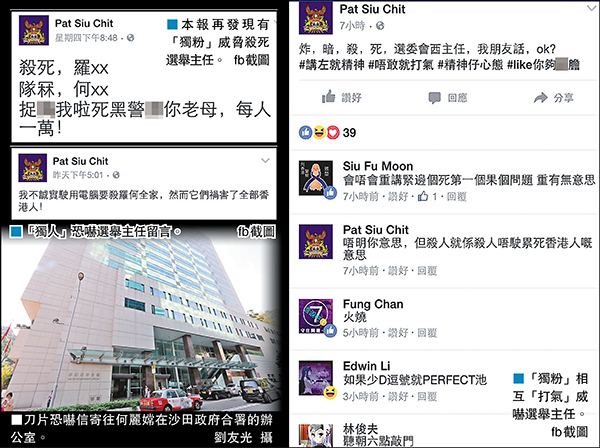
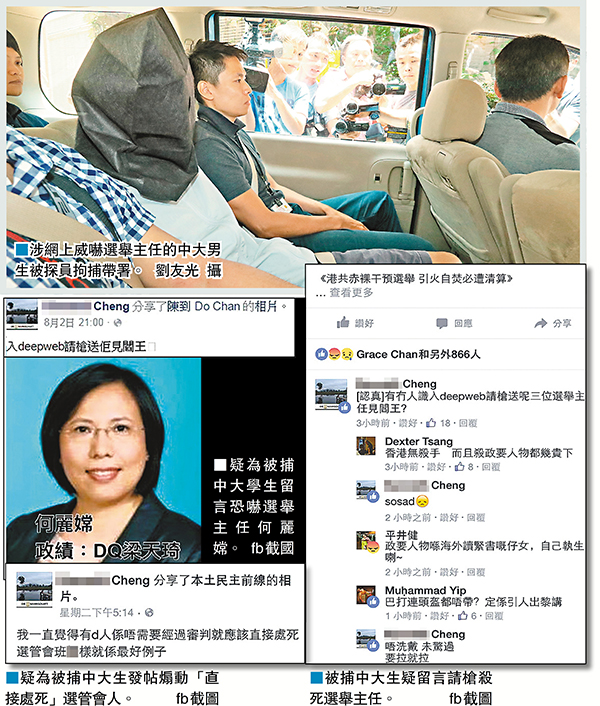
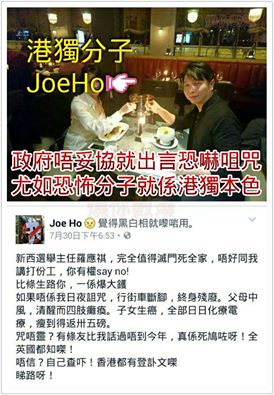
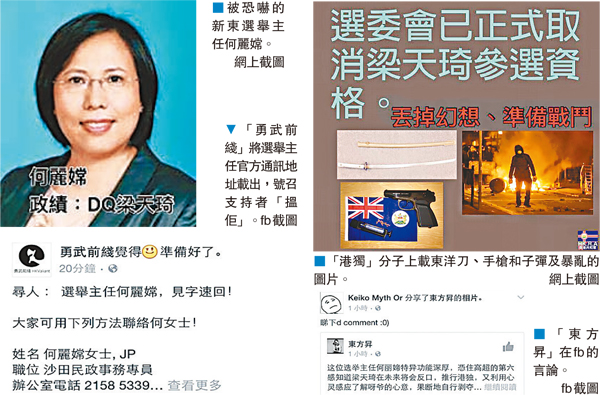
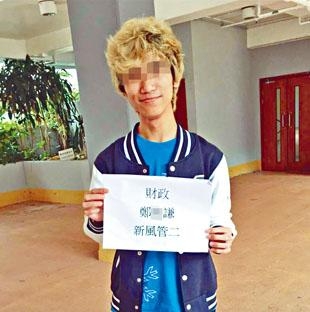
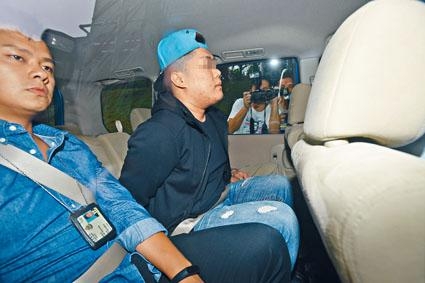
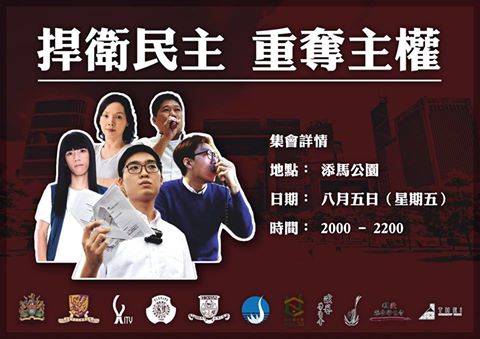
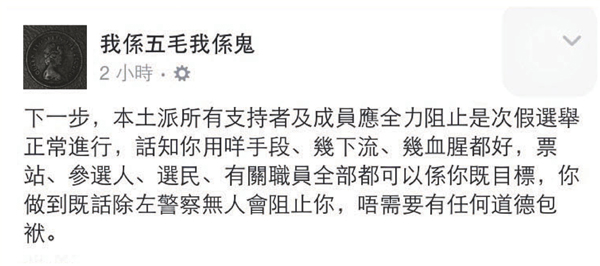
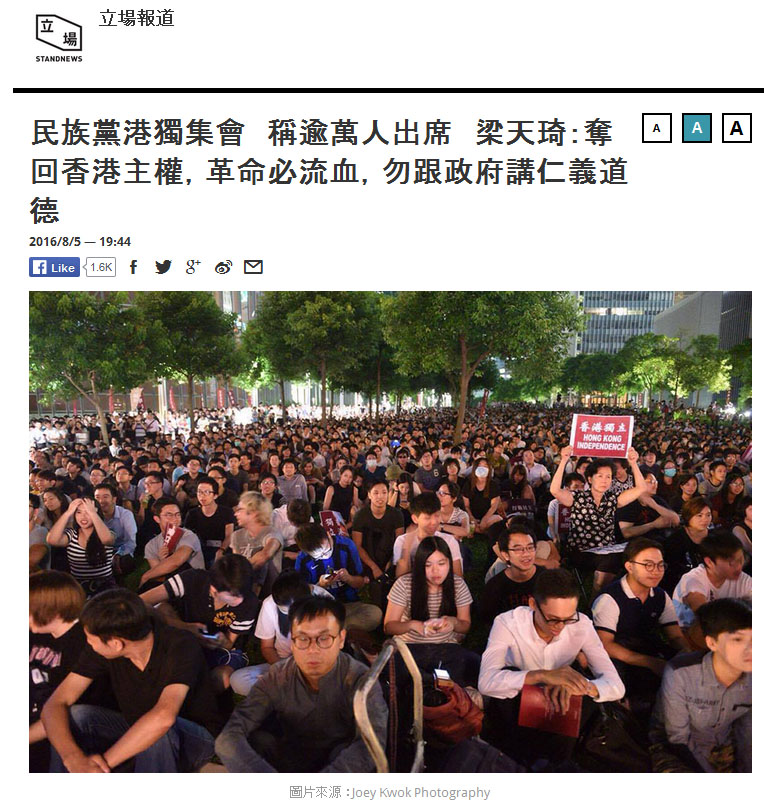
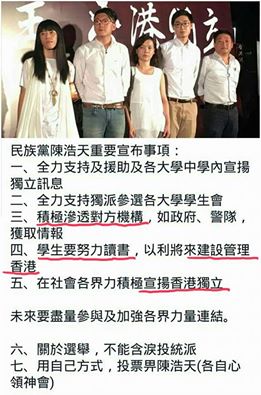
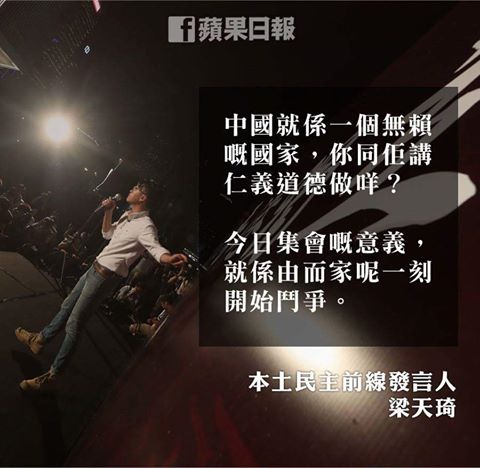
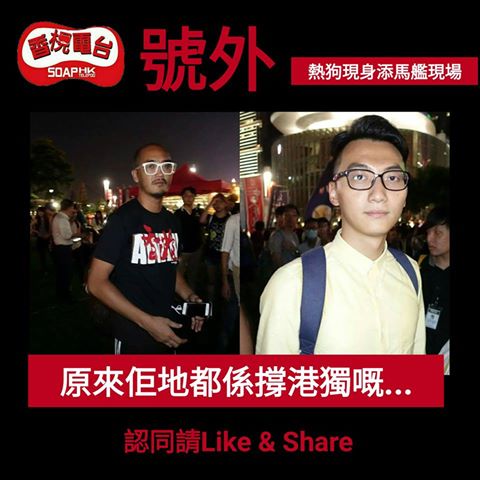
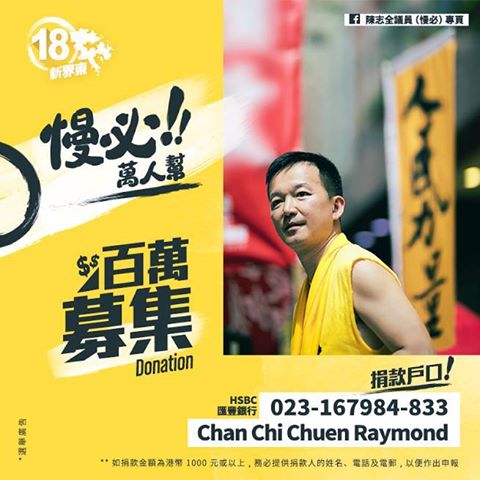
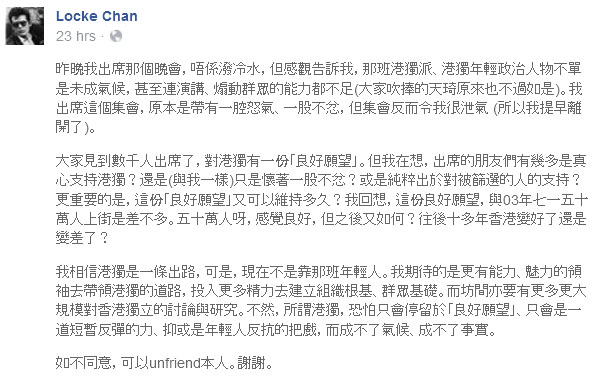
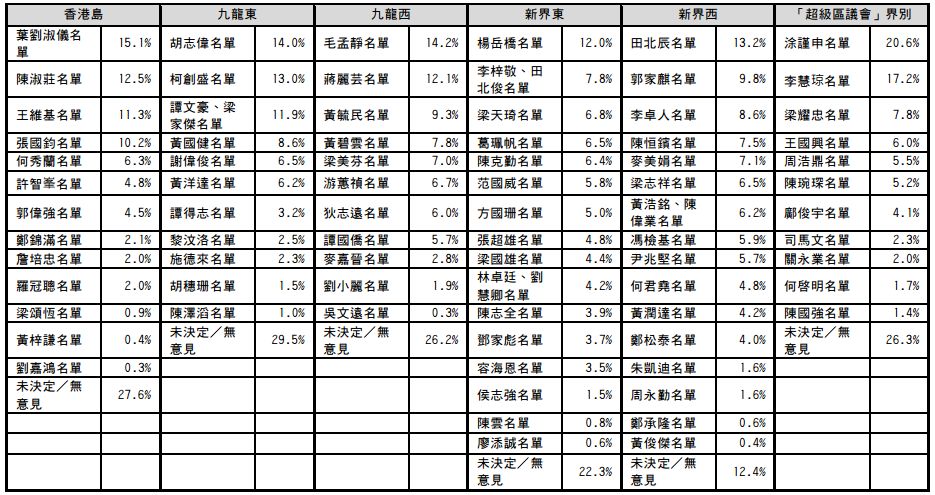
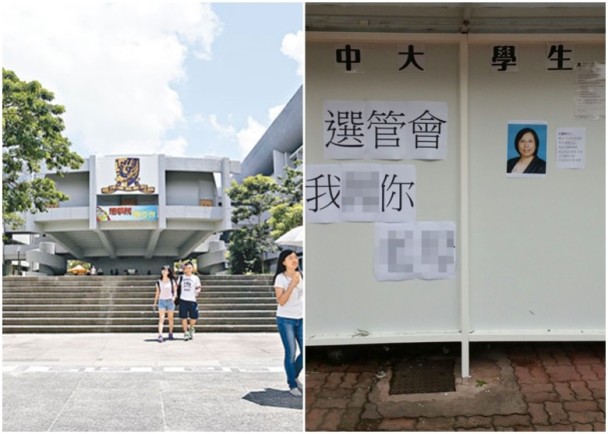
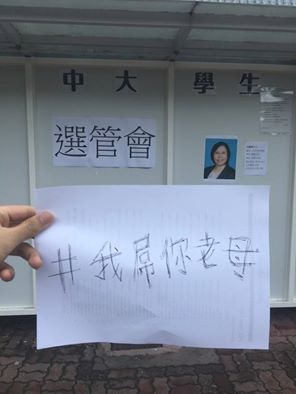
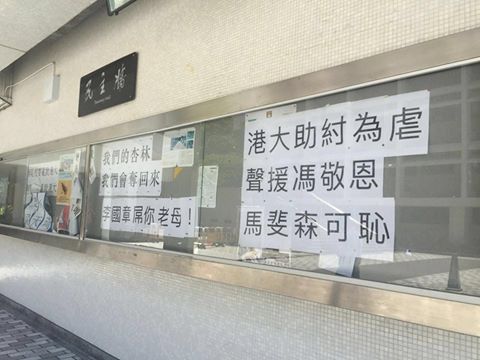
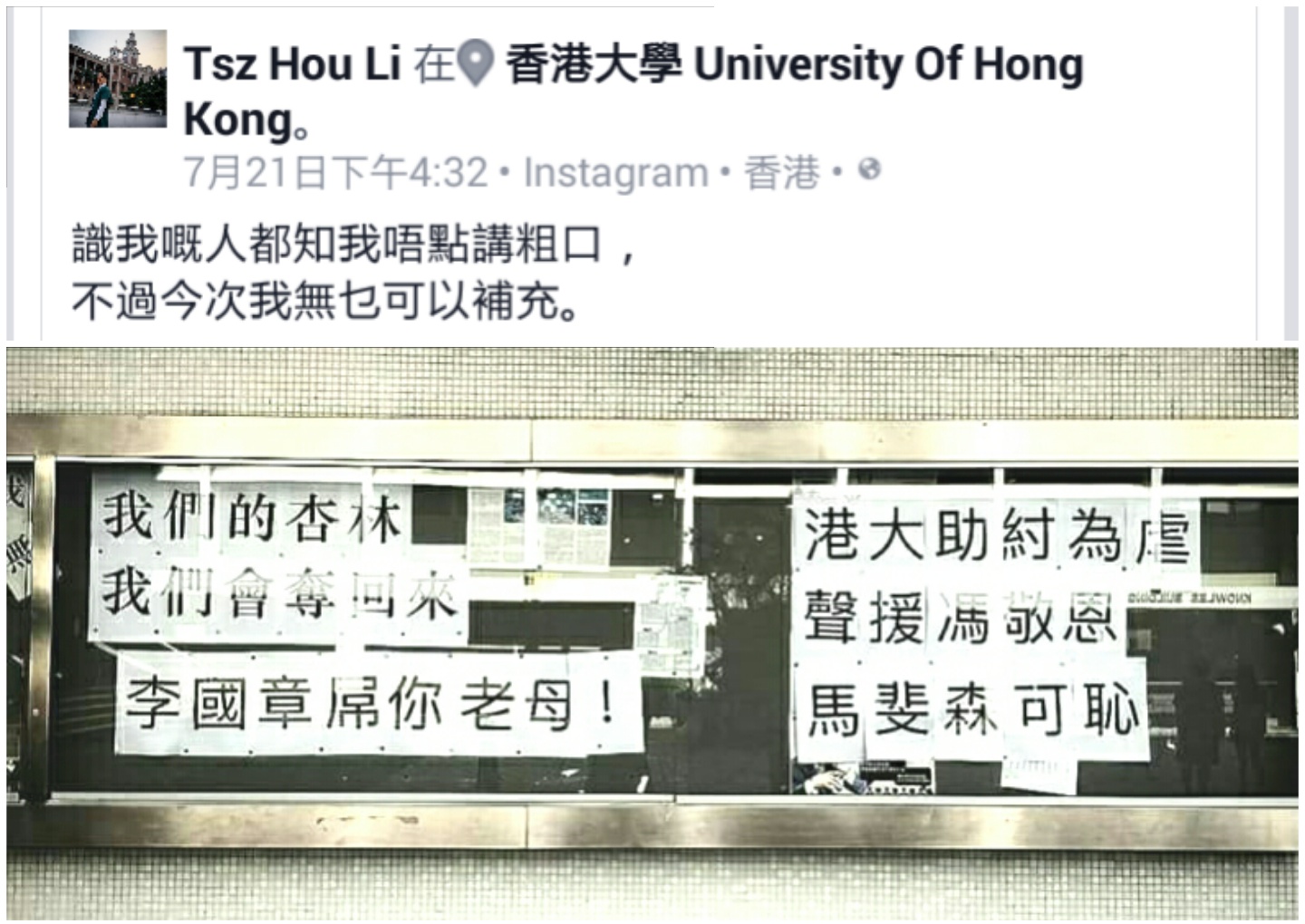
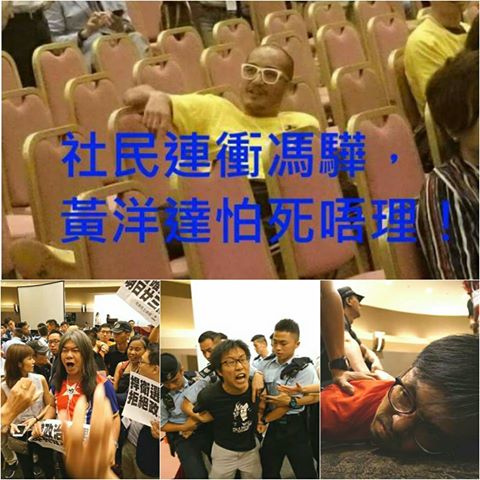
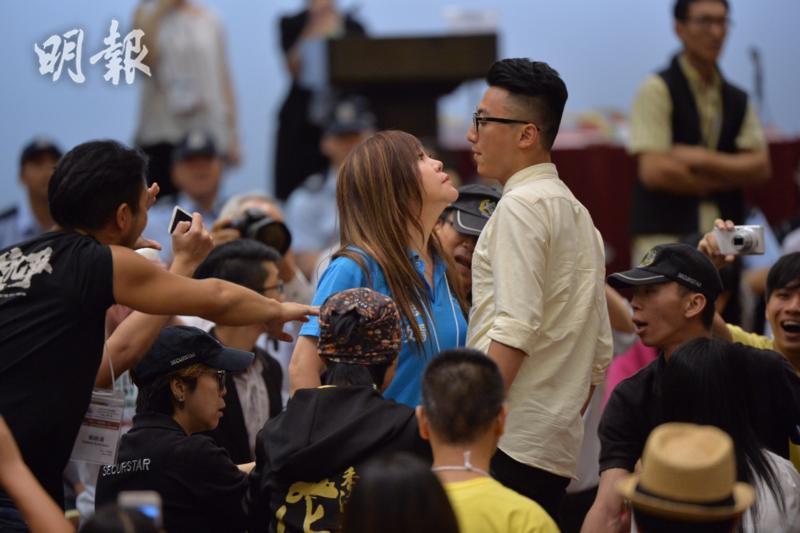
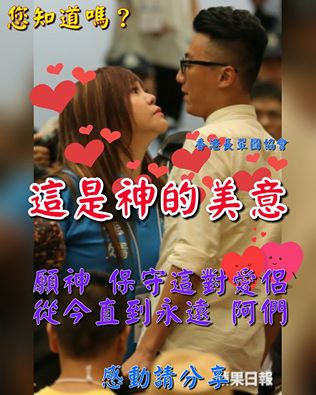
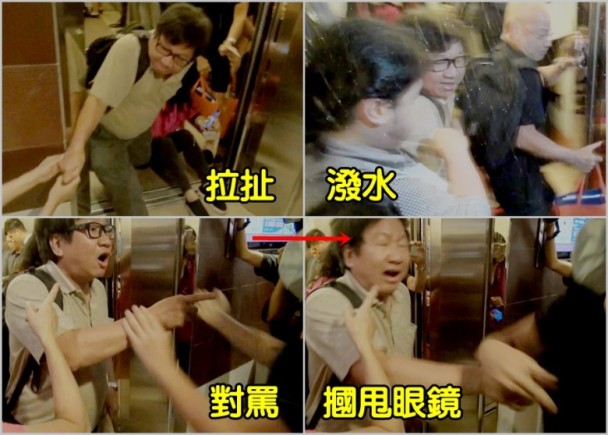
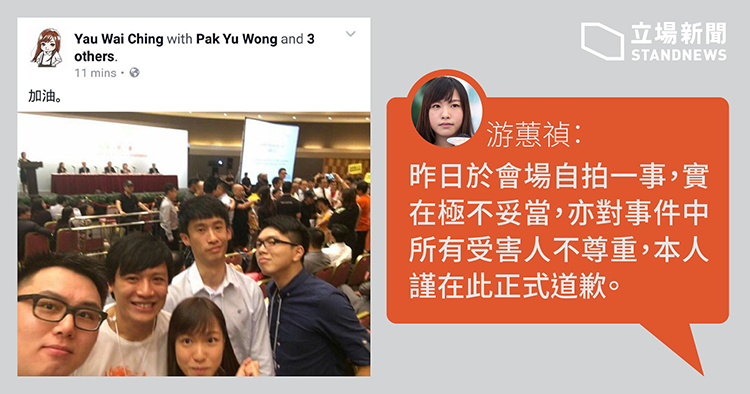
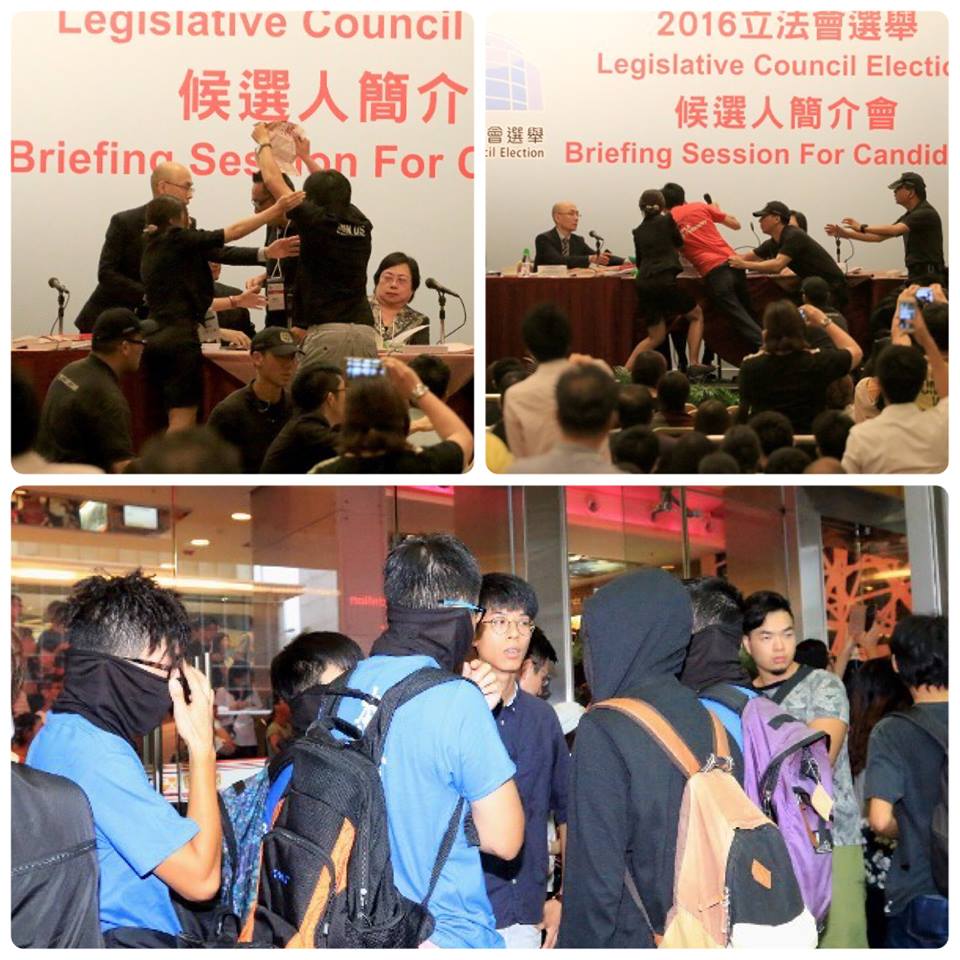
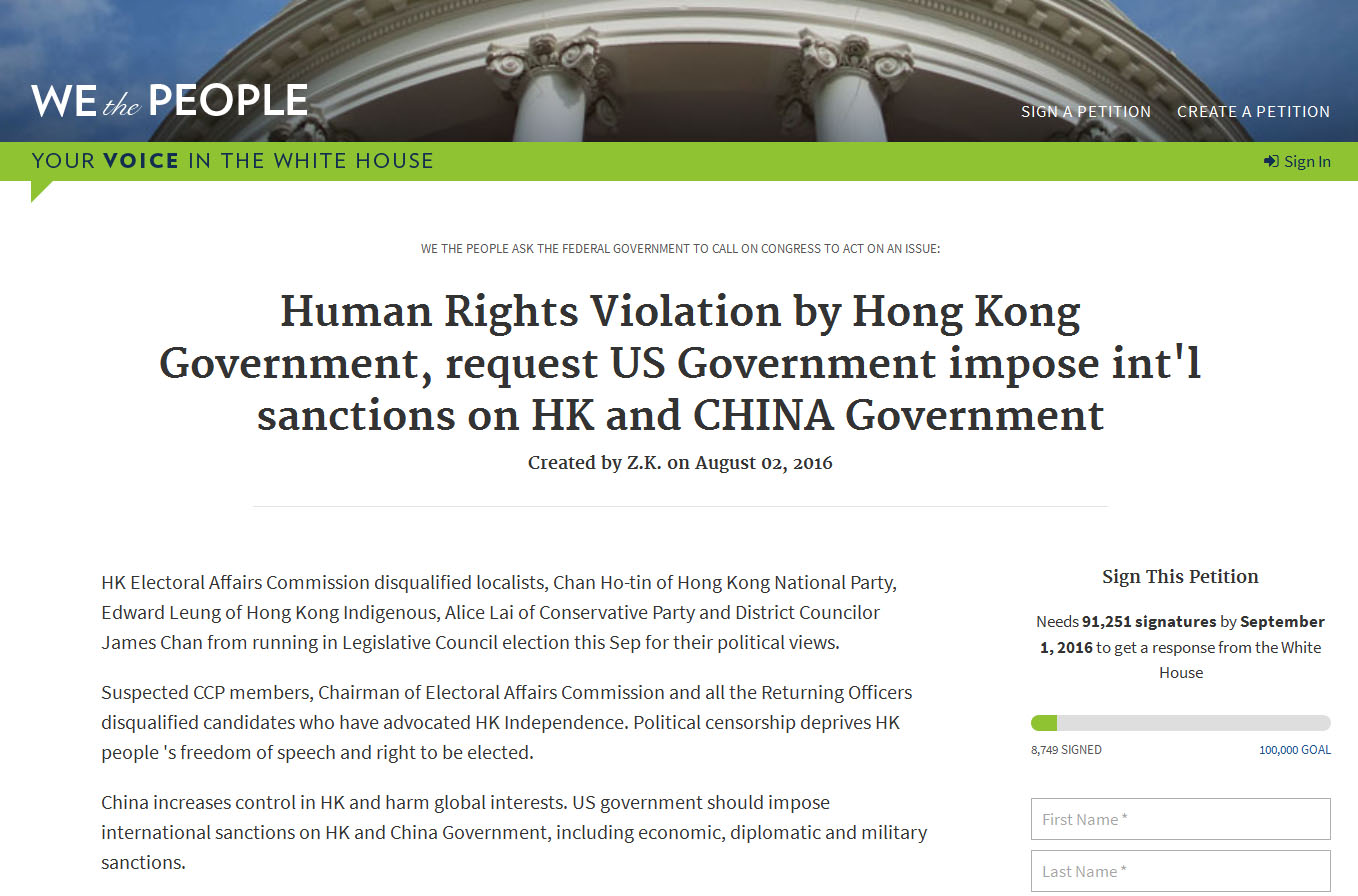
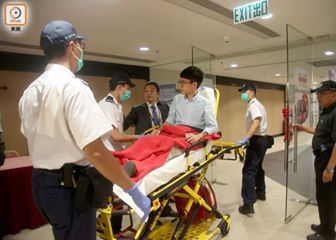

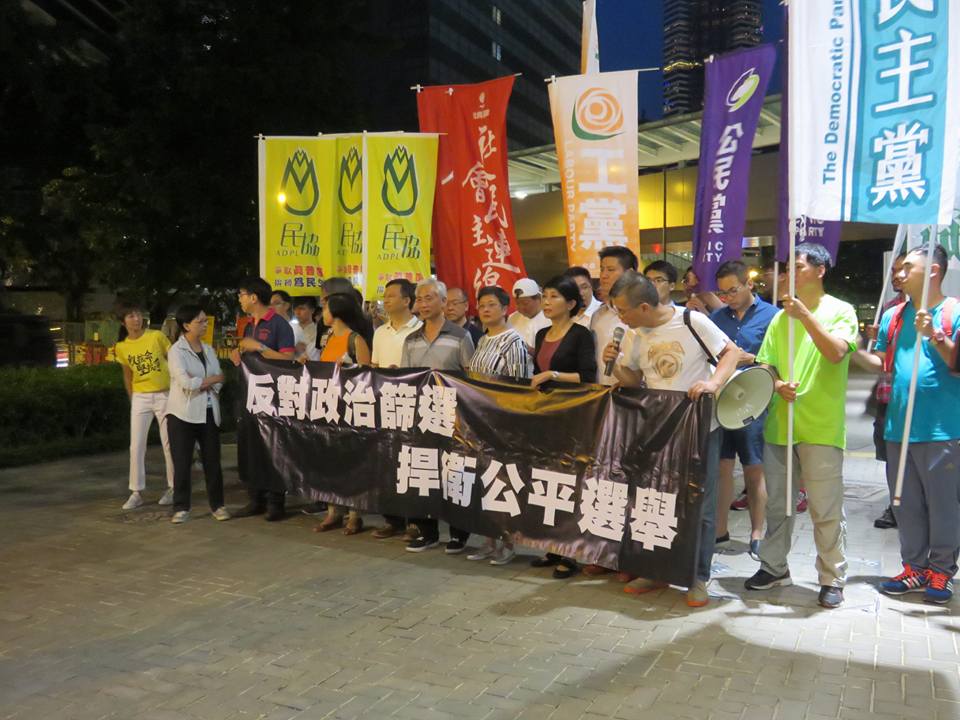
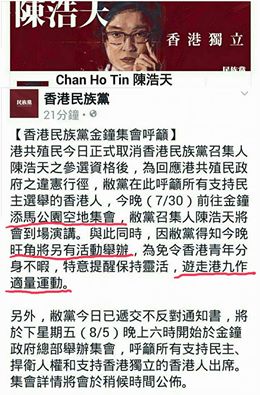
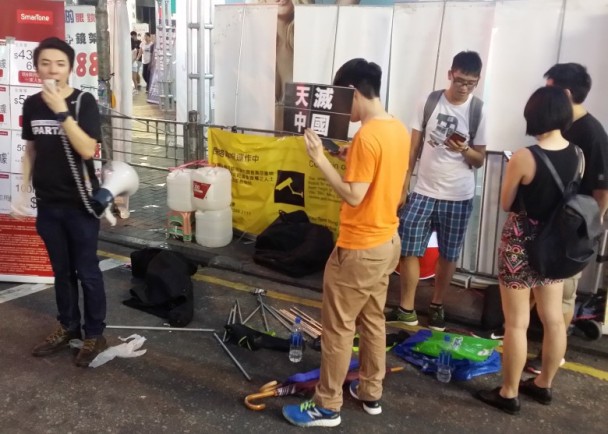
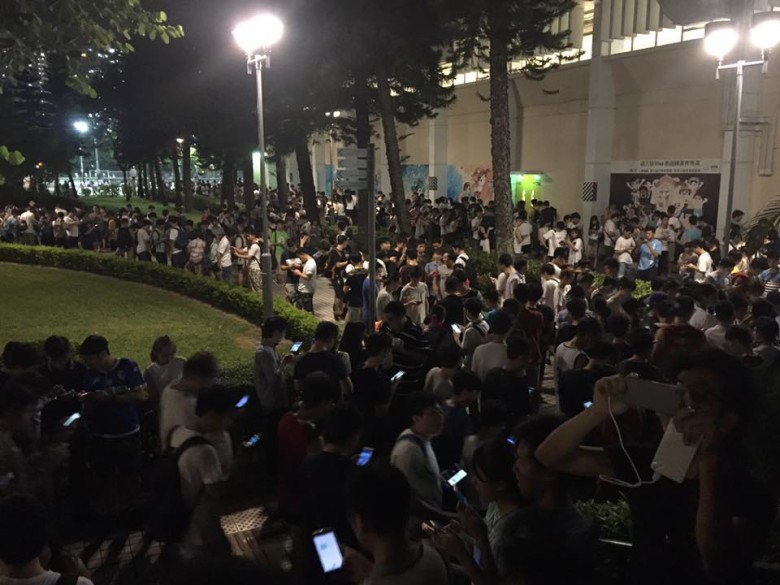
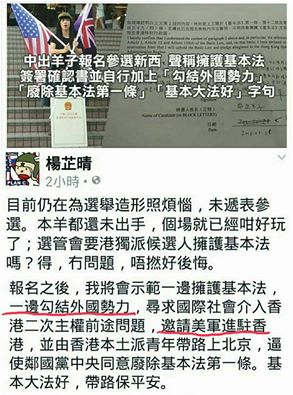
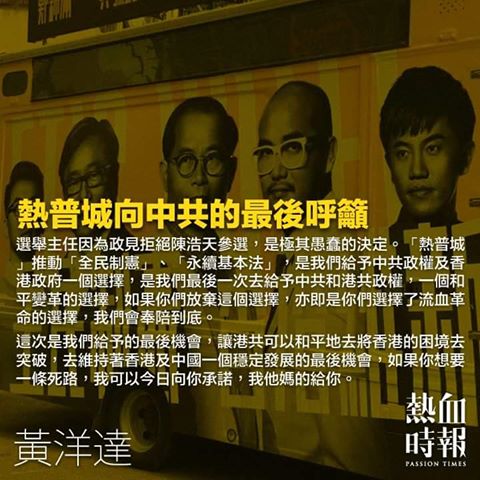
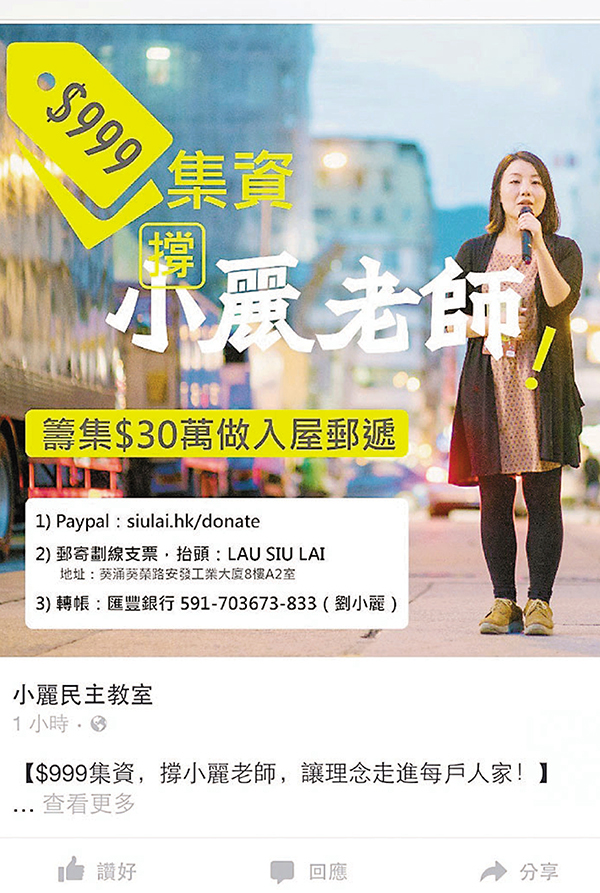
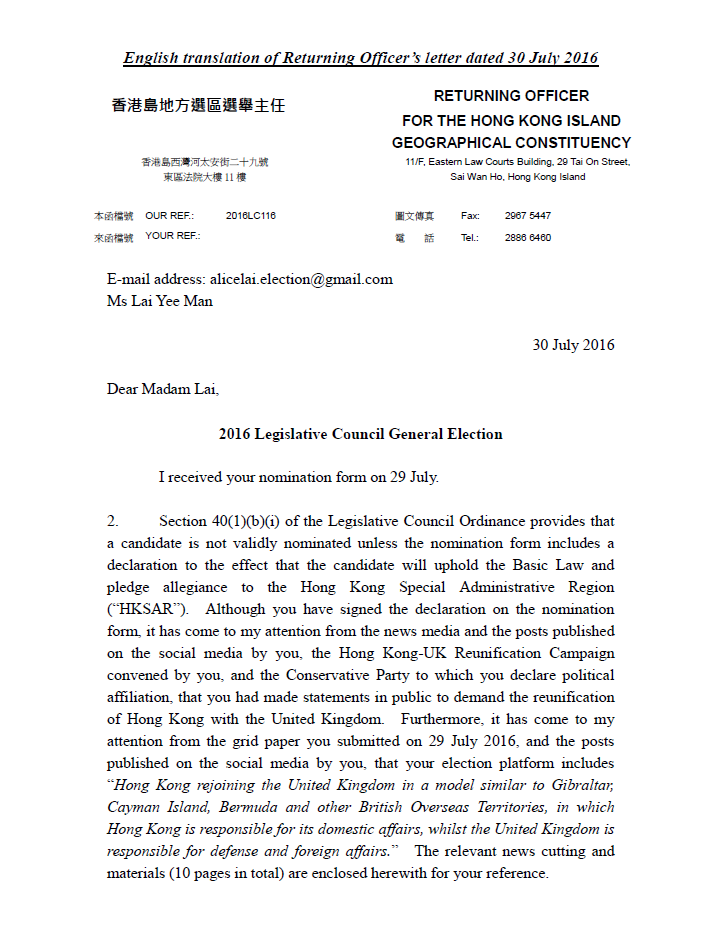
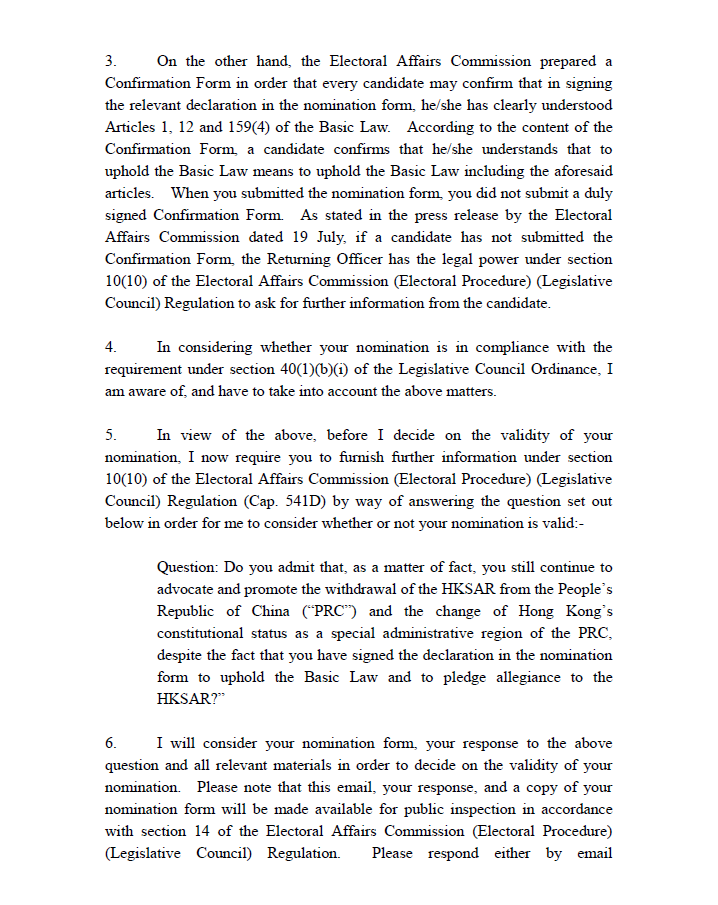
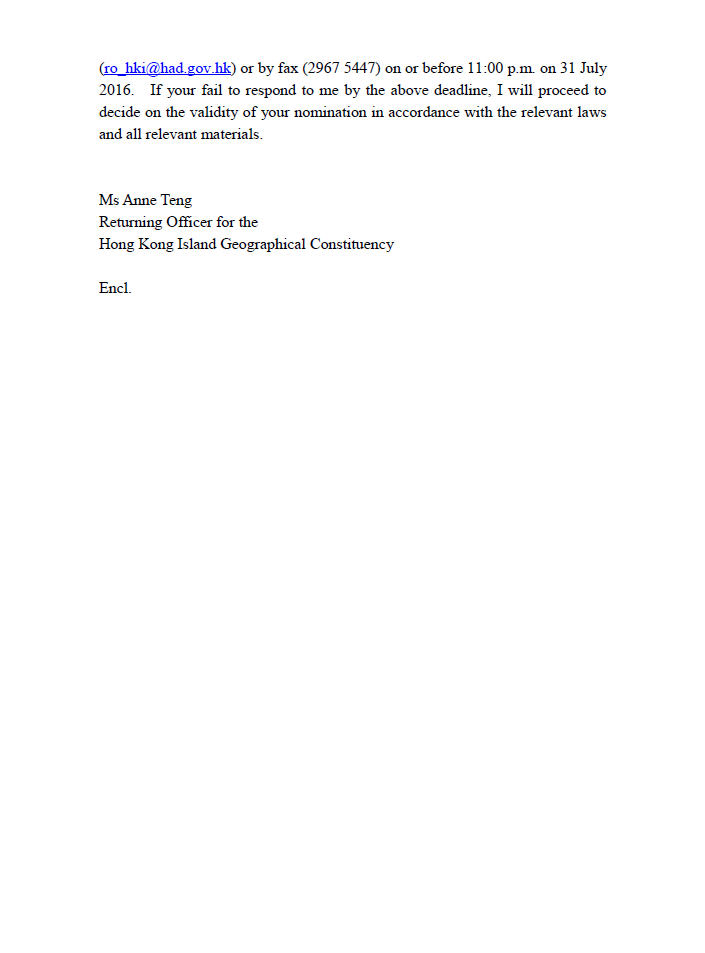
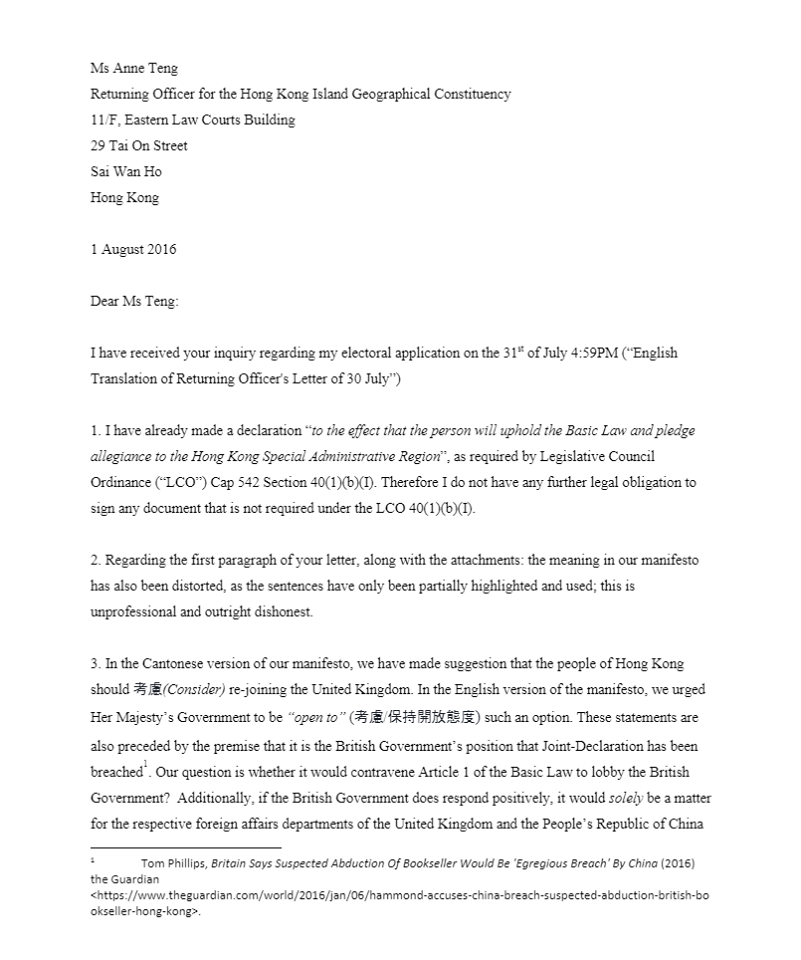
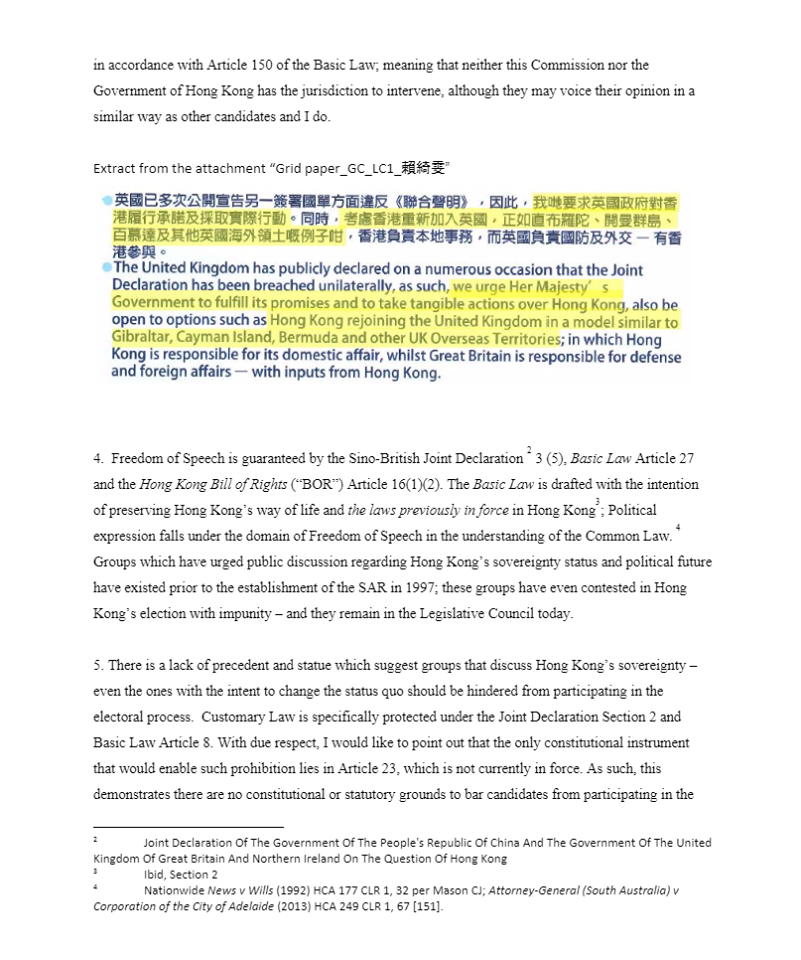
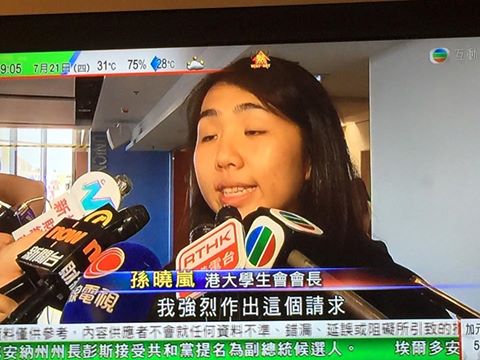
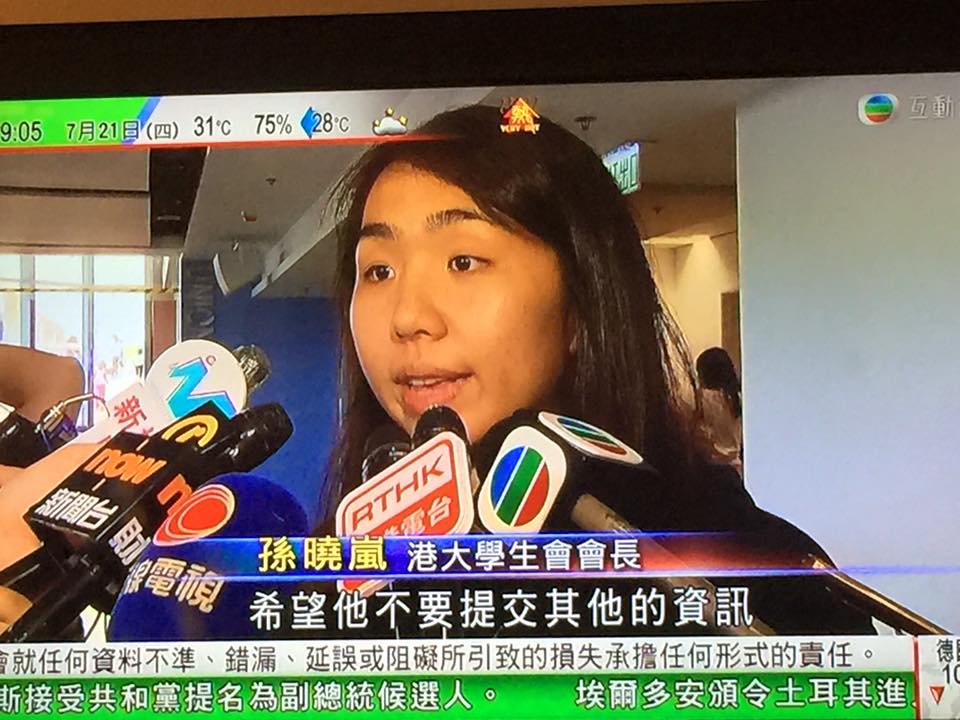
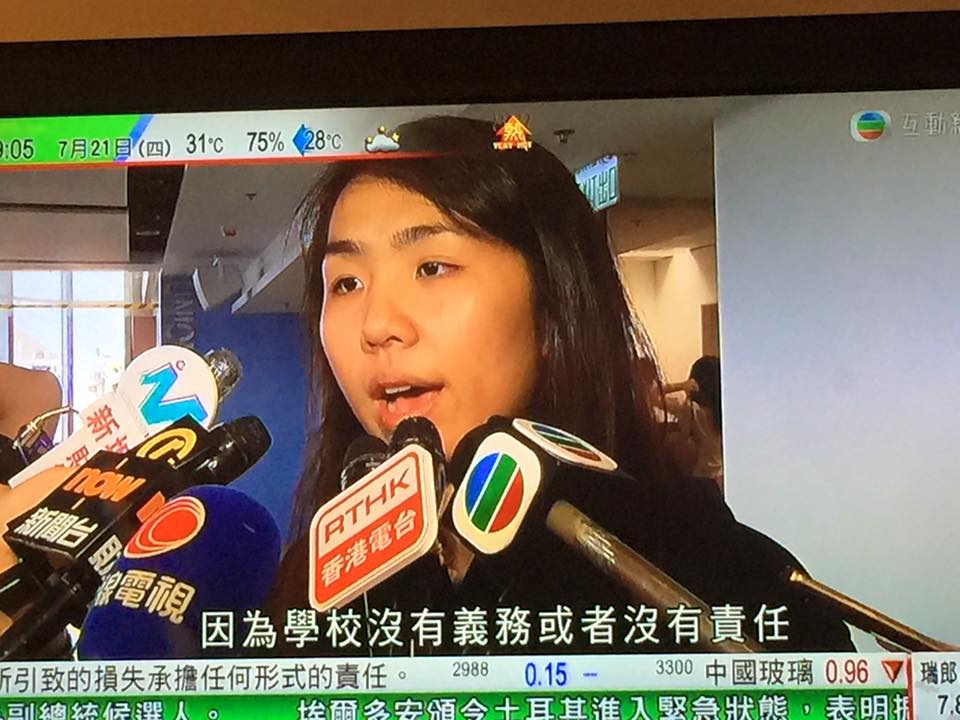
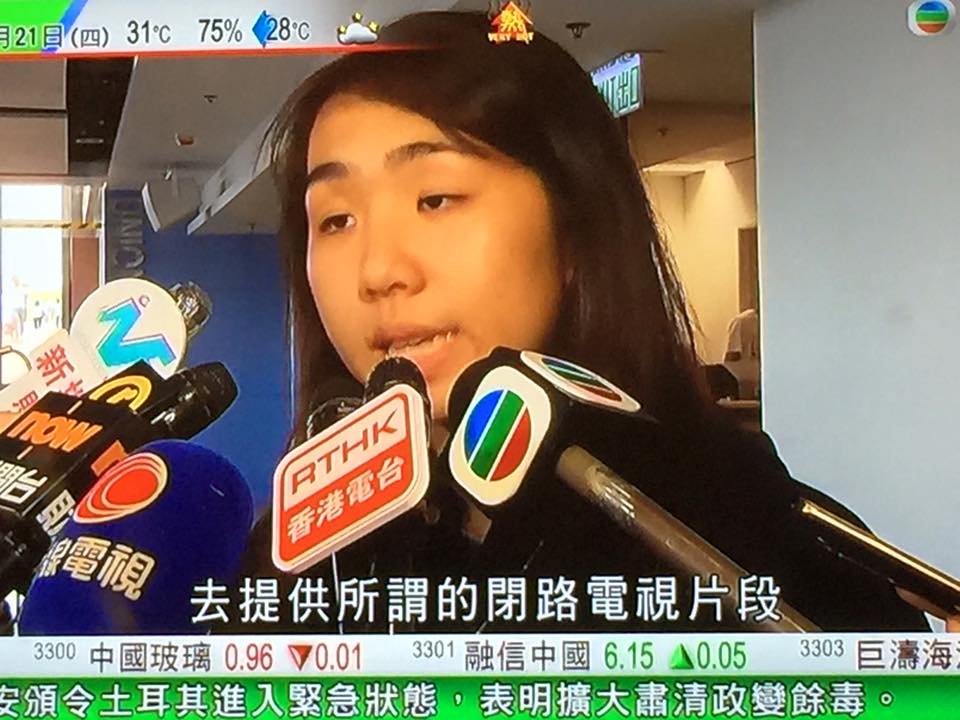
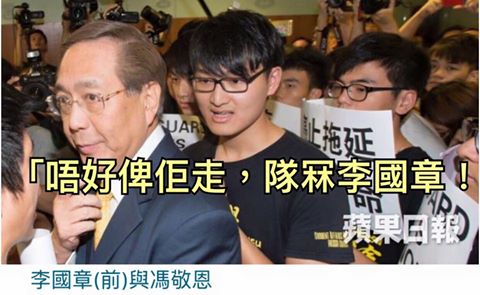
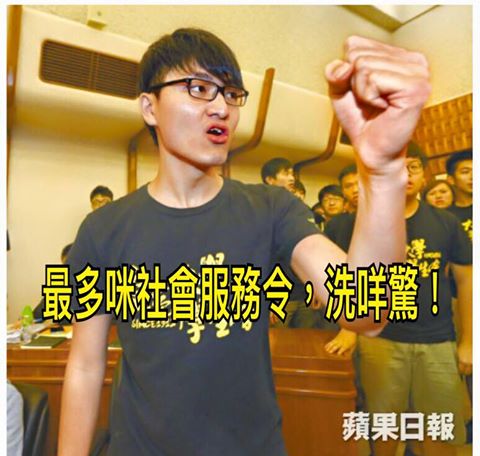
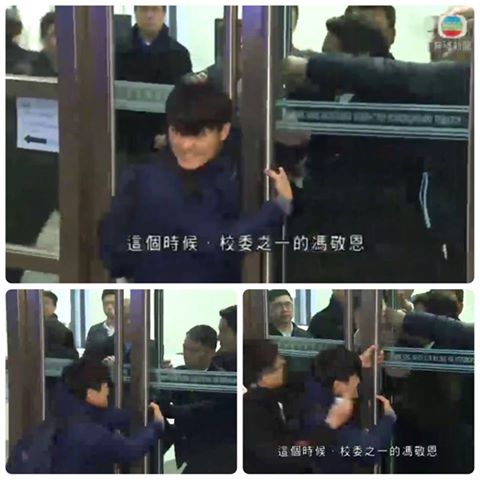
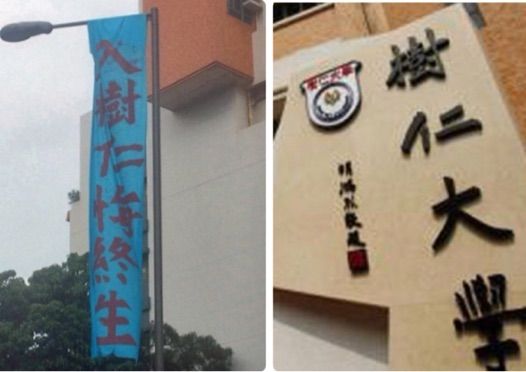
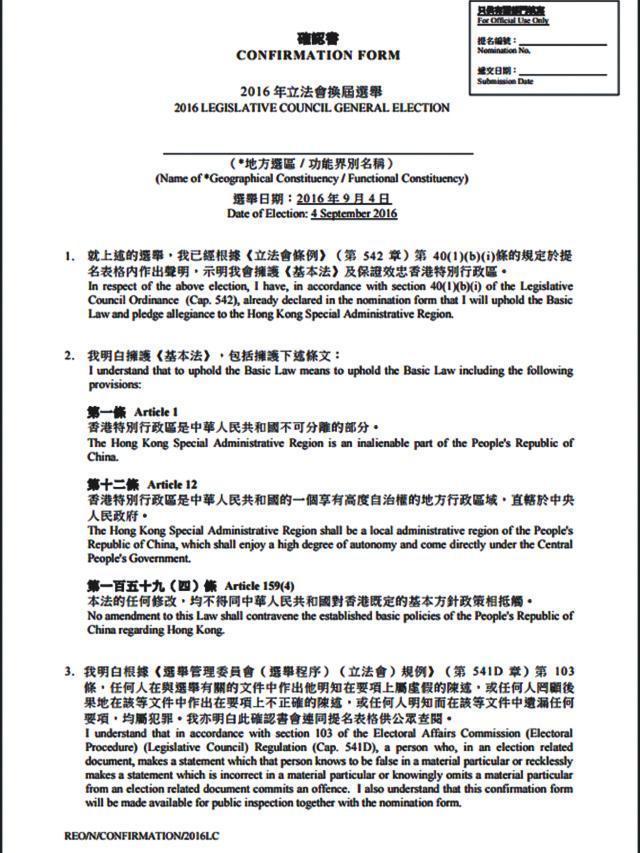
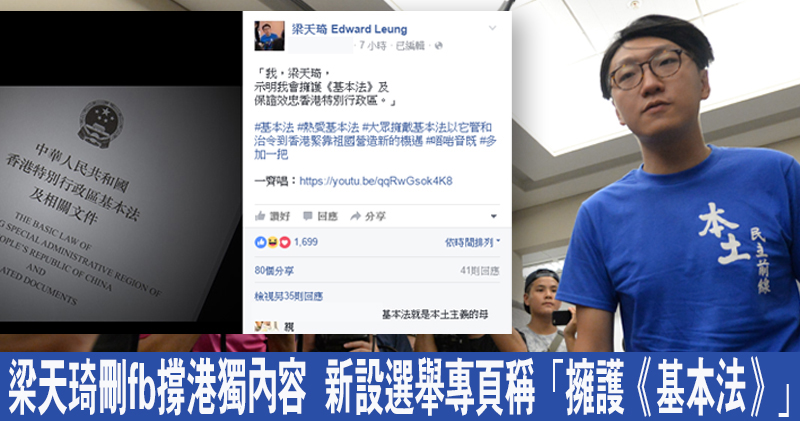
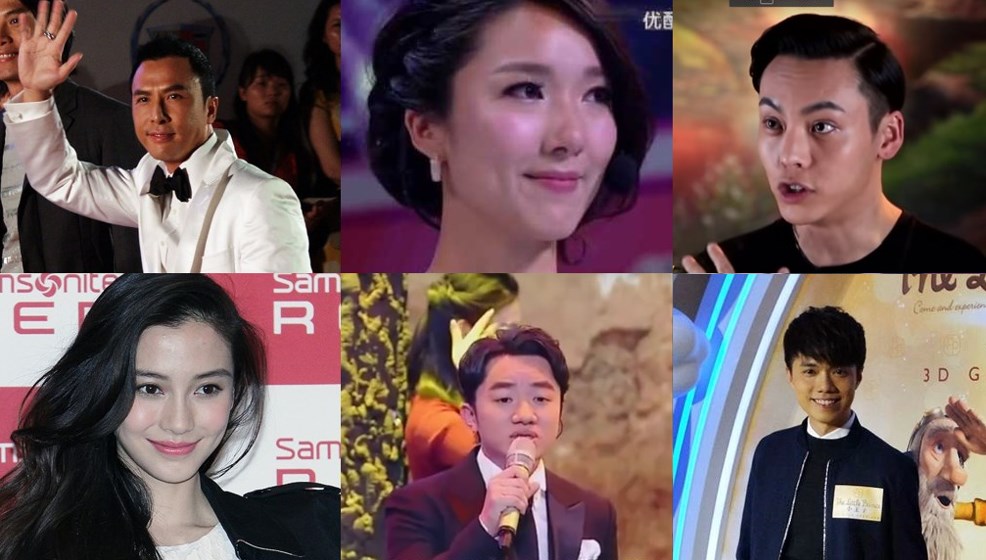
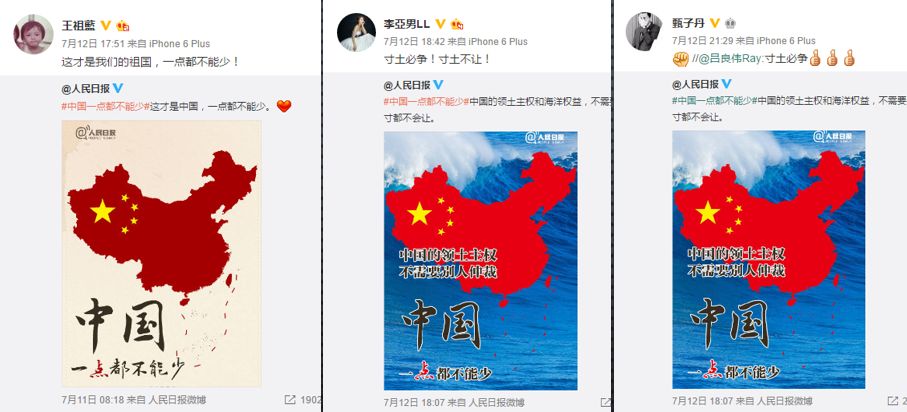
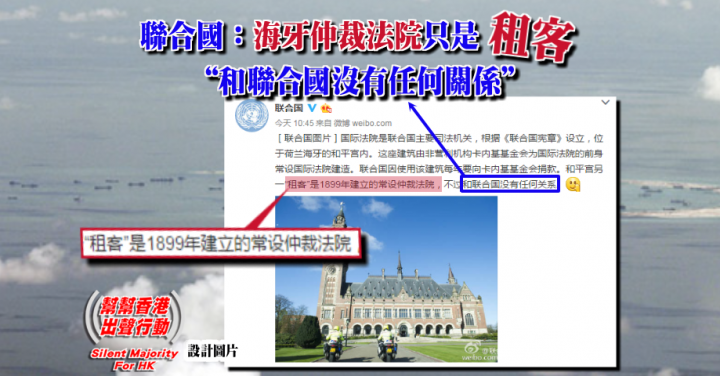
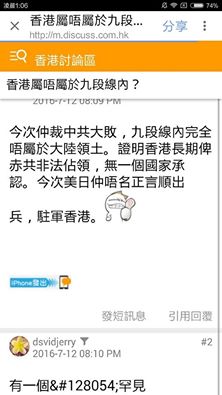
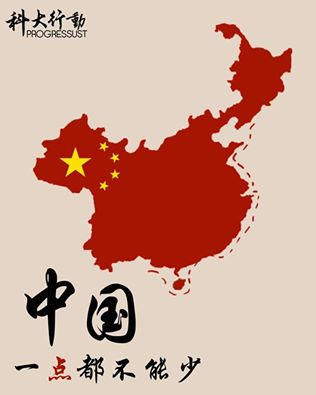
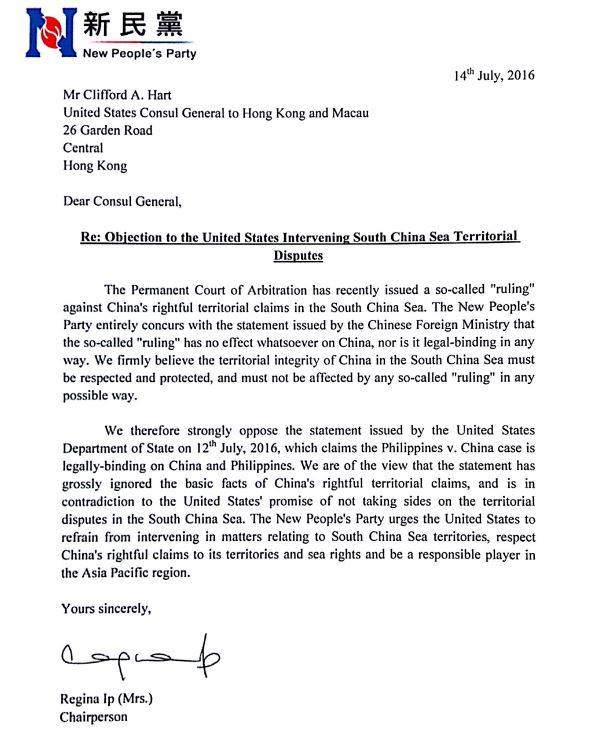

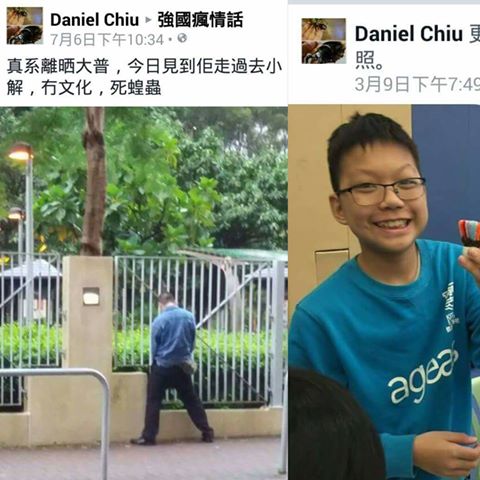
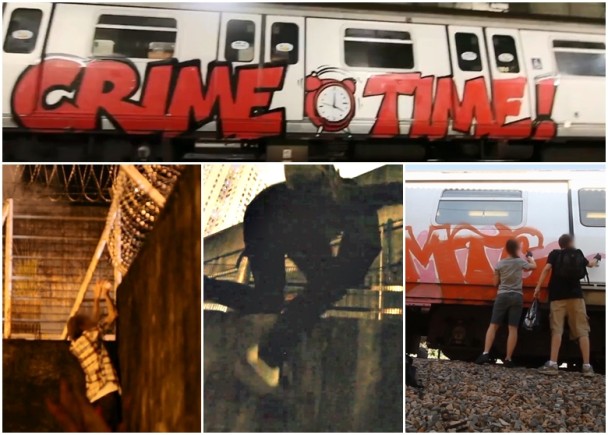
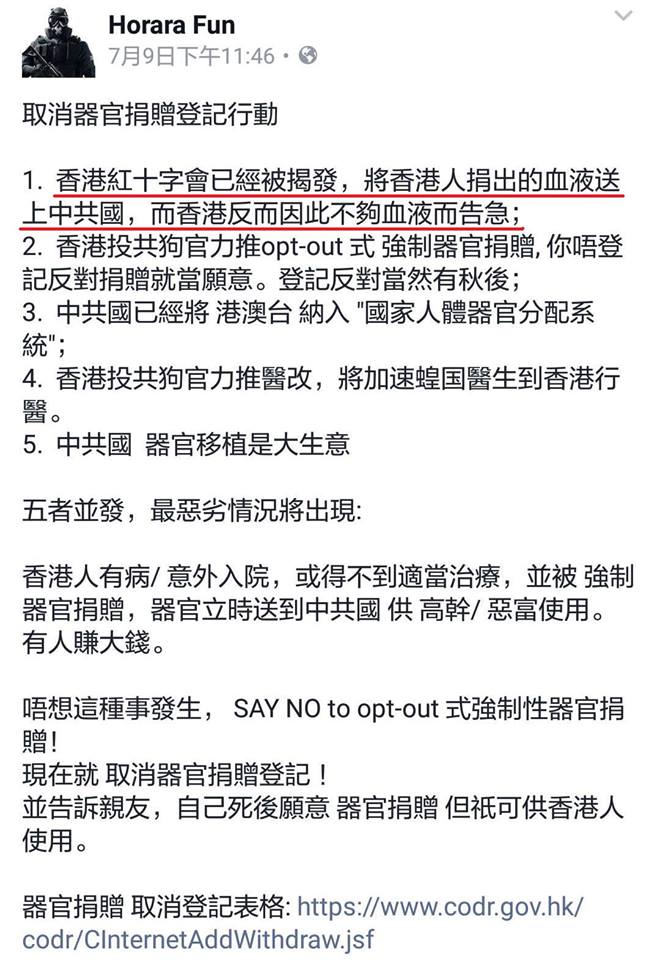
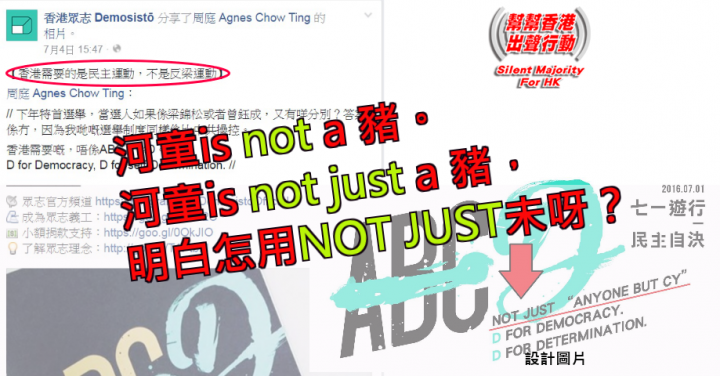
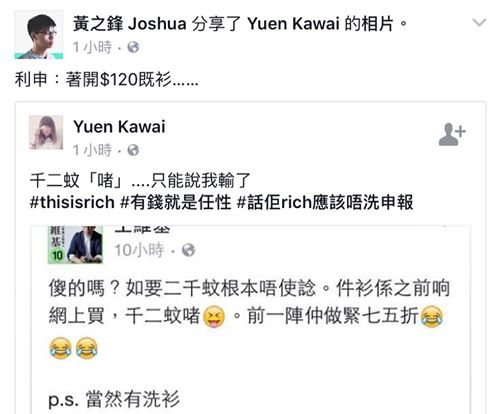
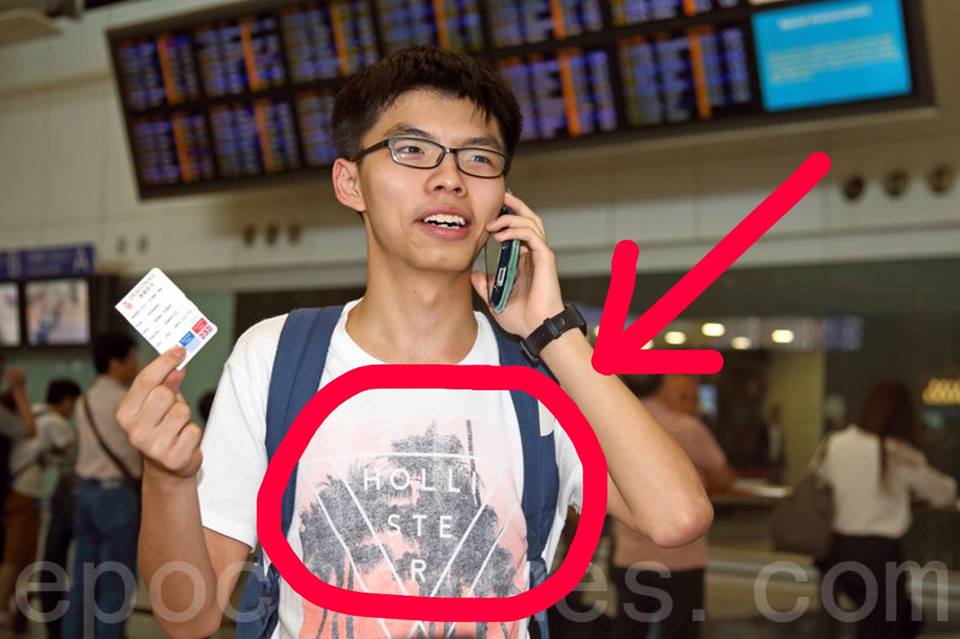
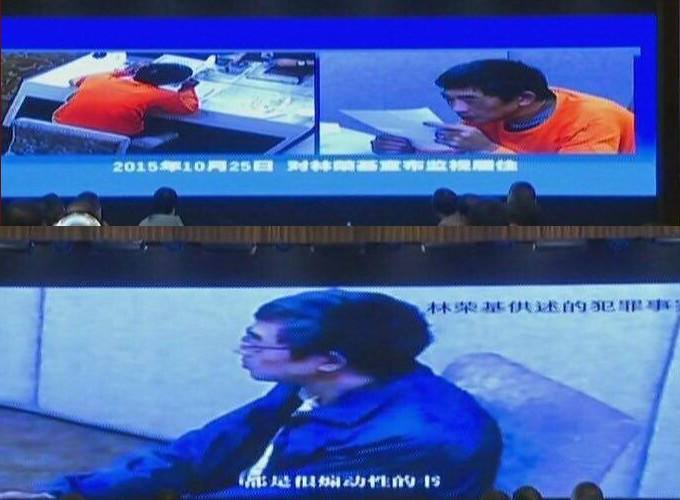
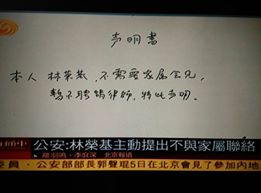
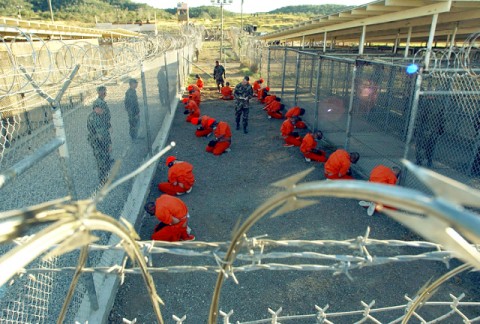
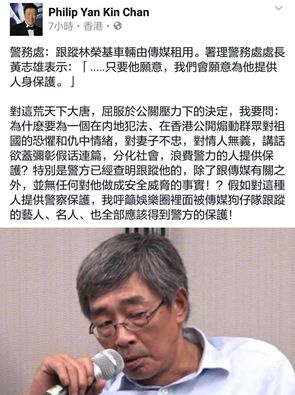
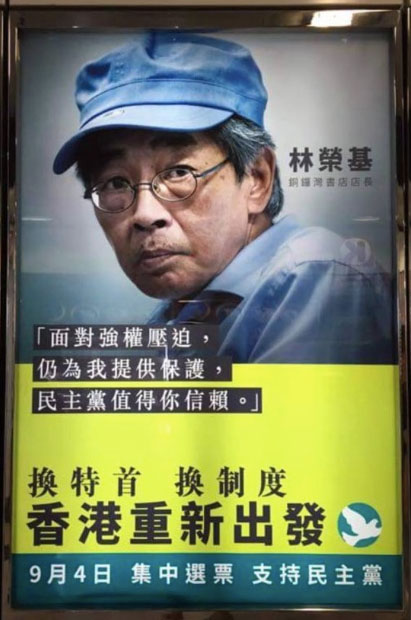
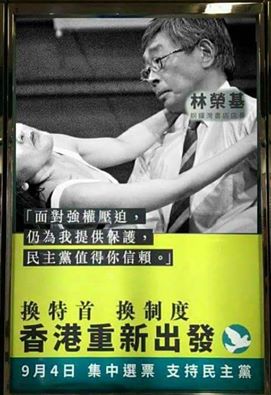
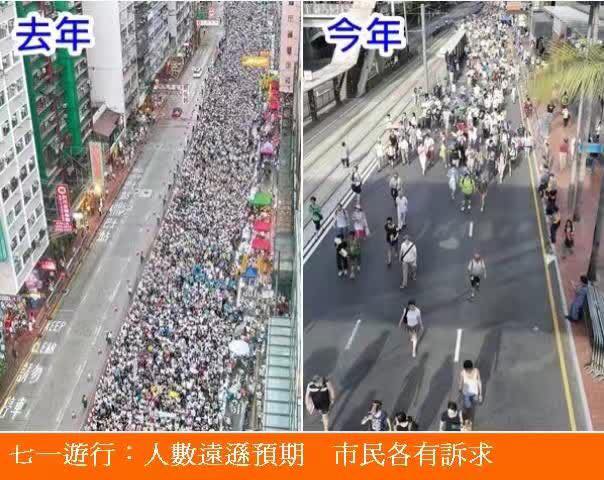
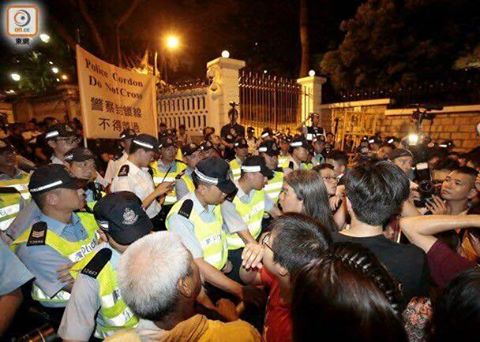
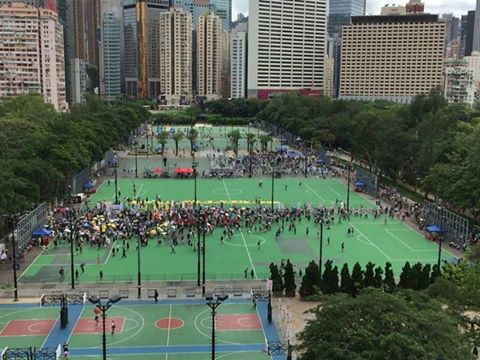
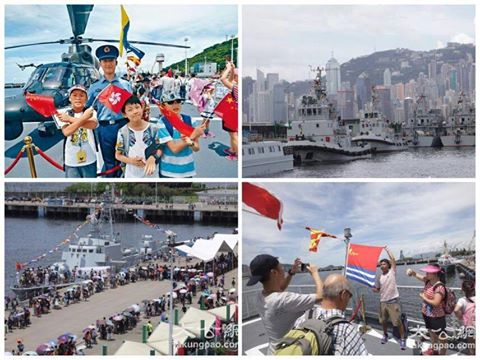 |
|